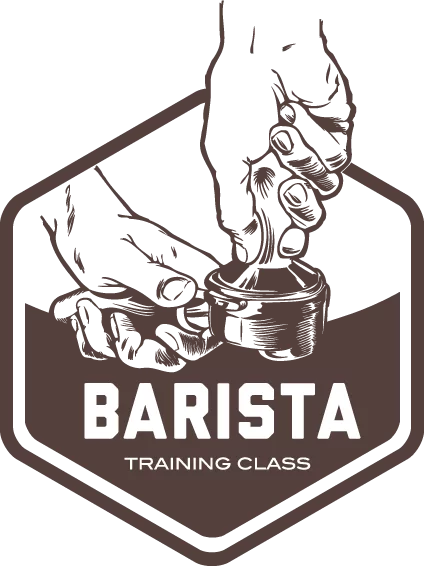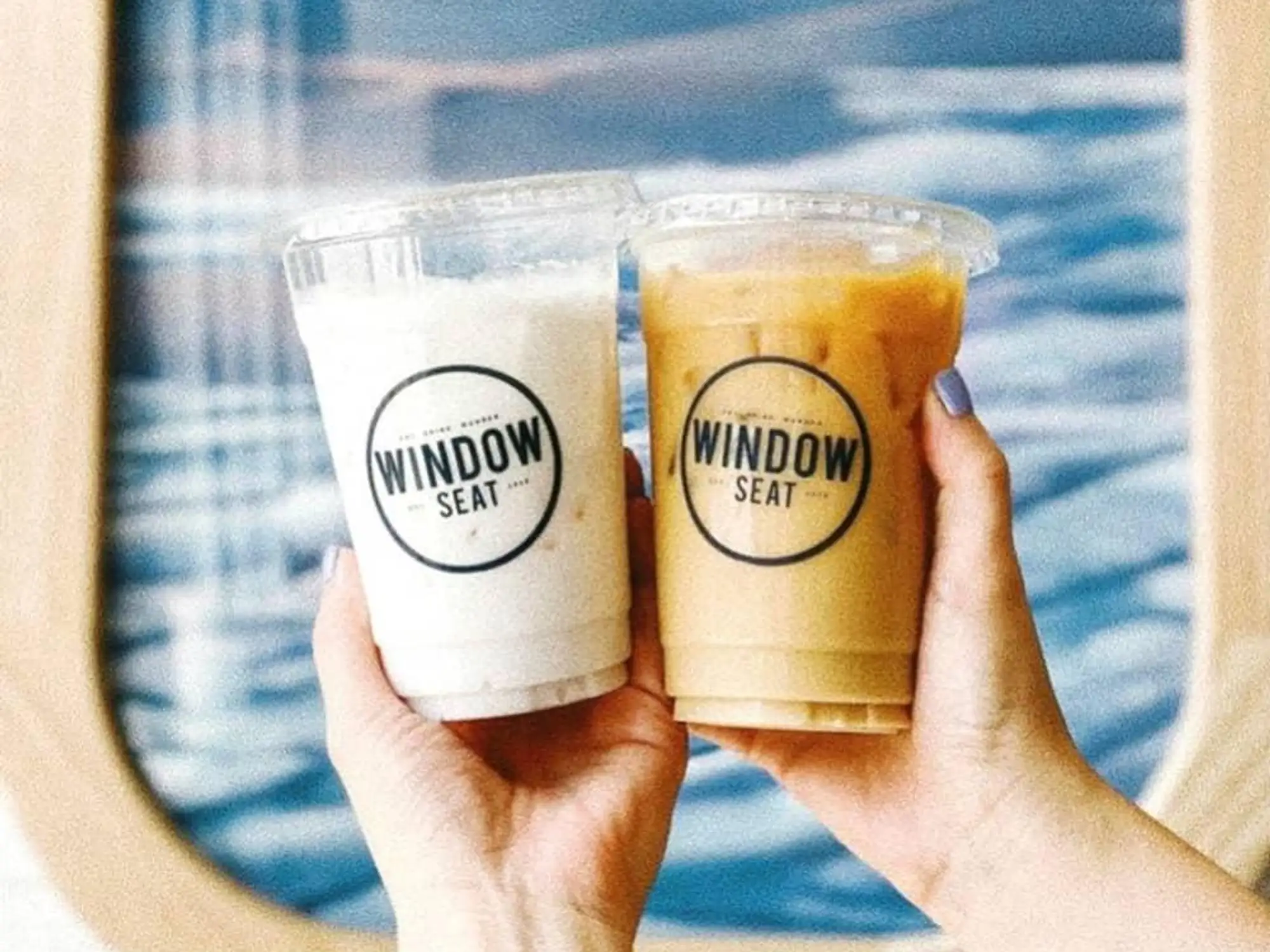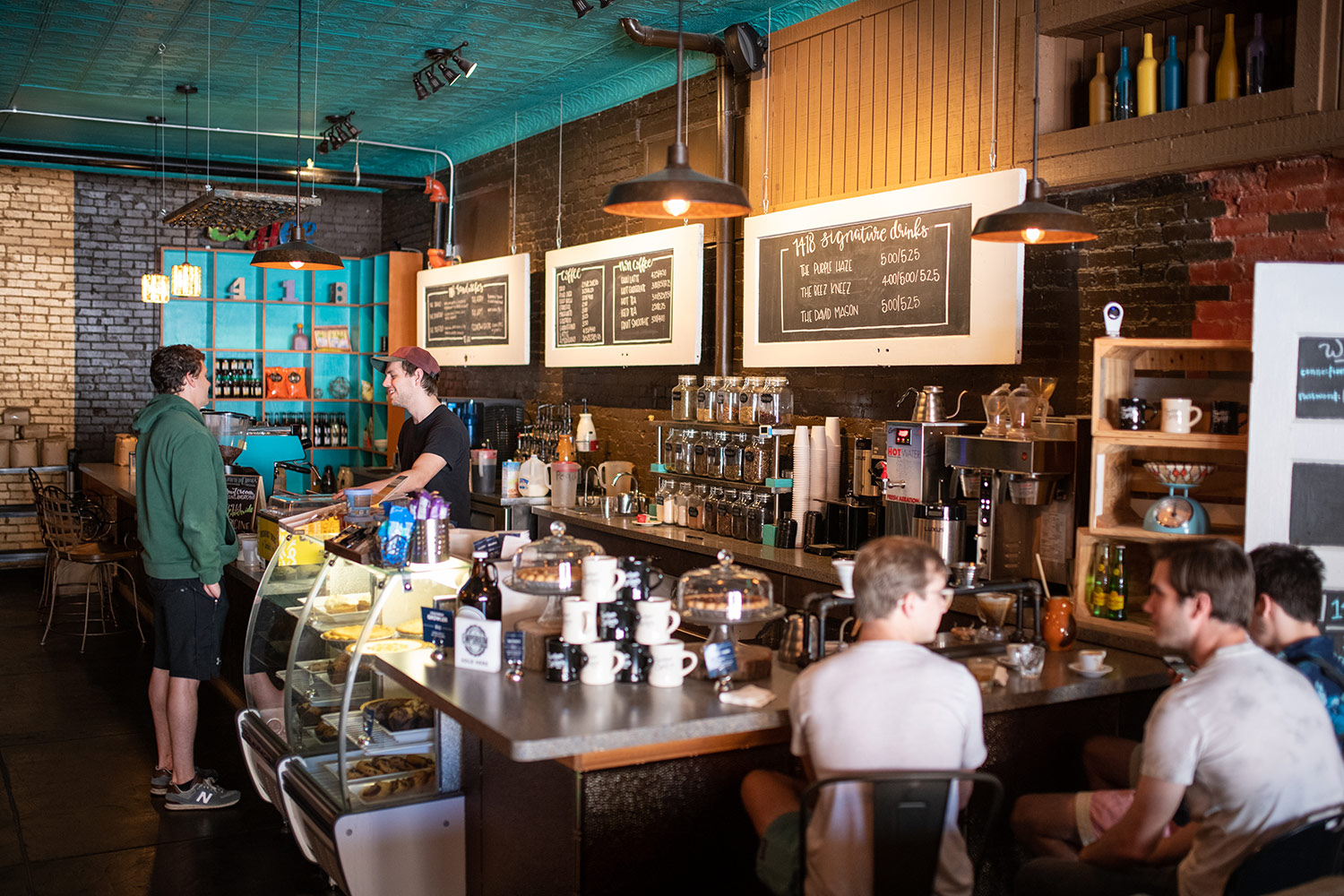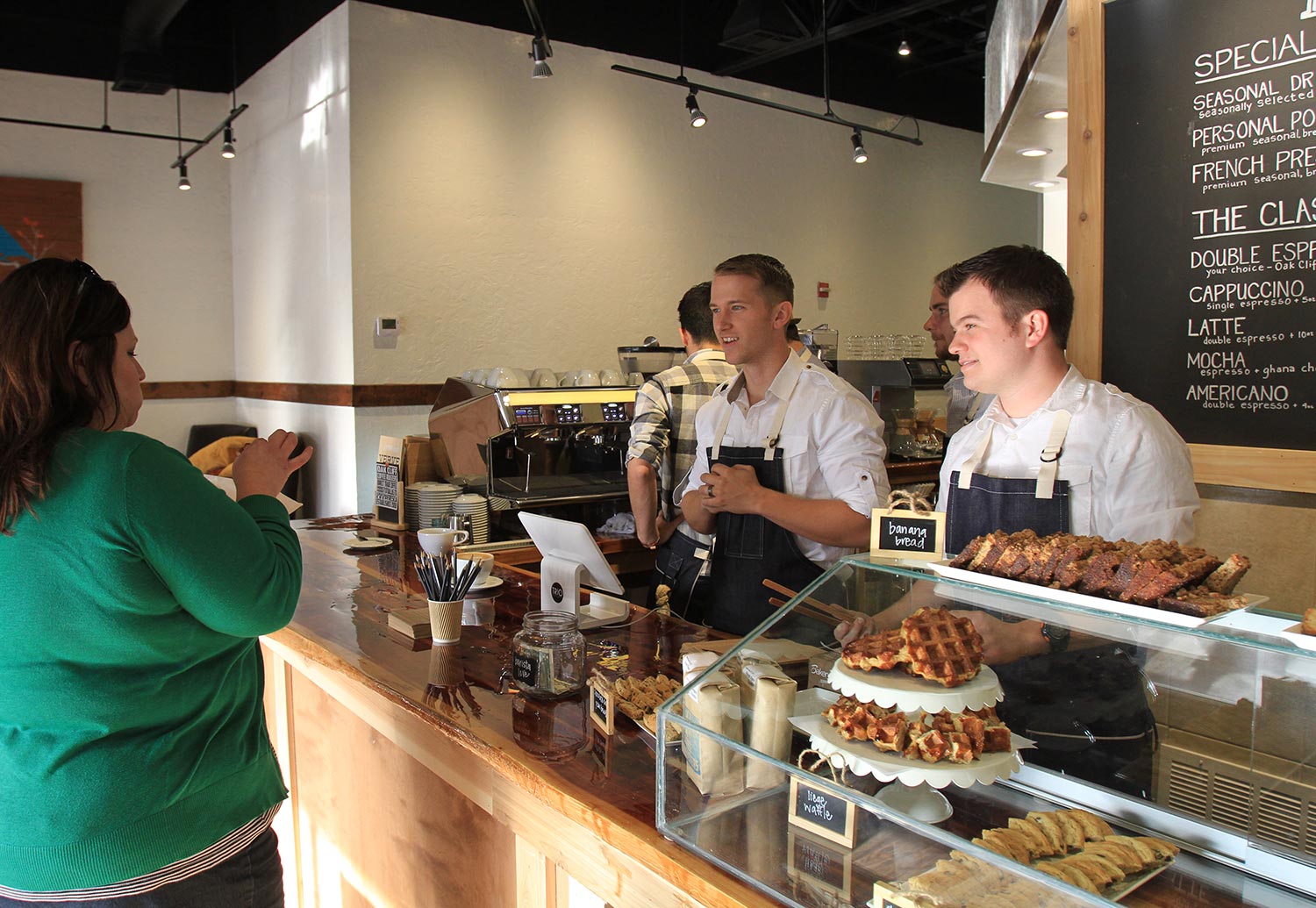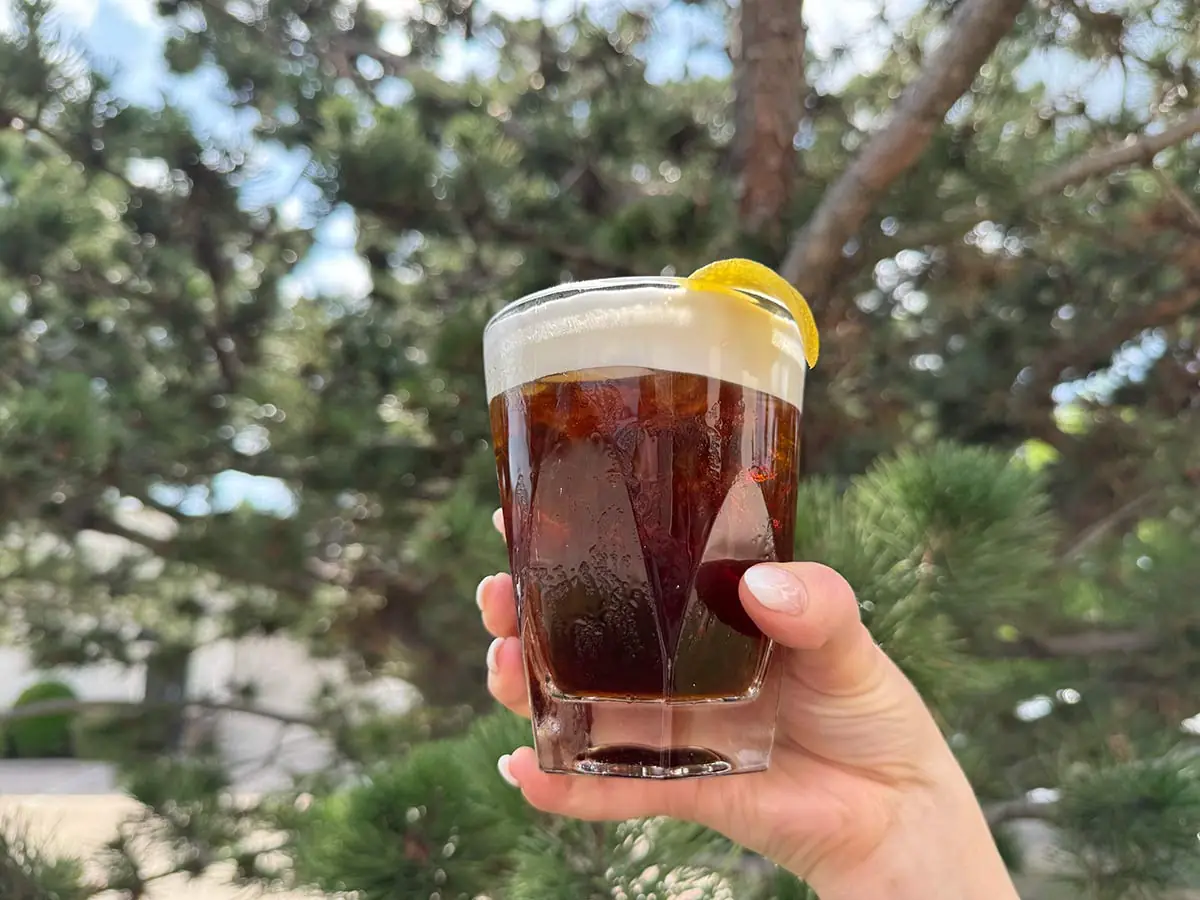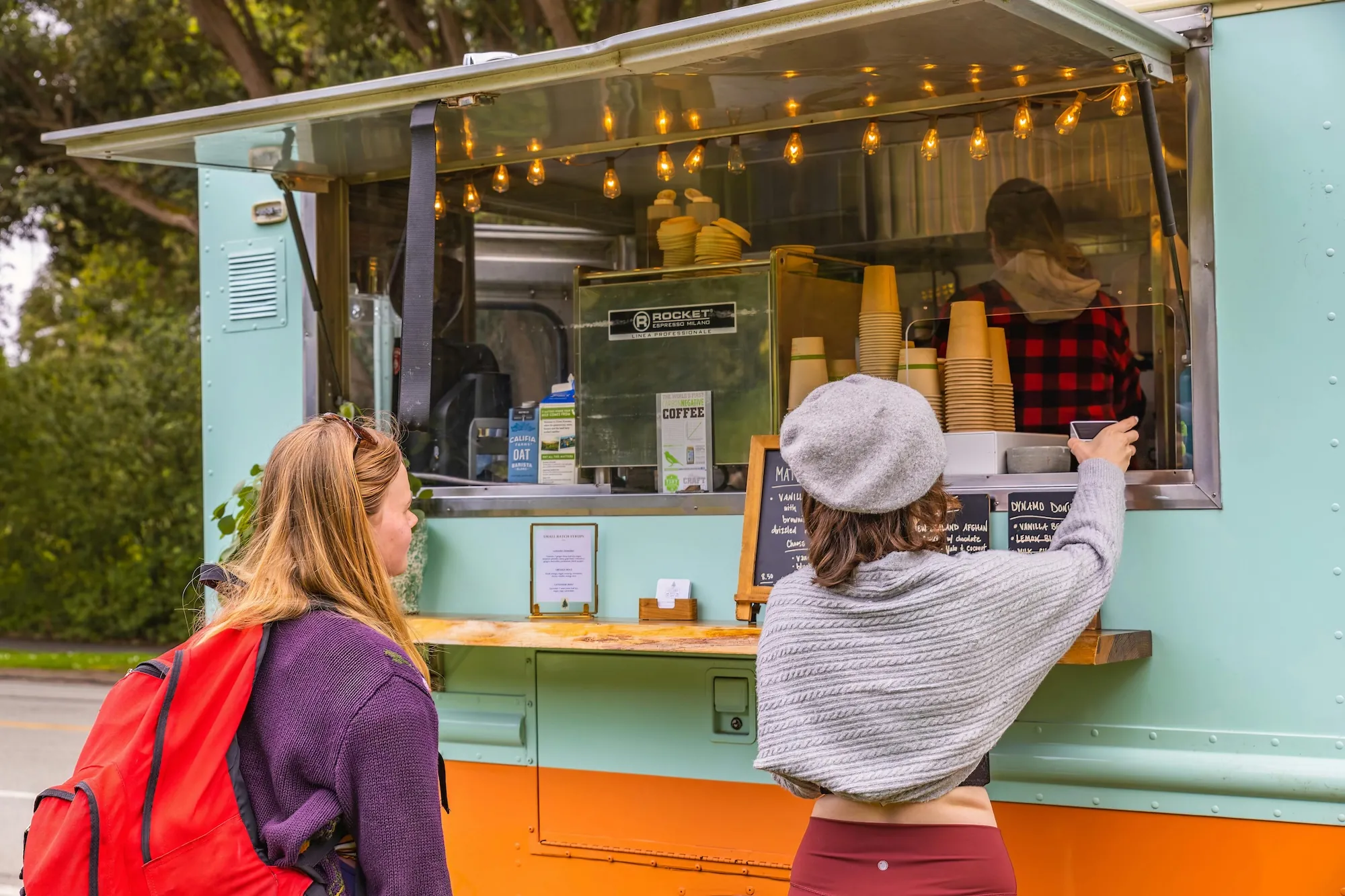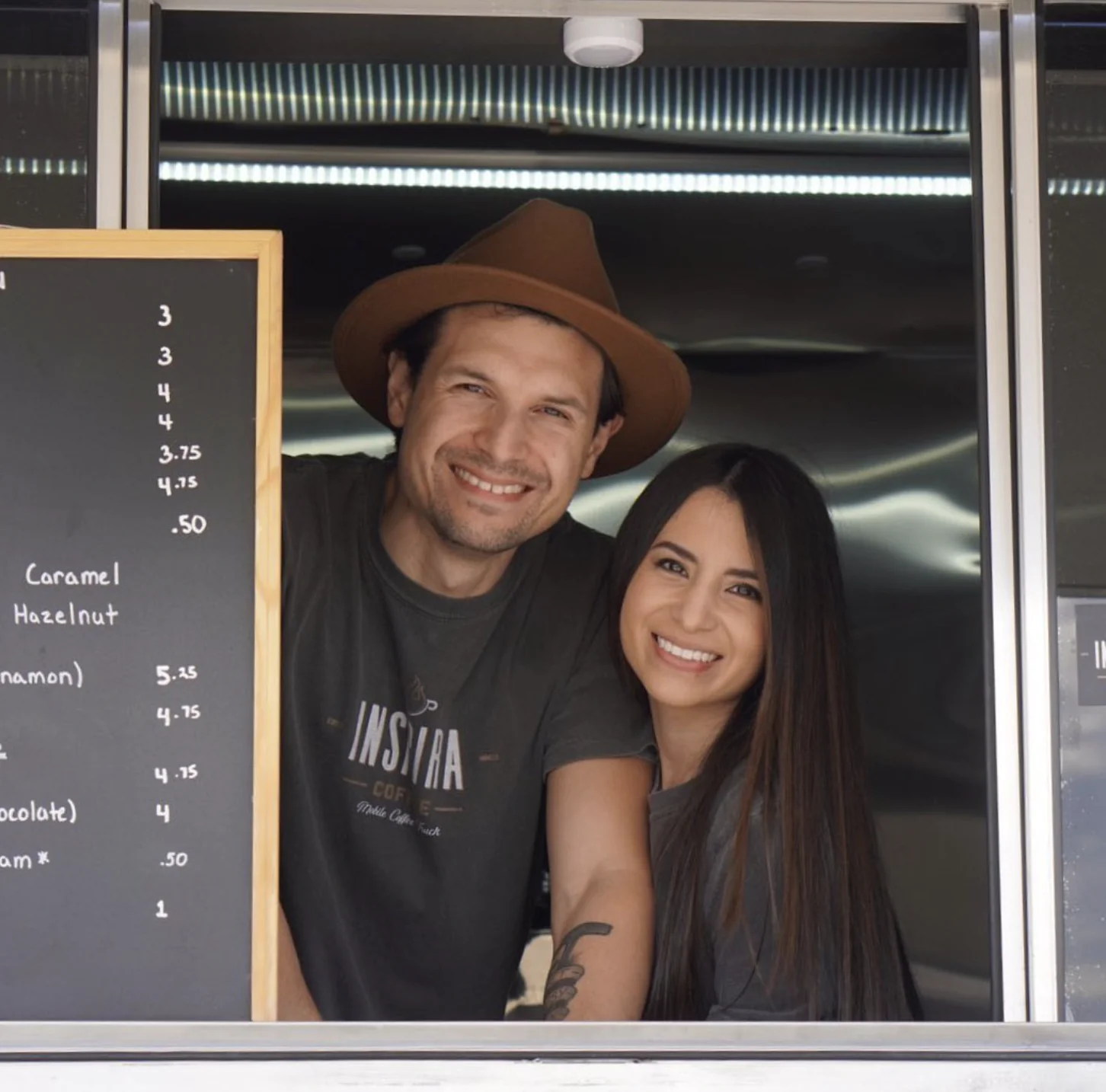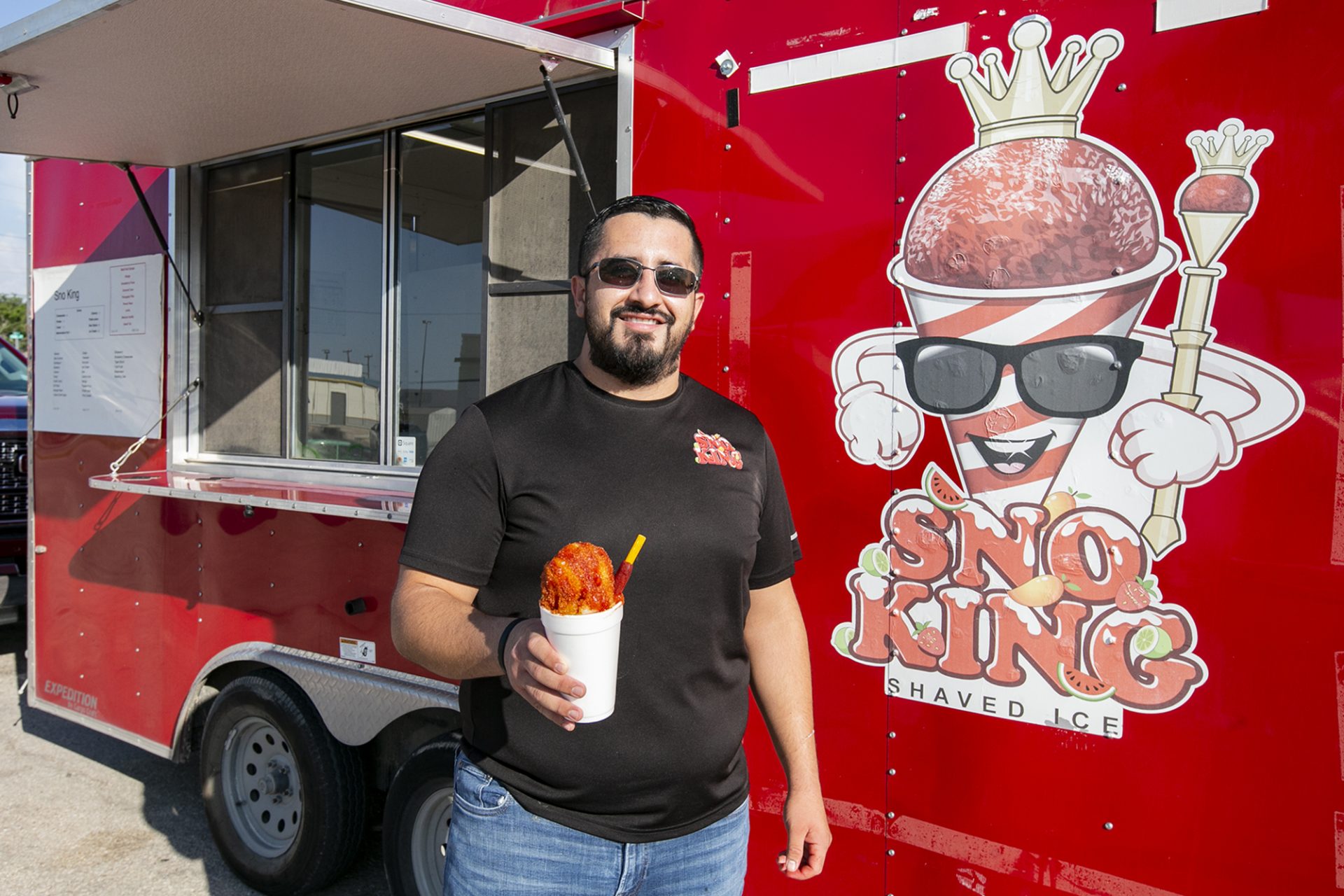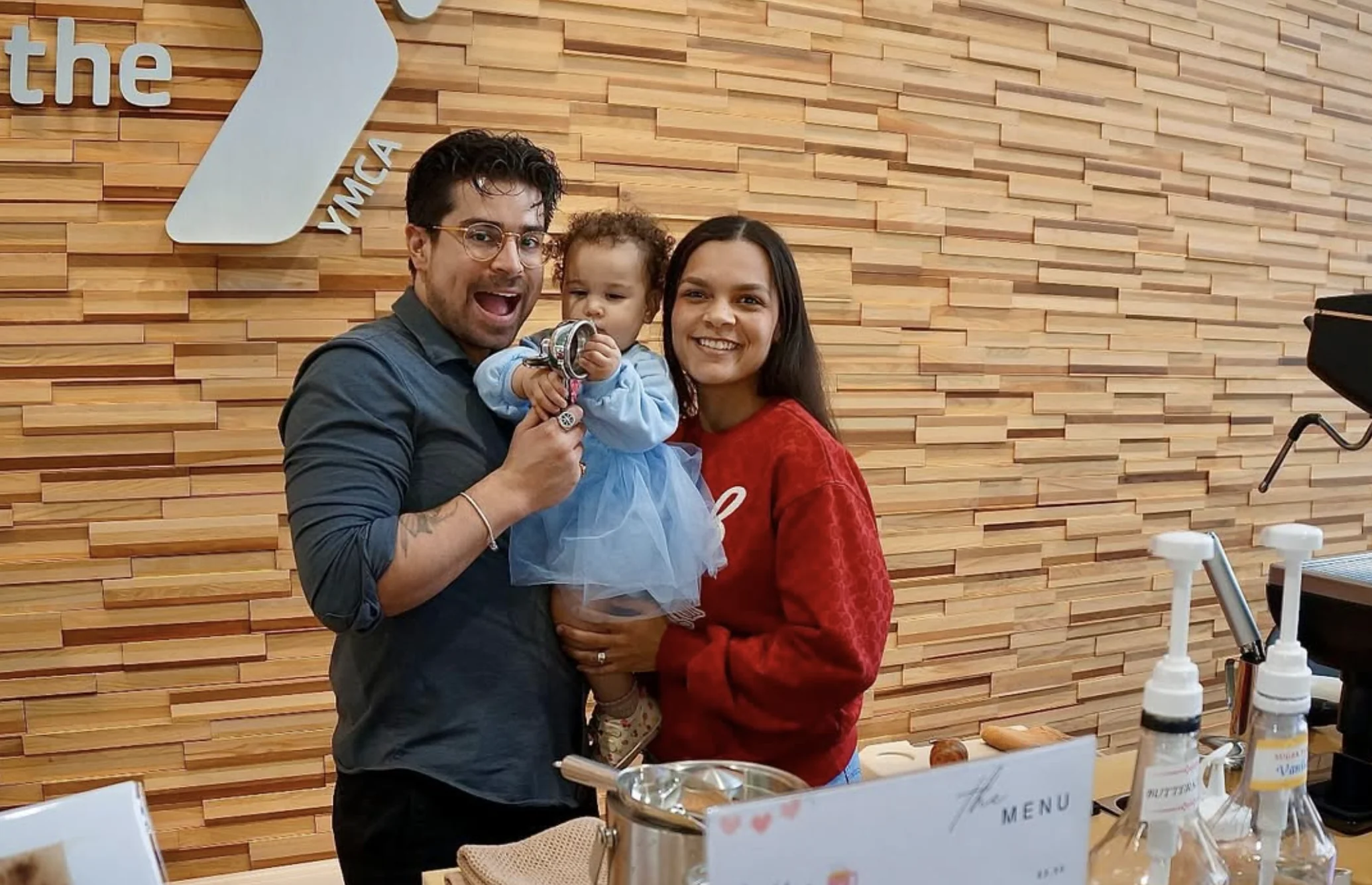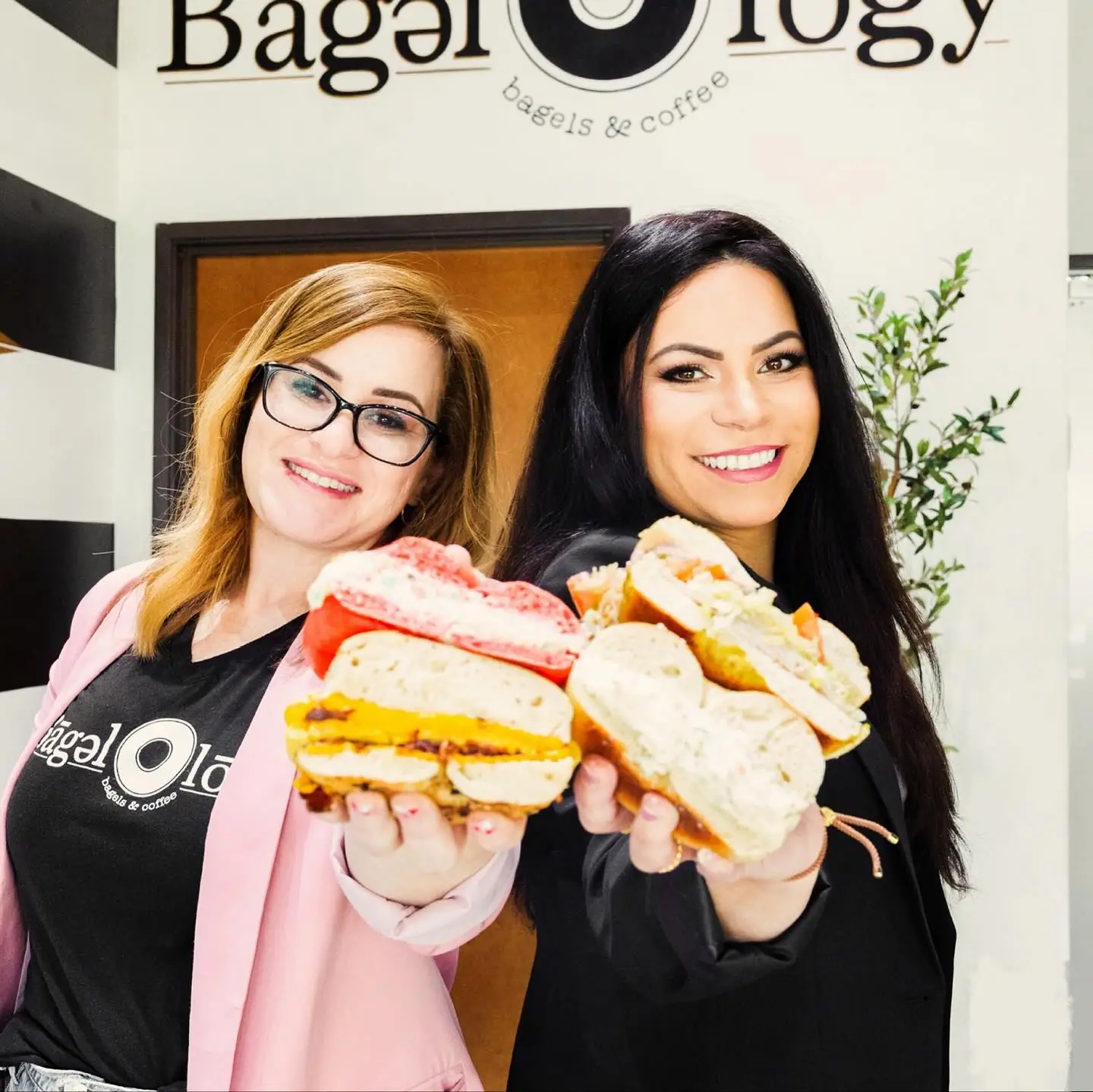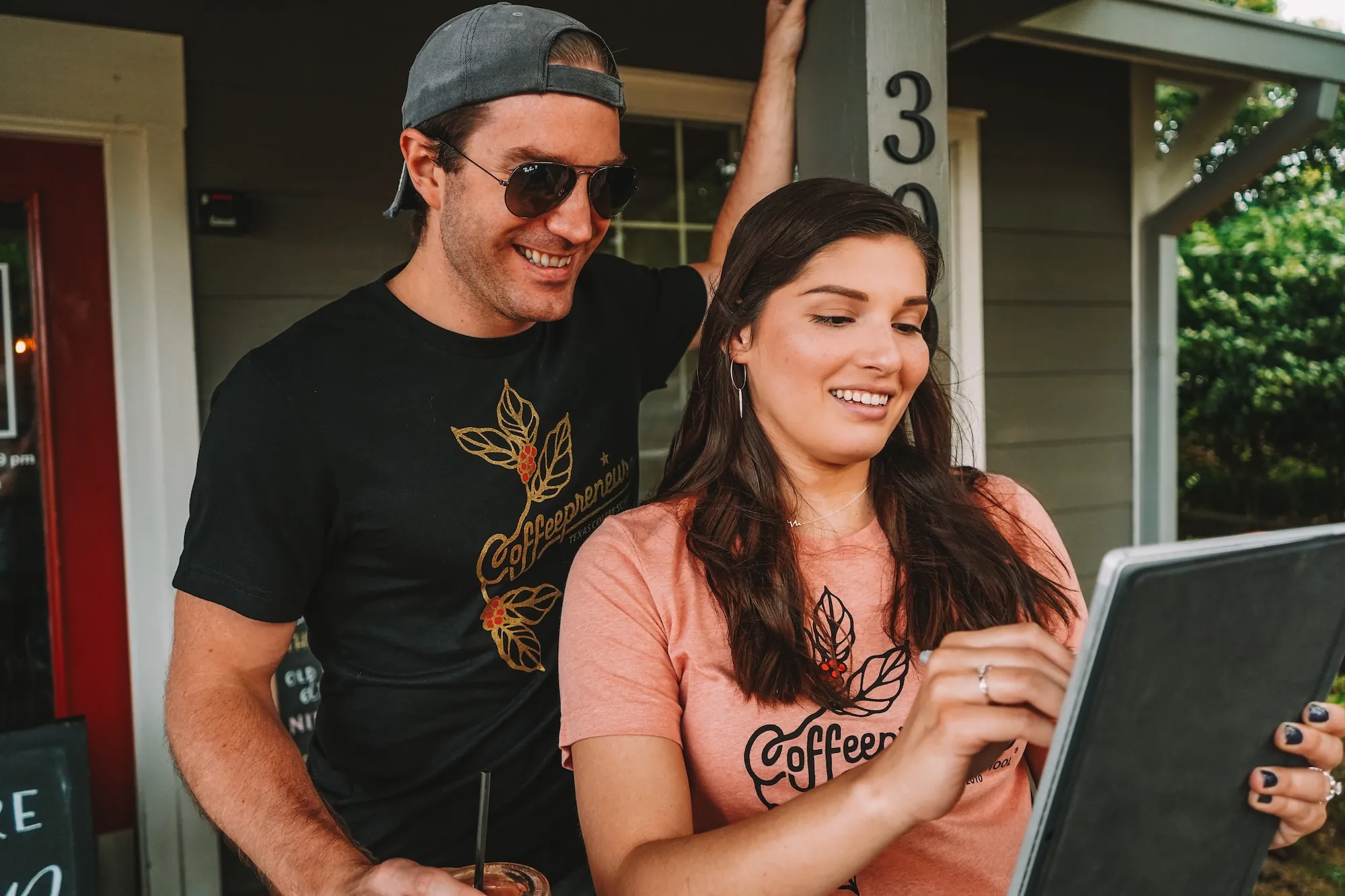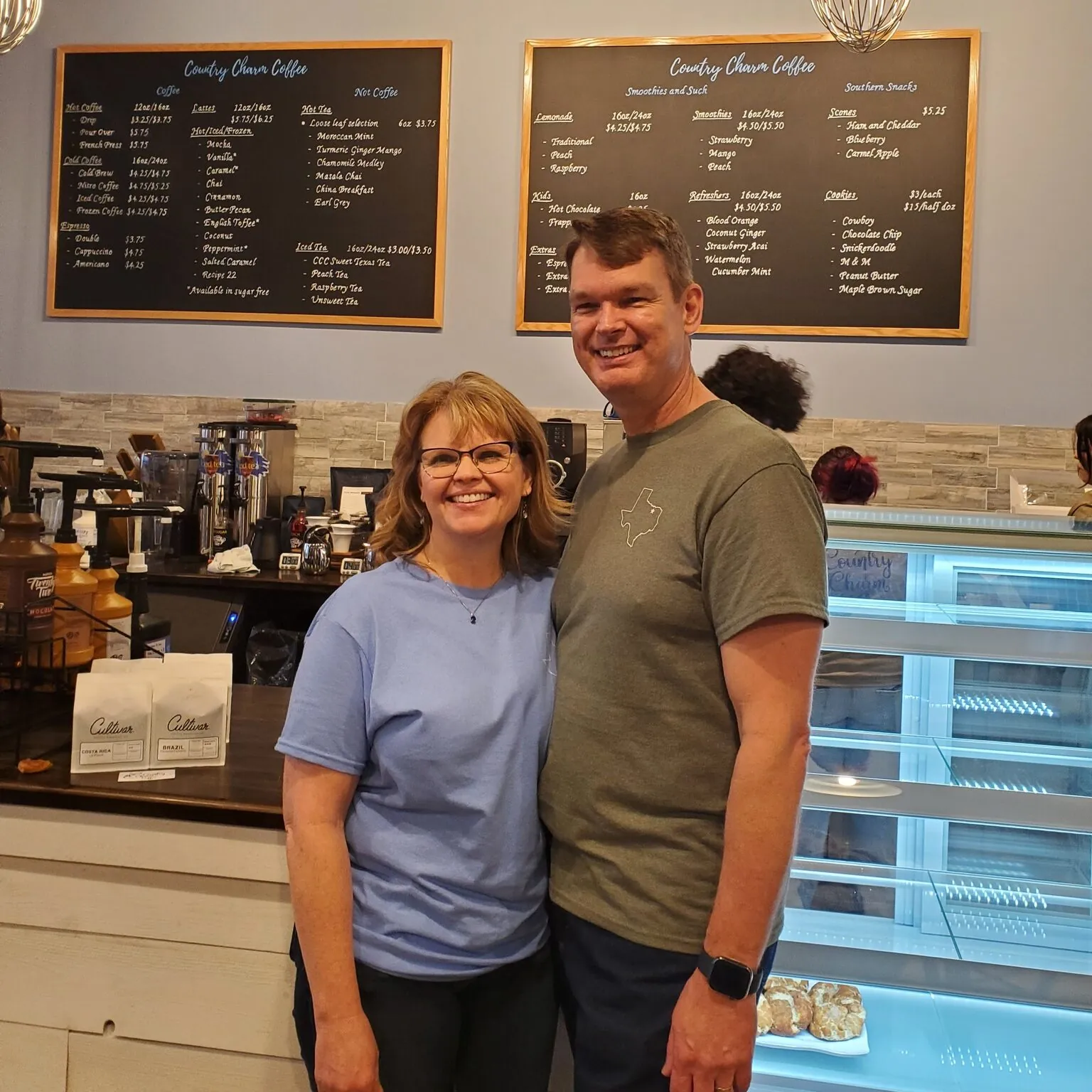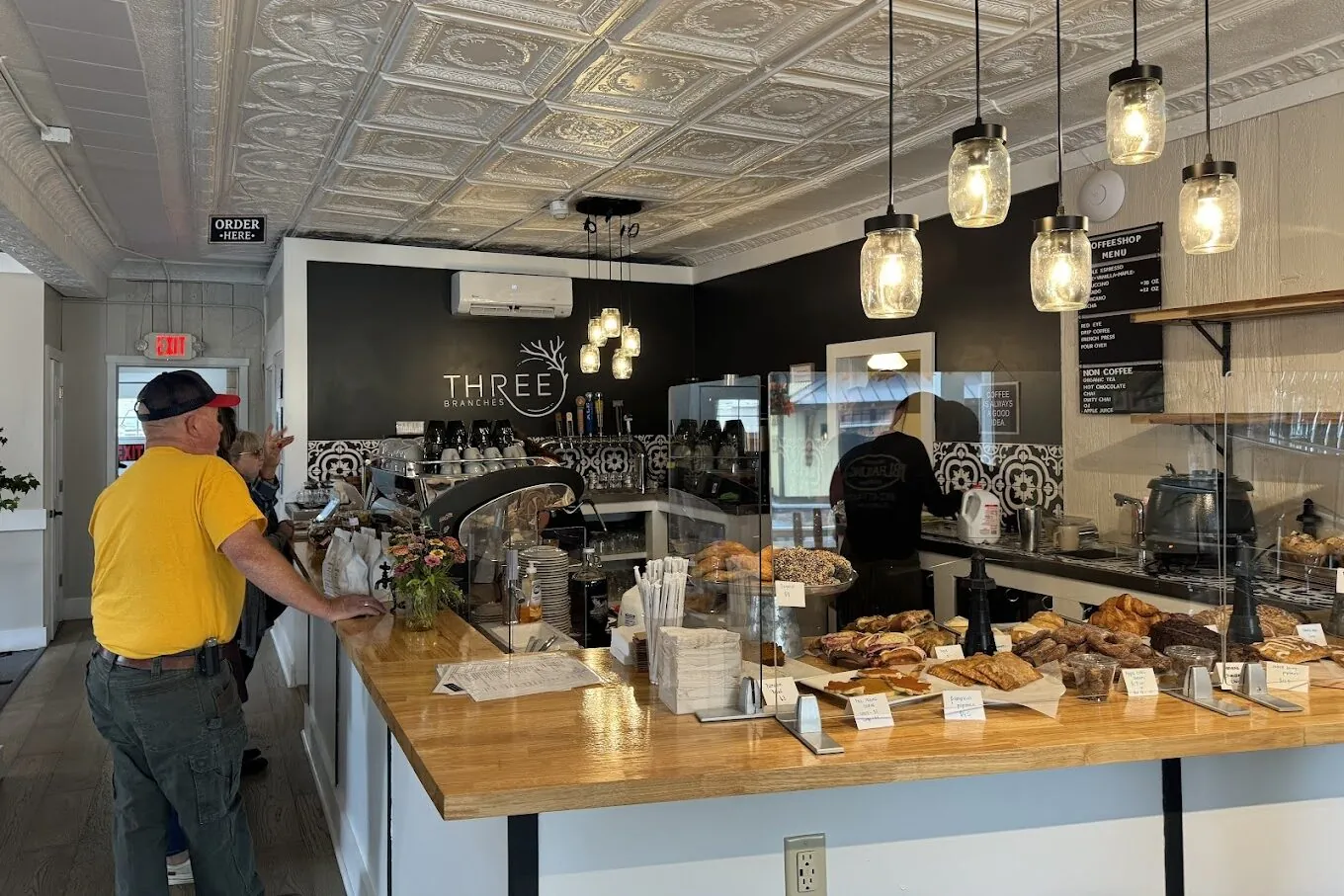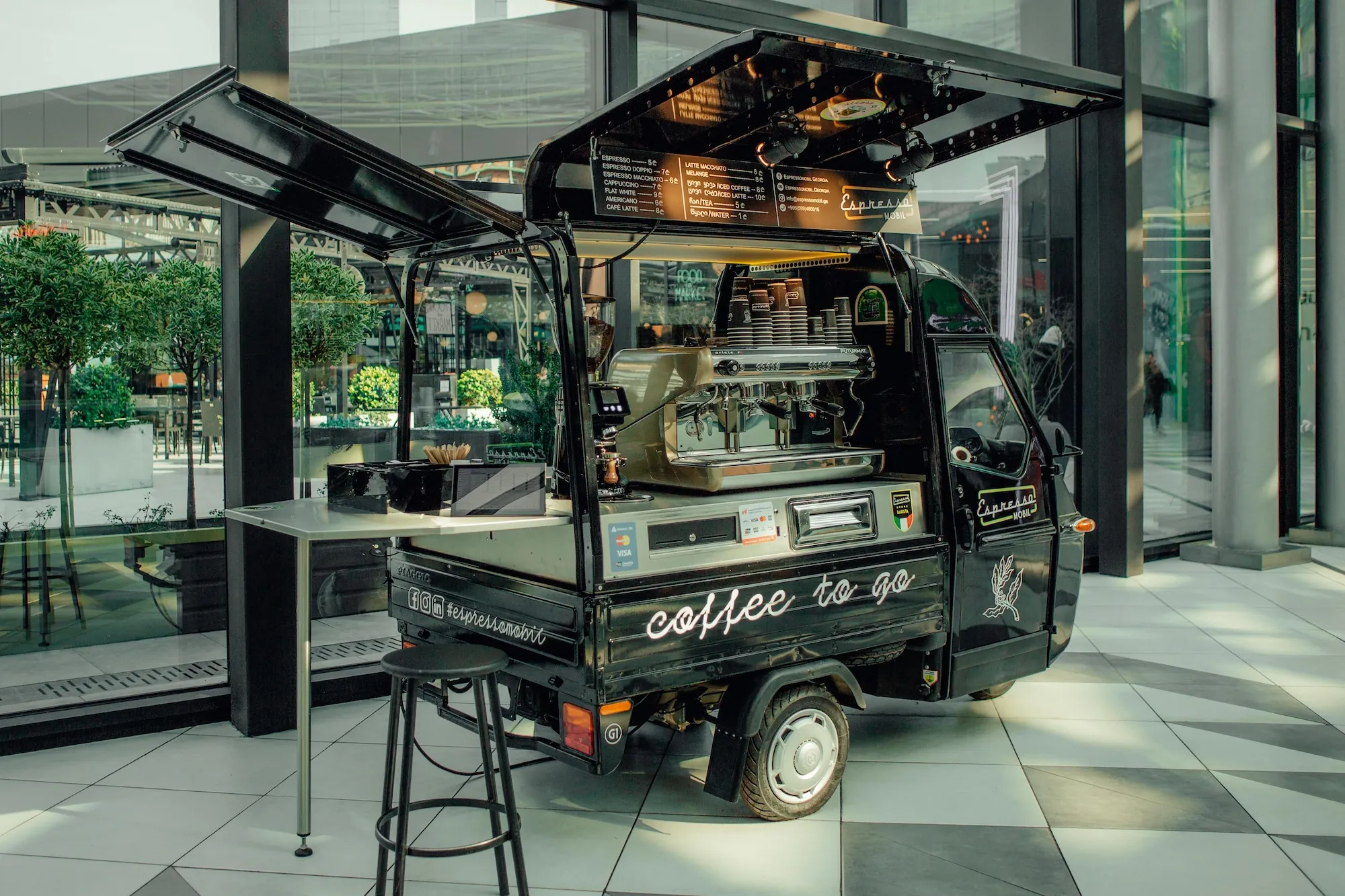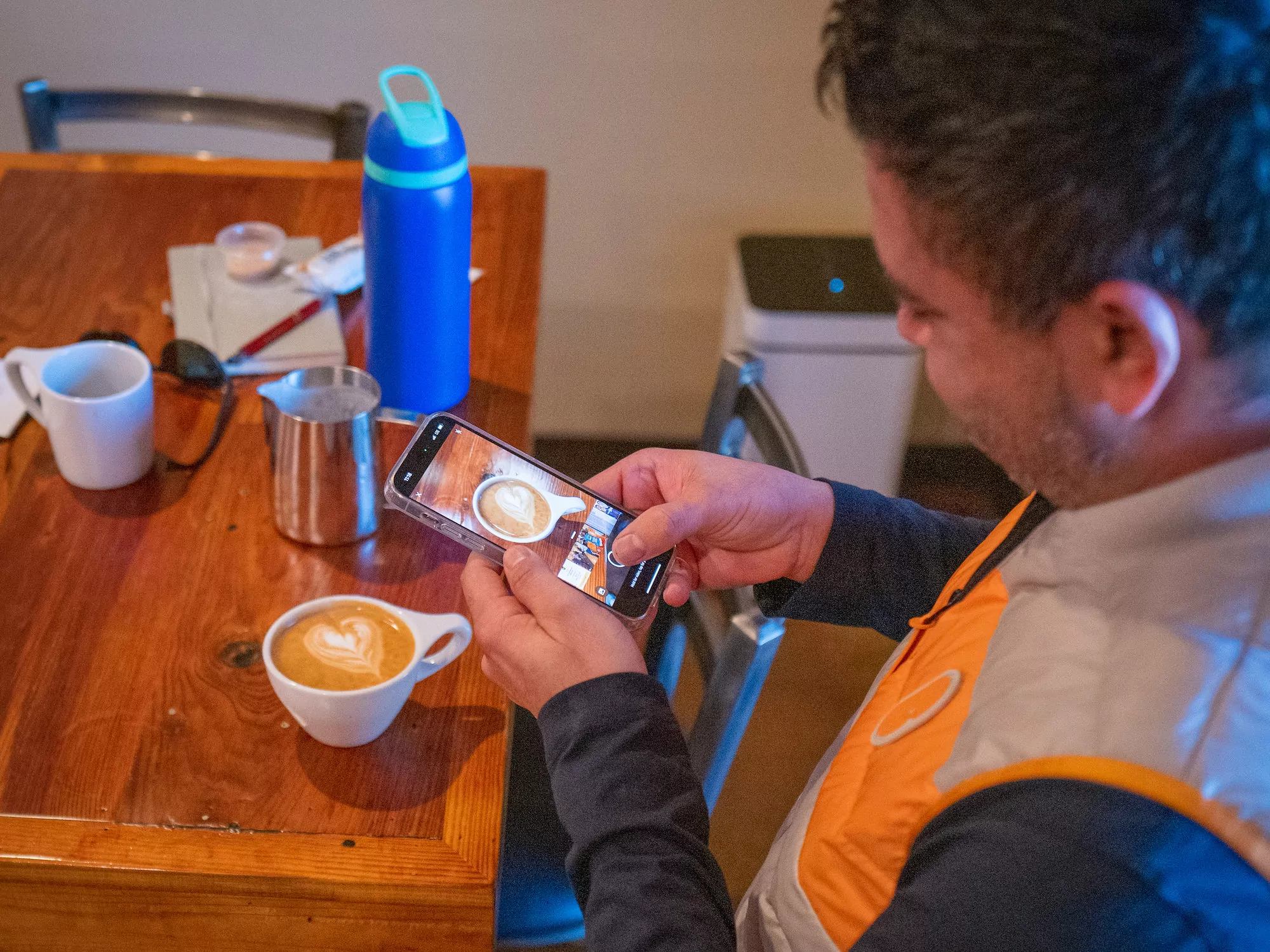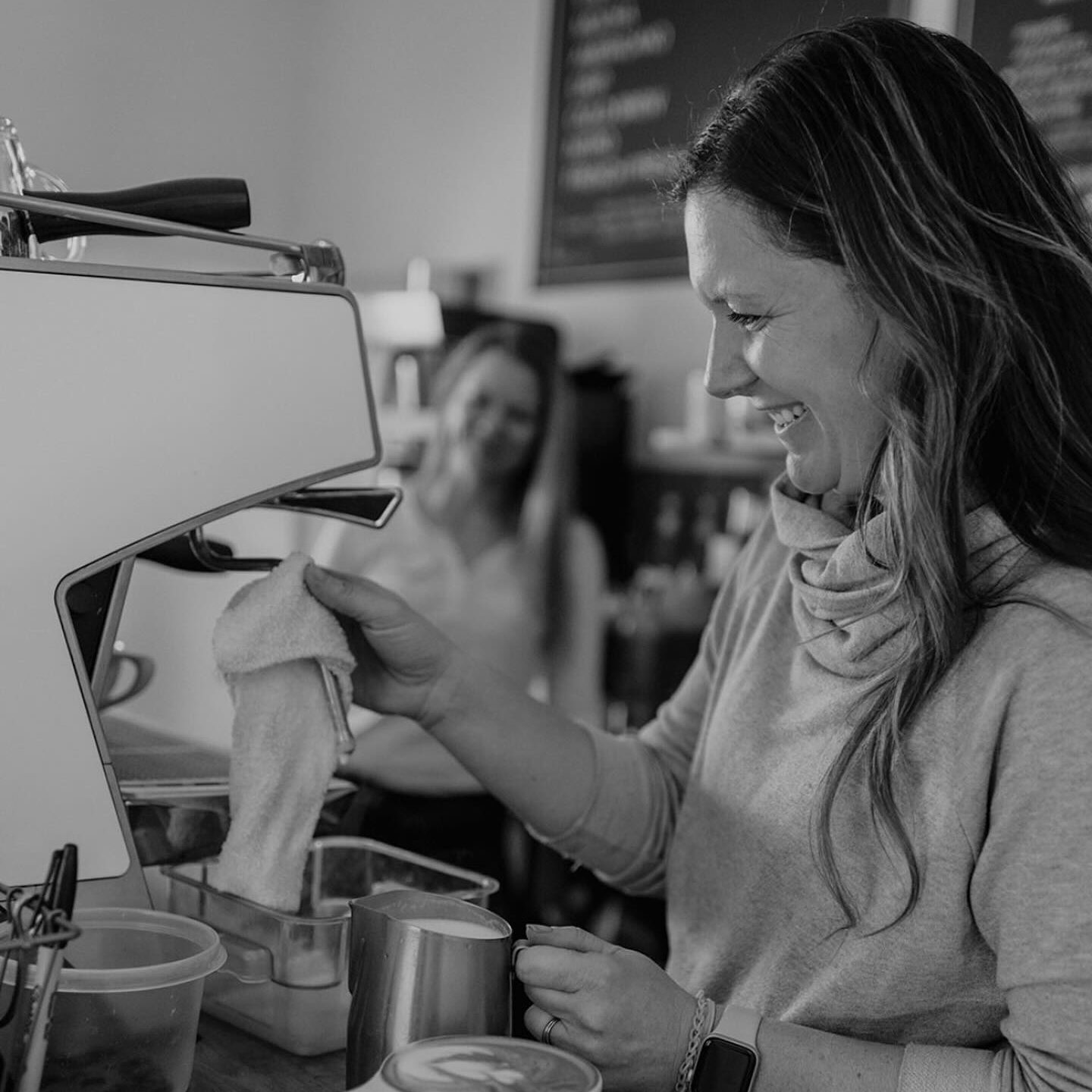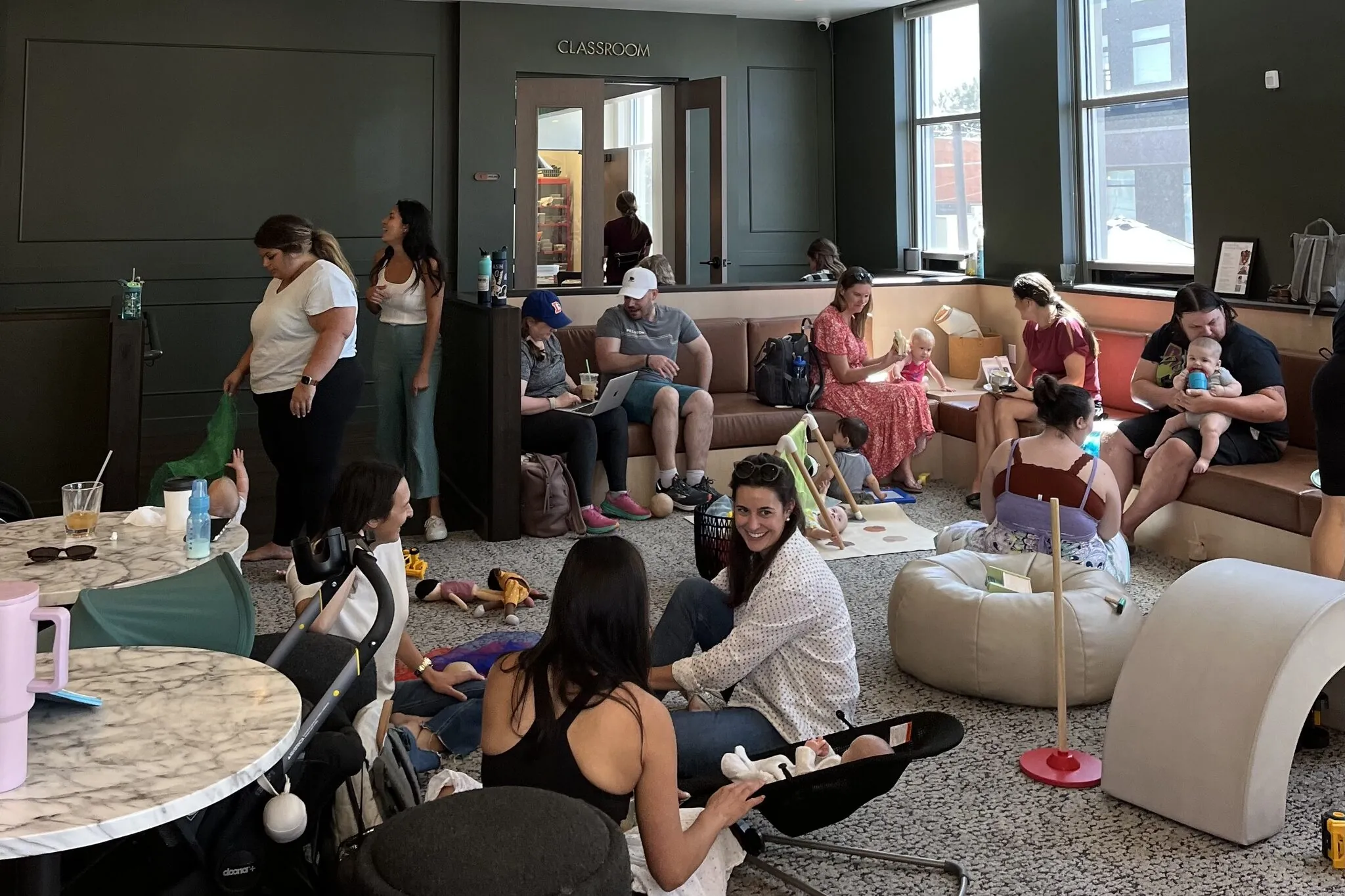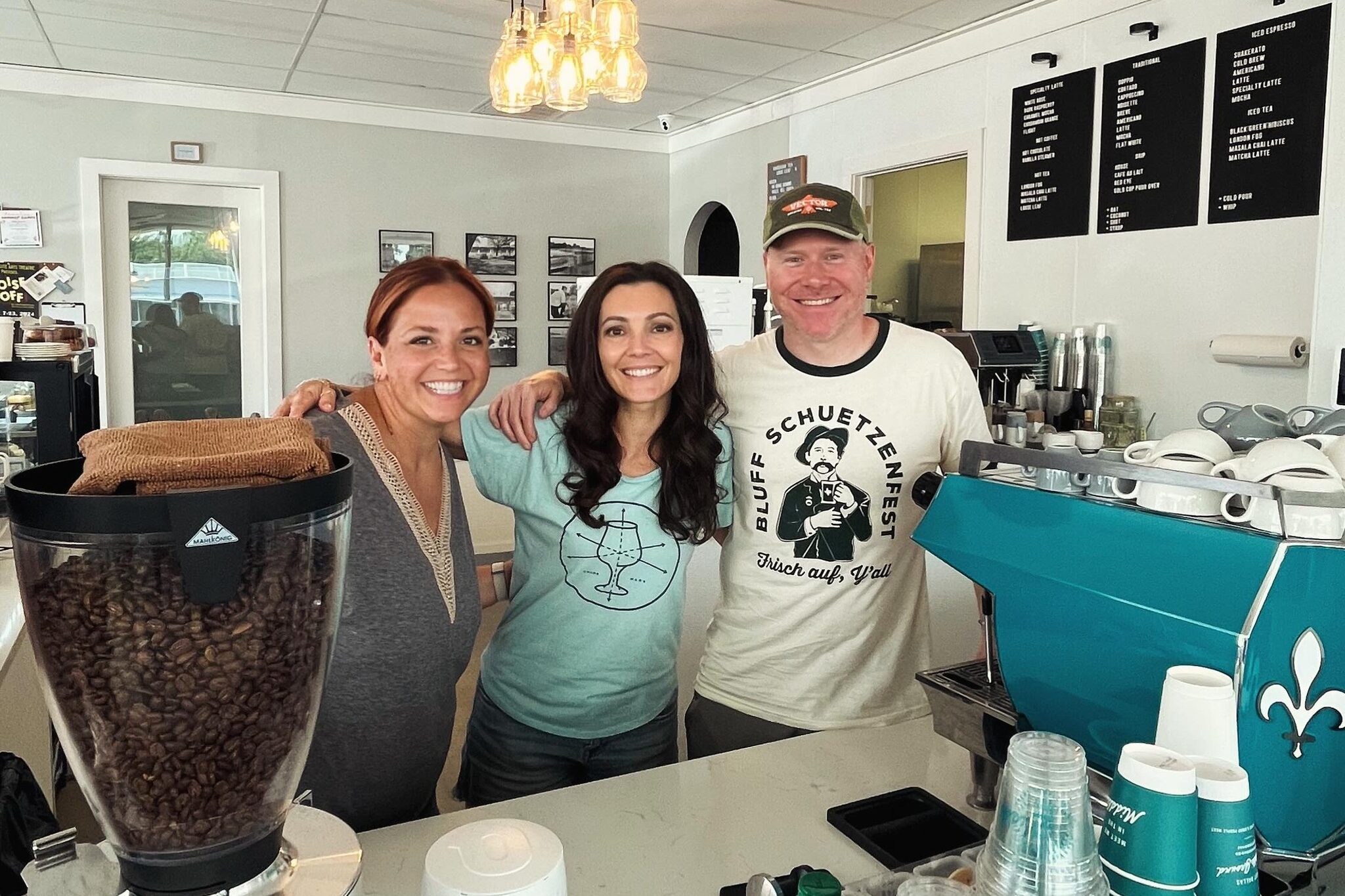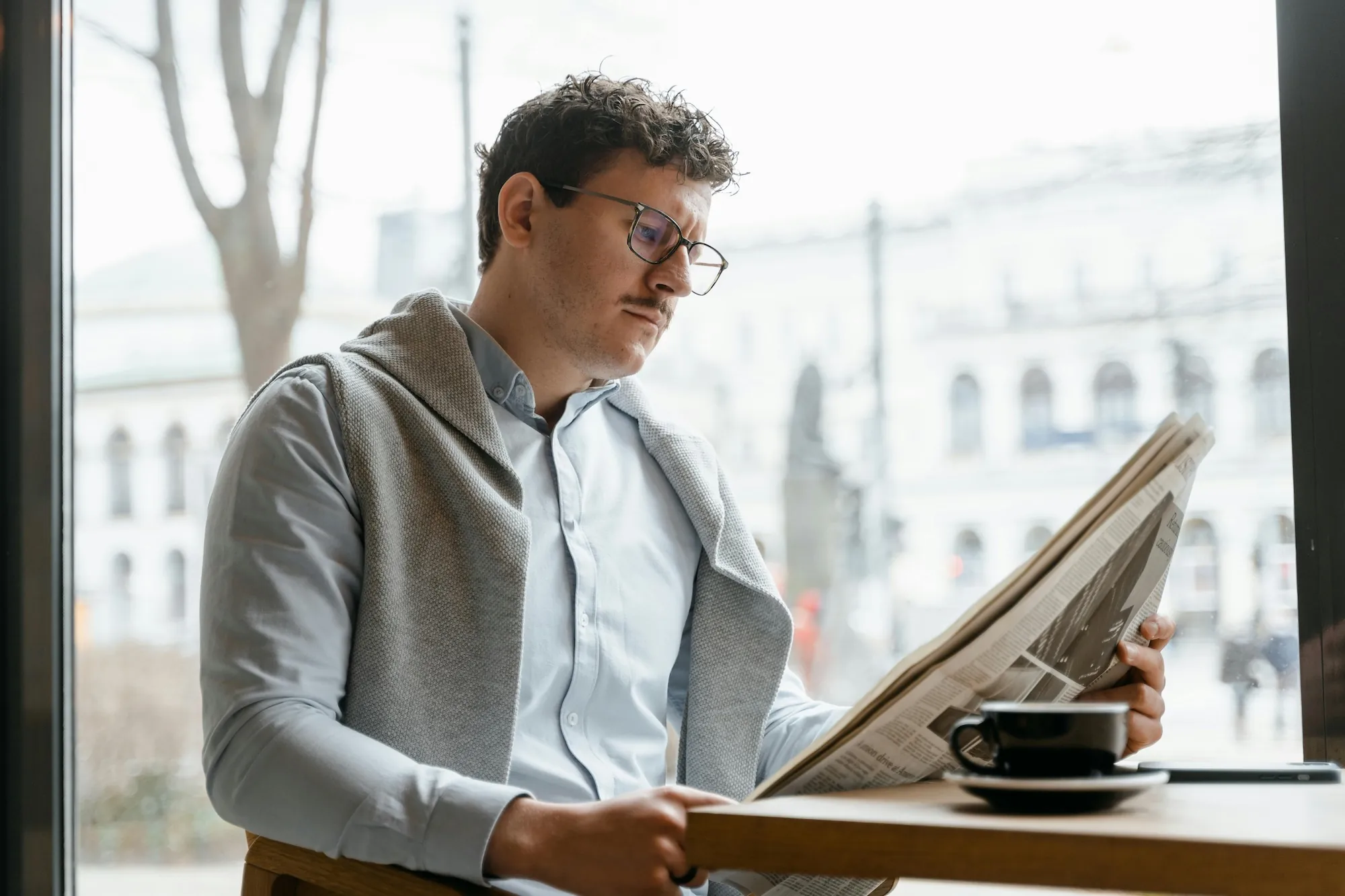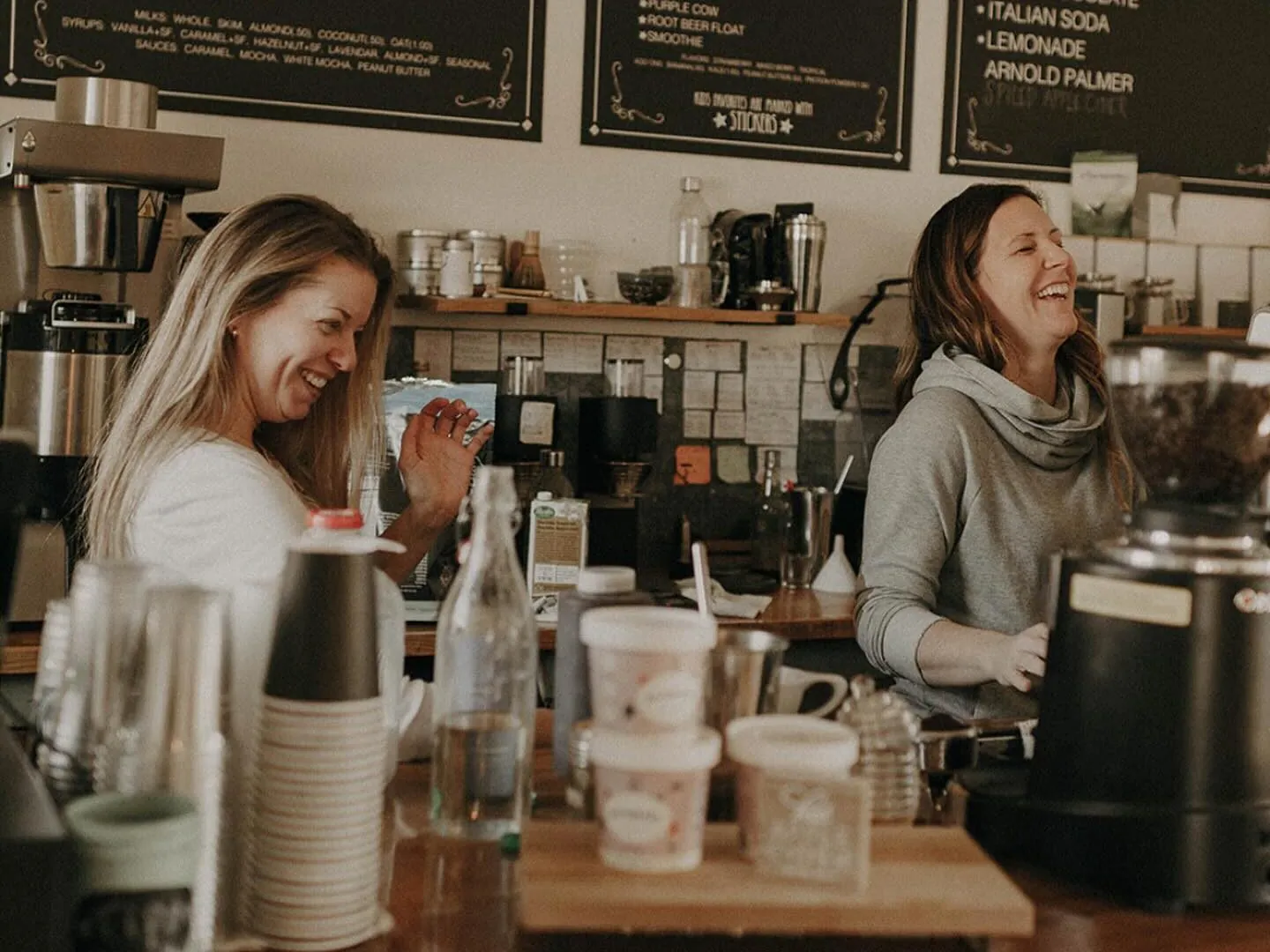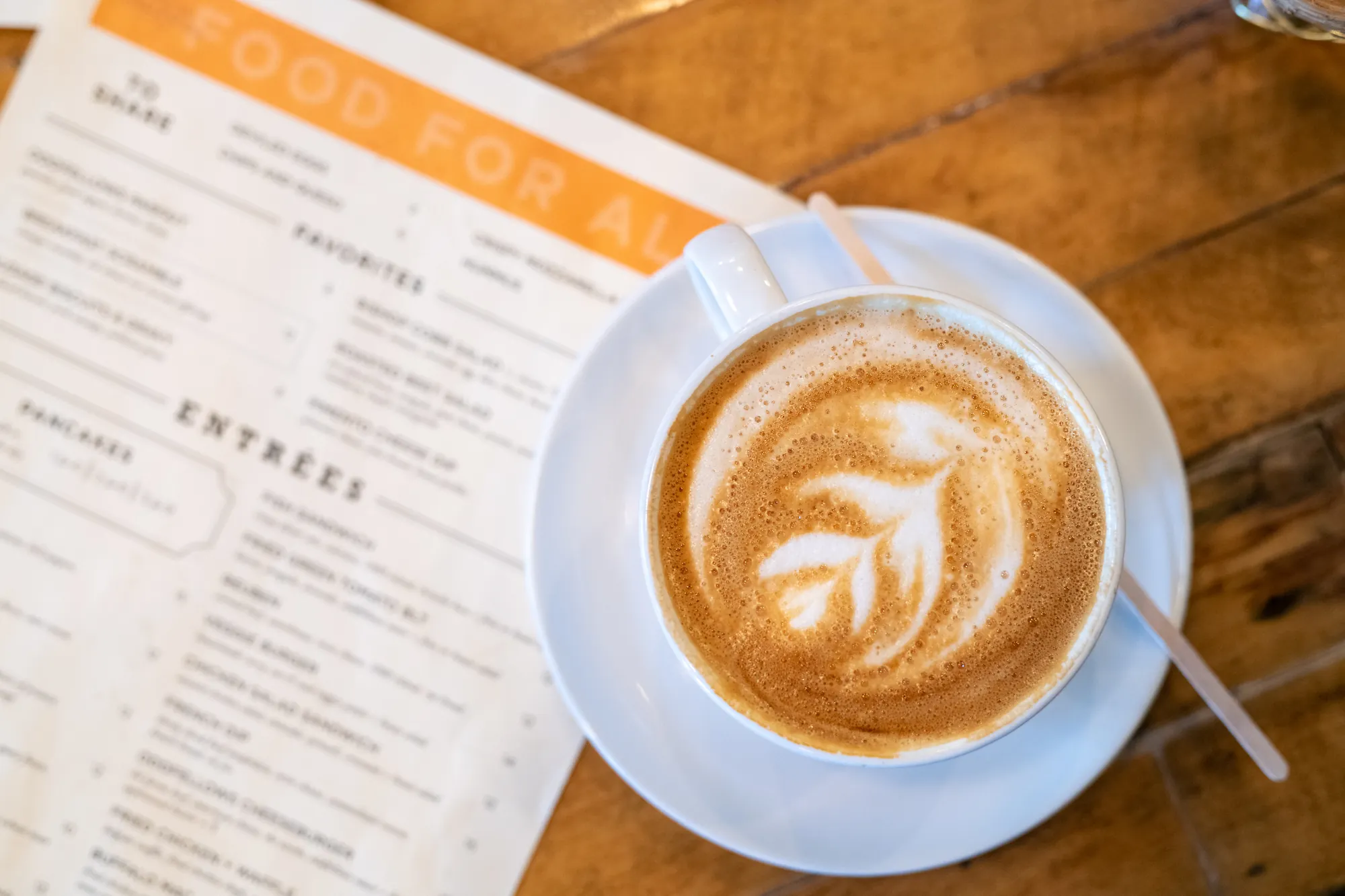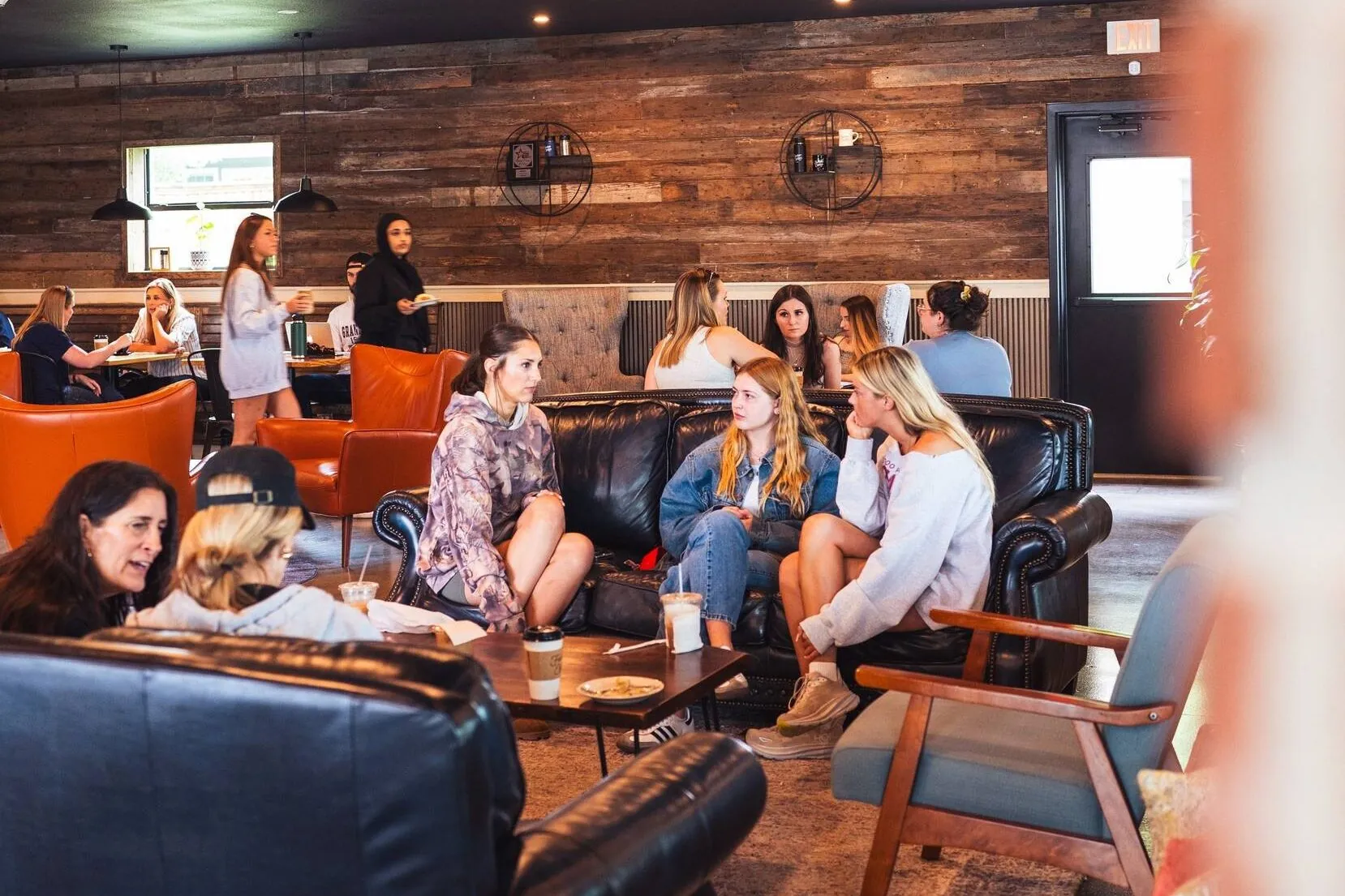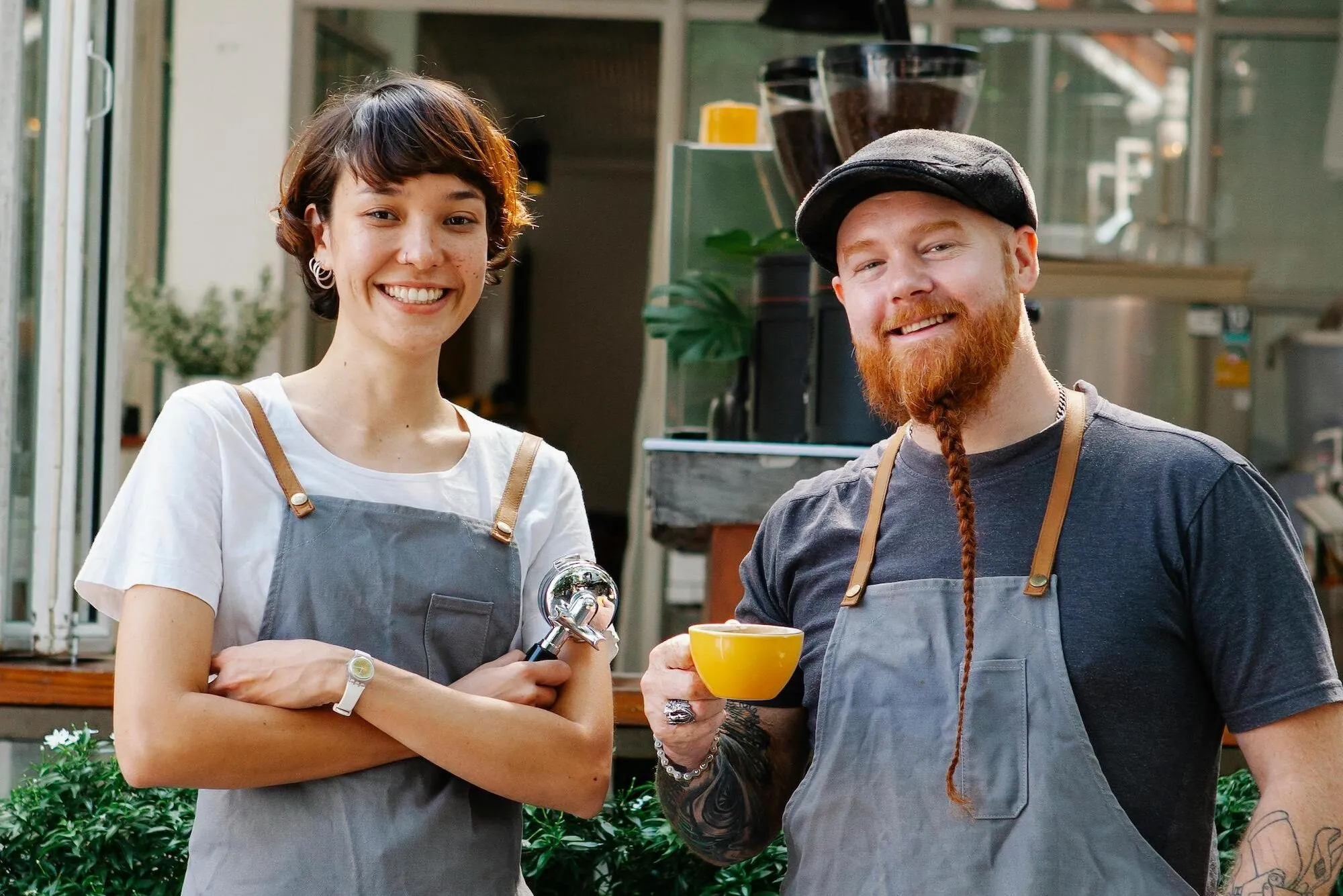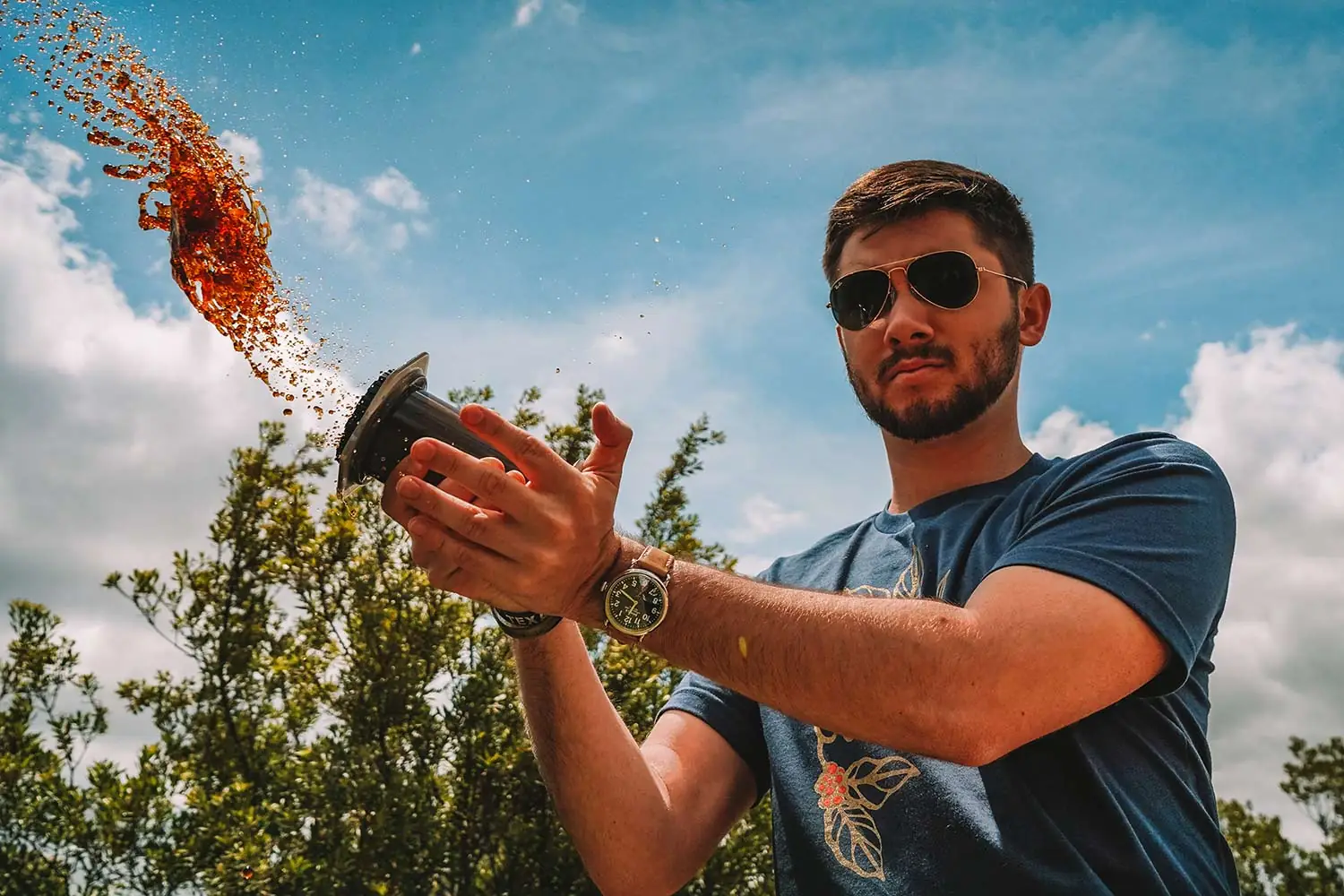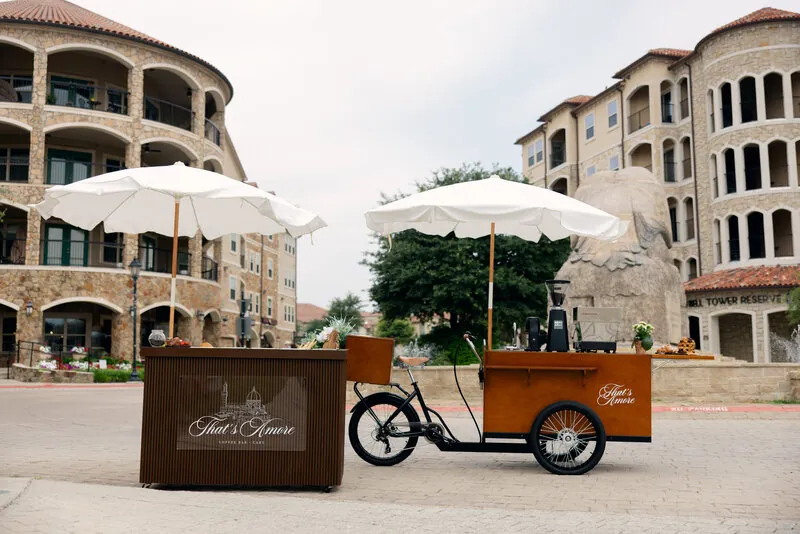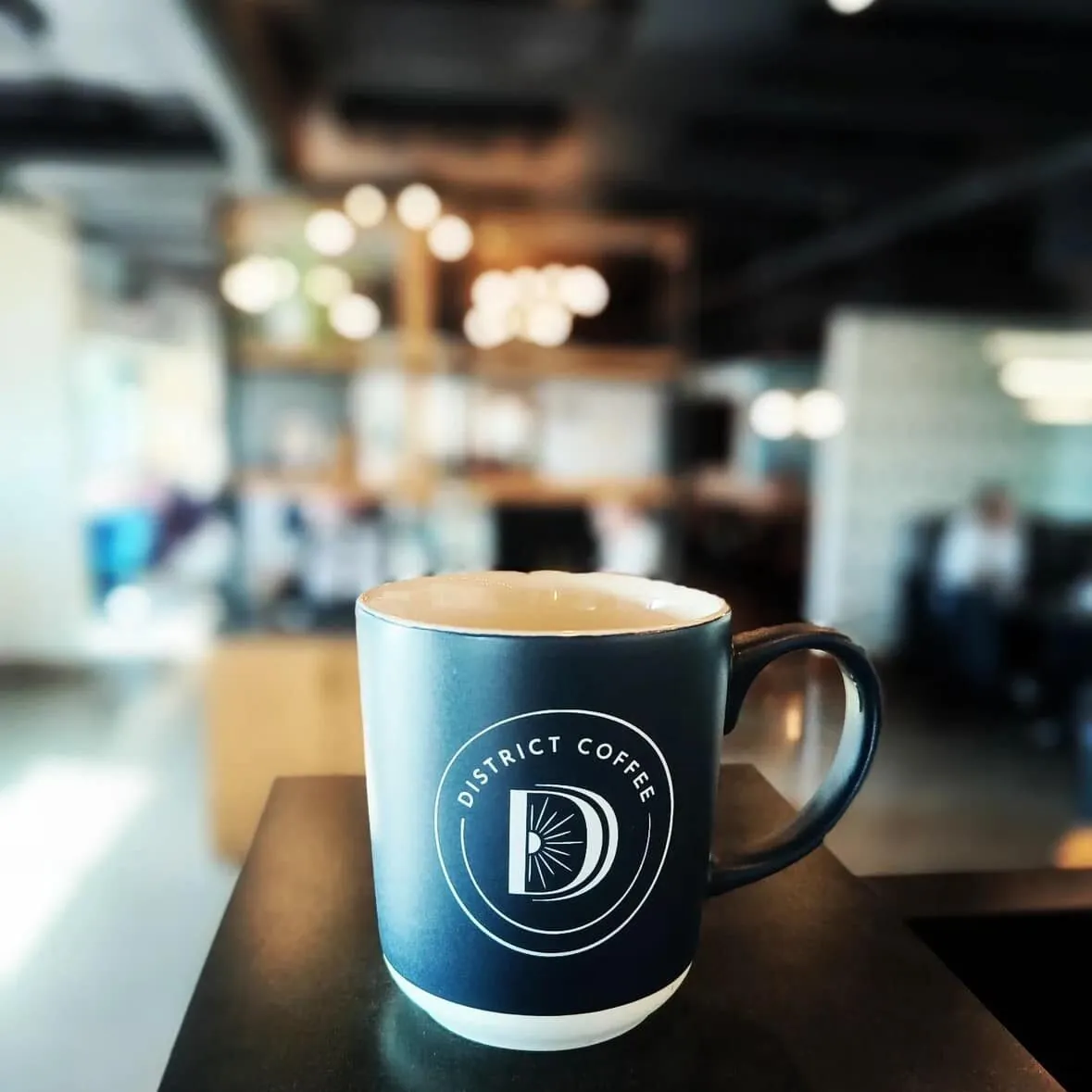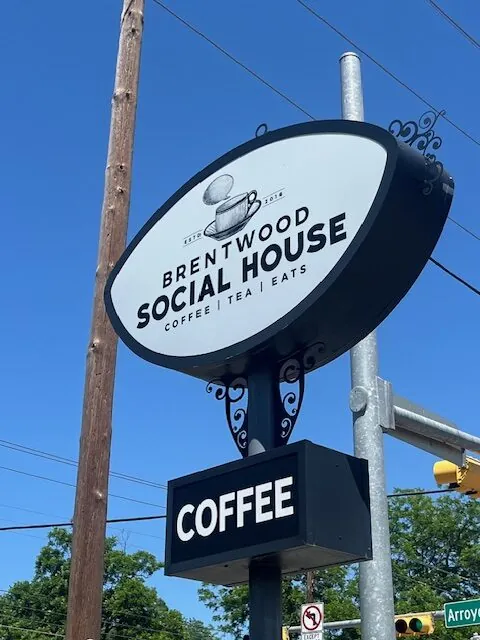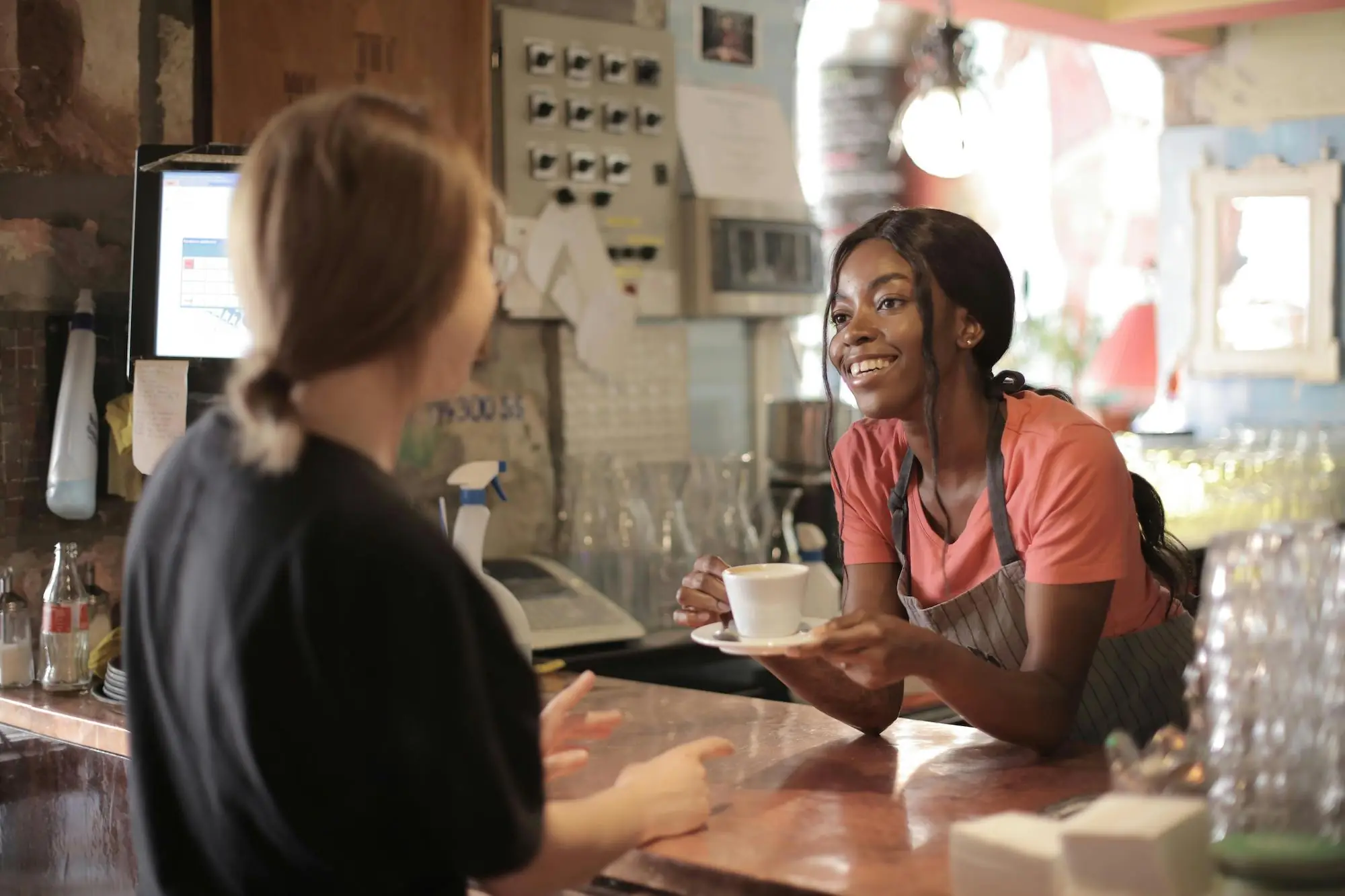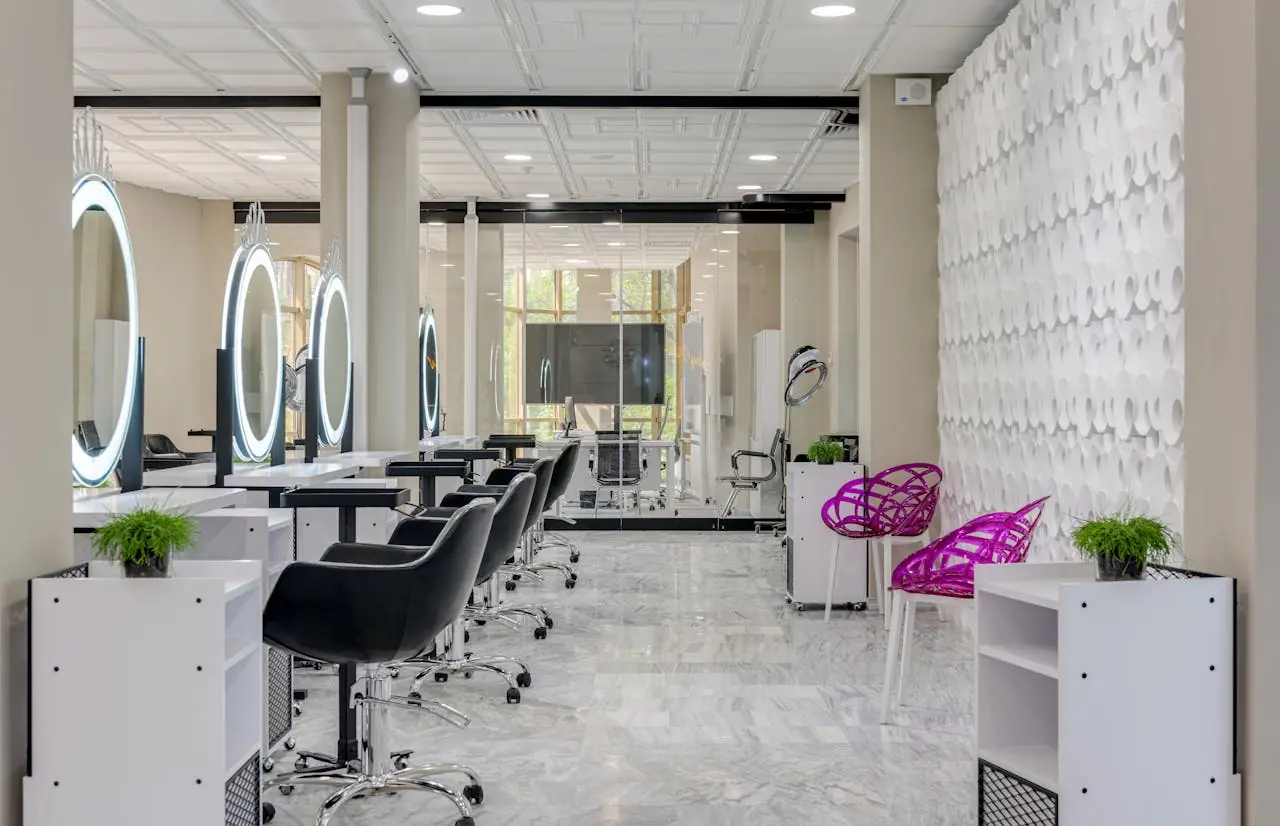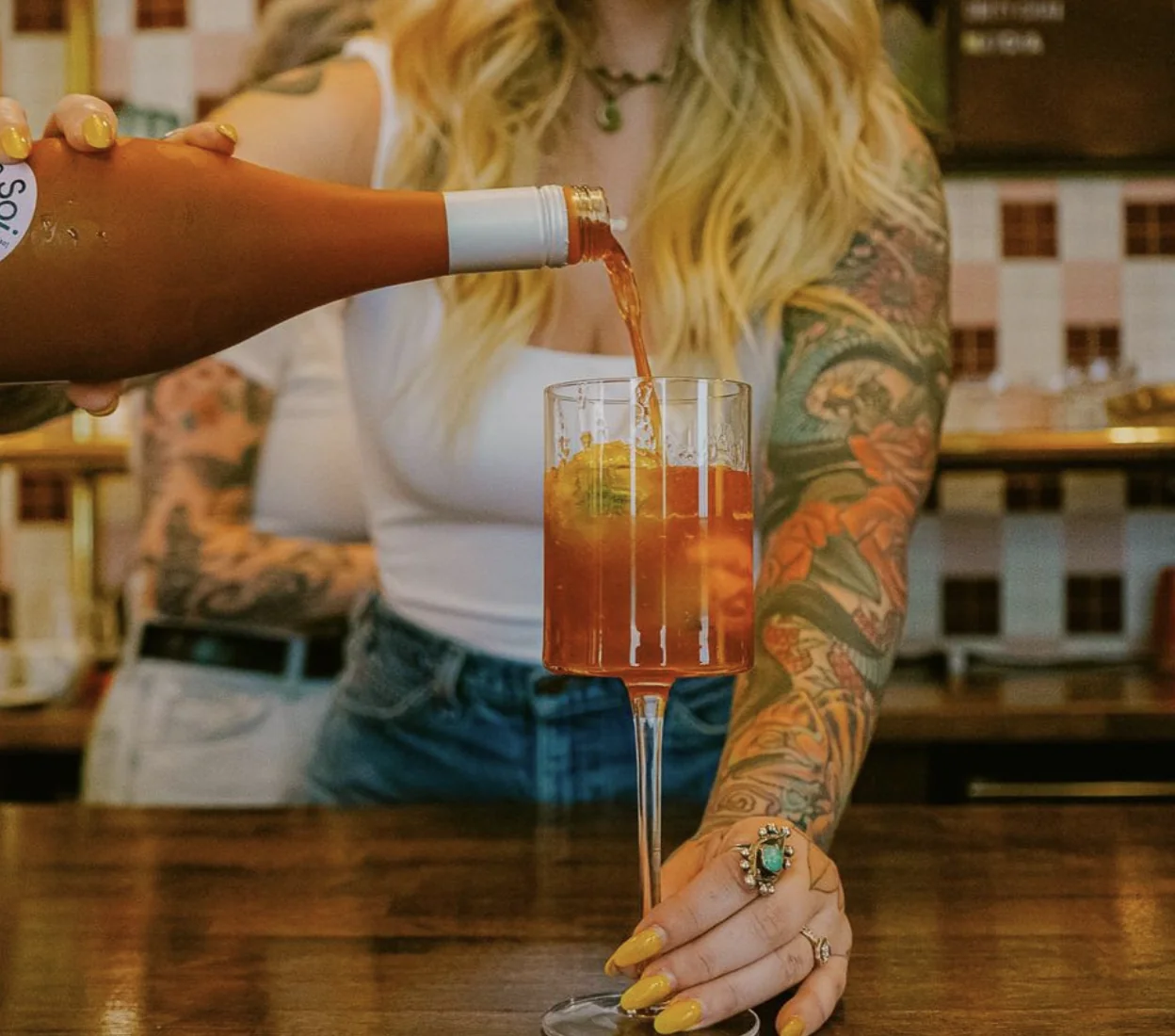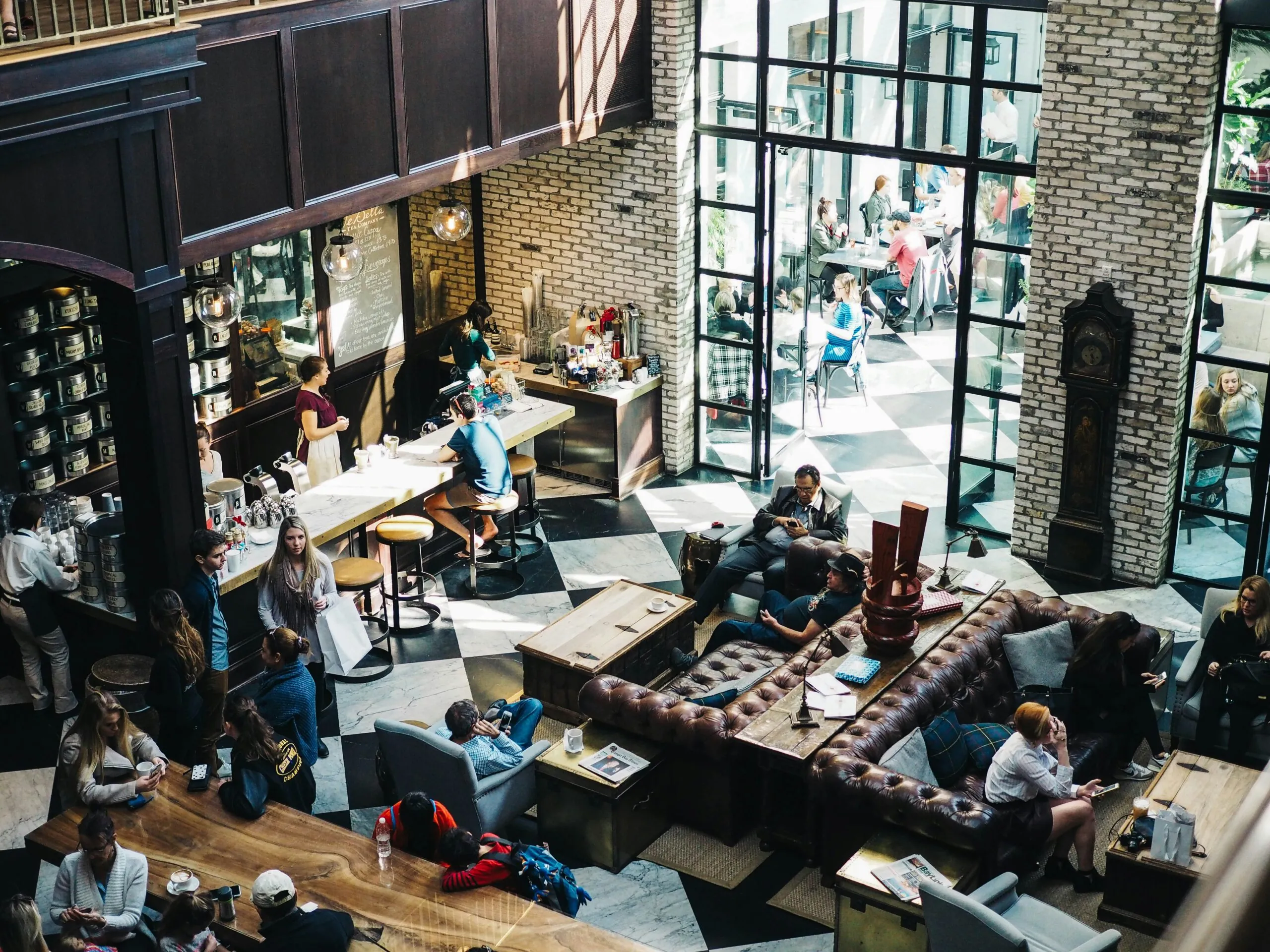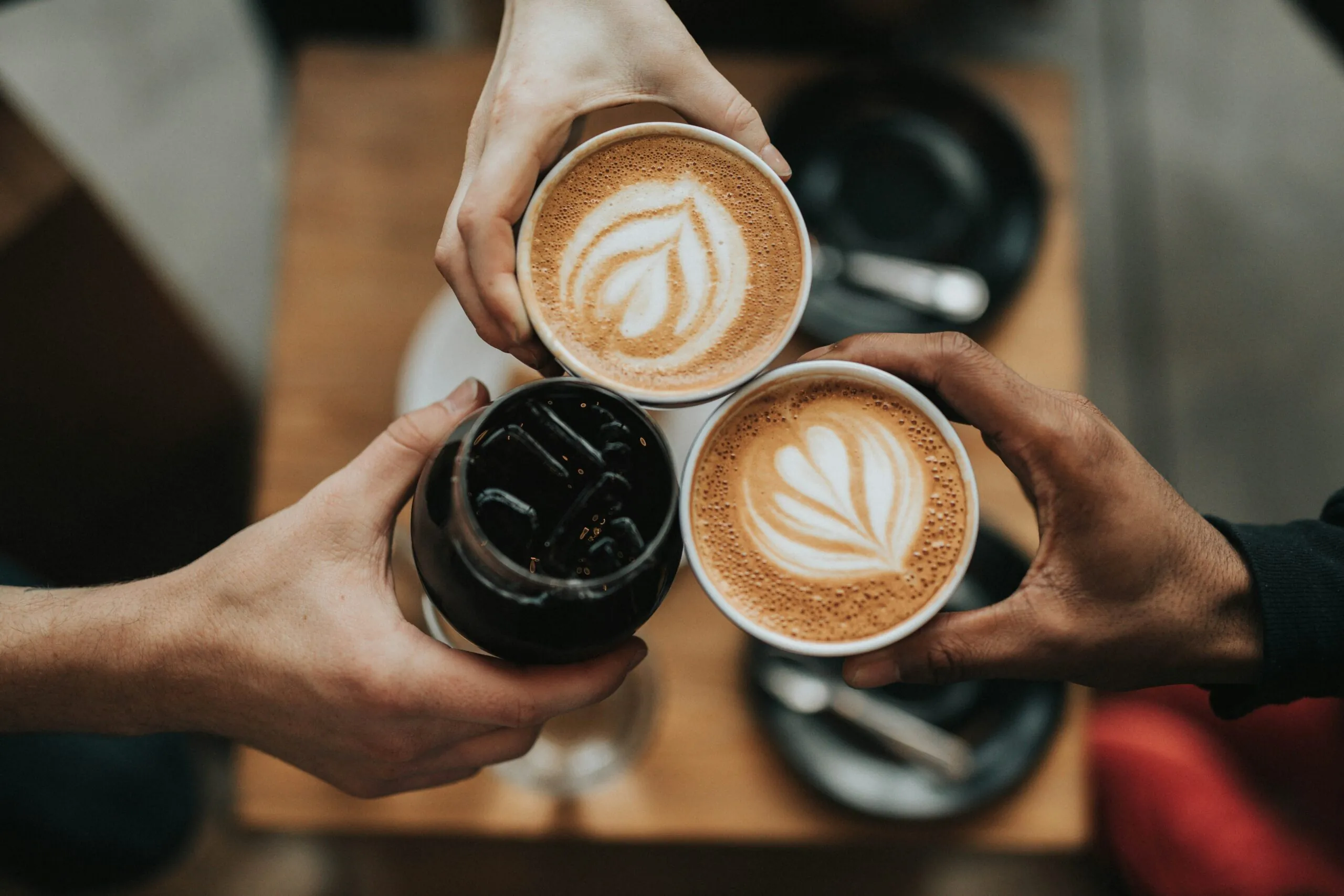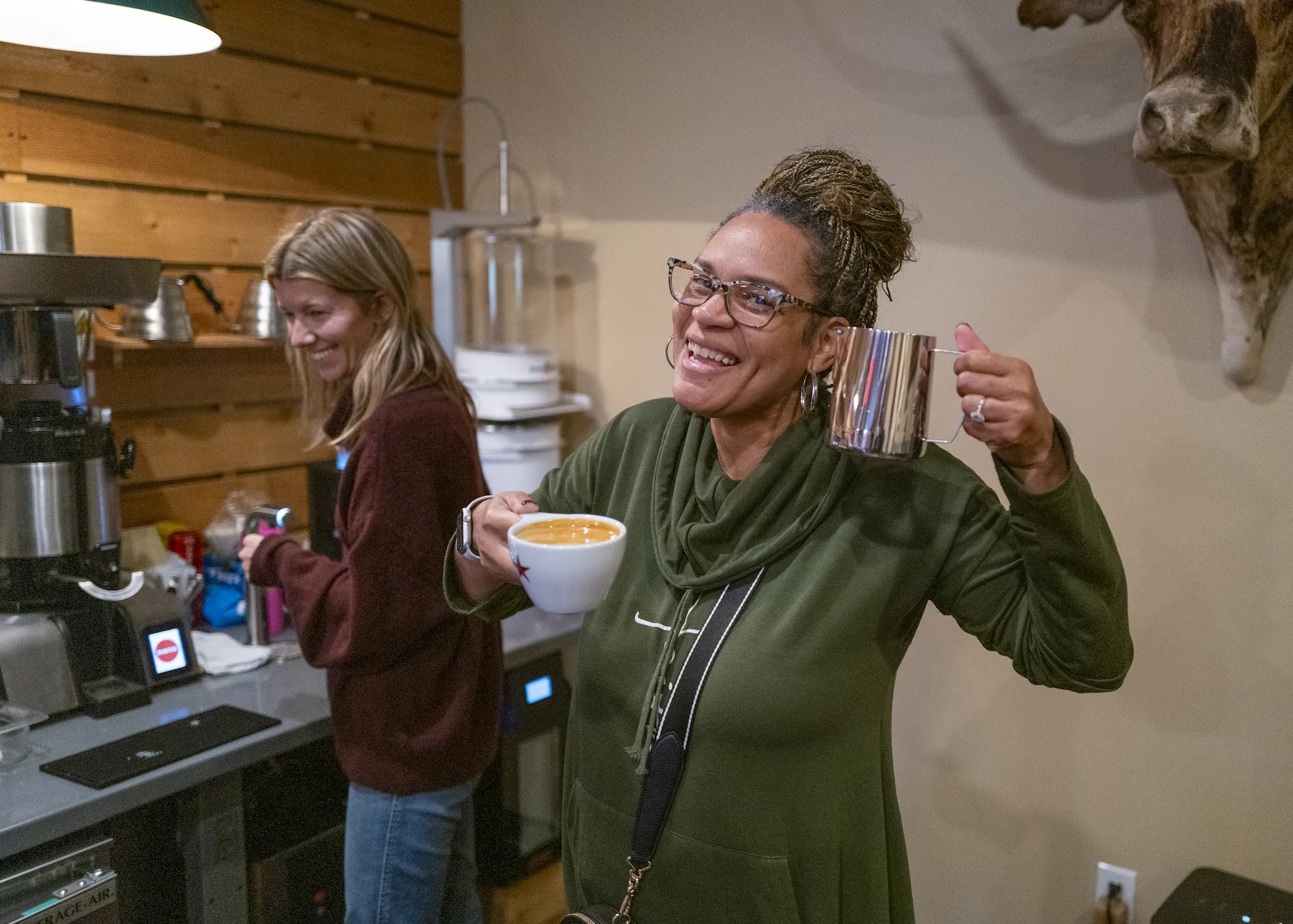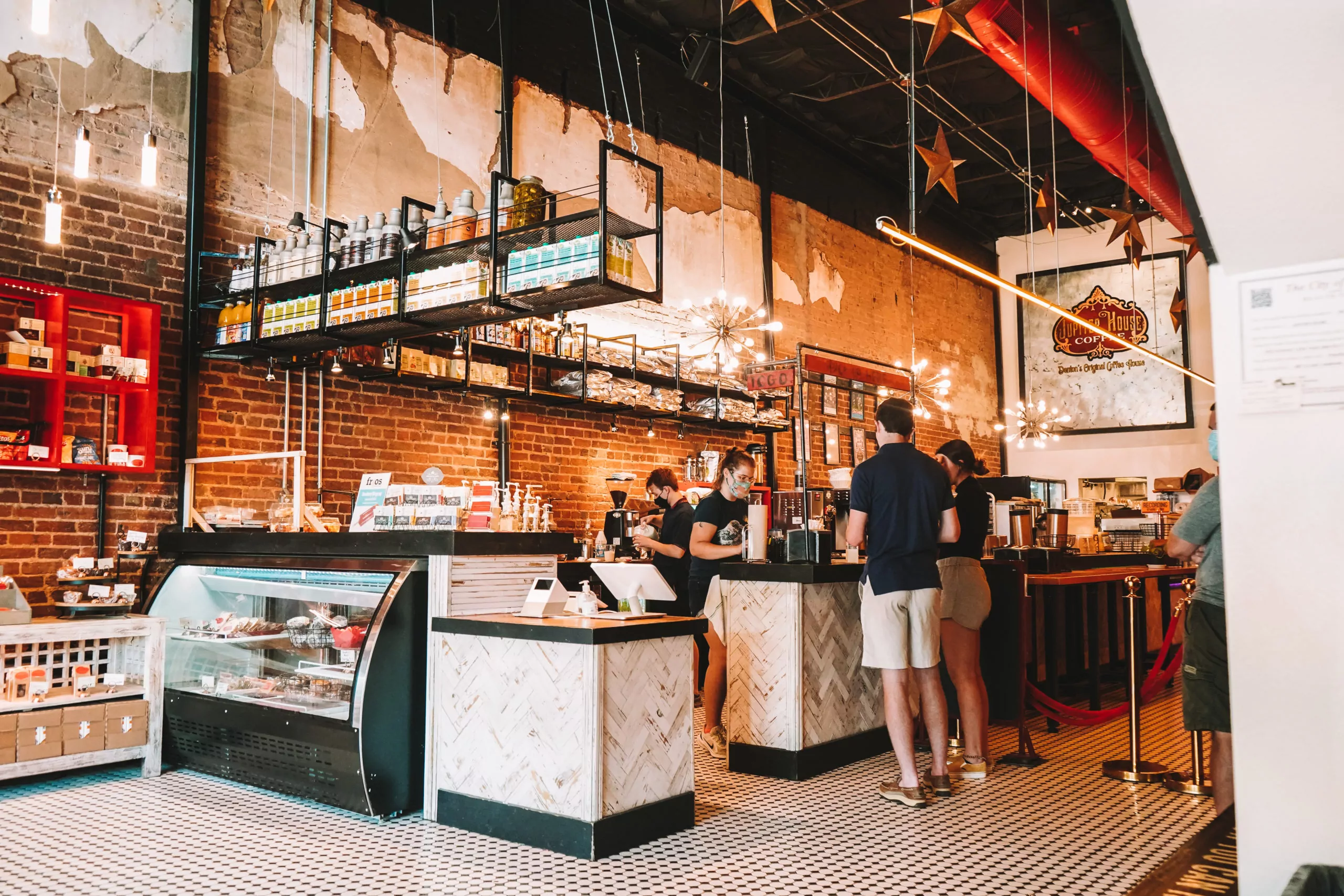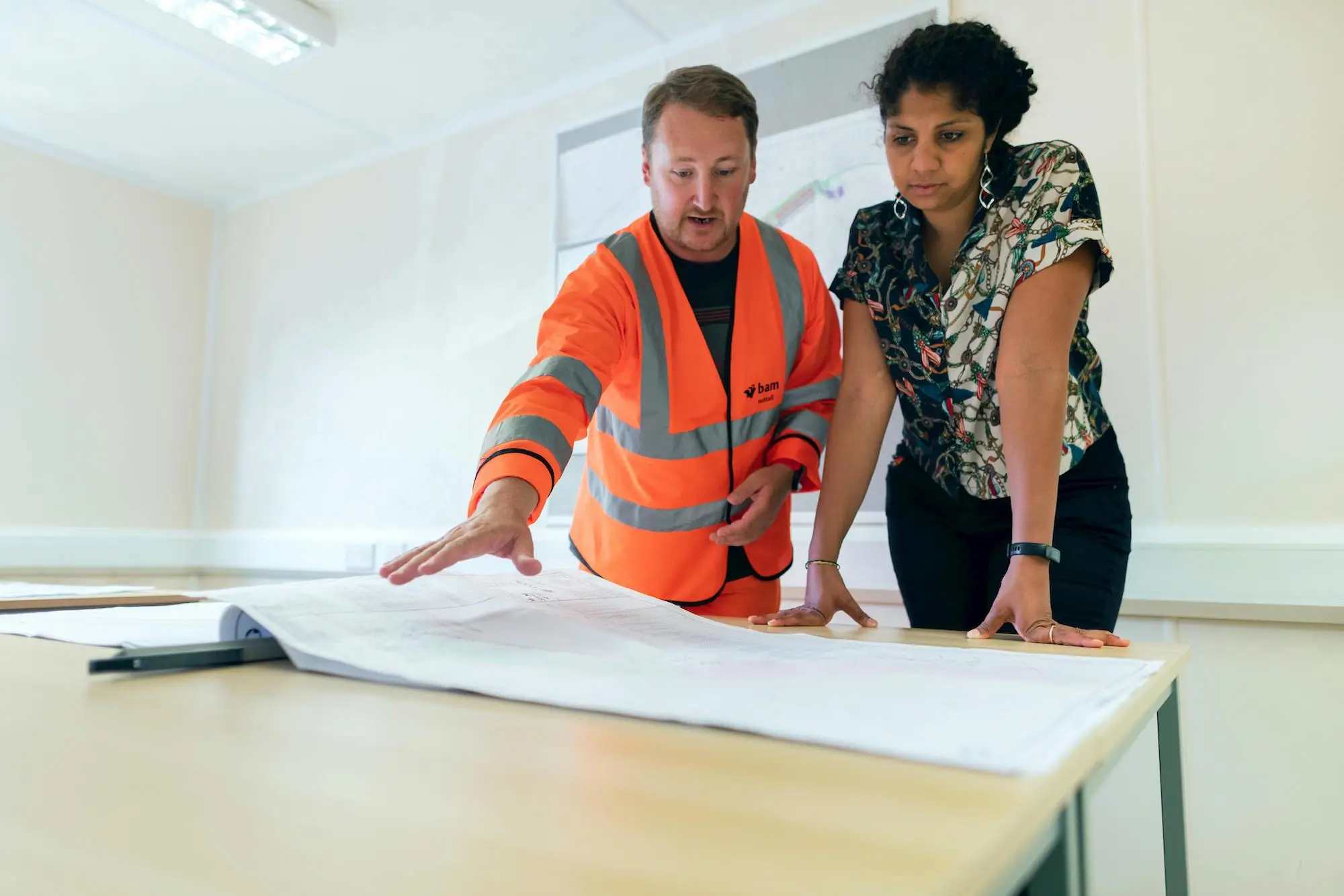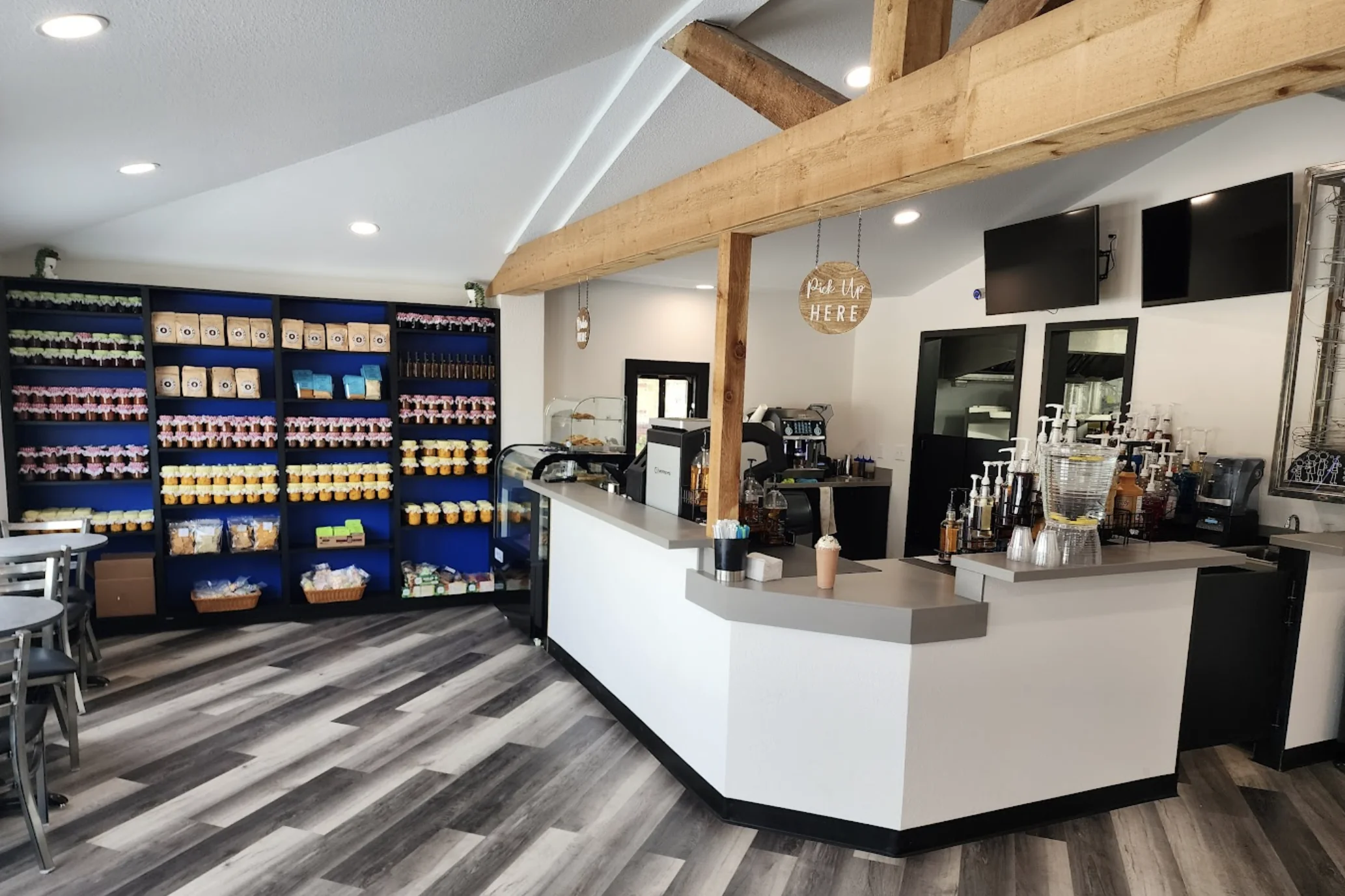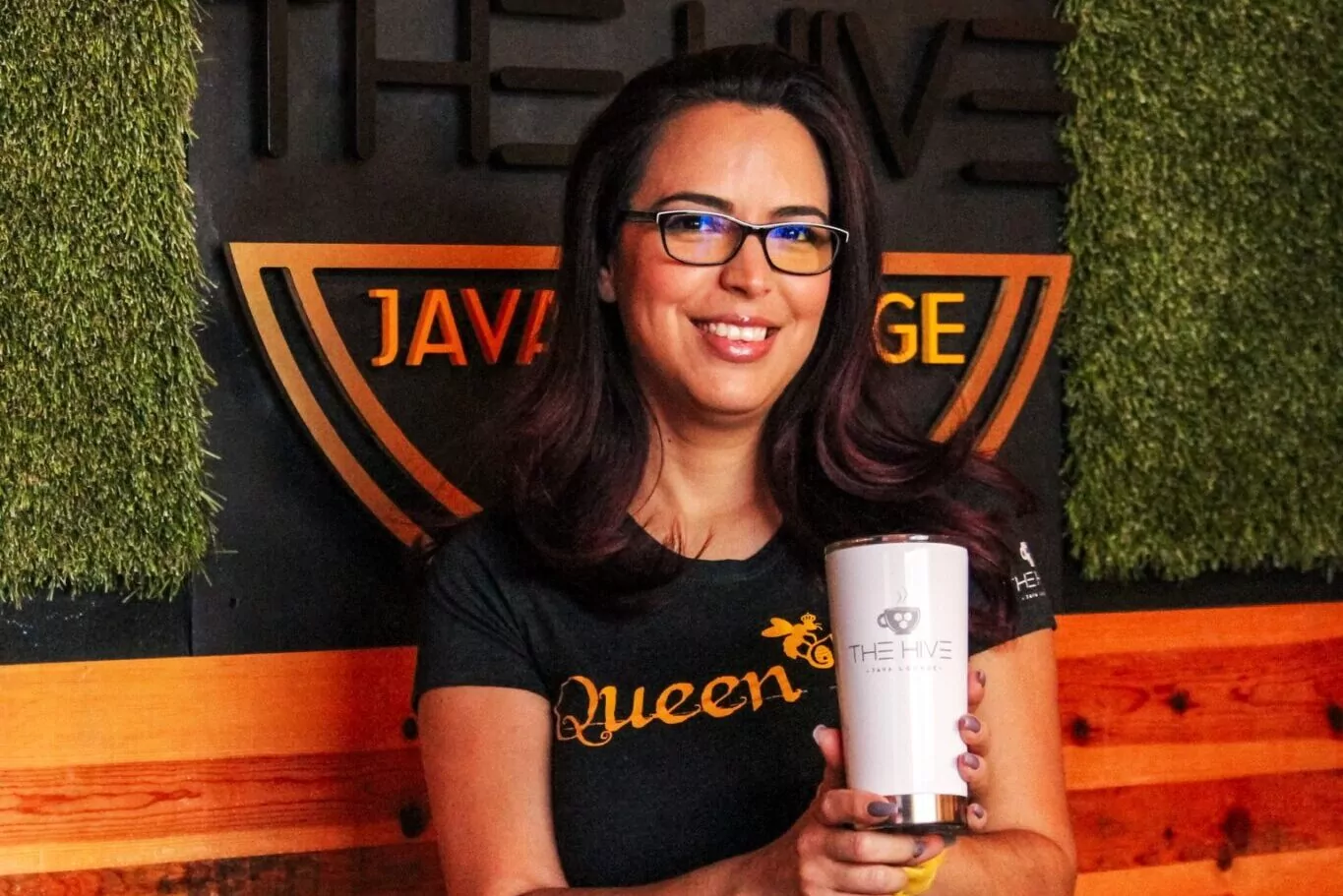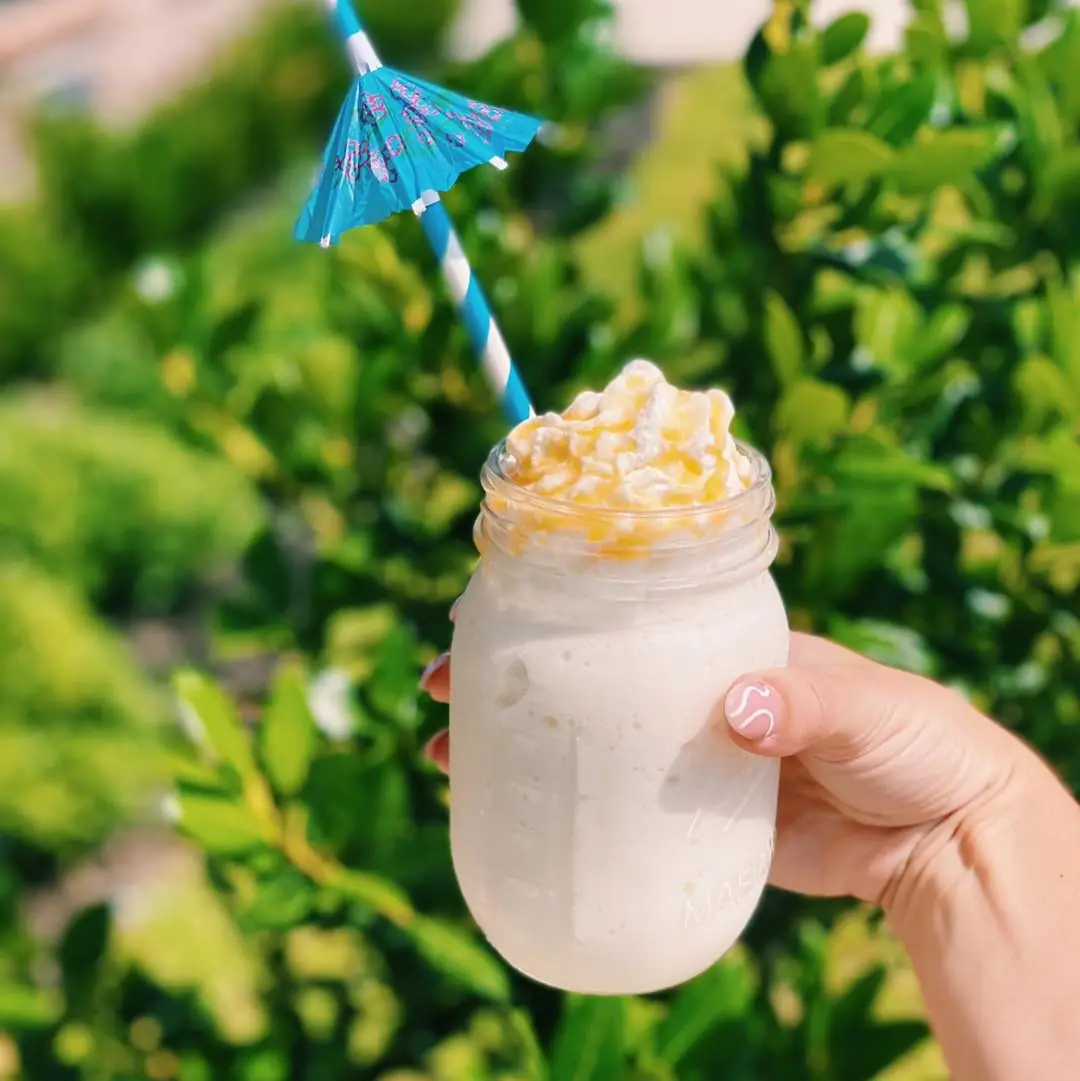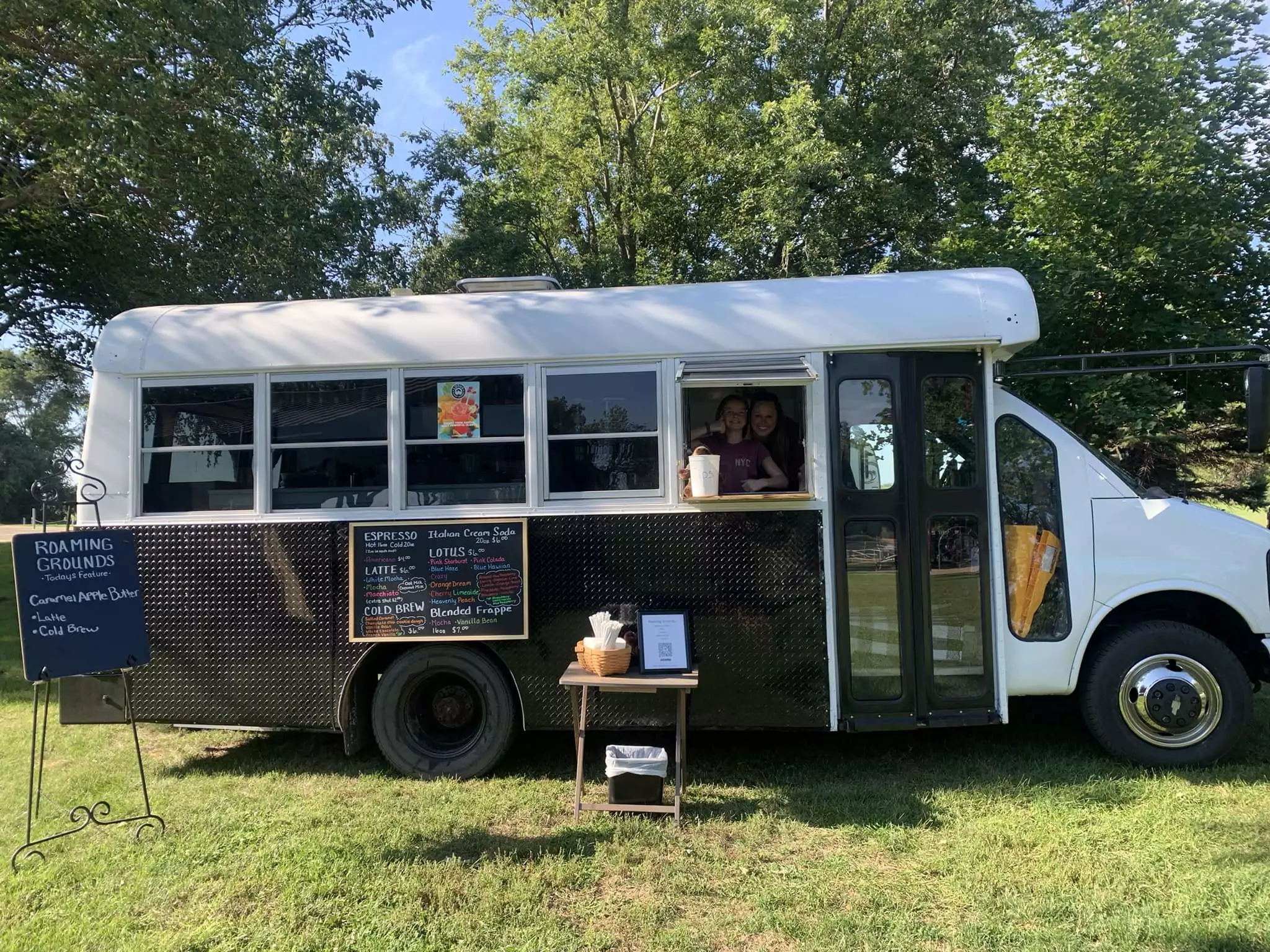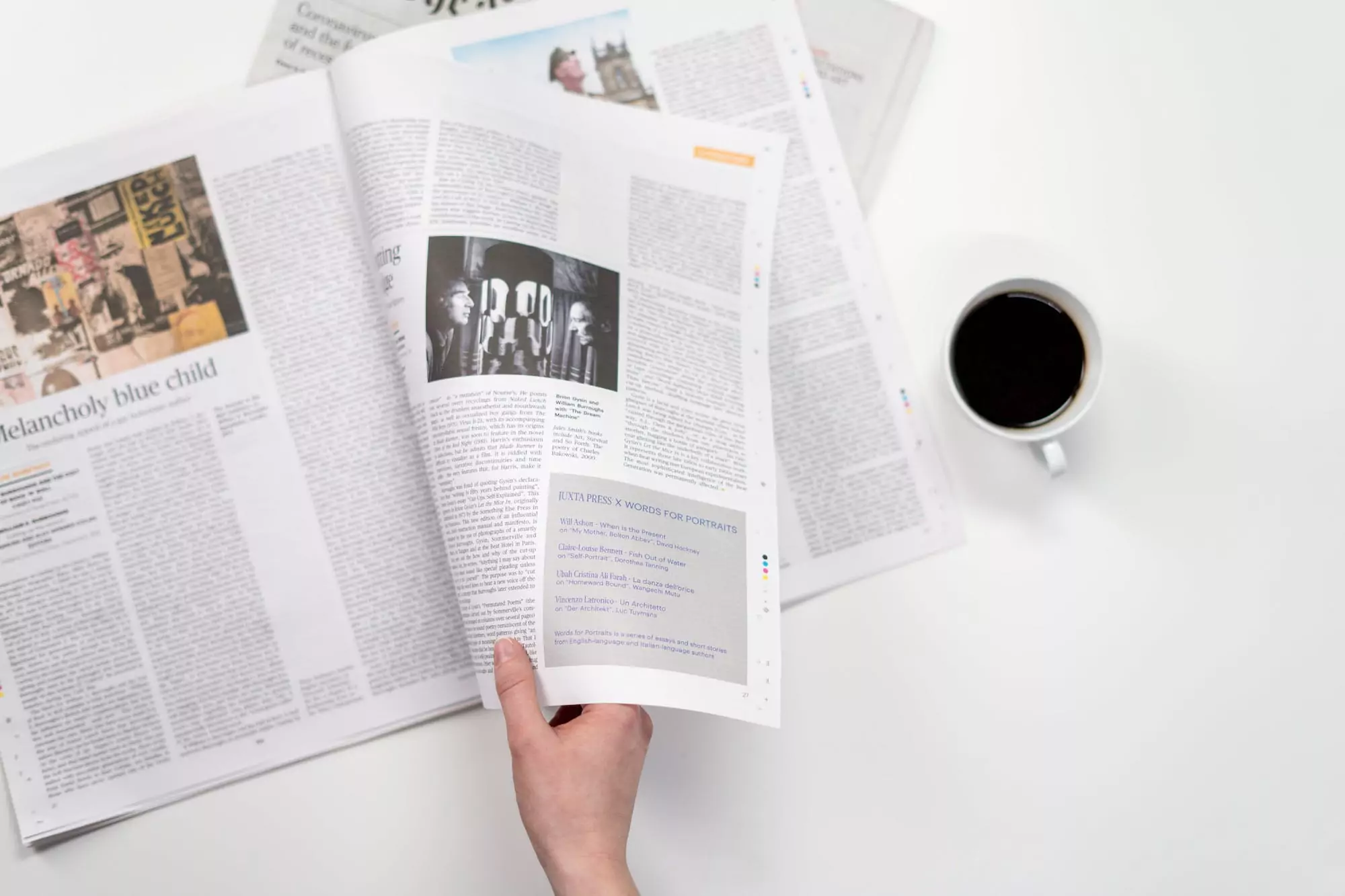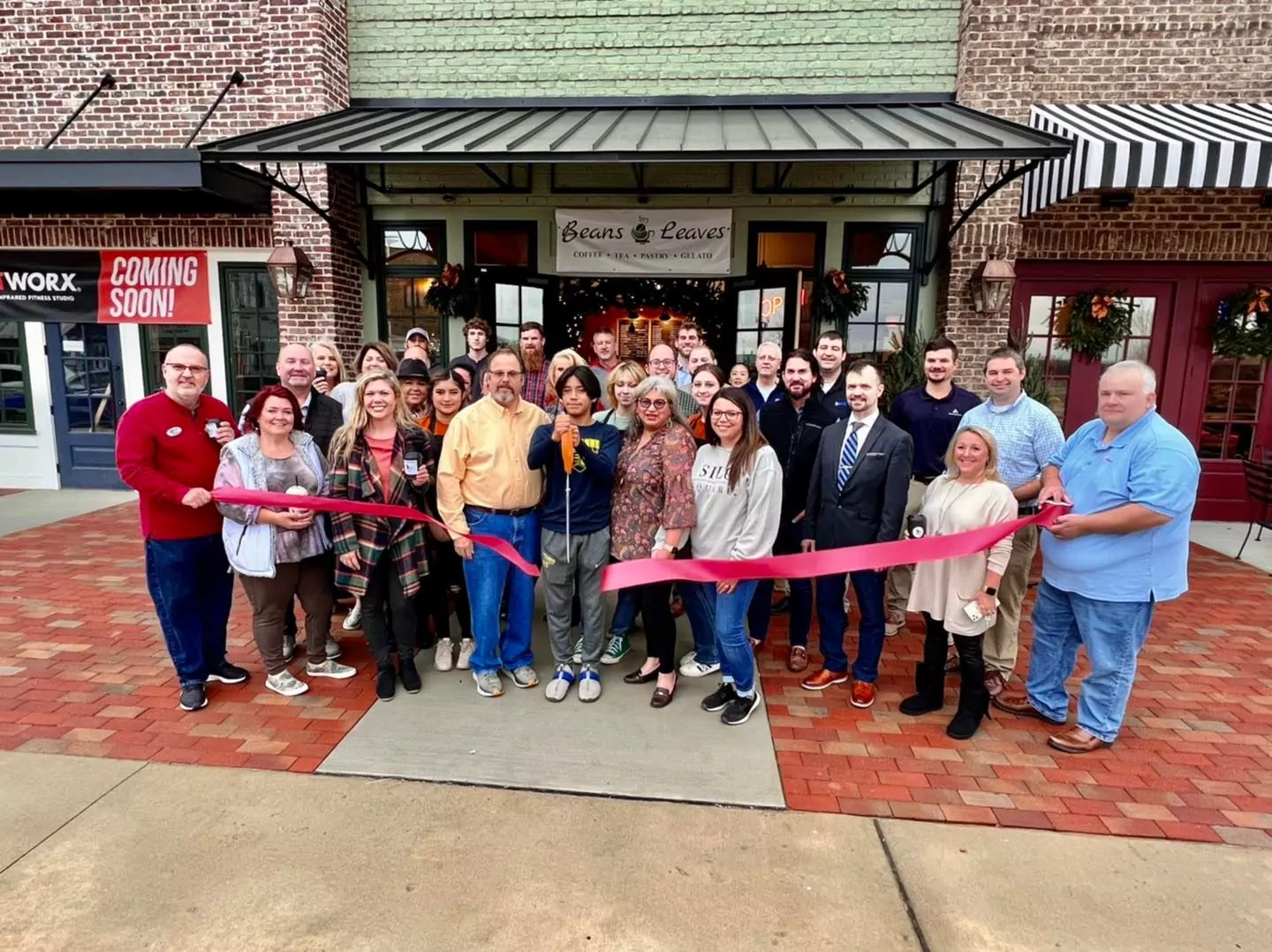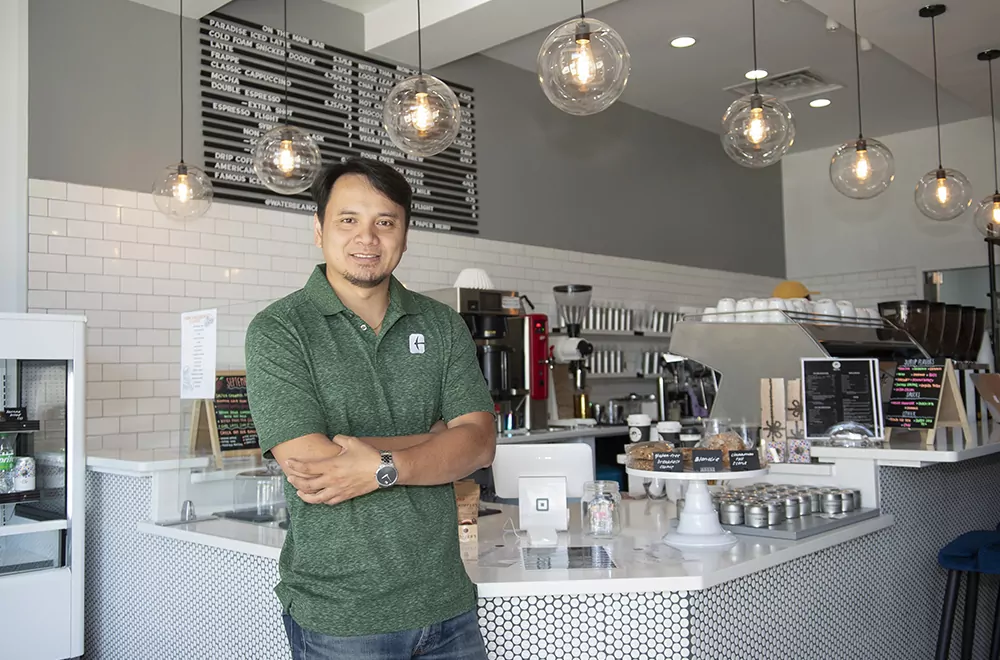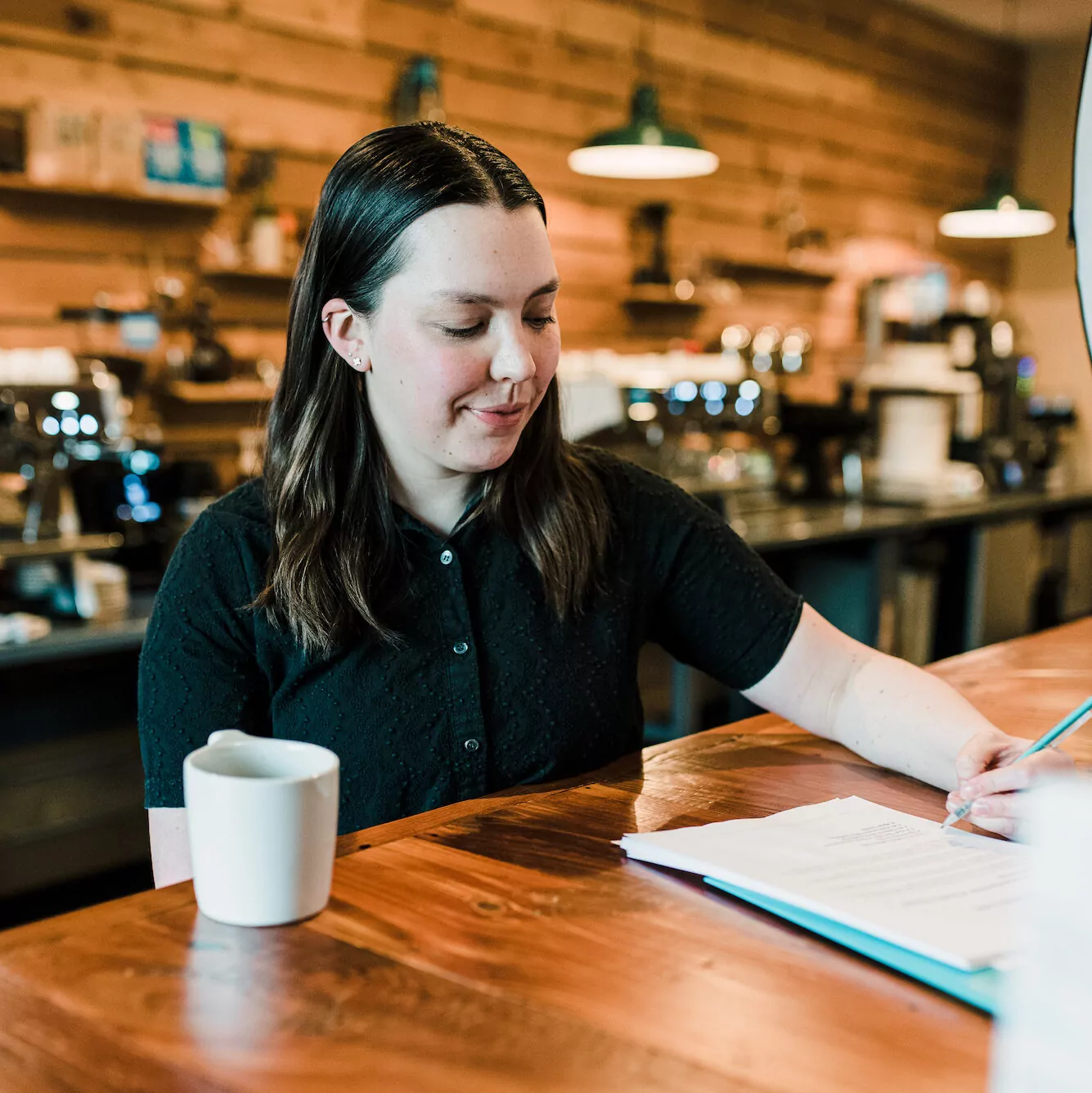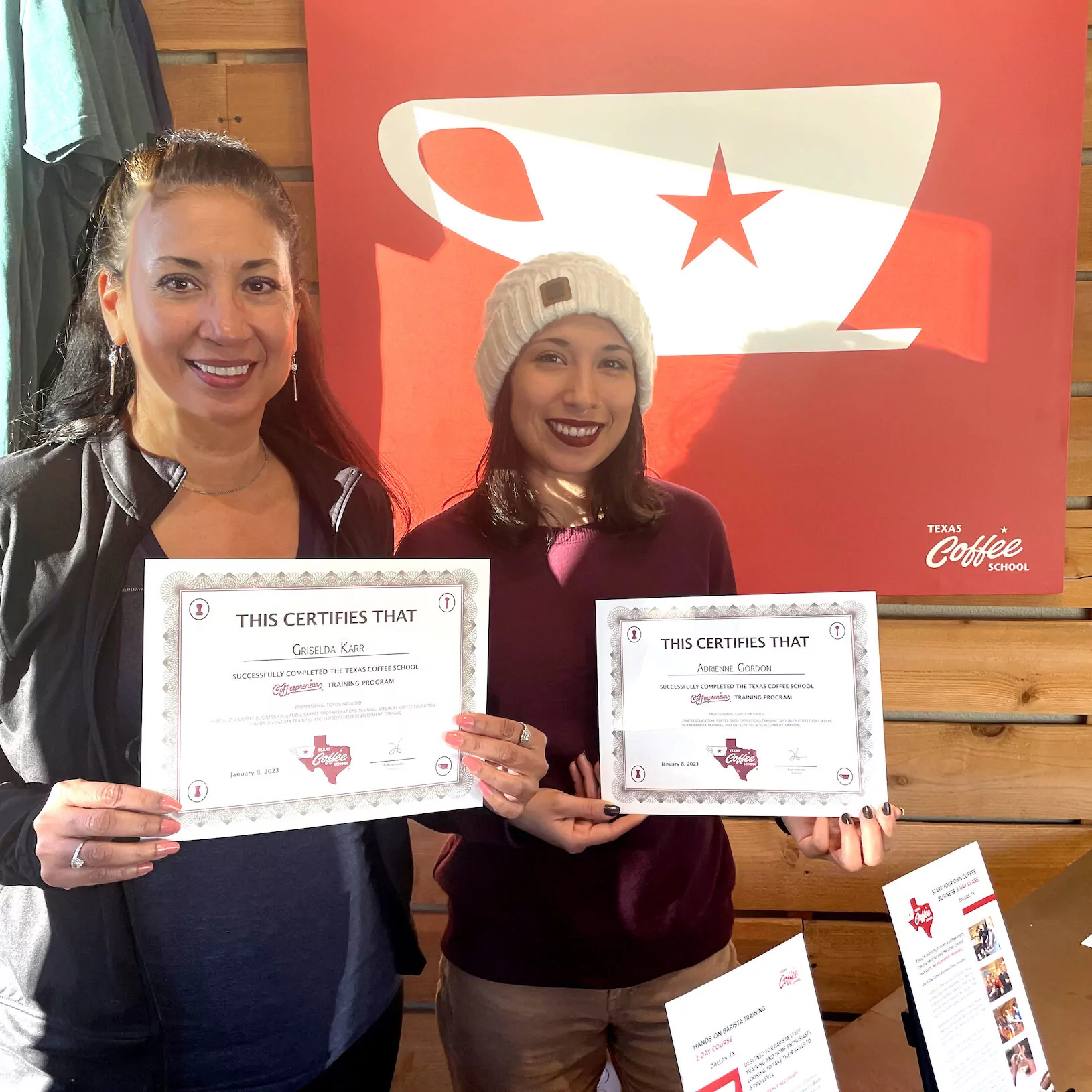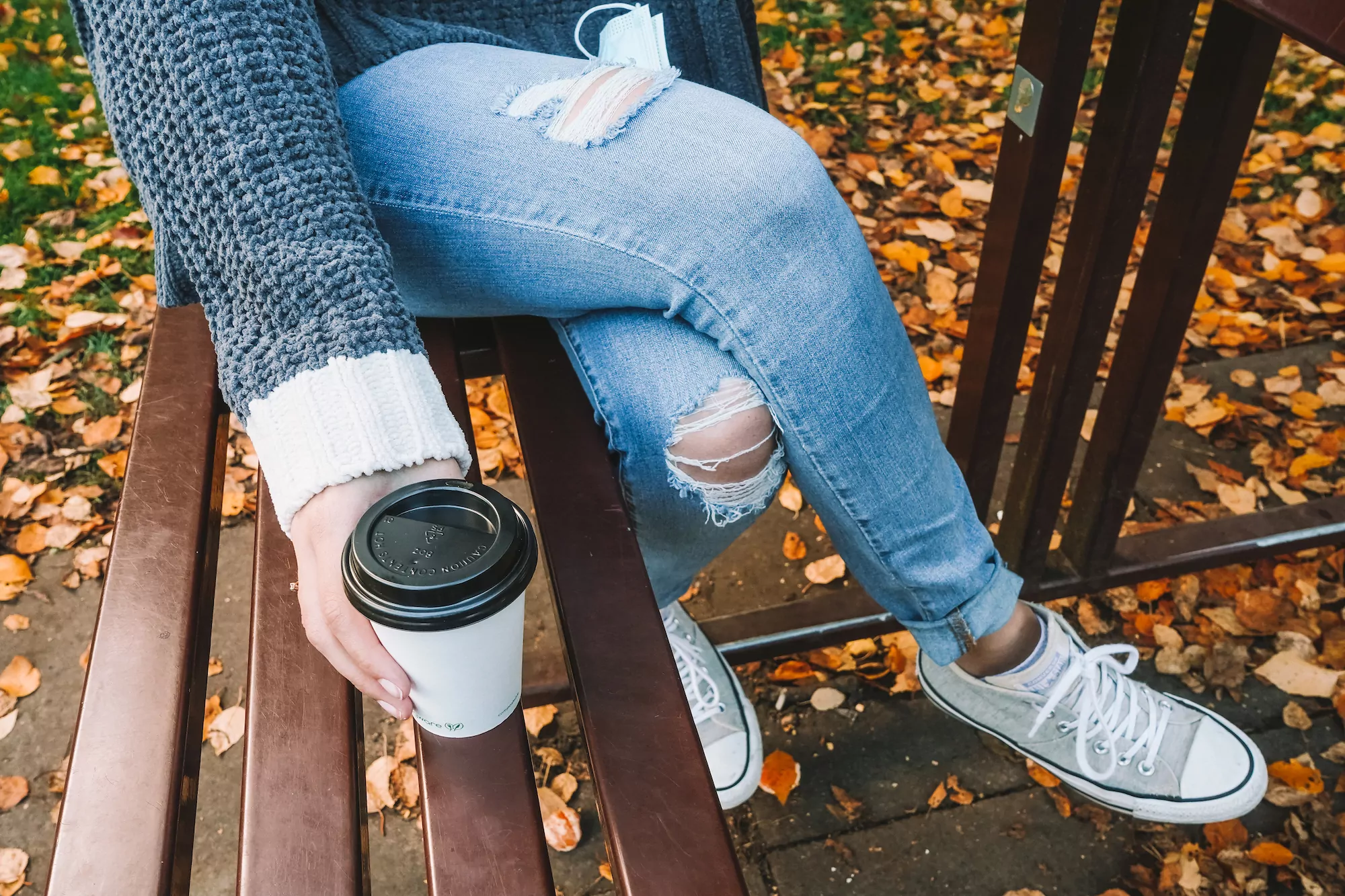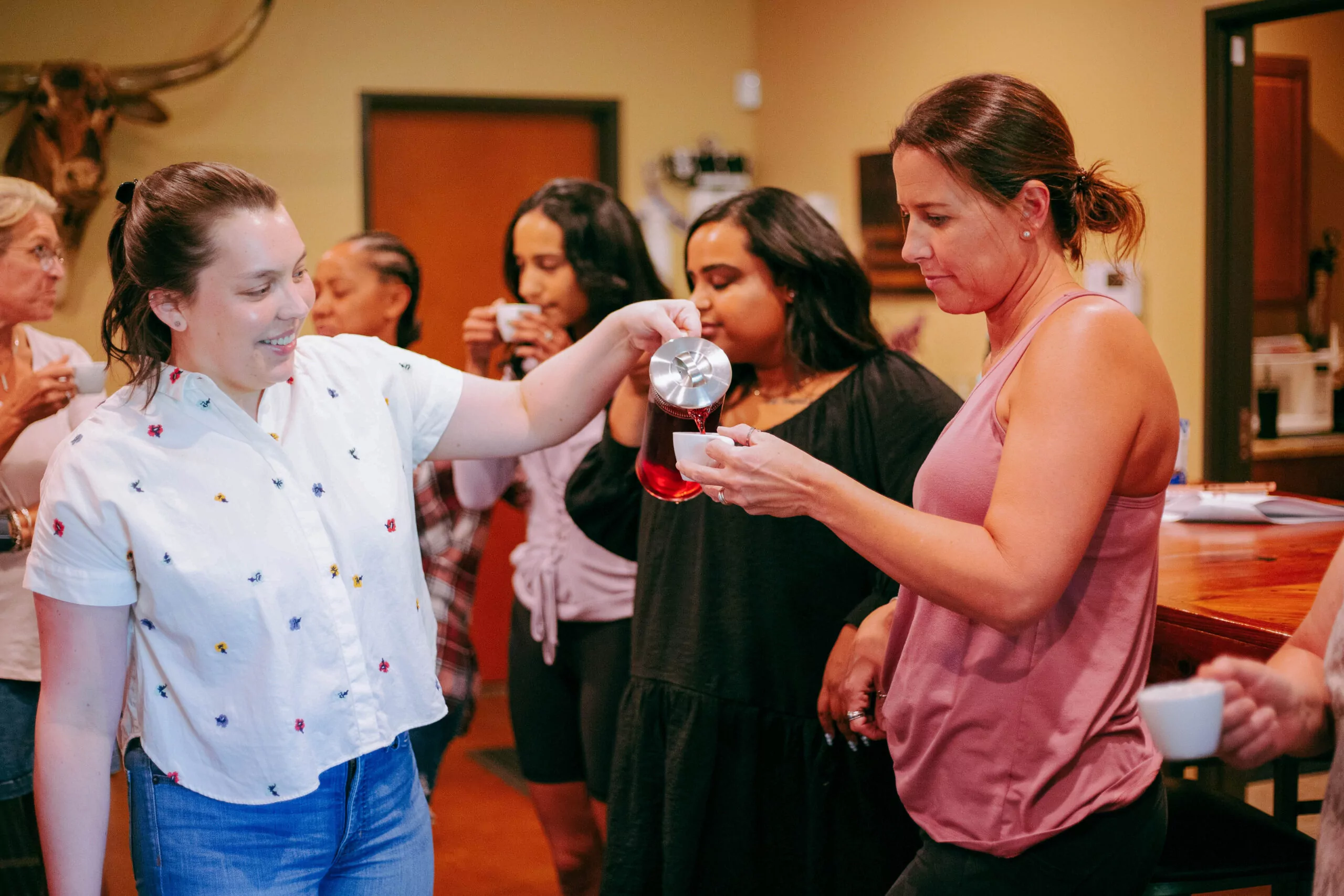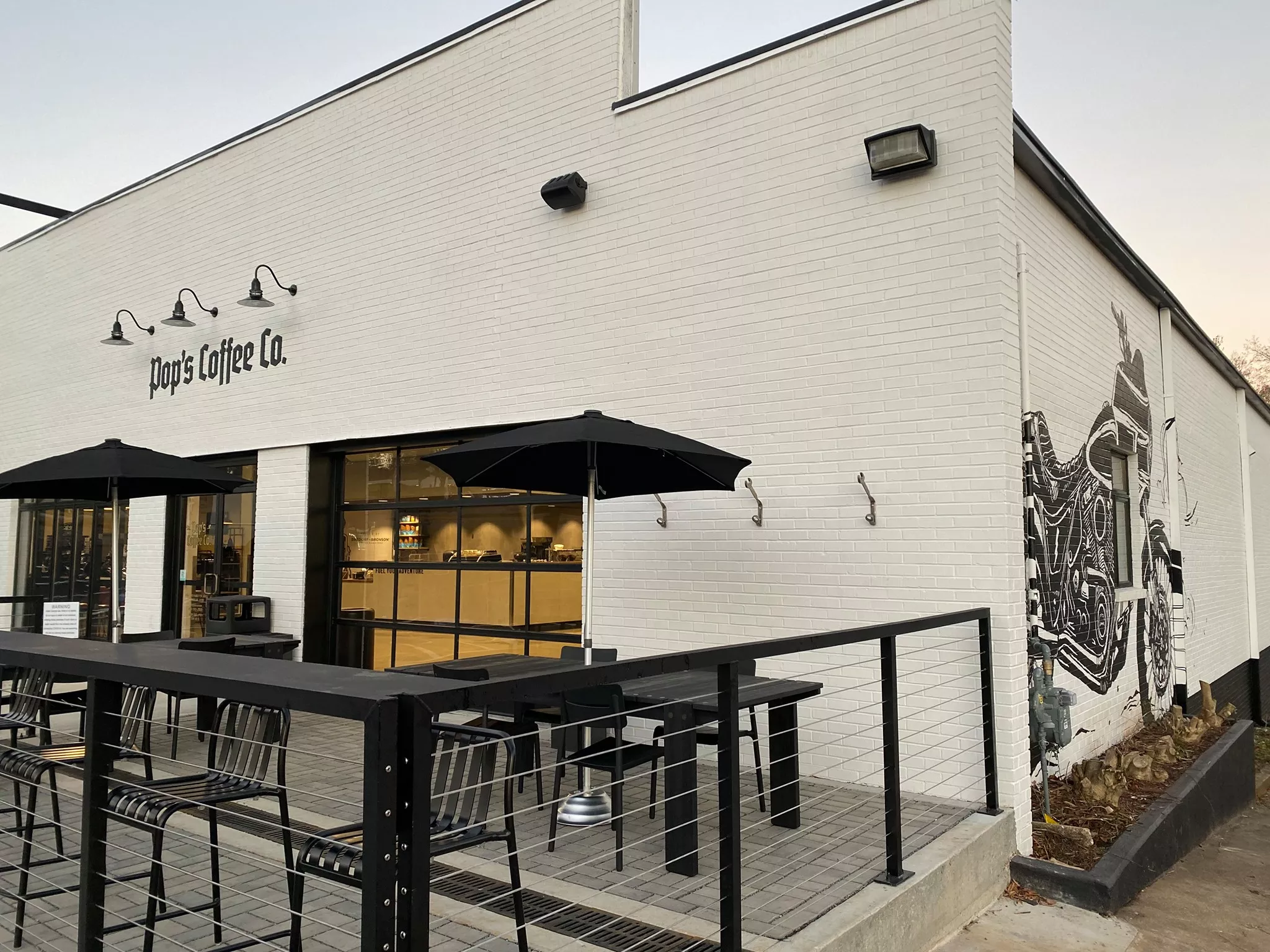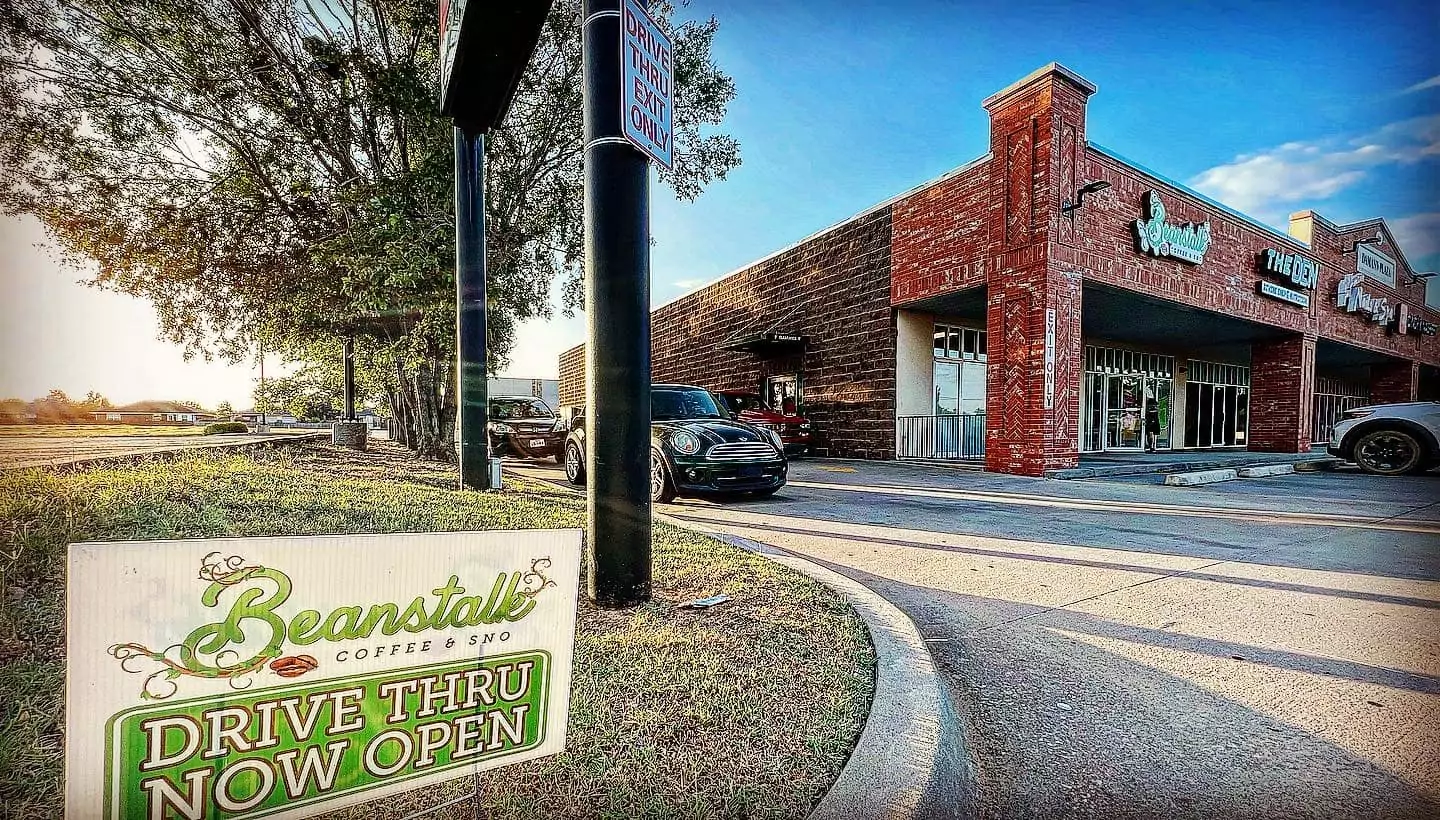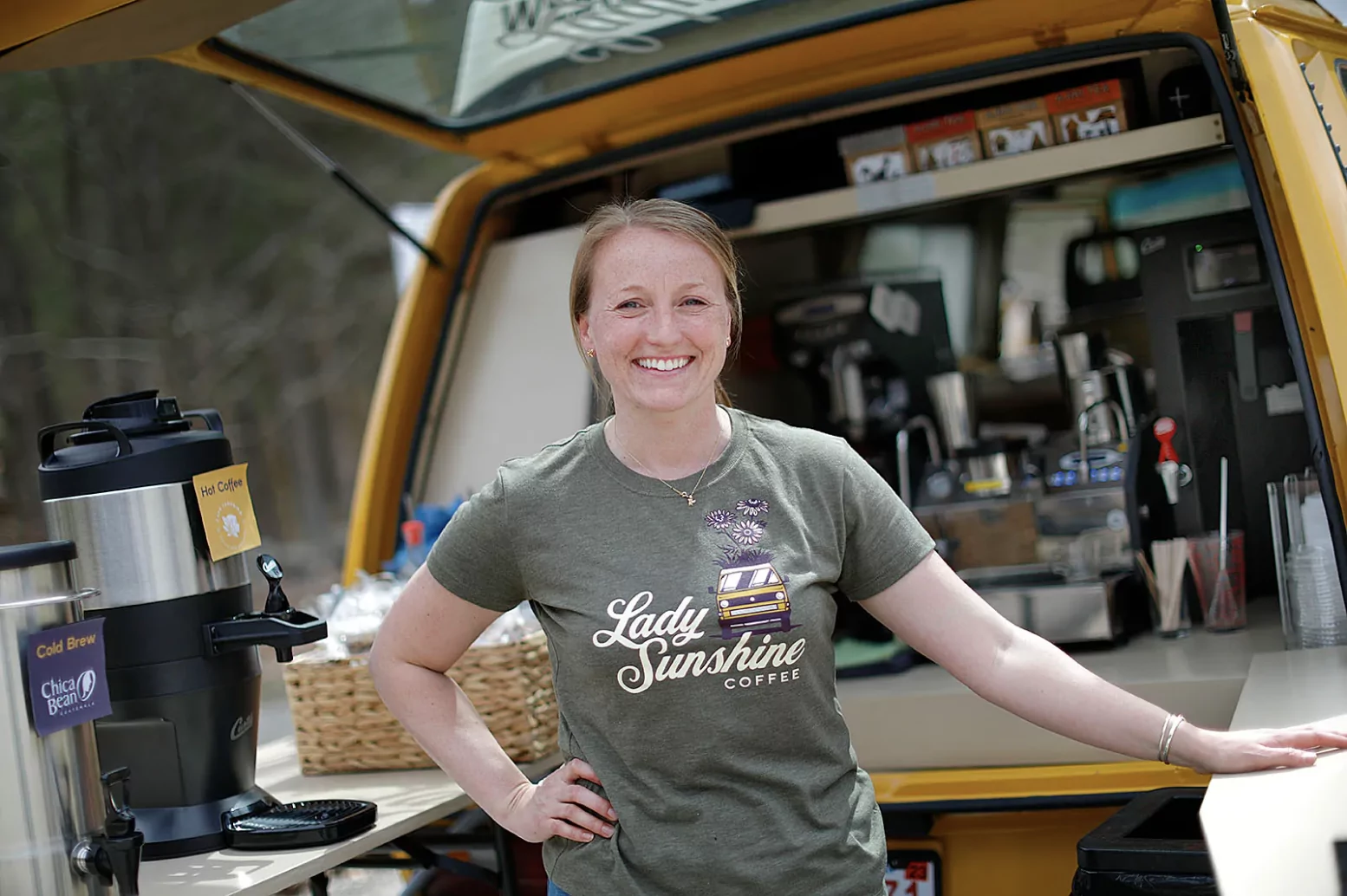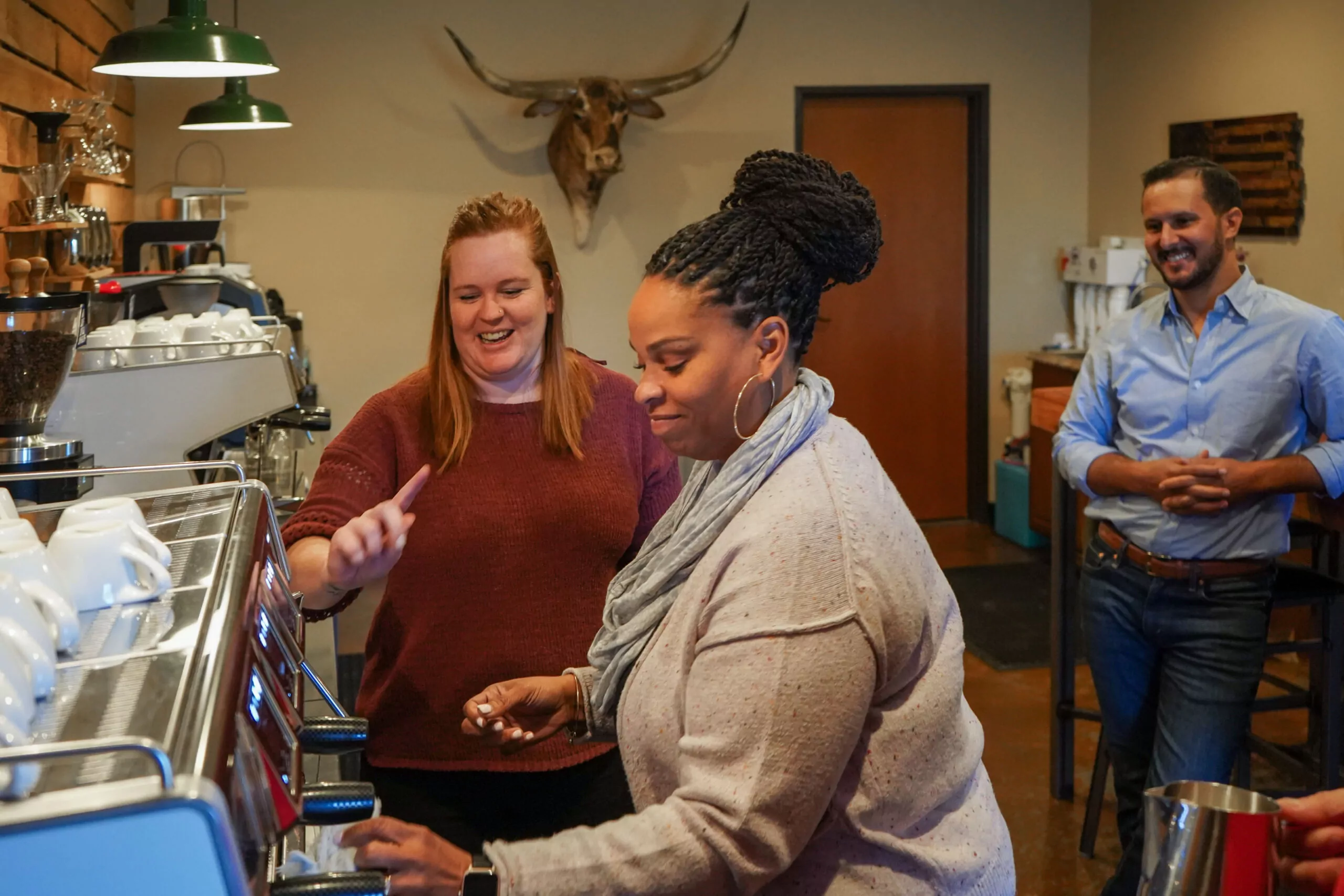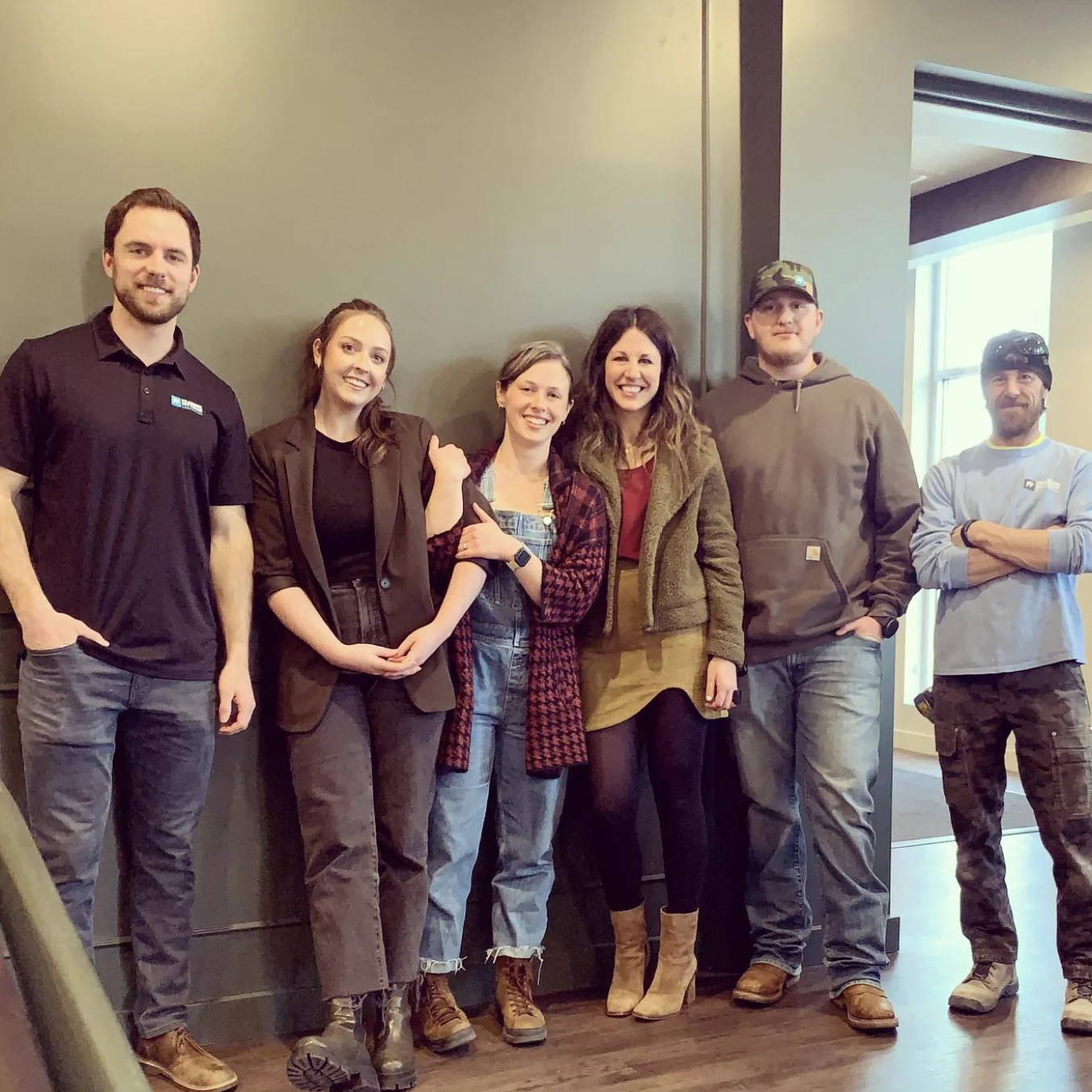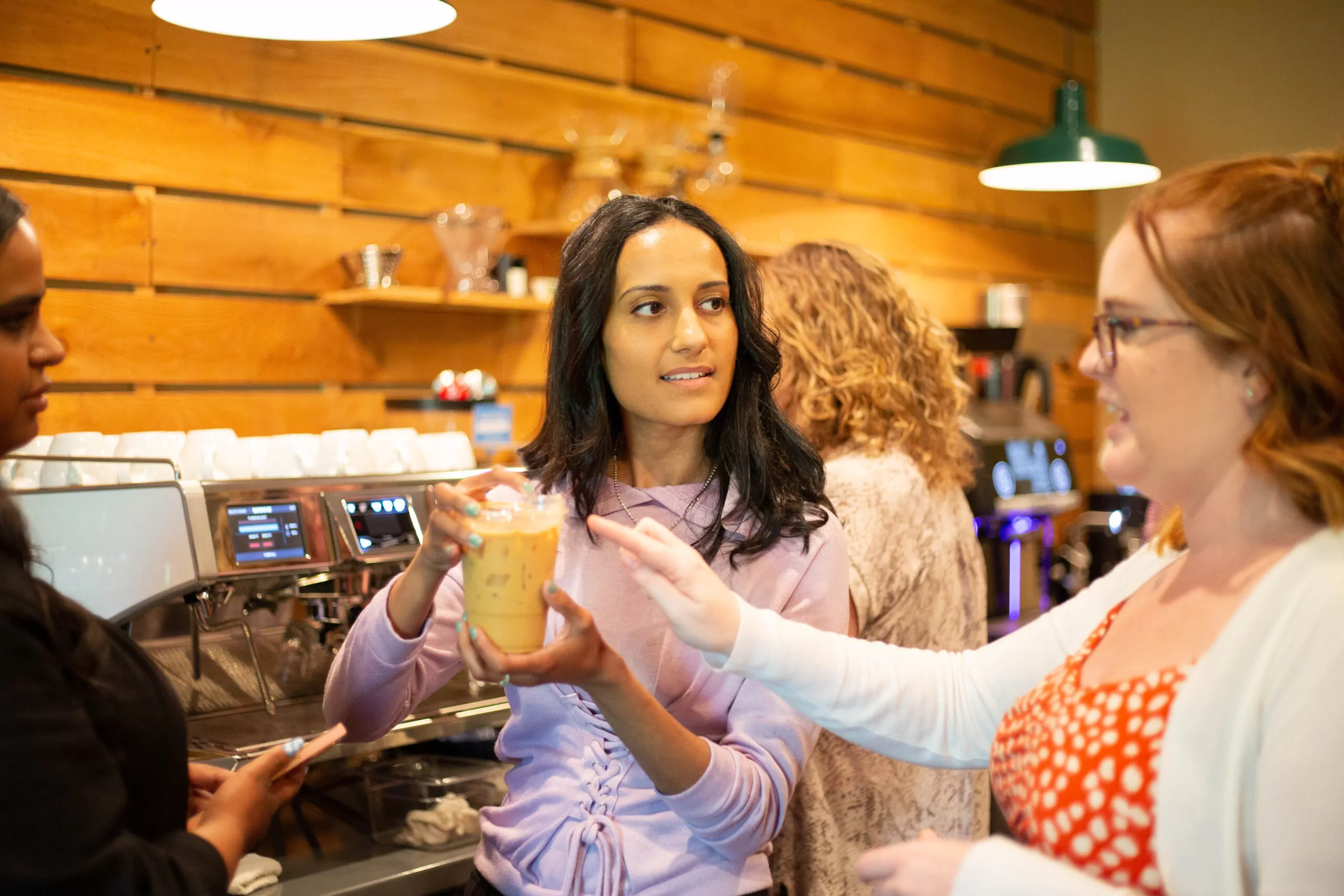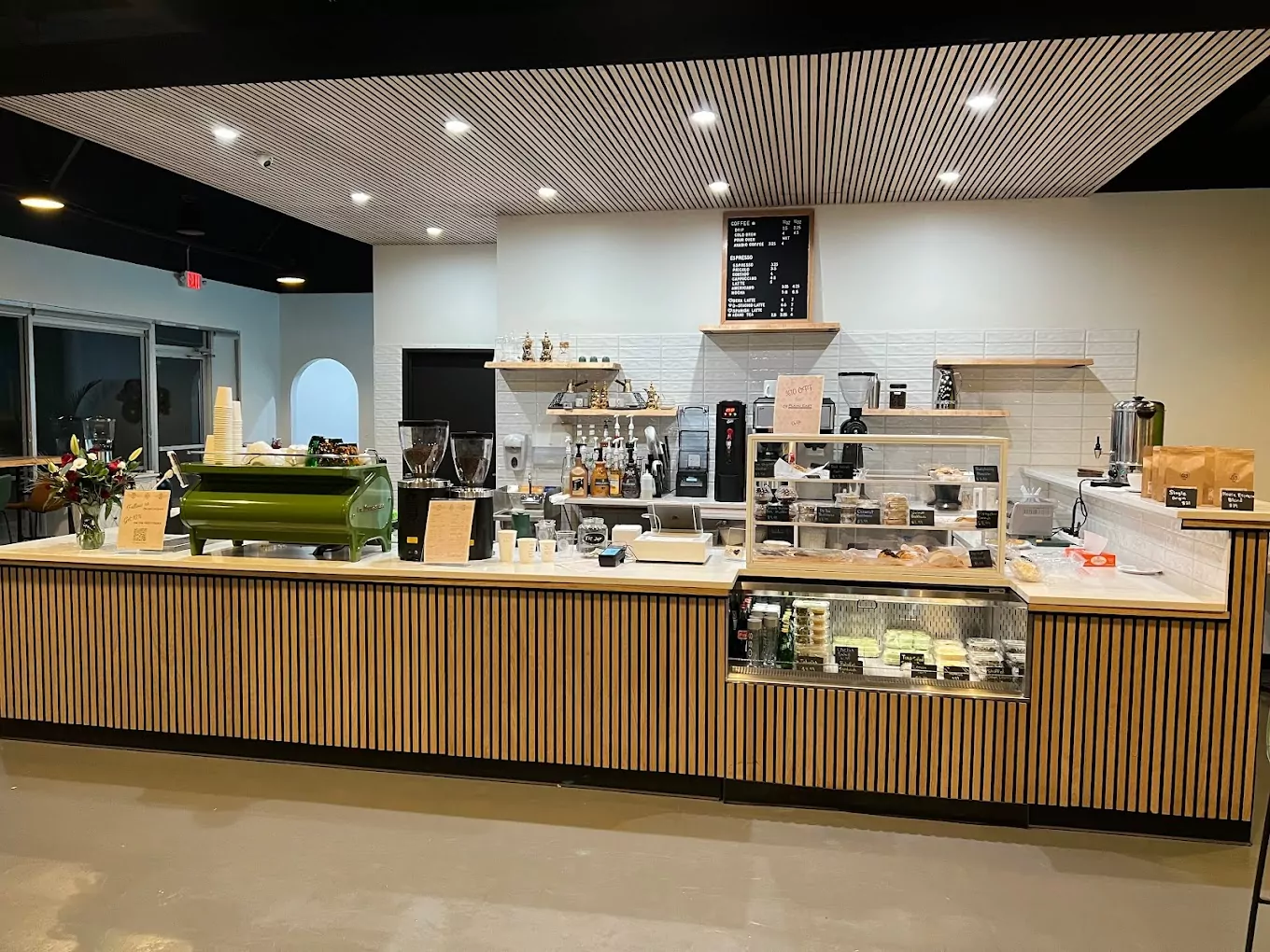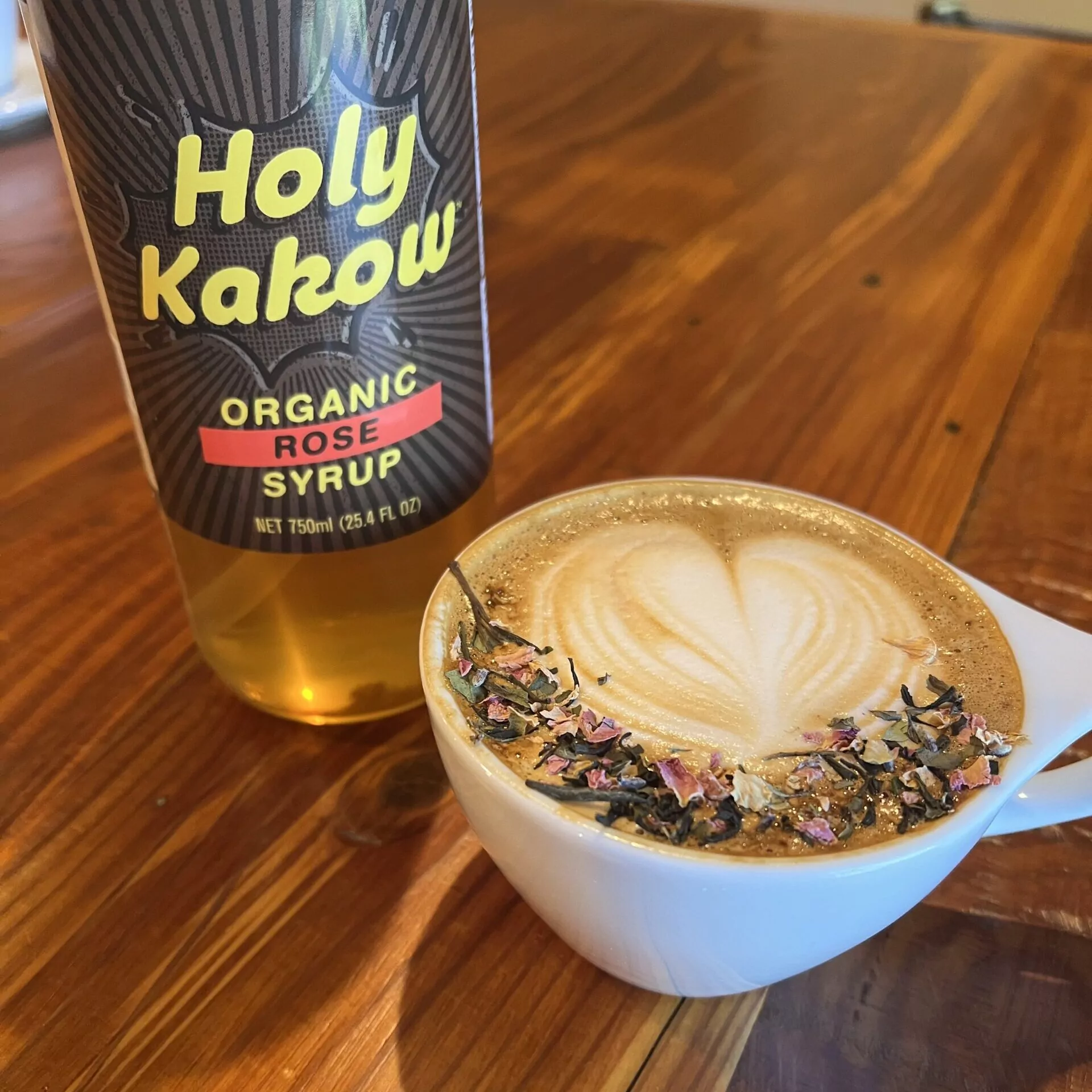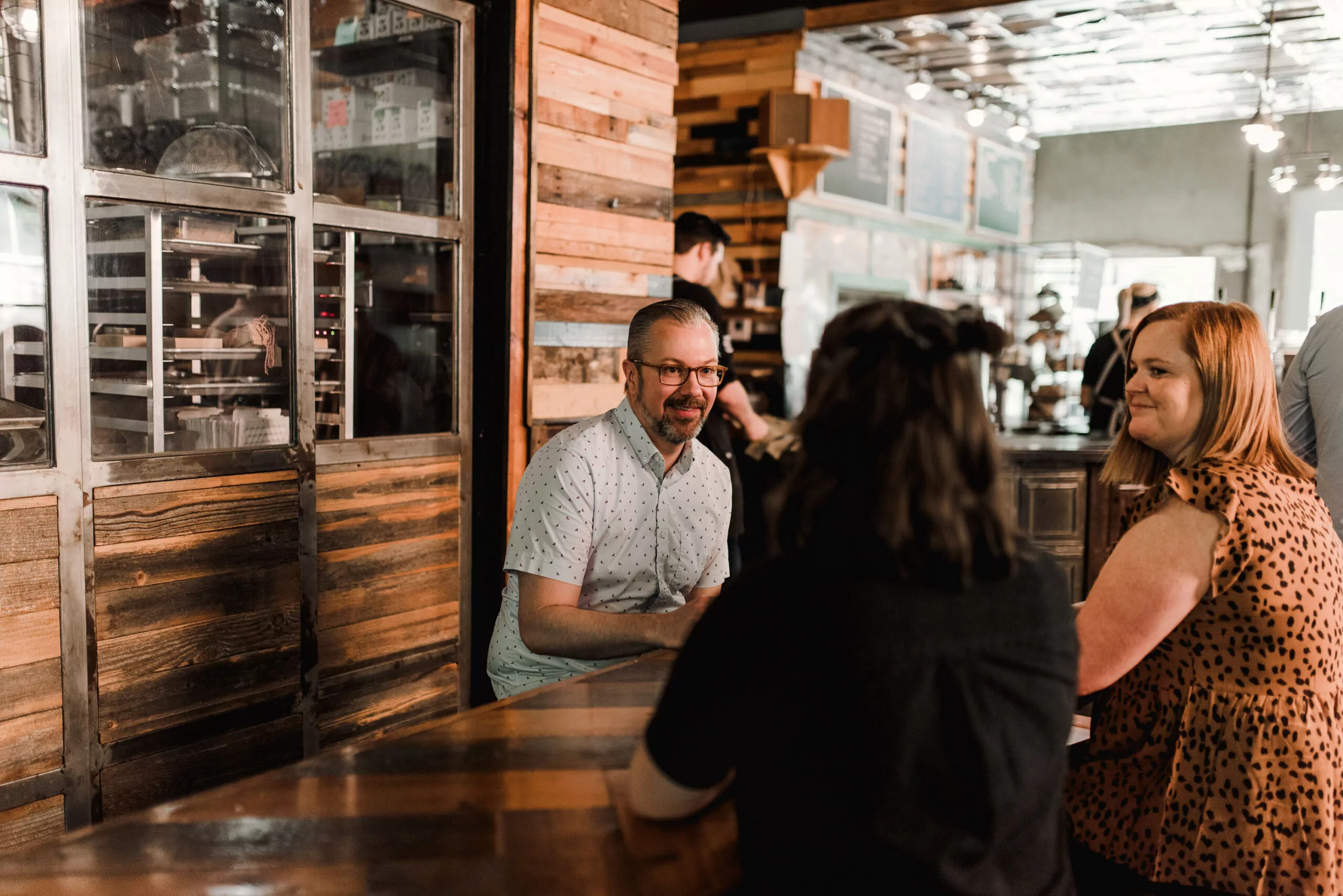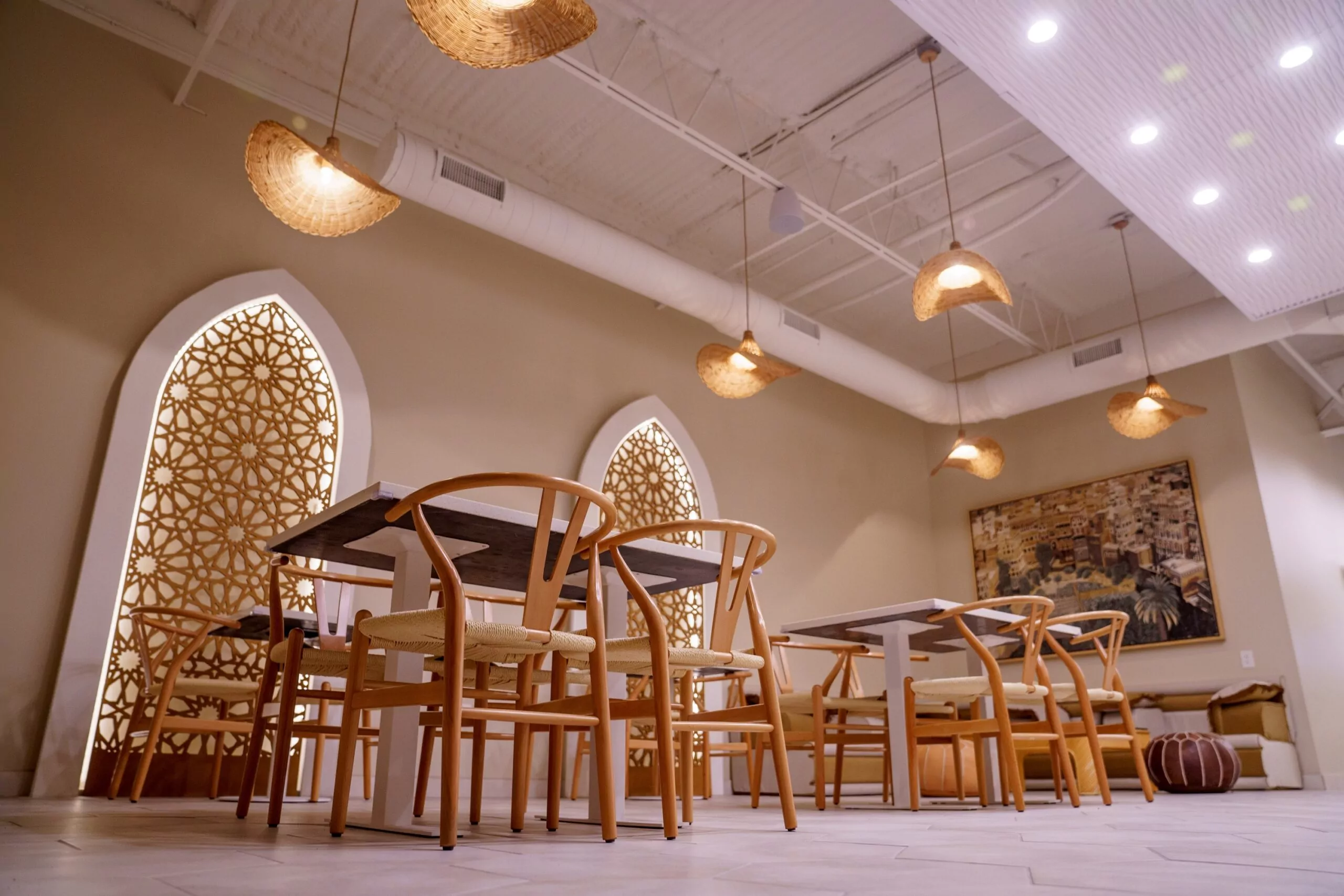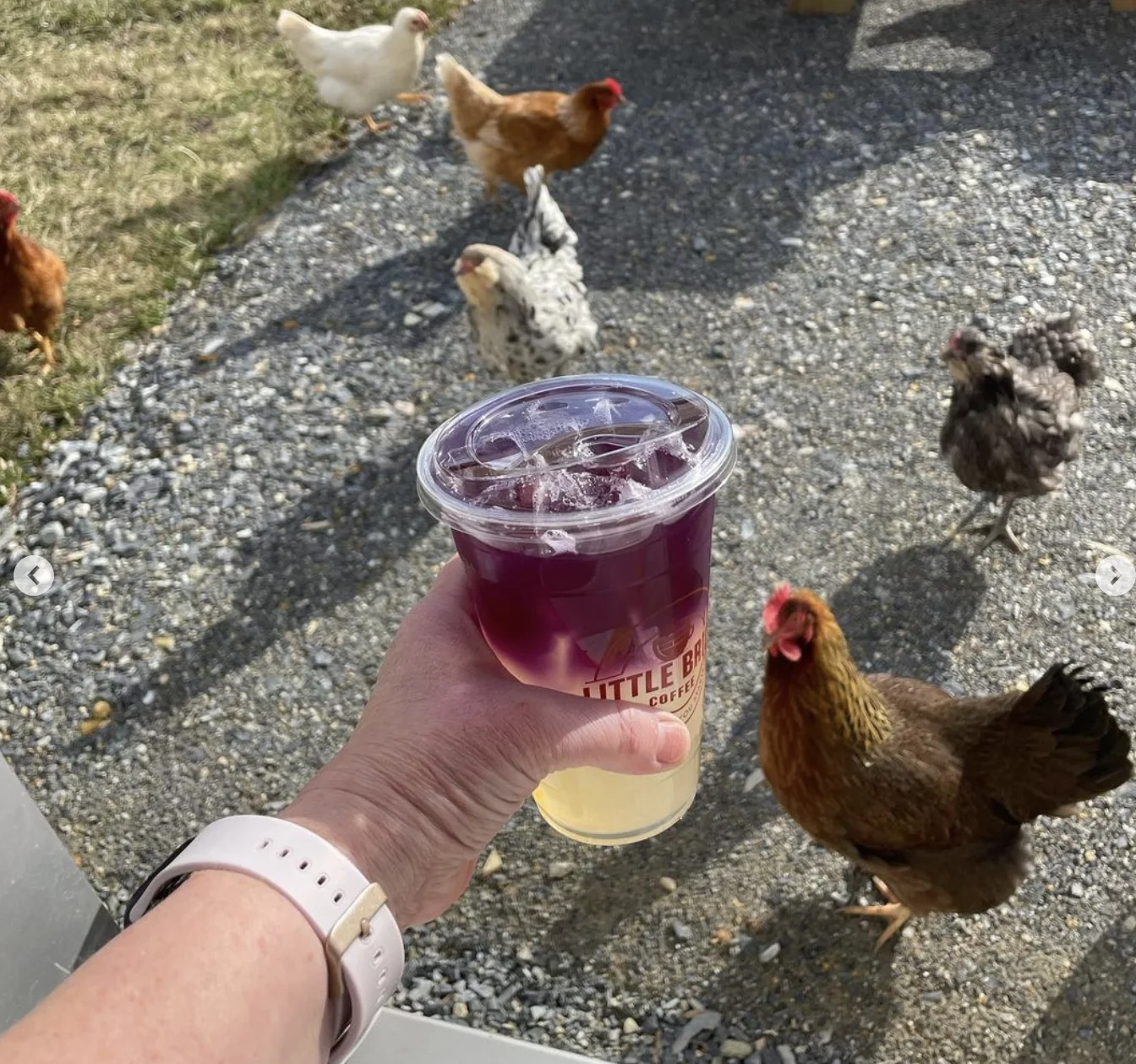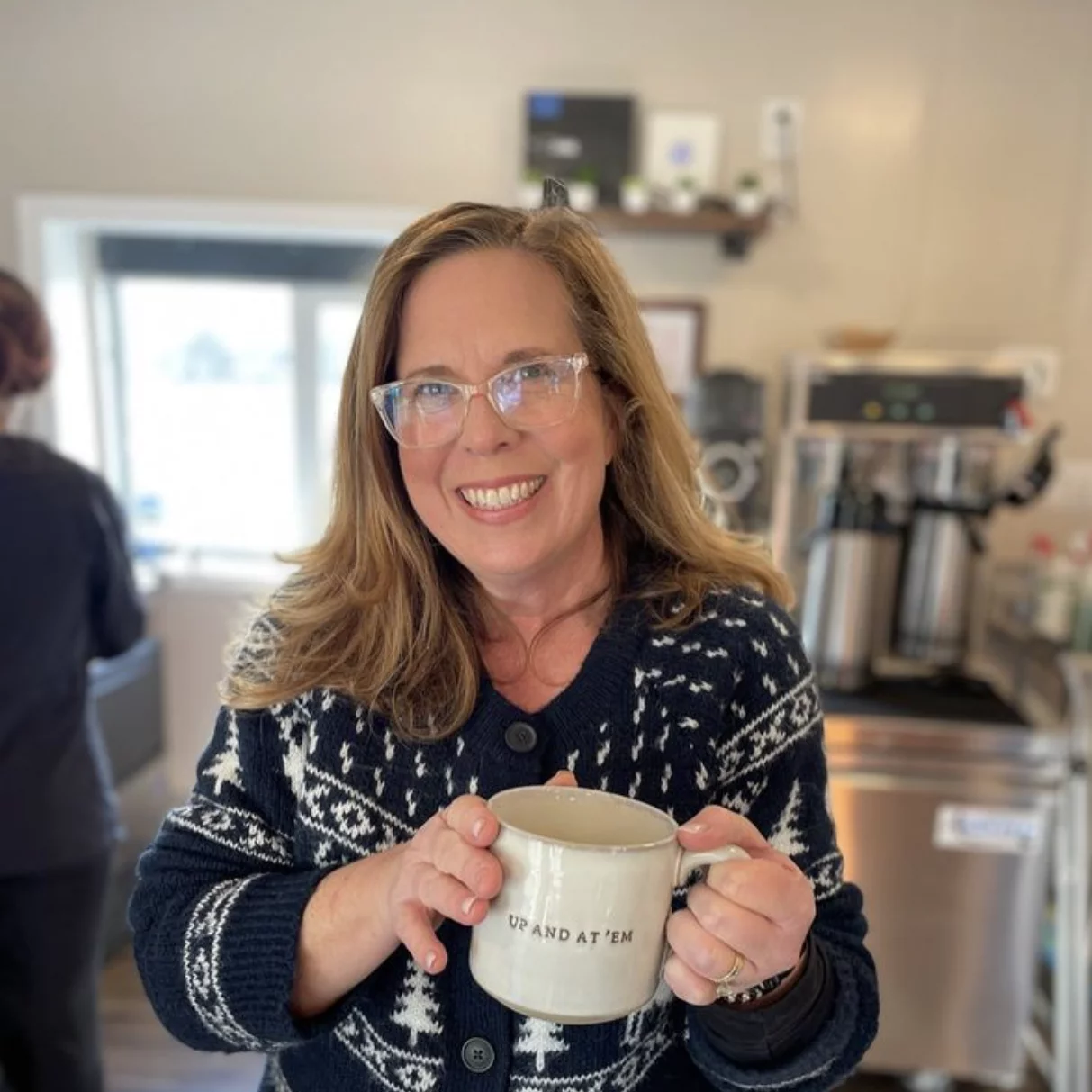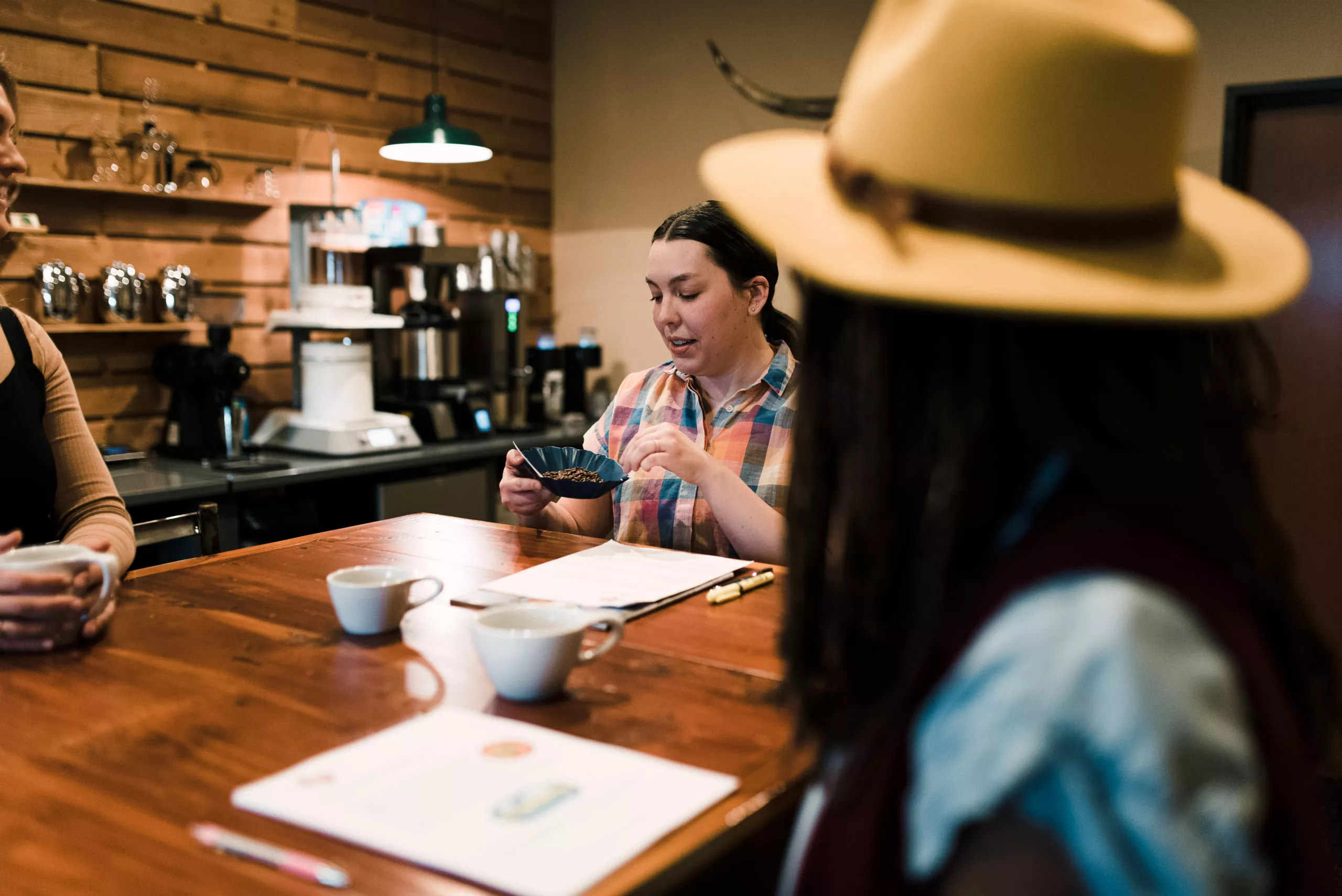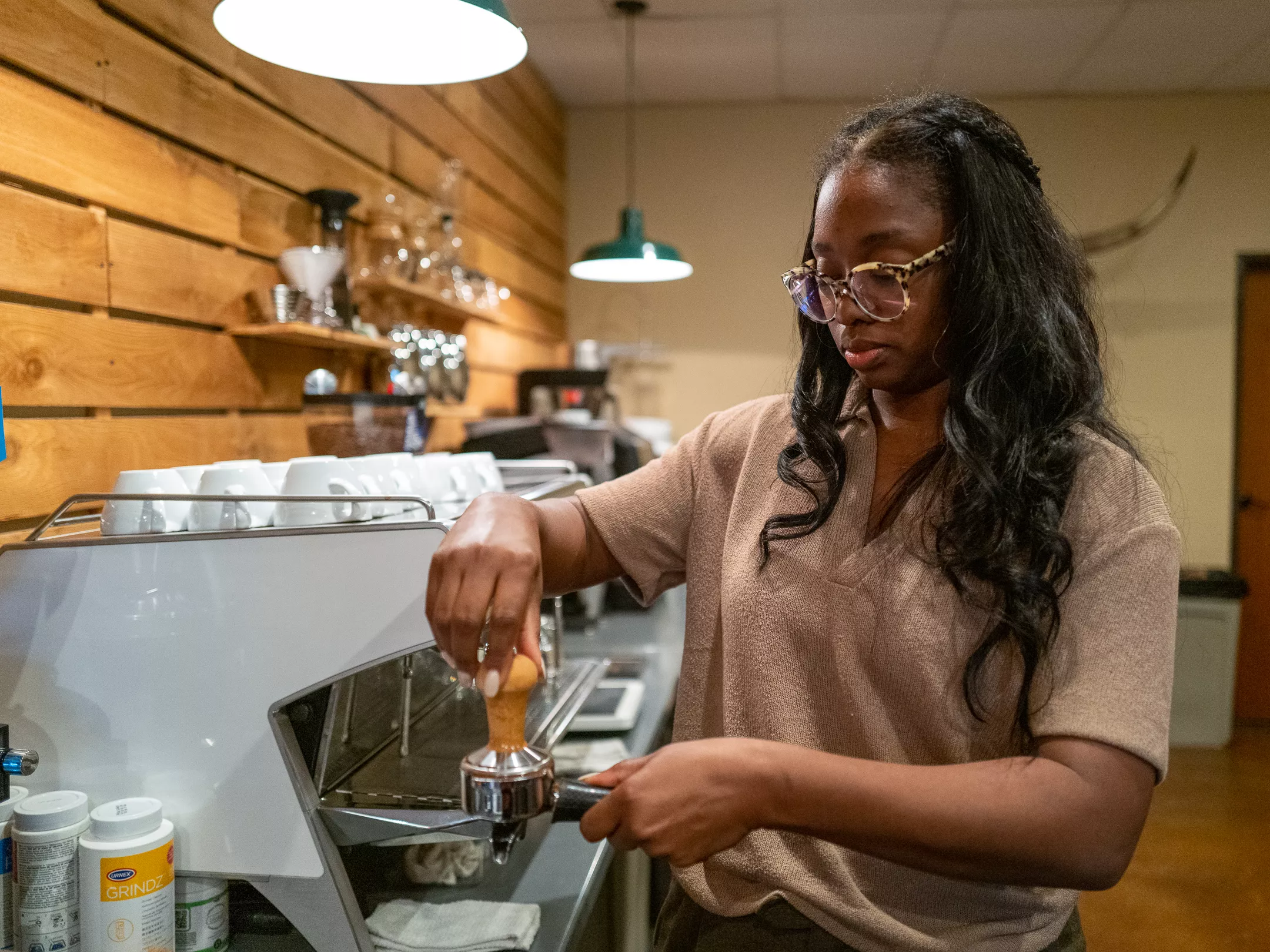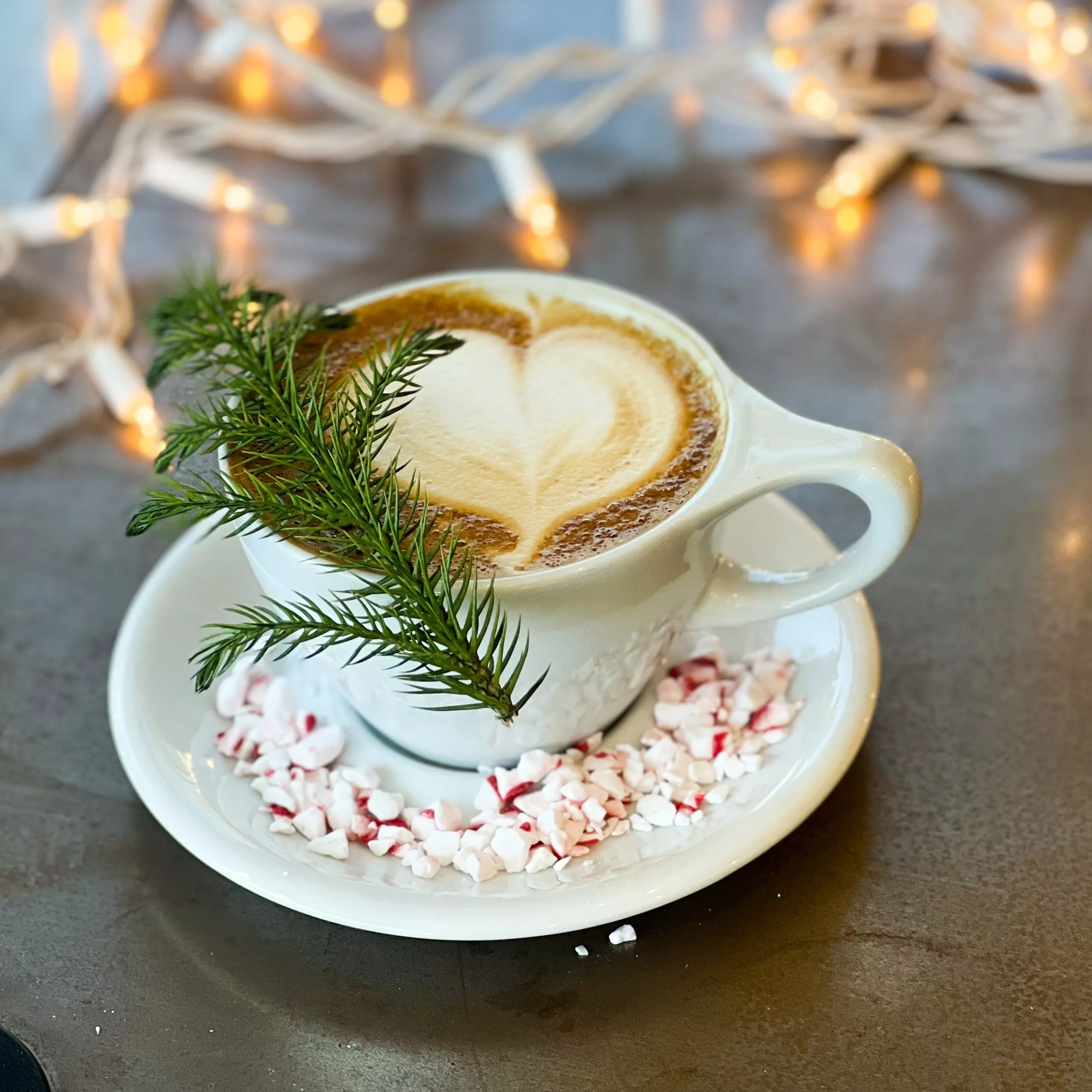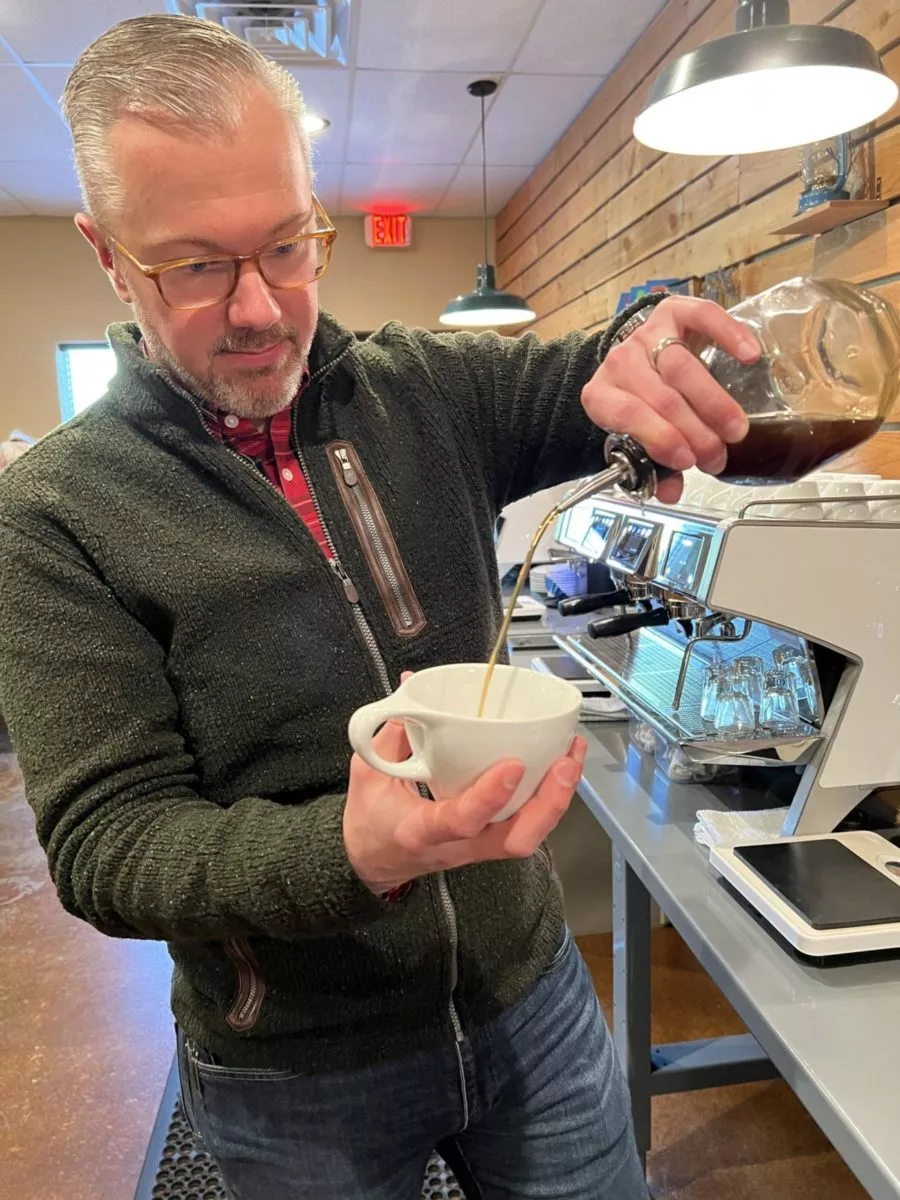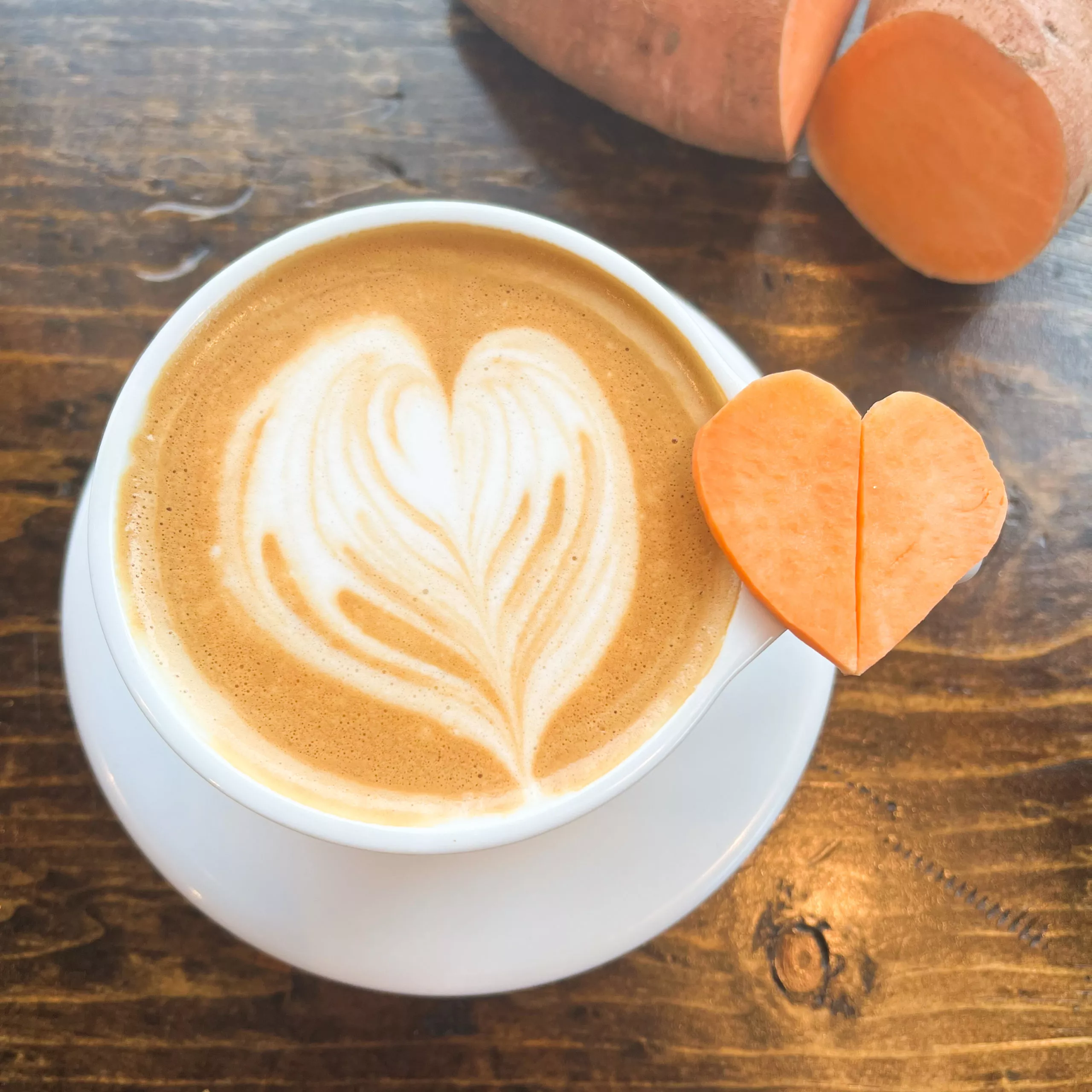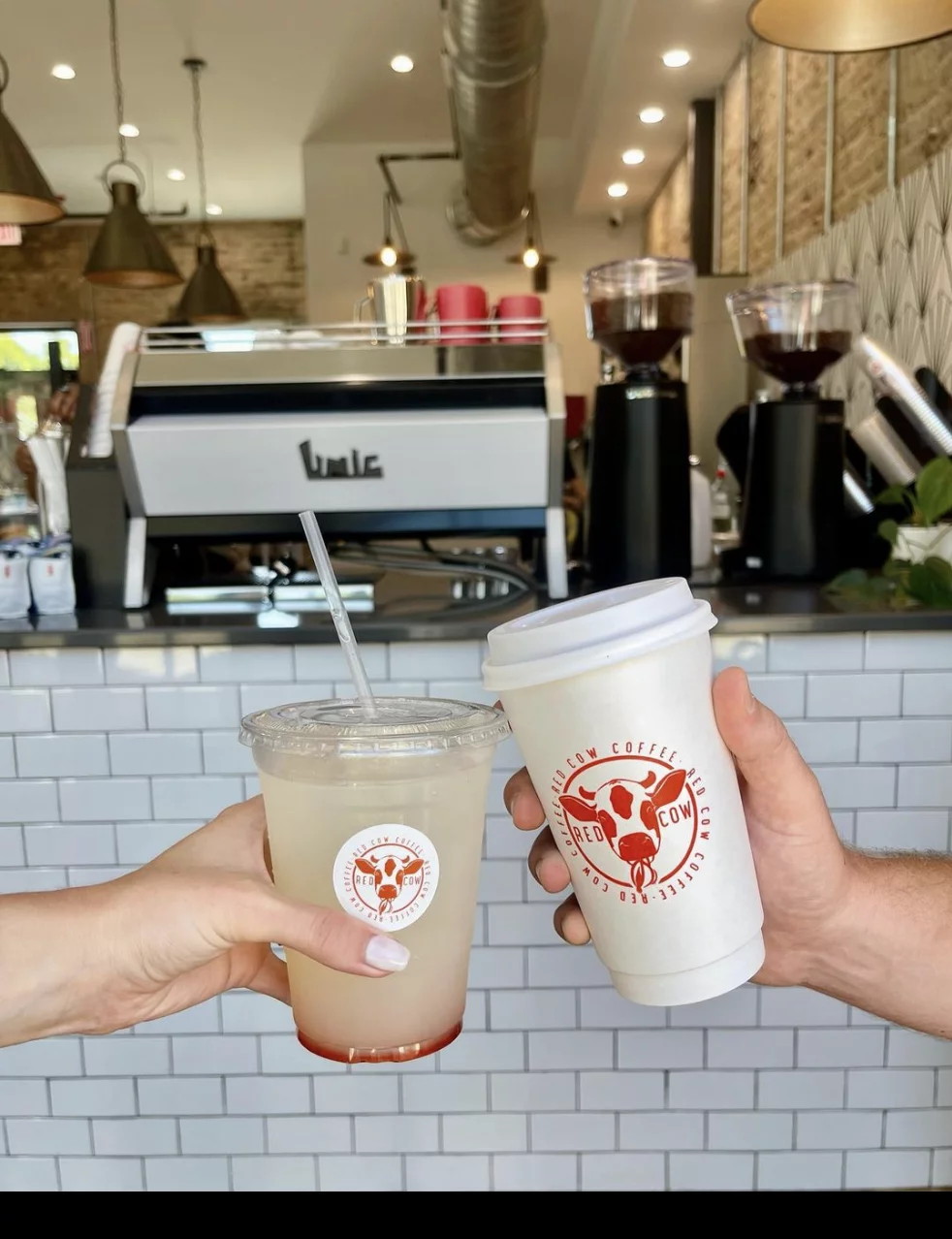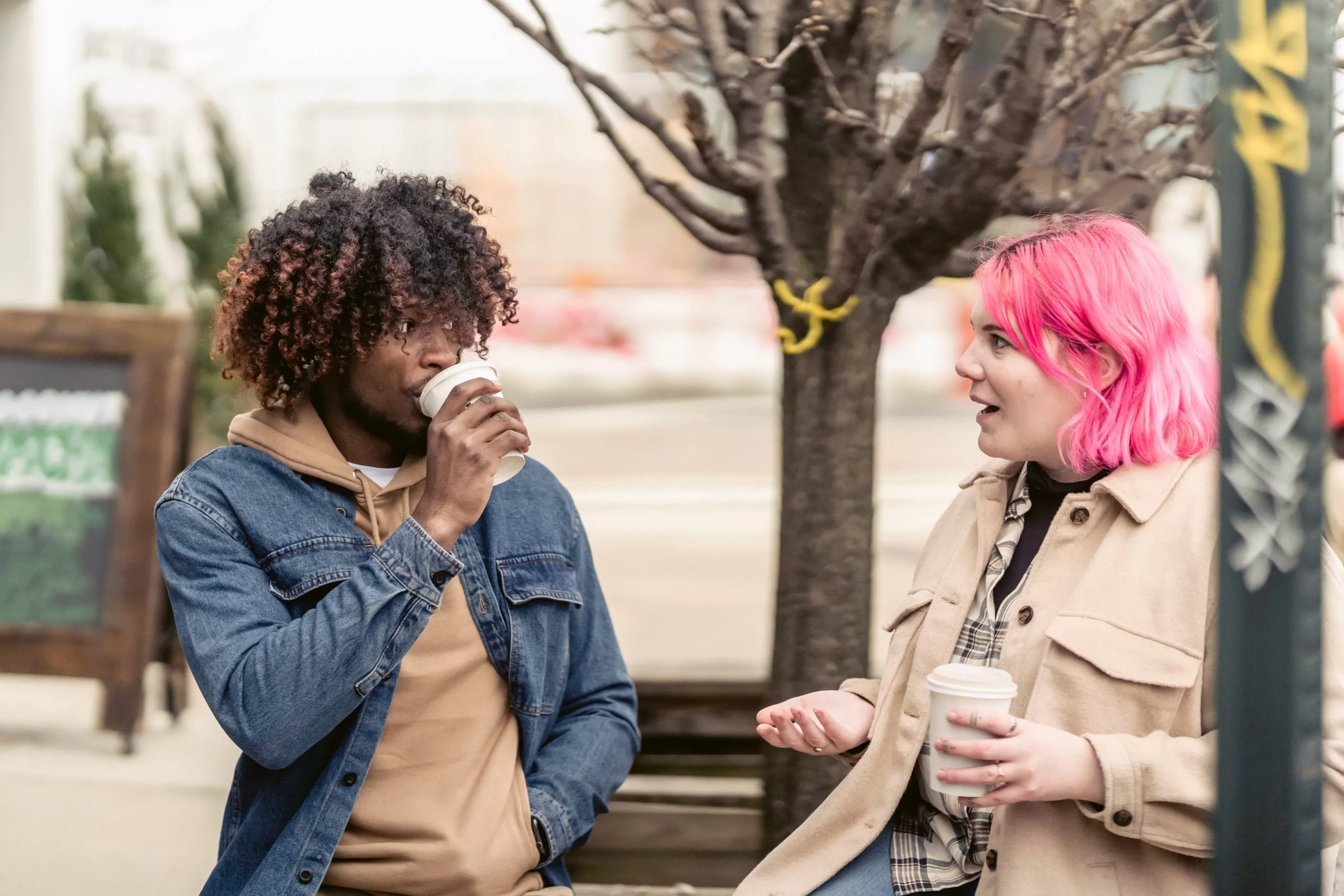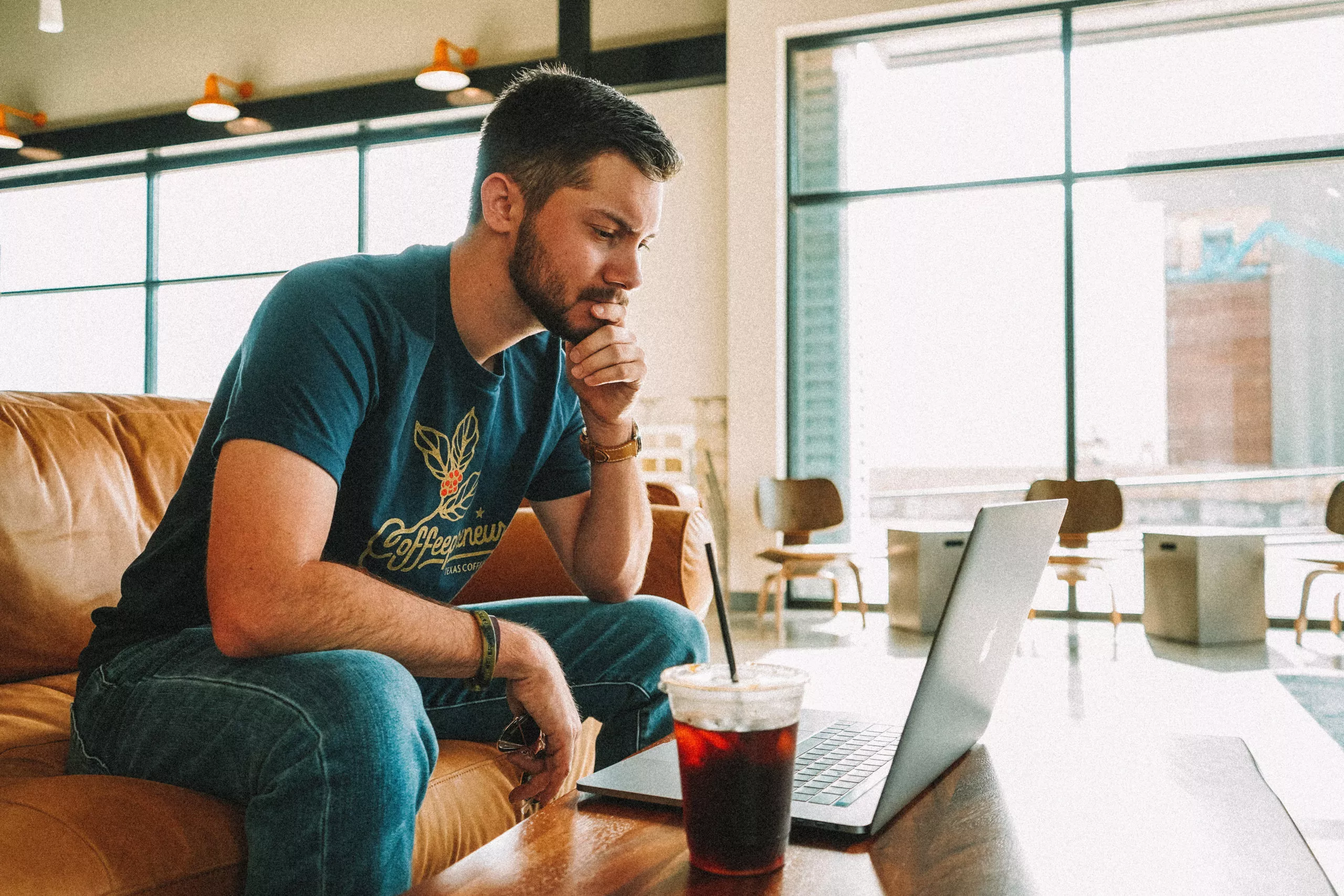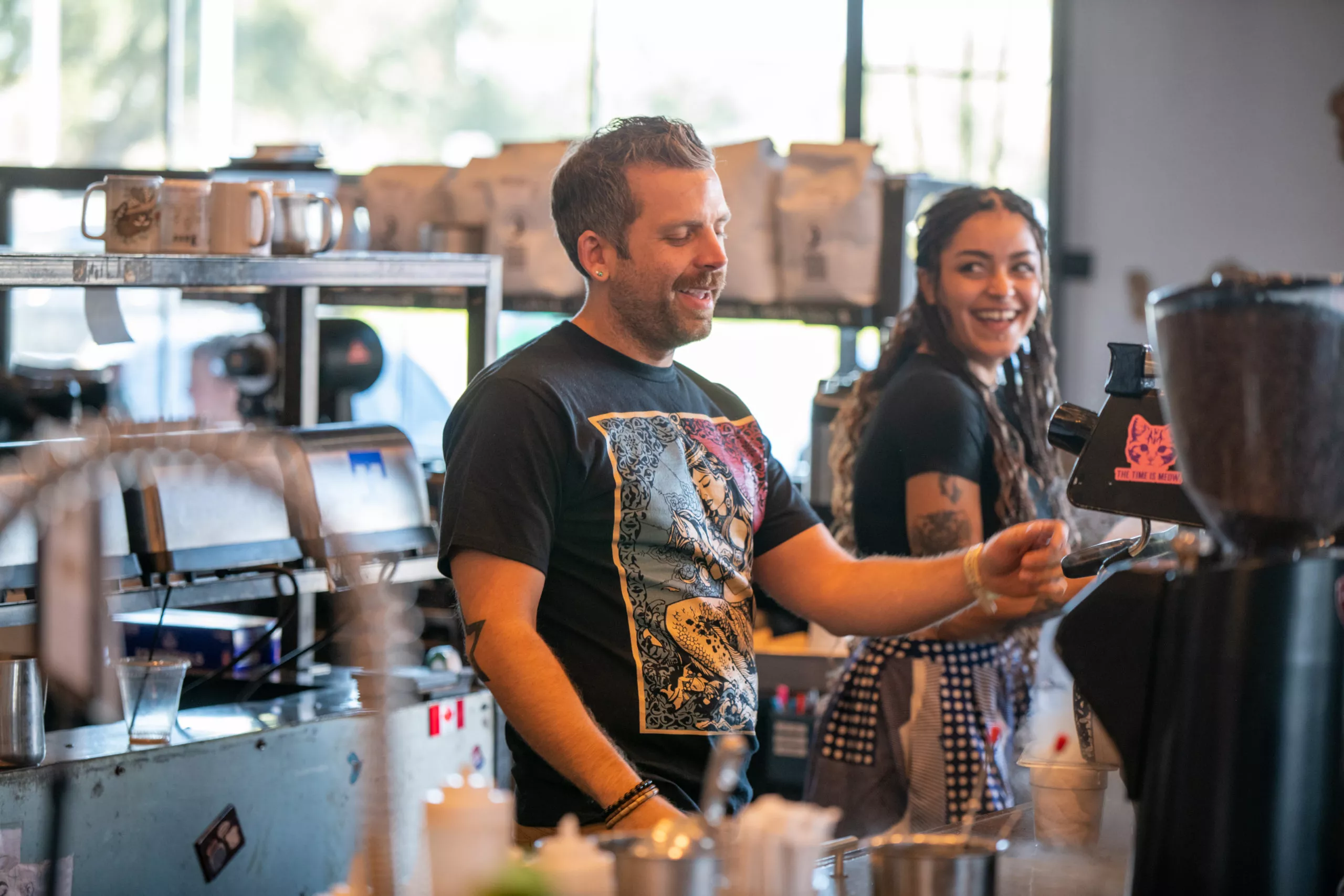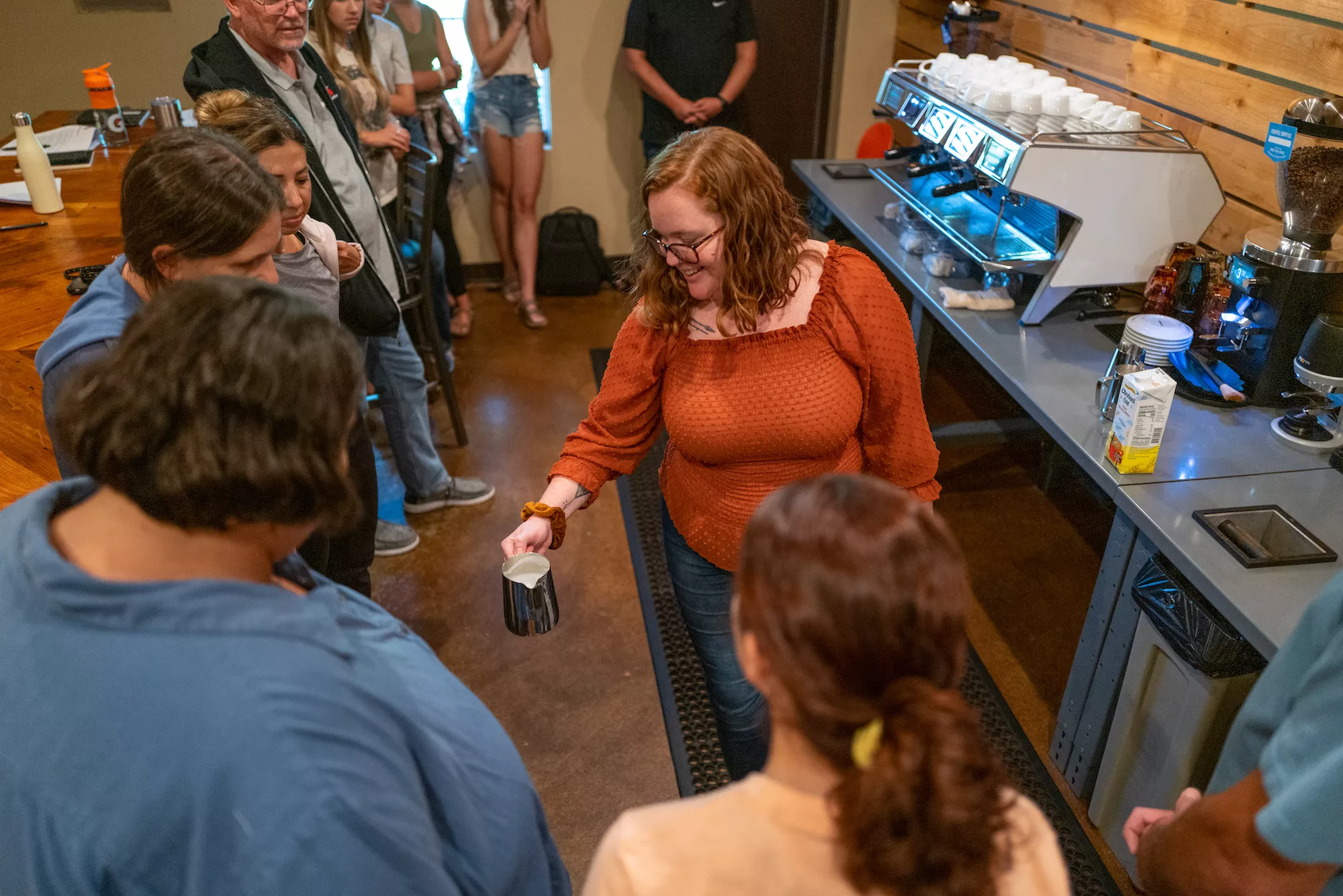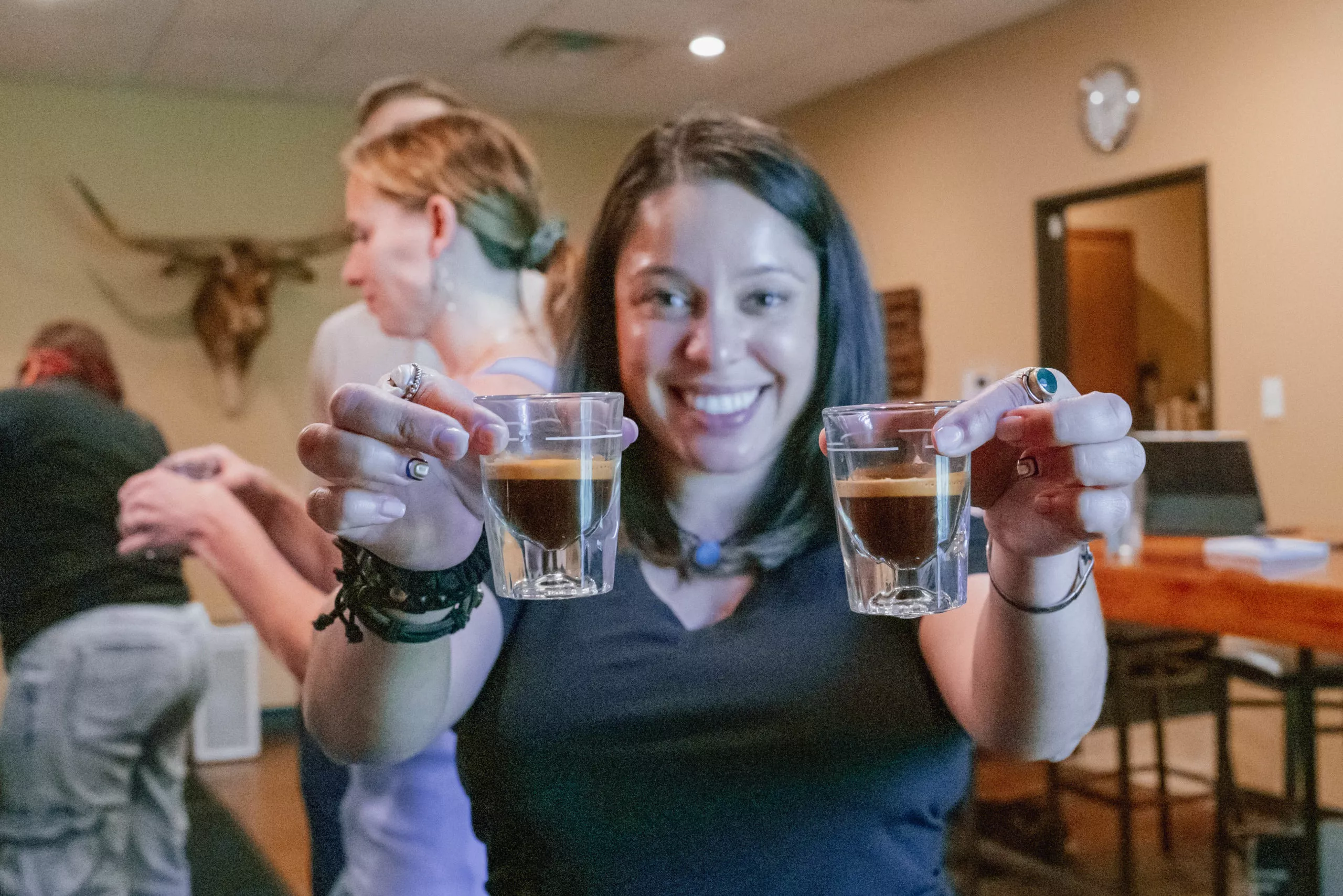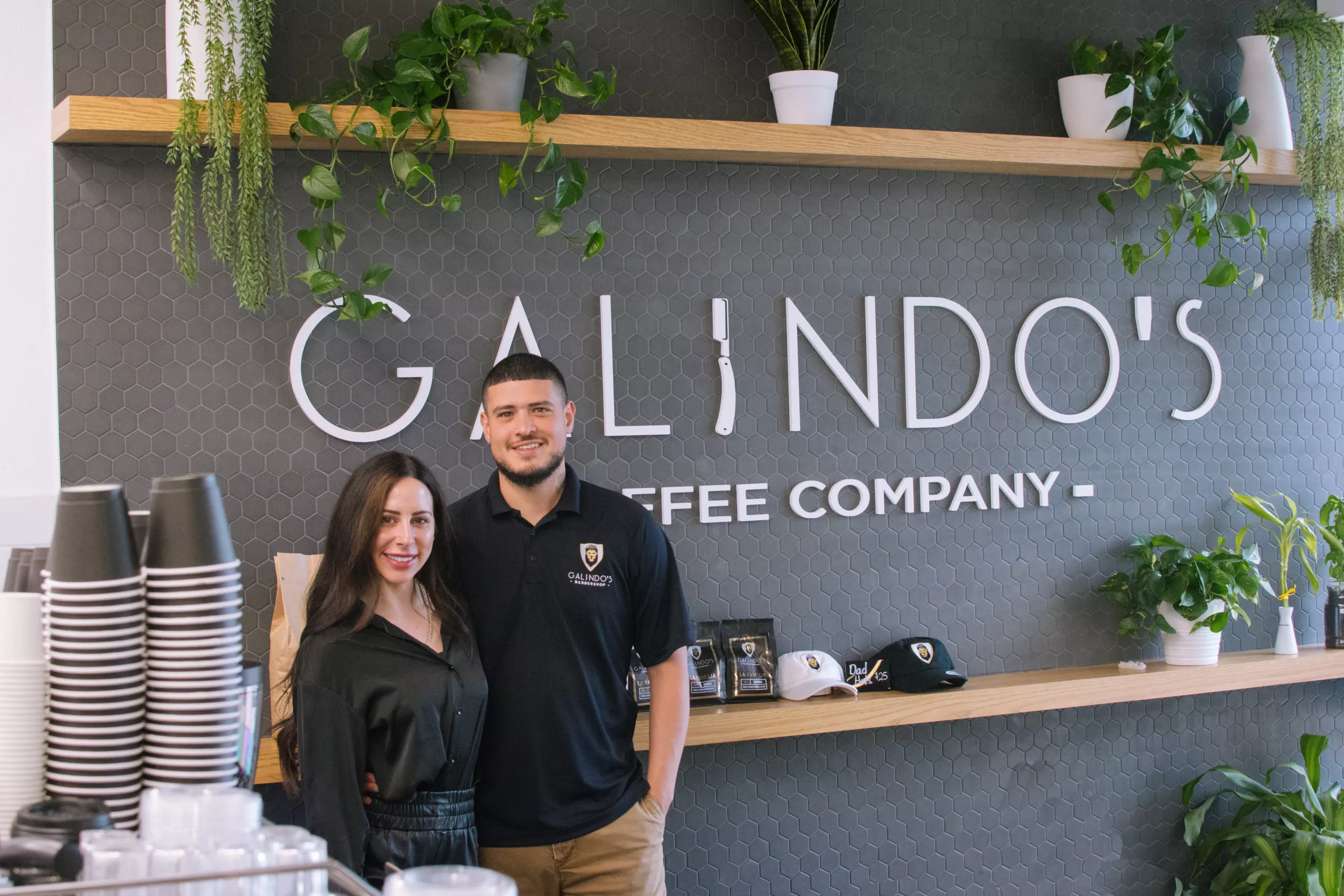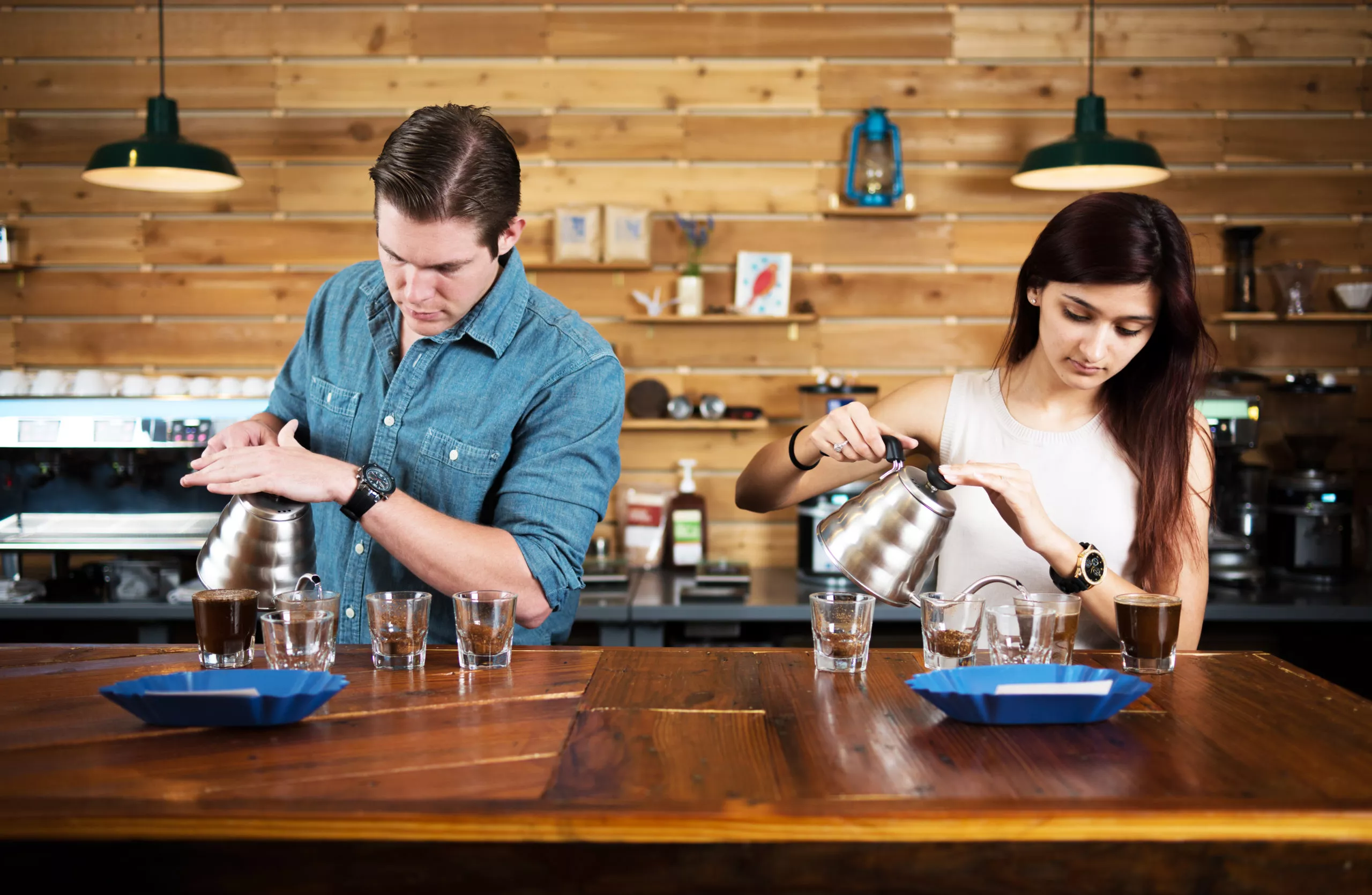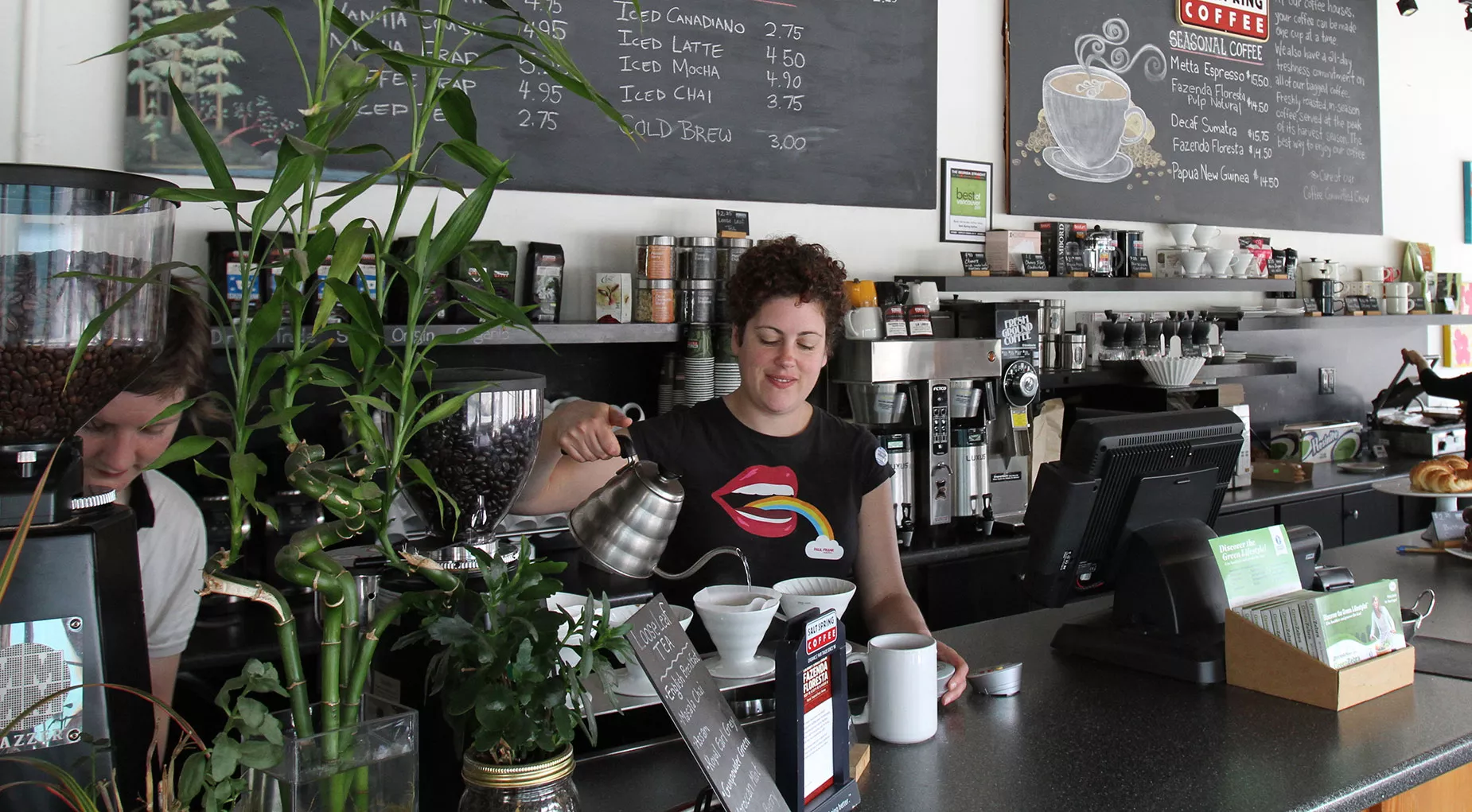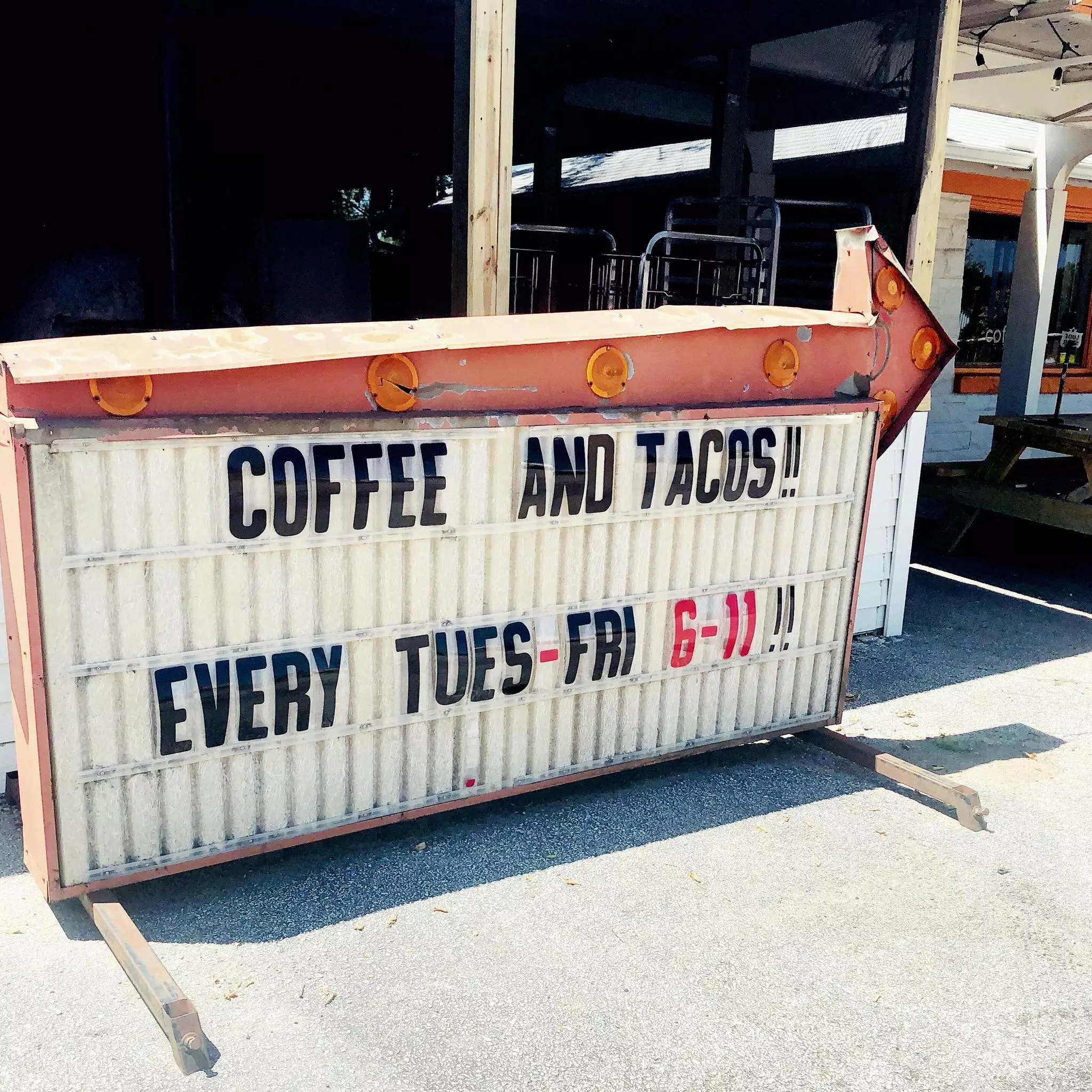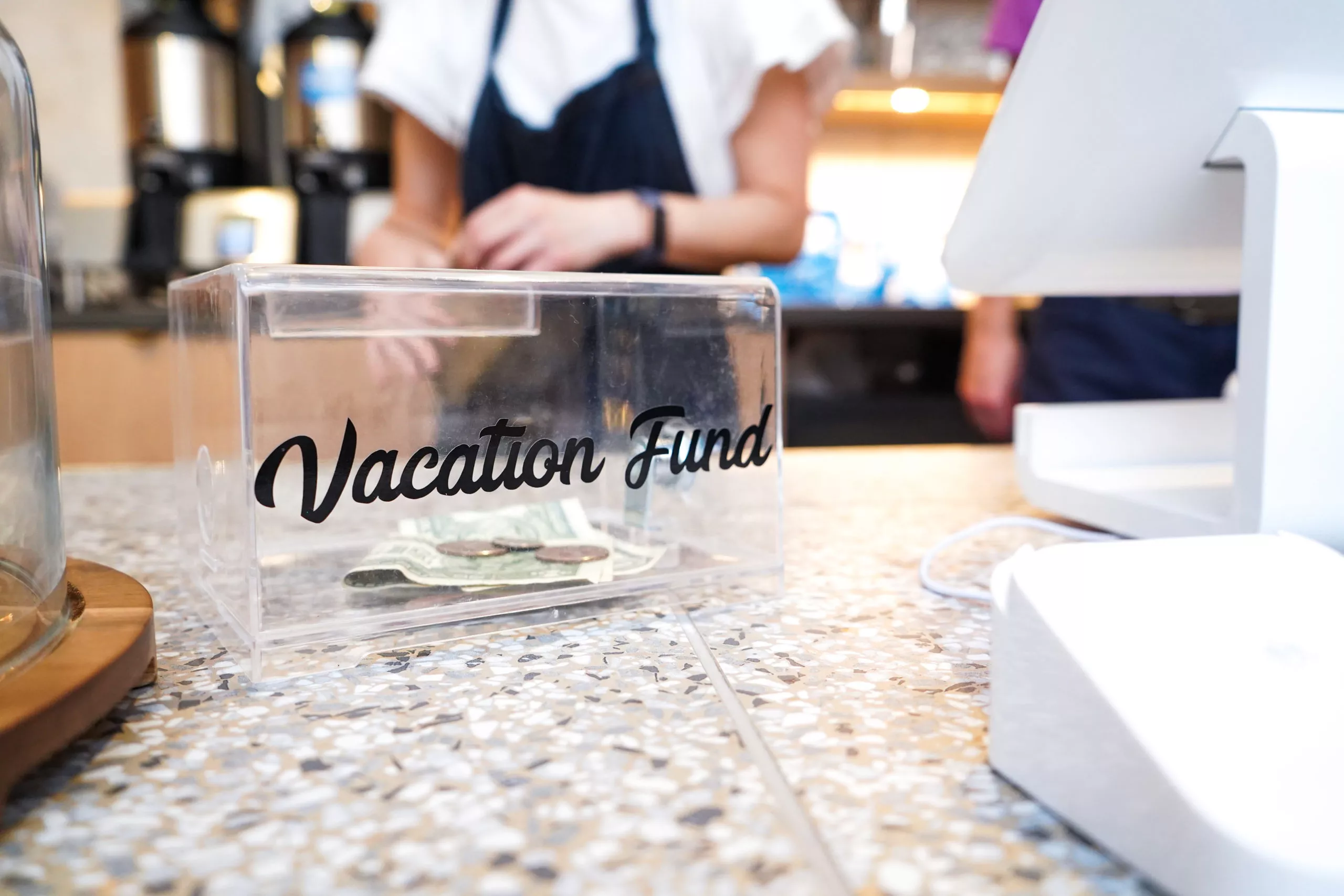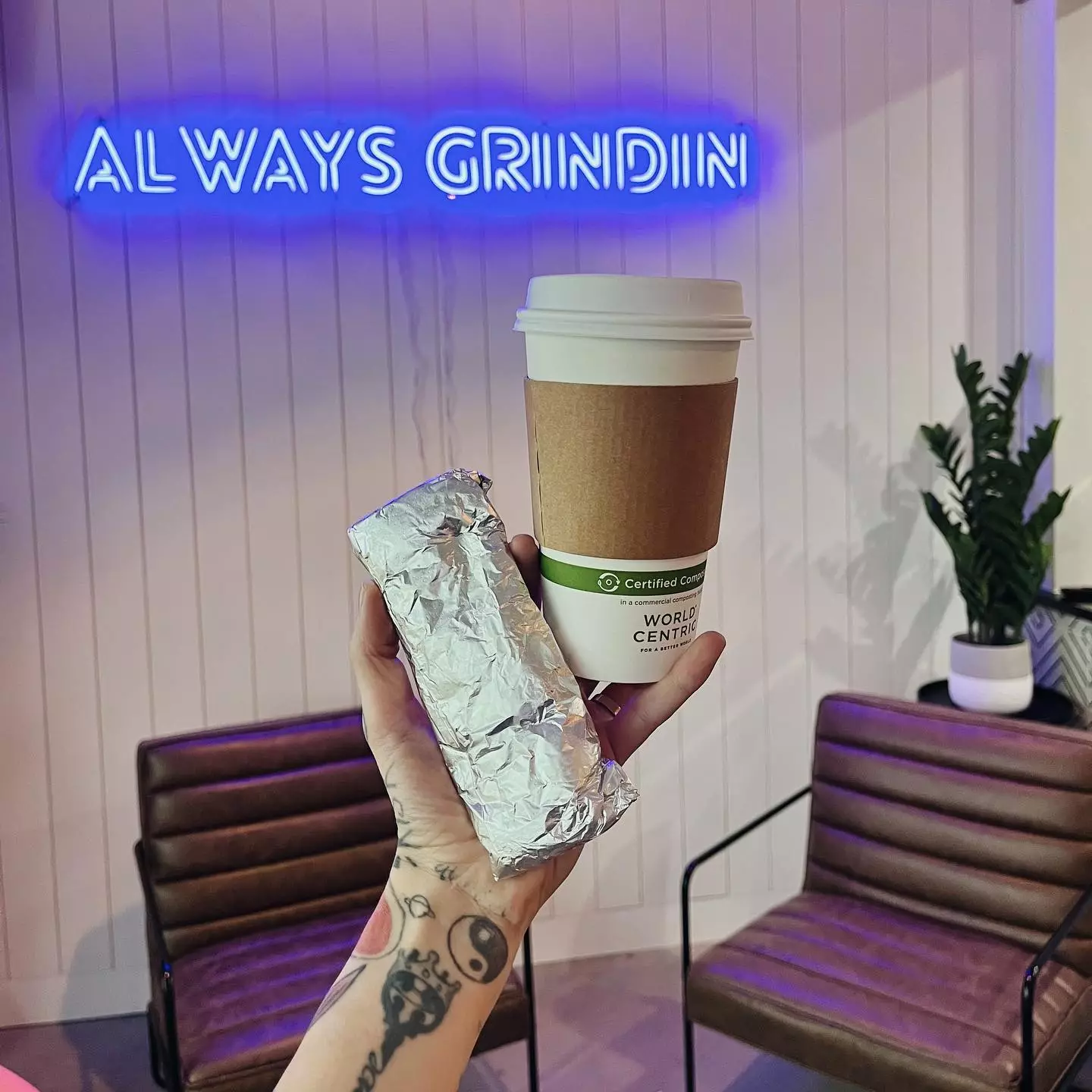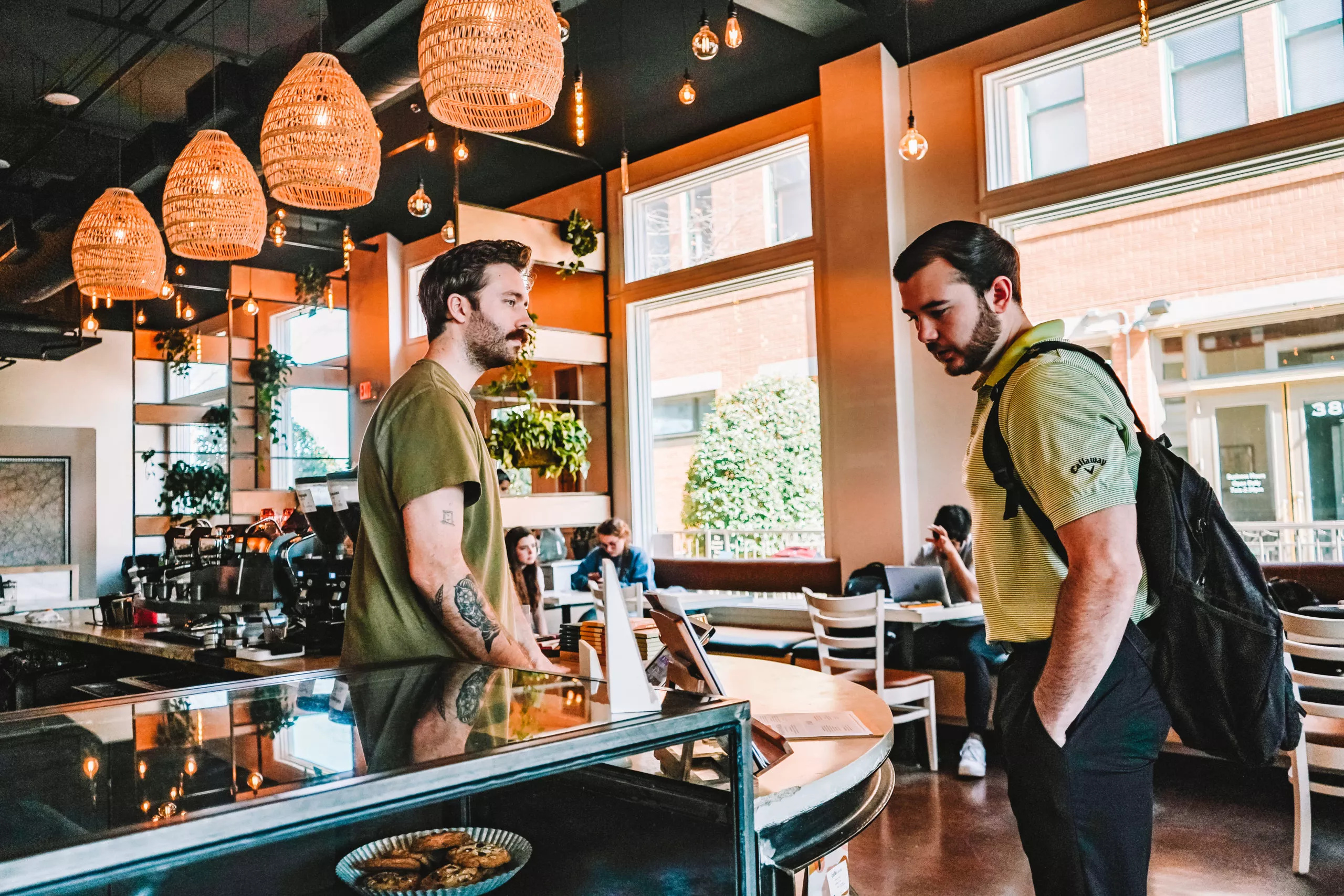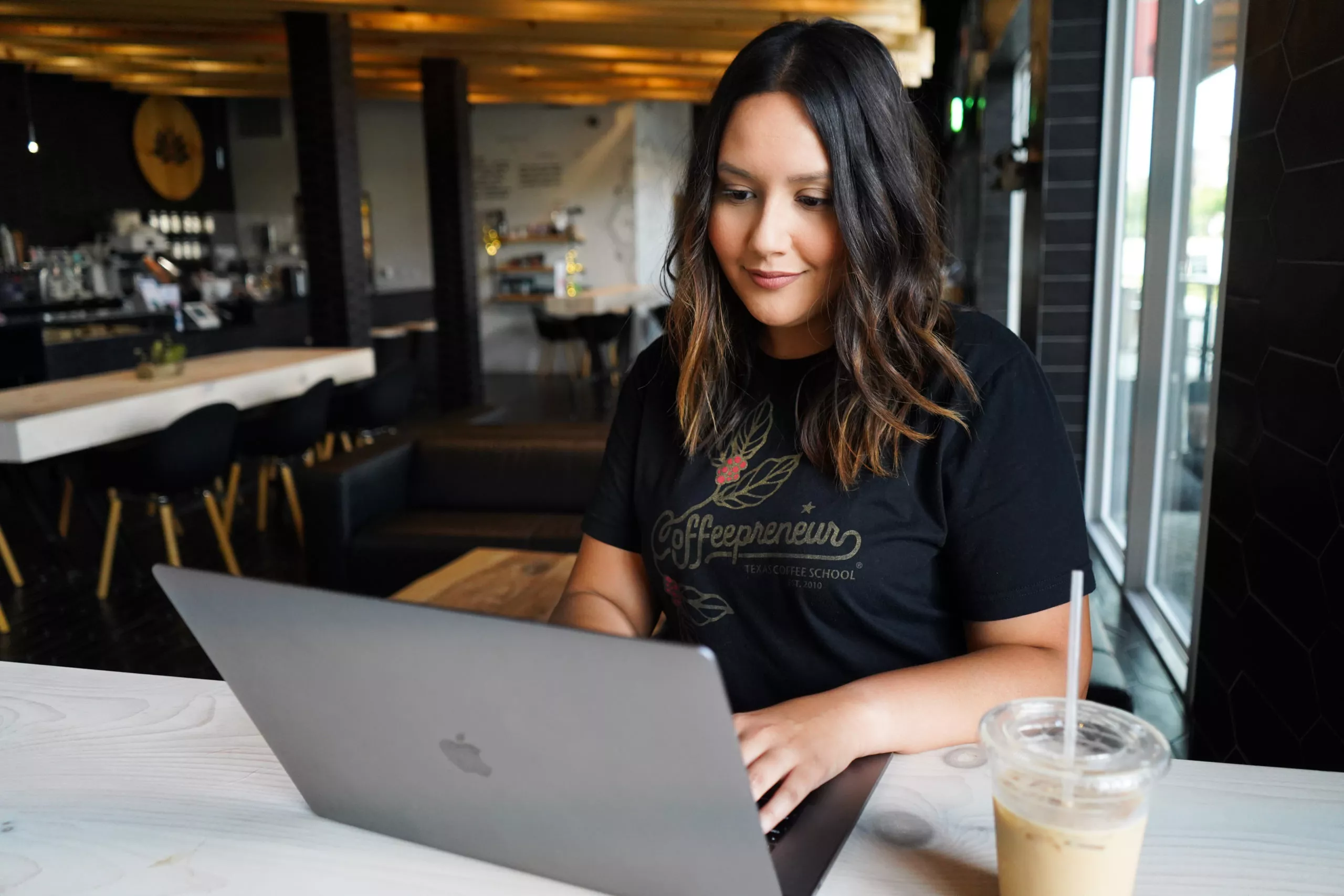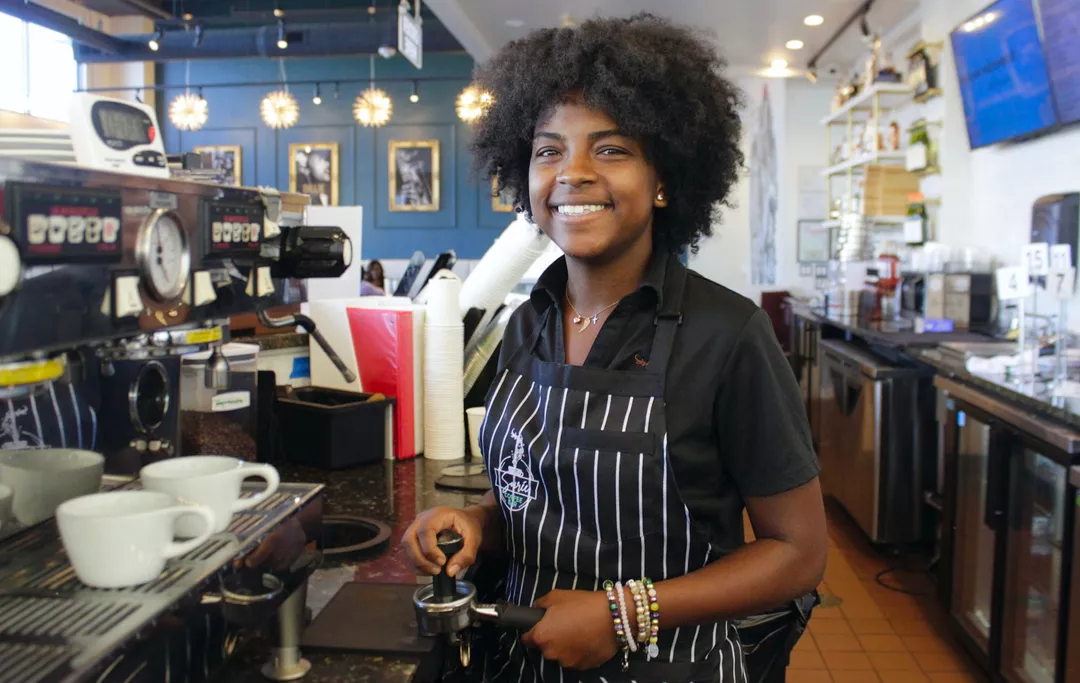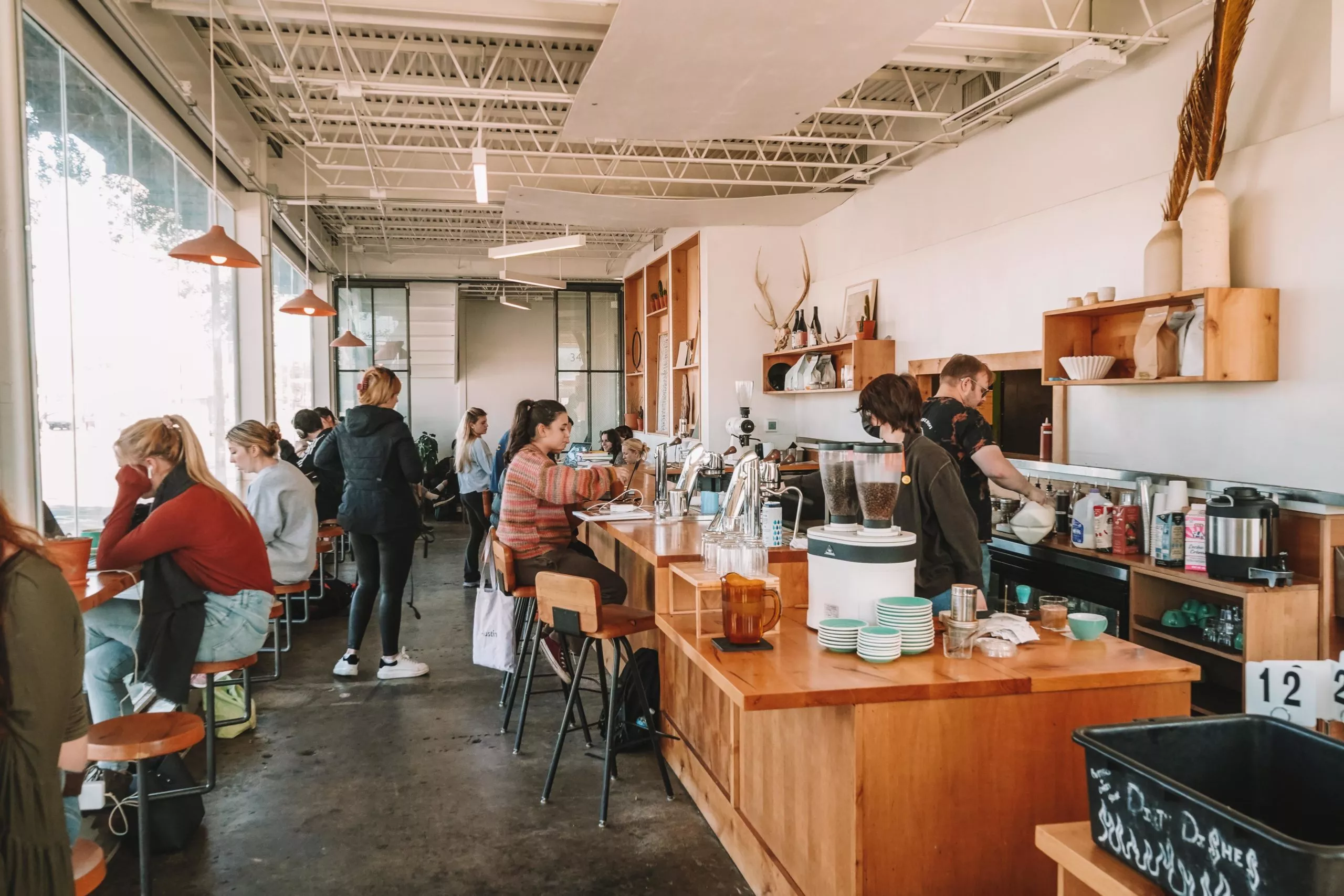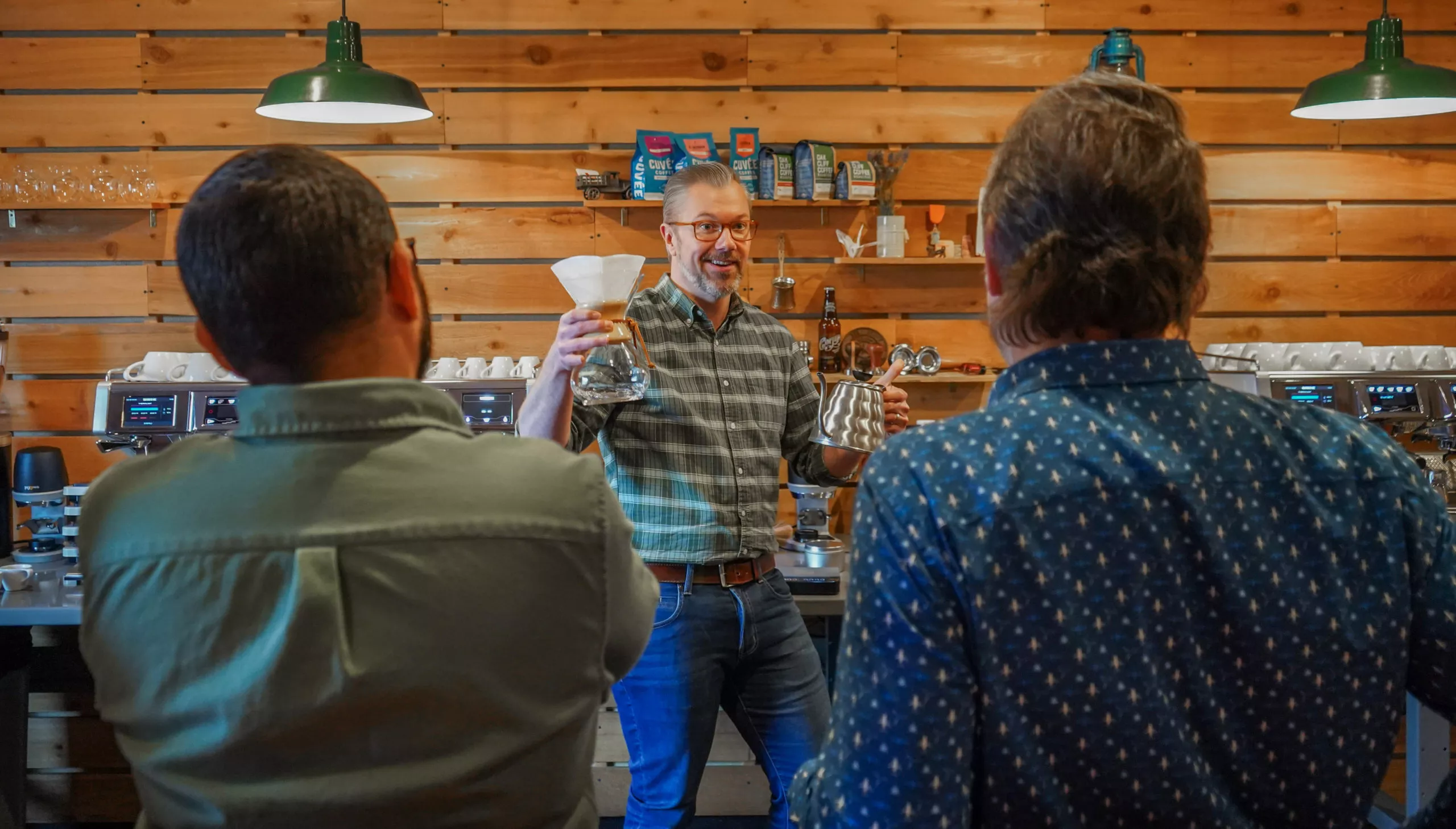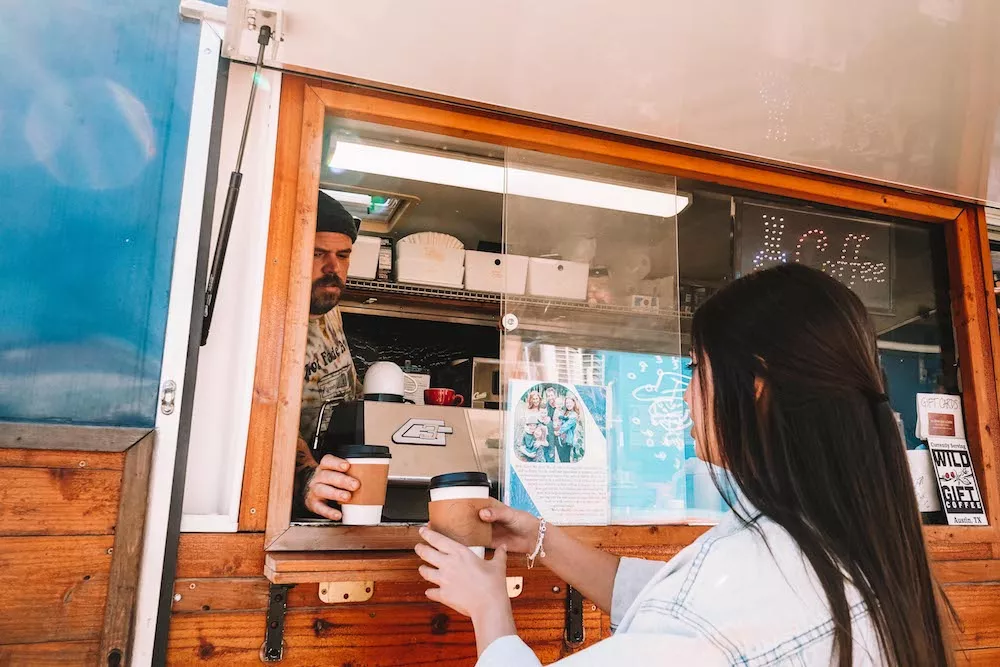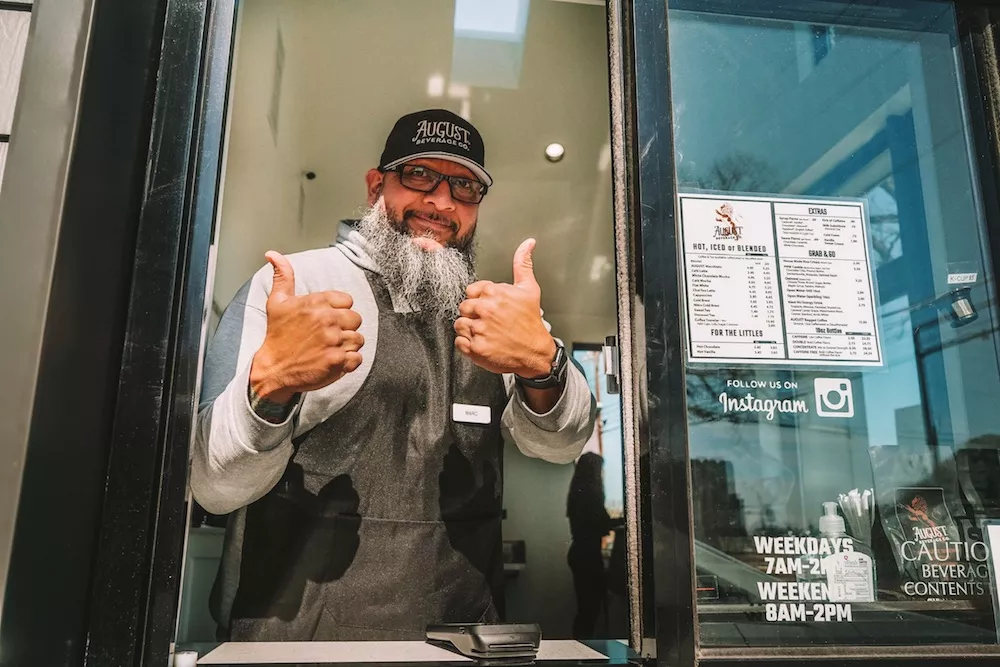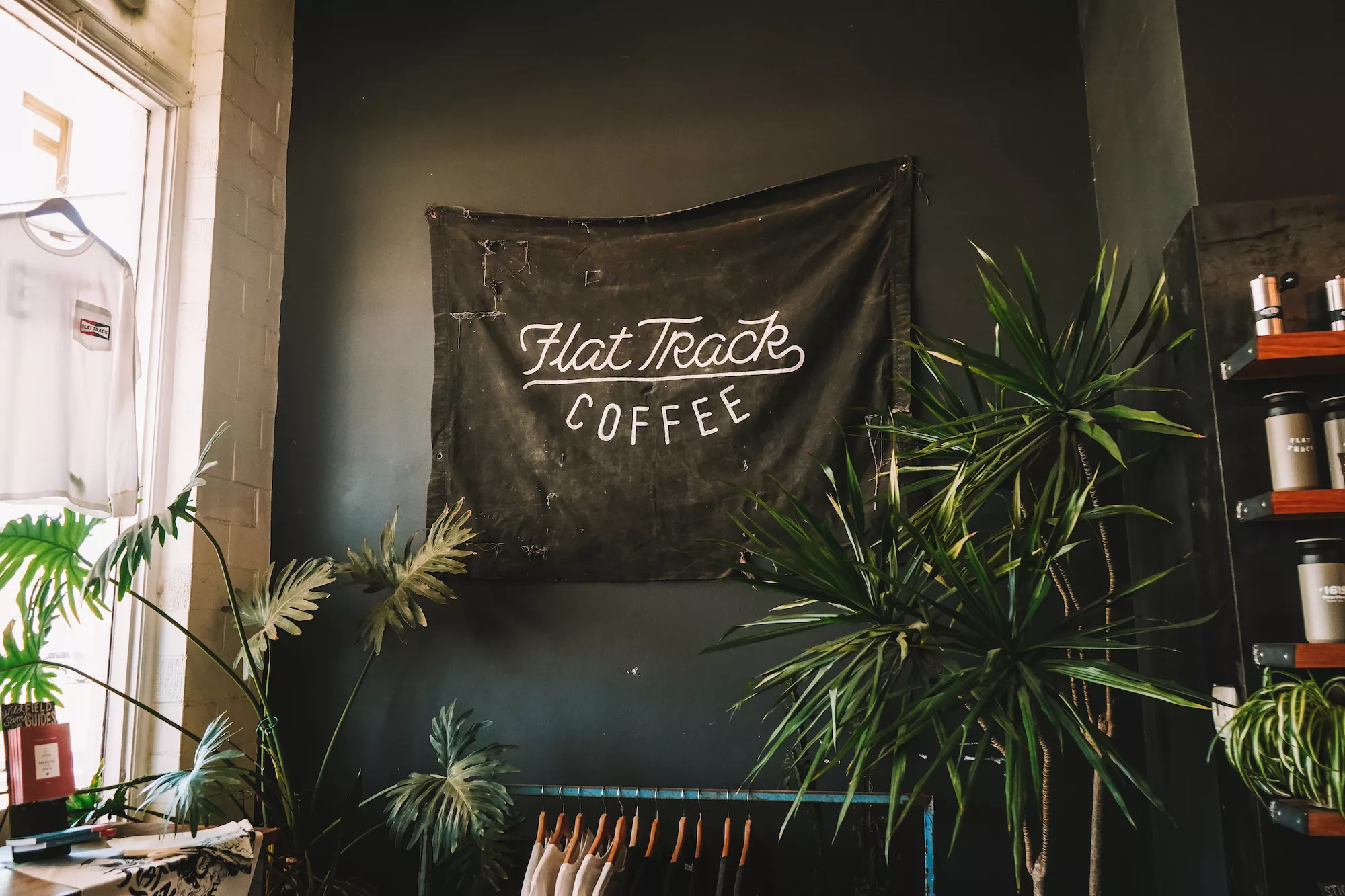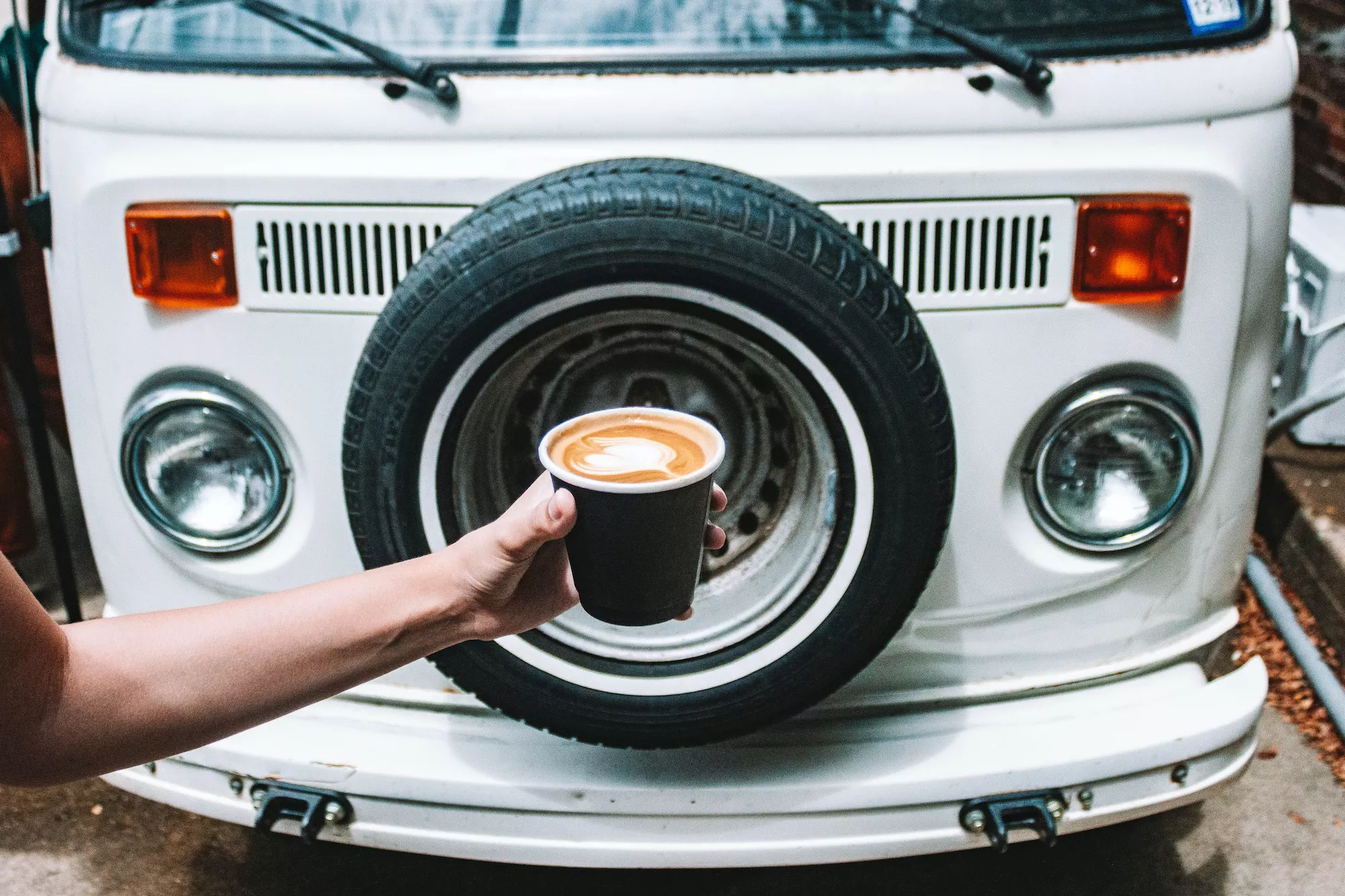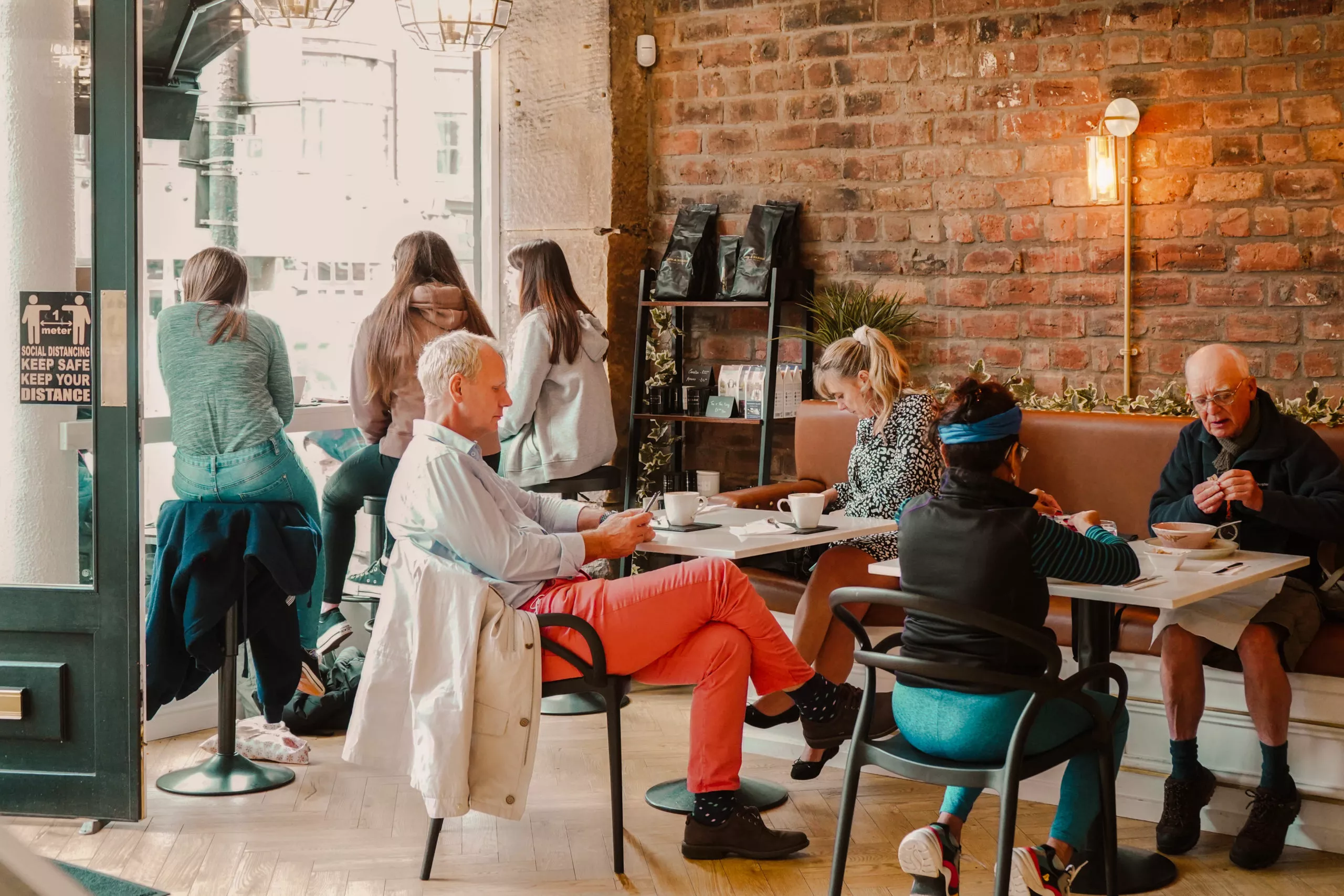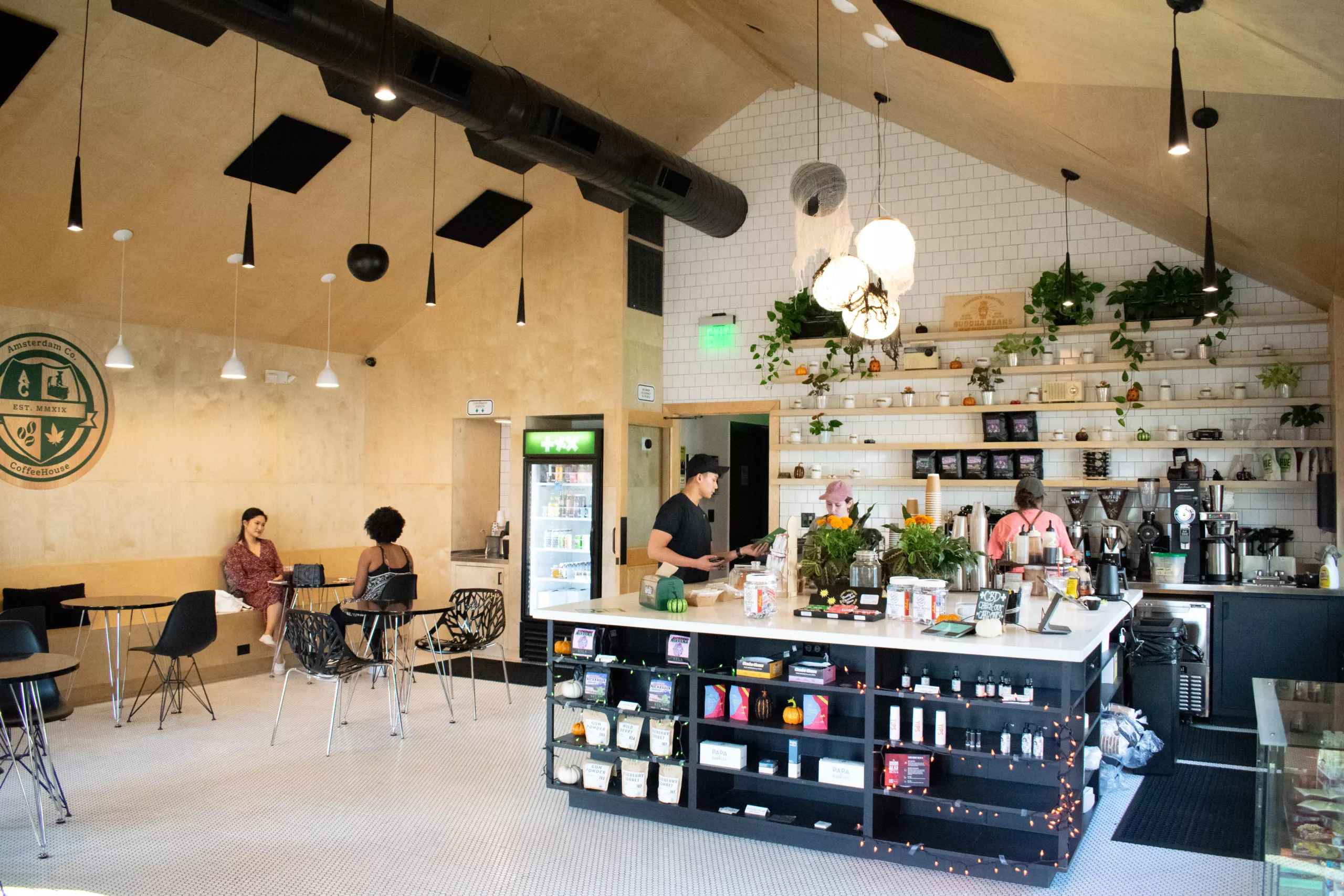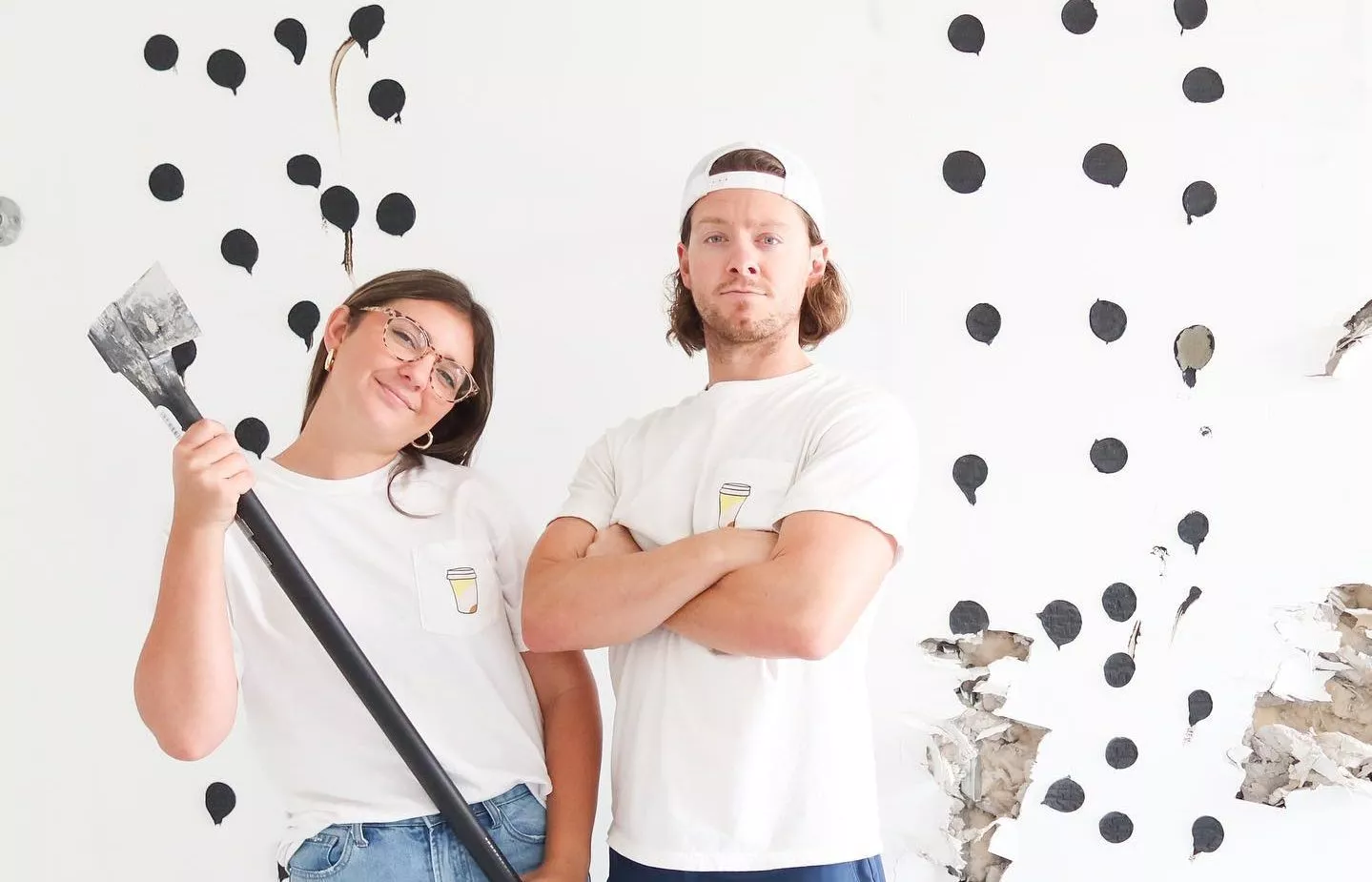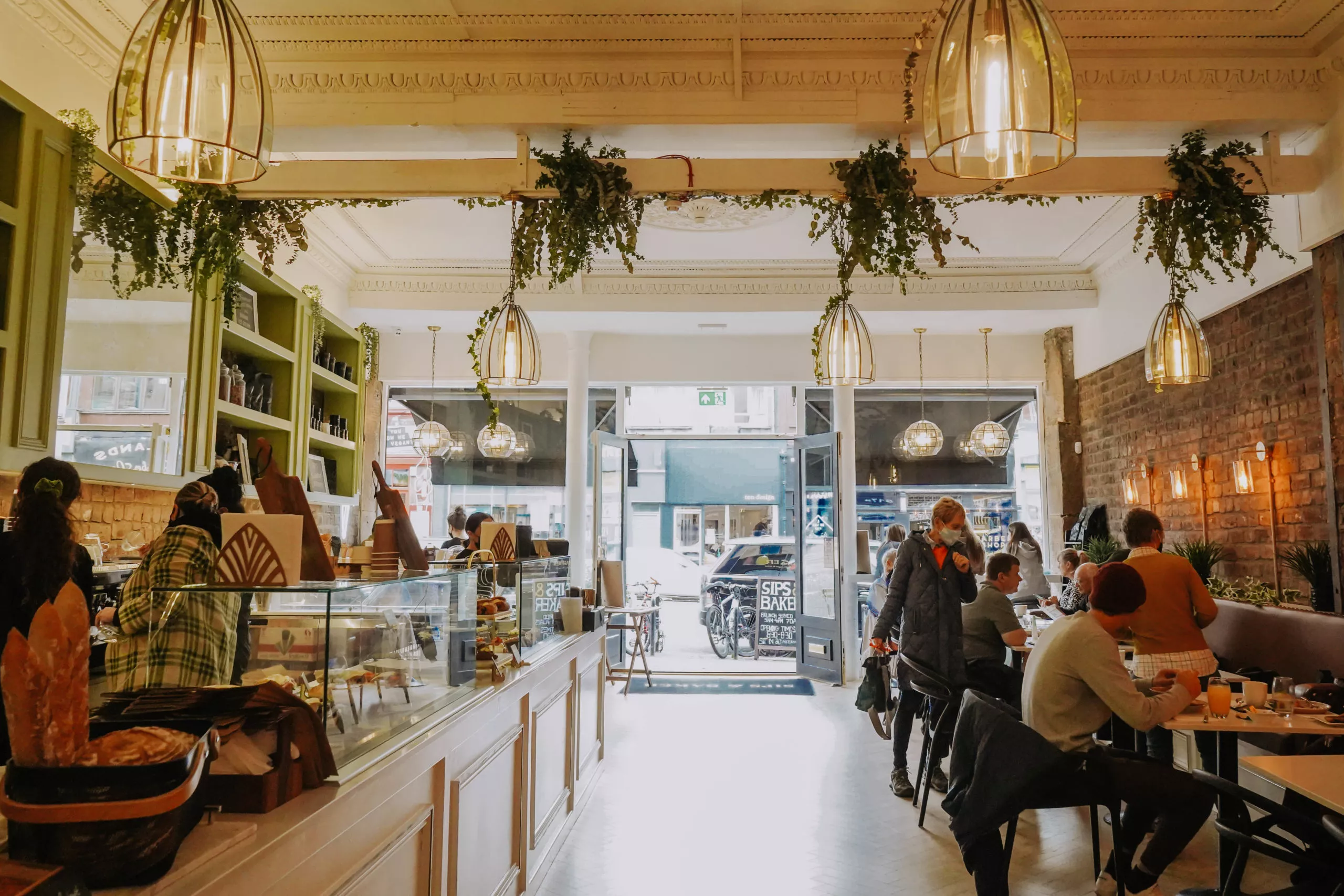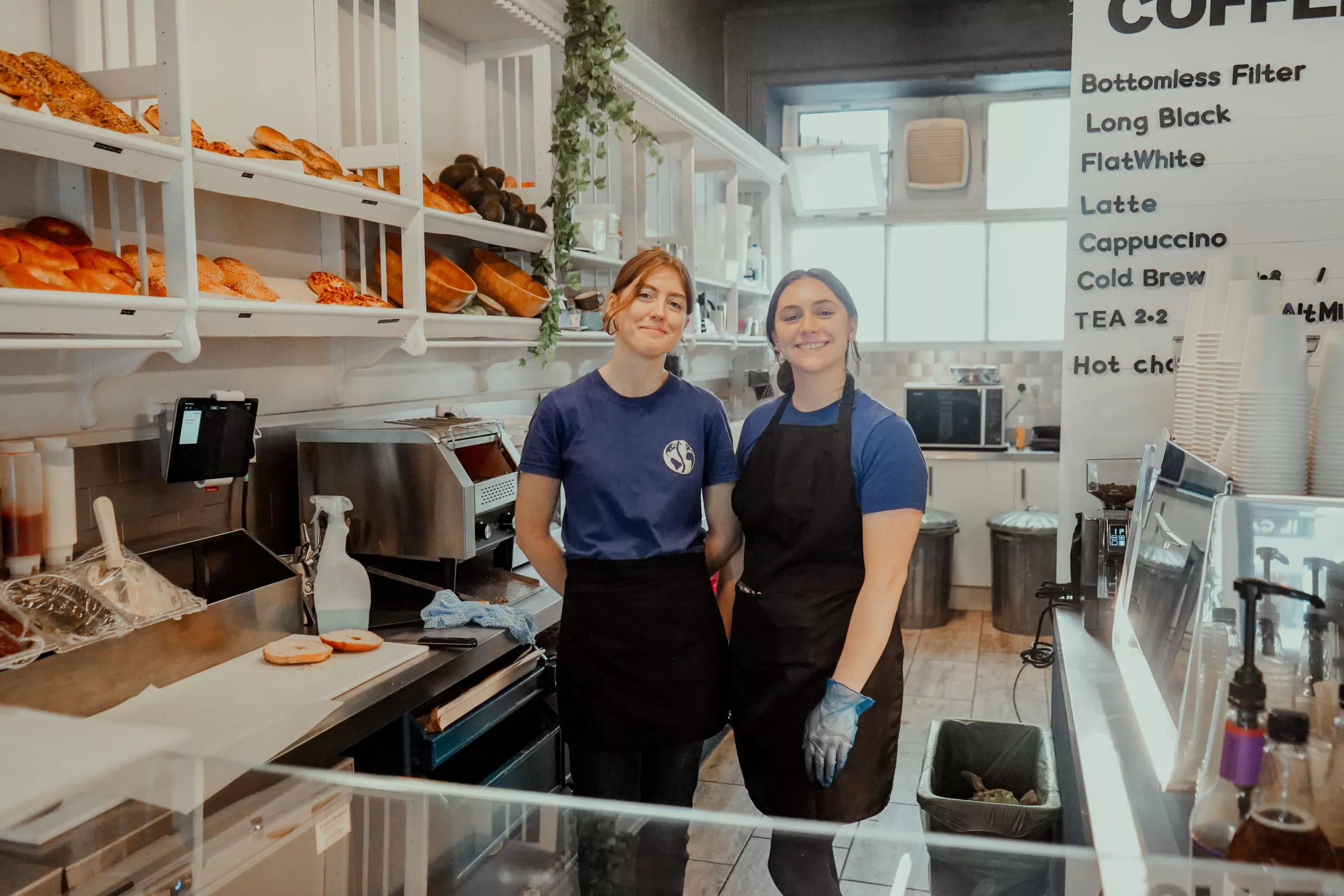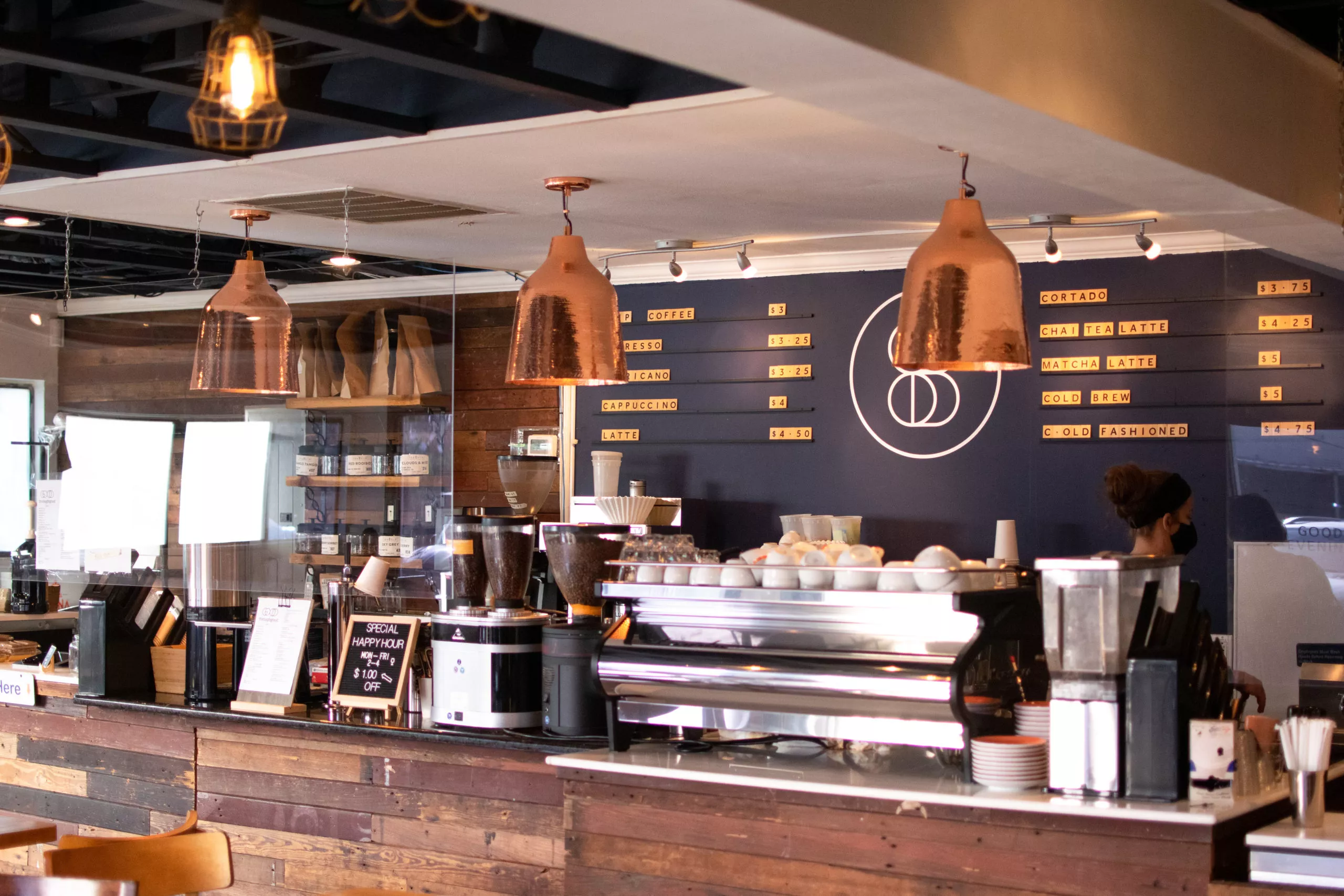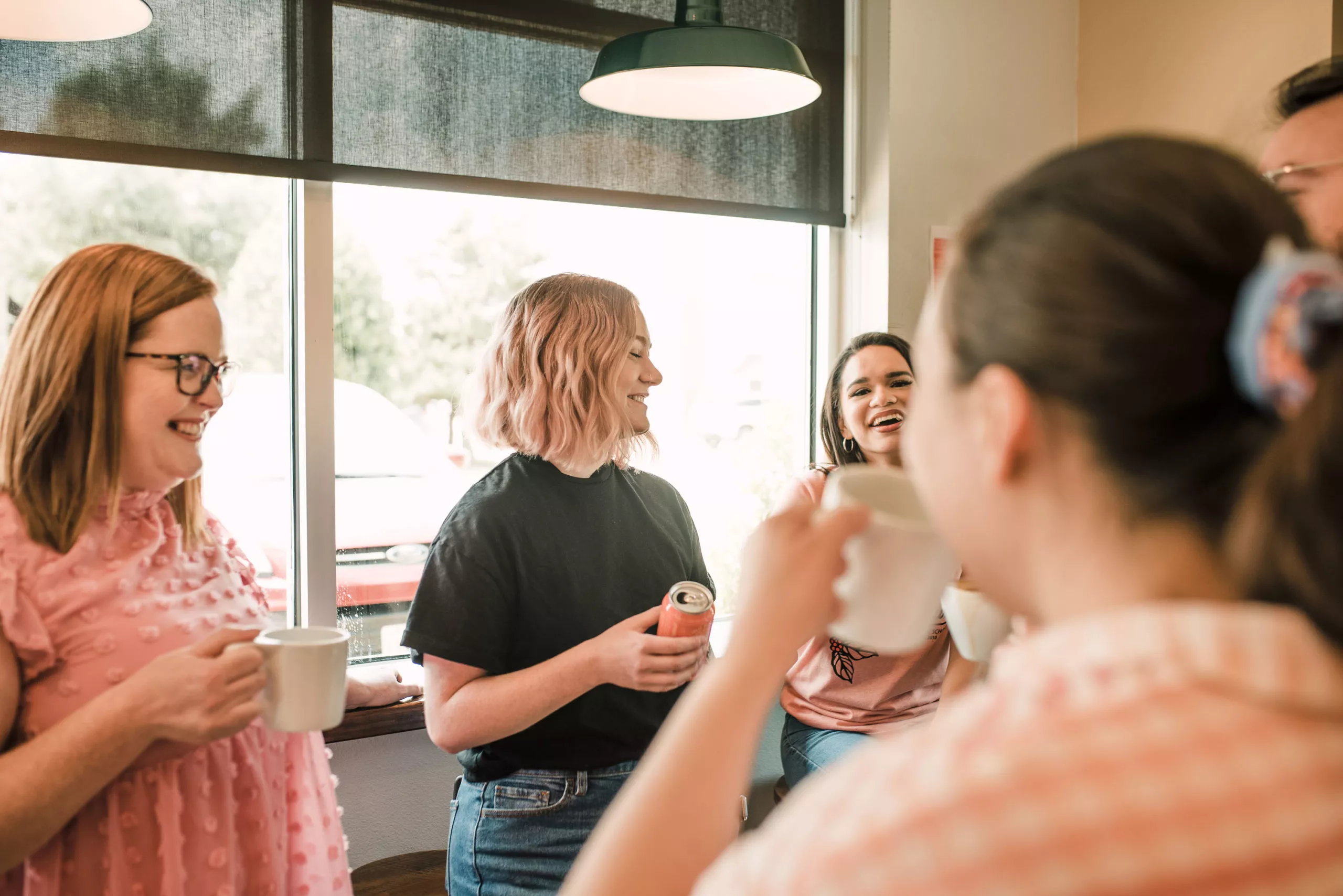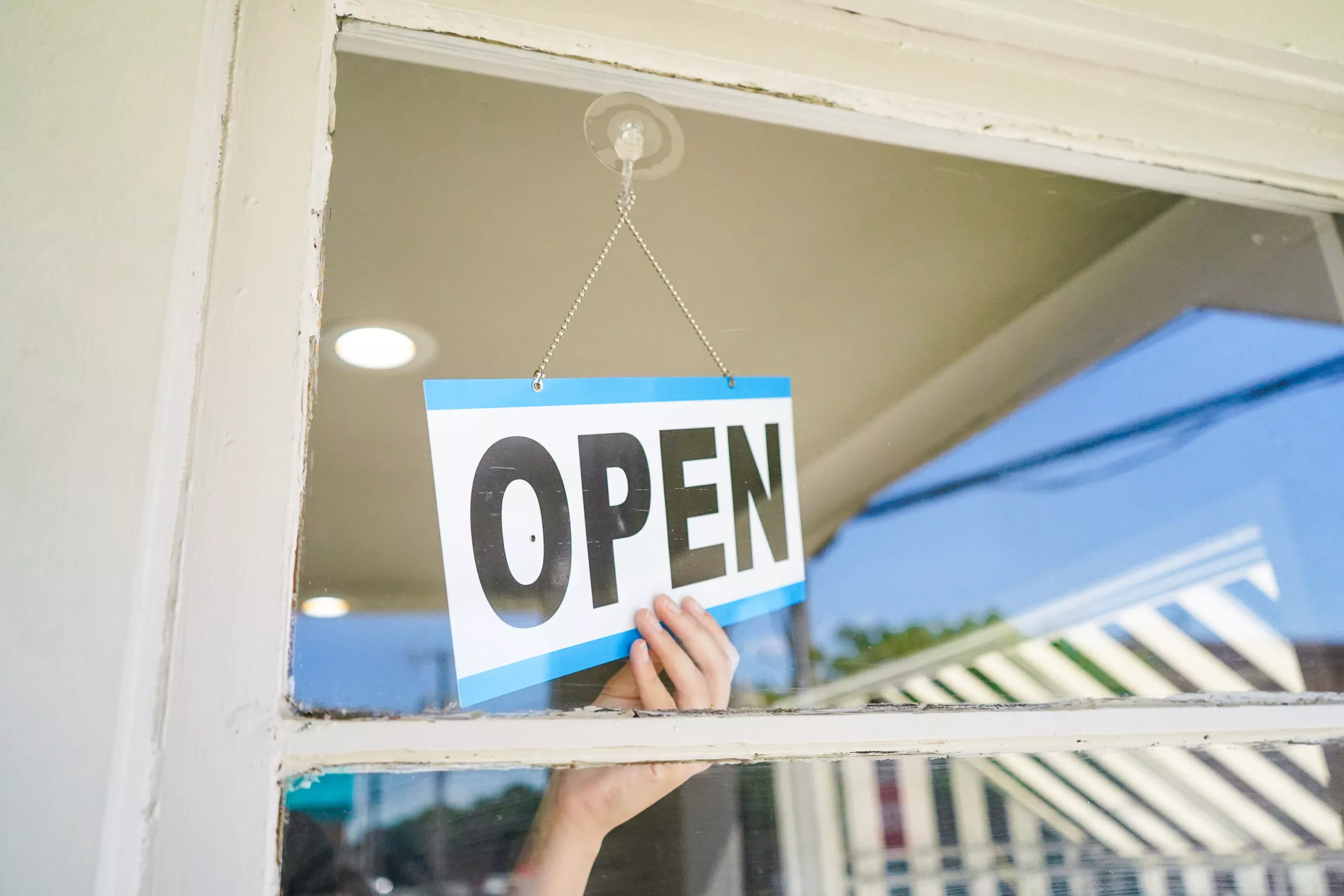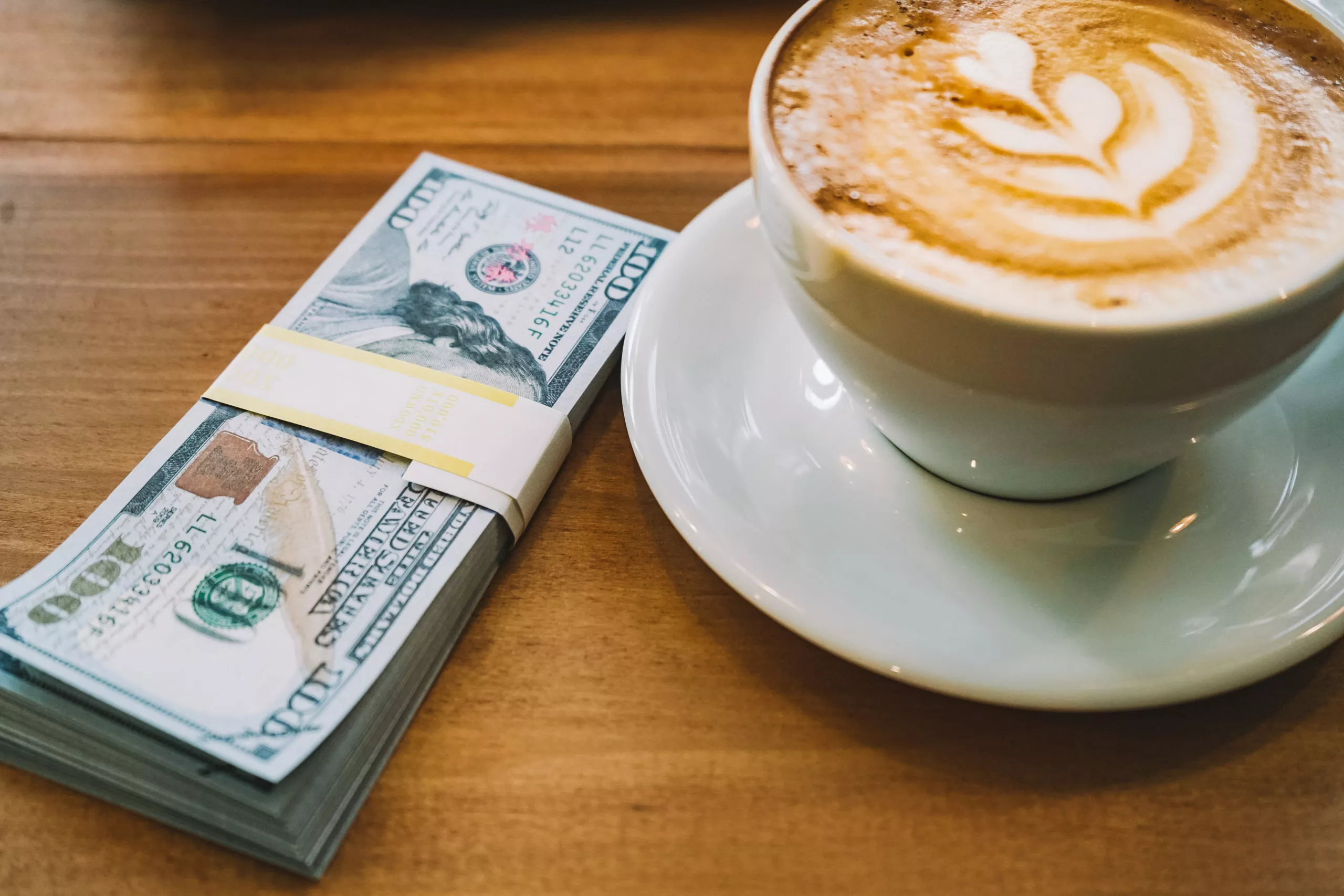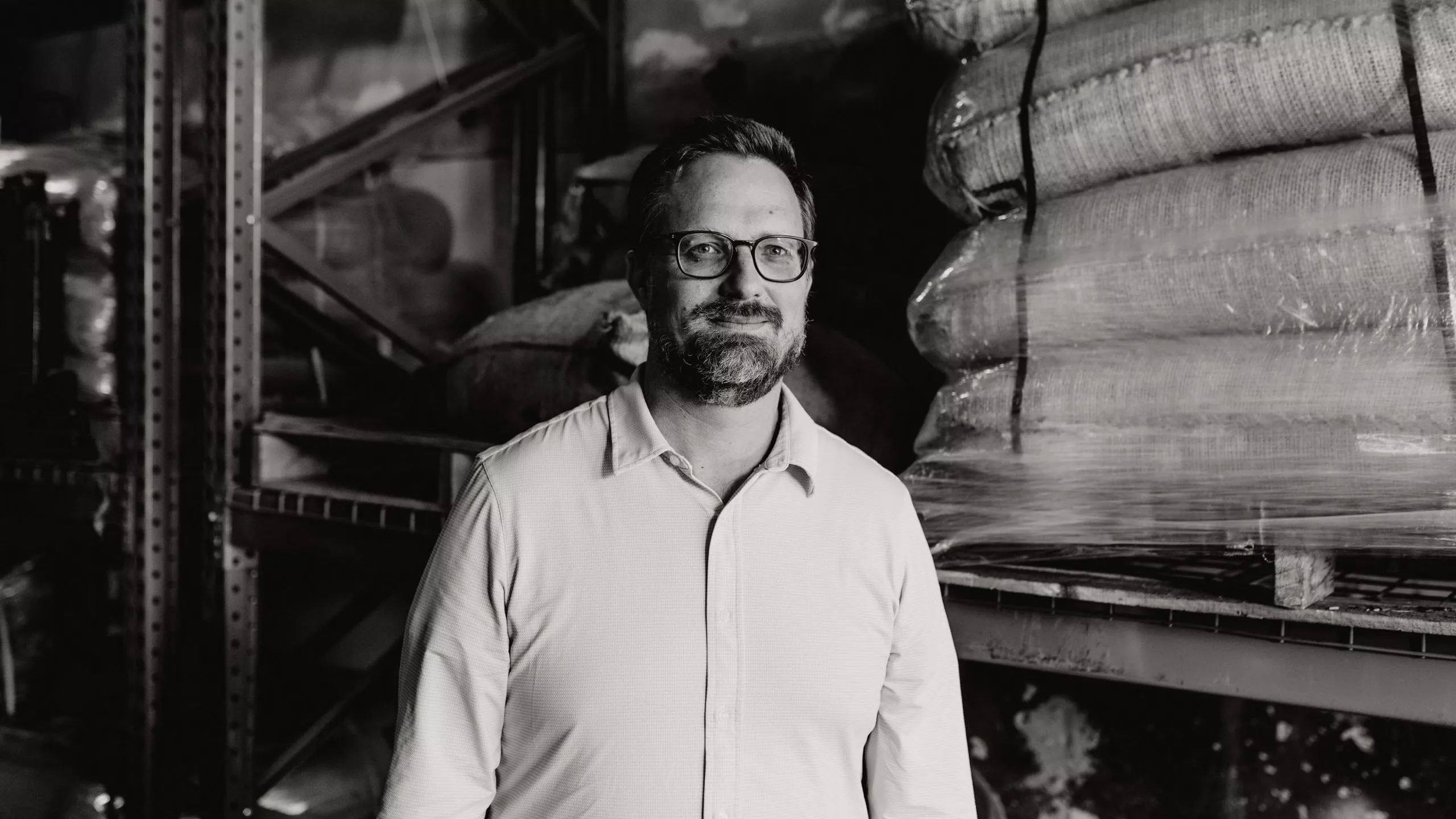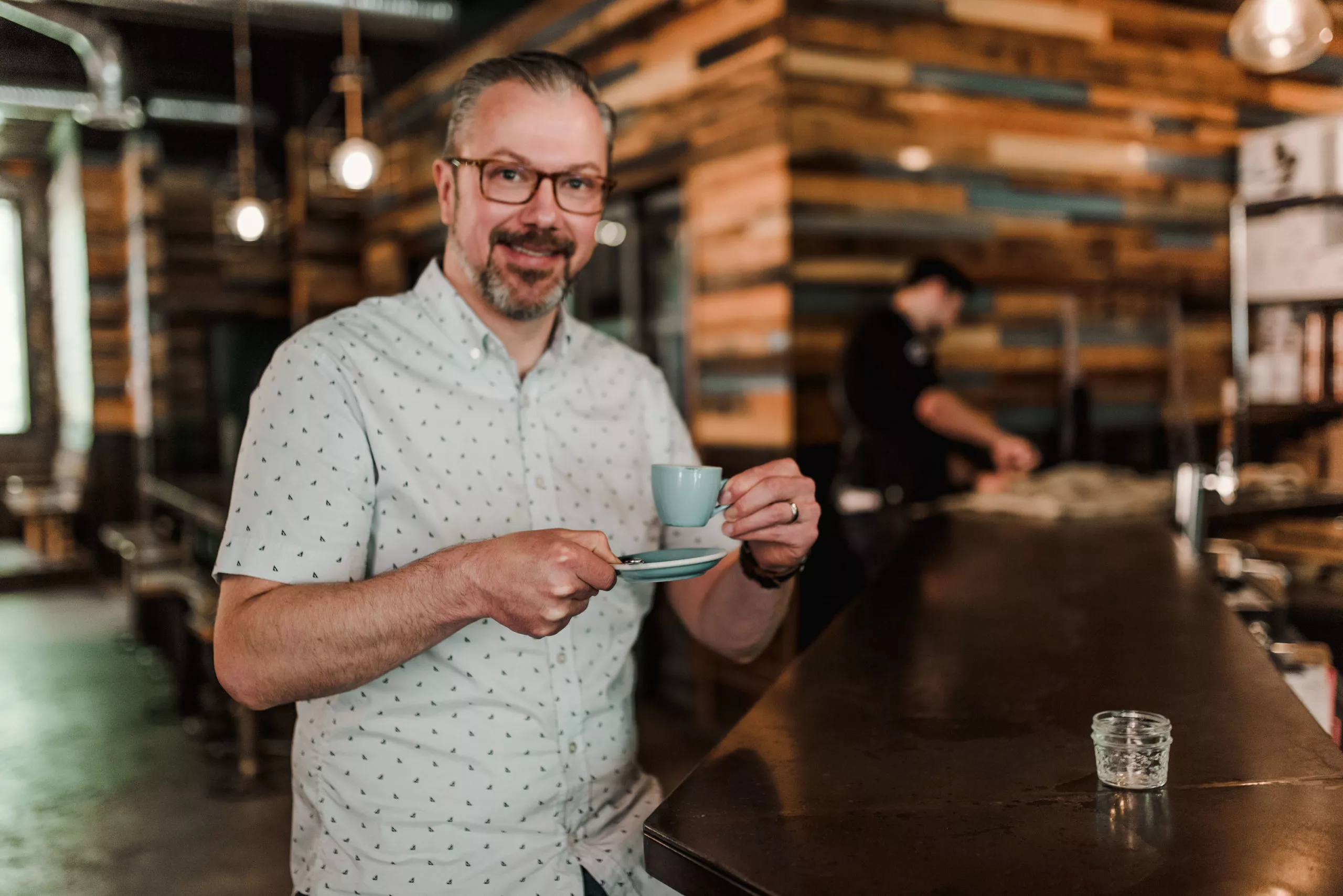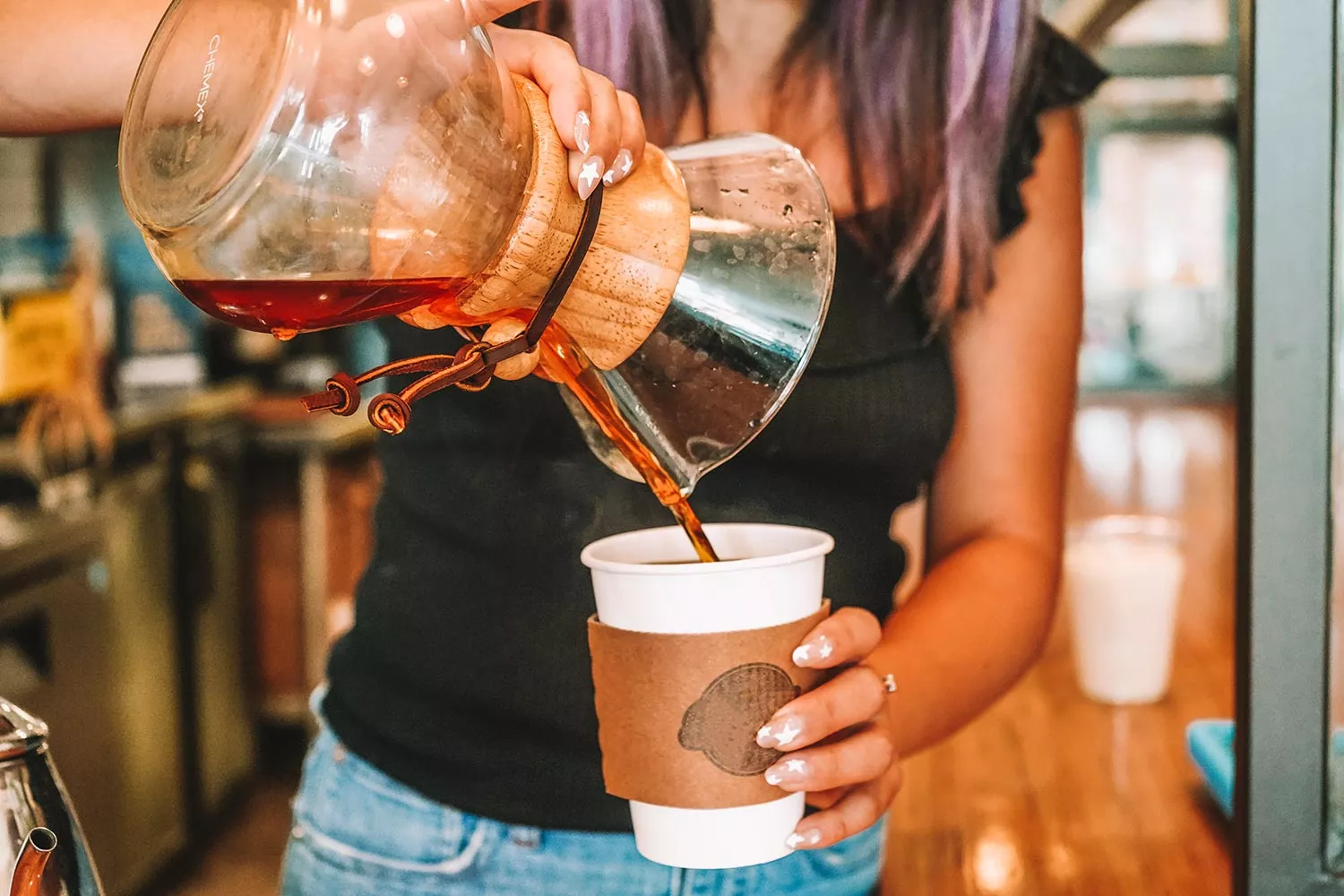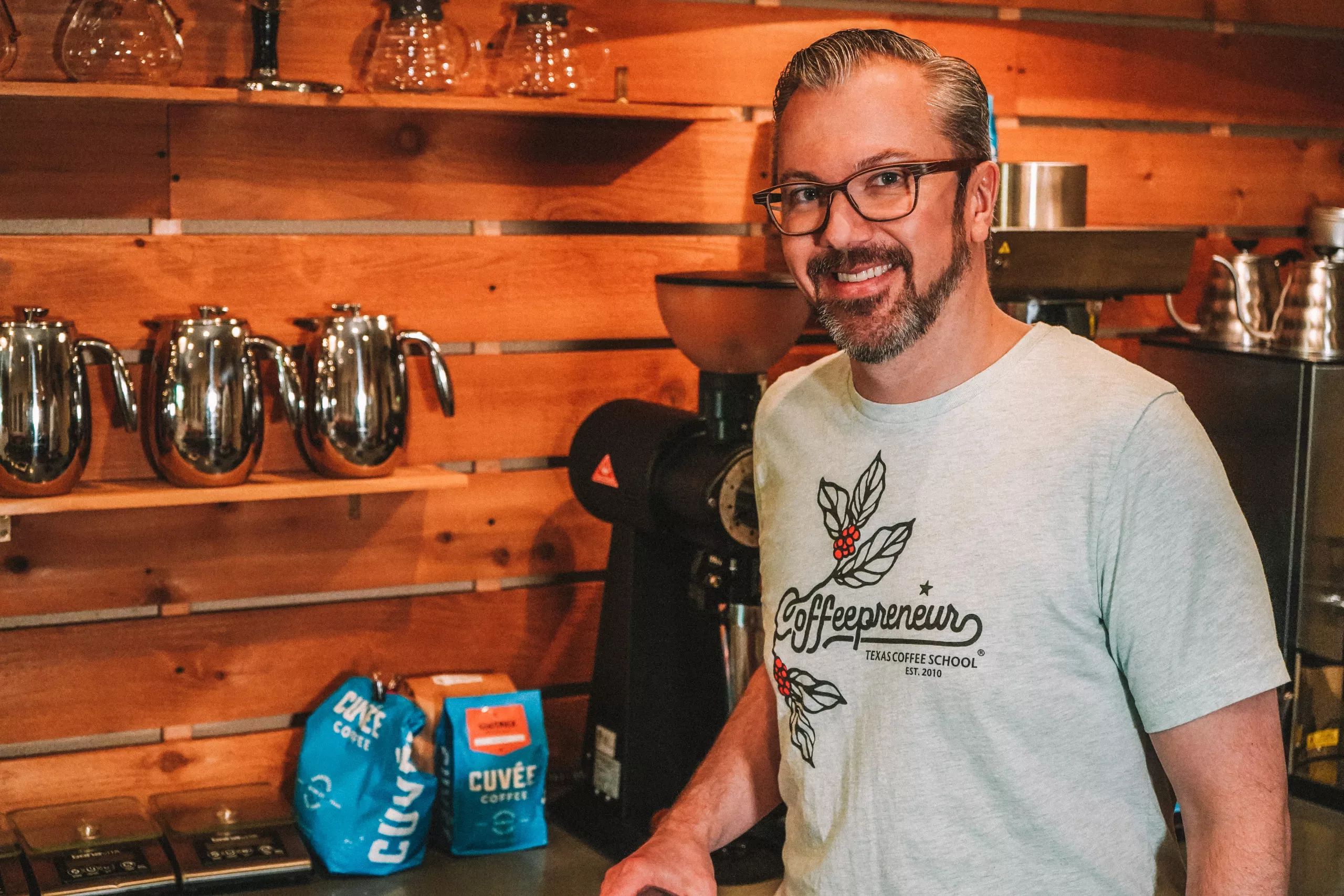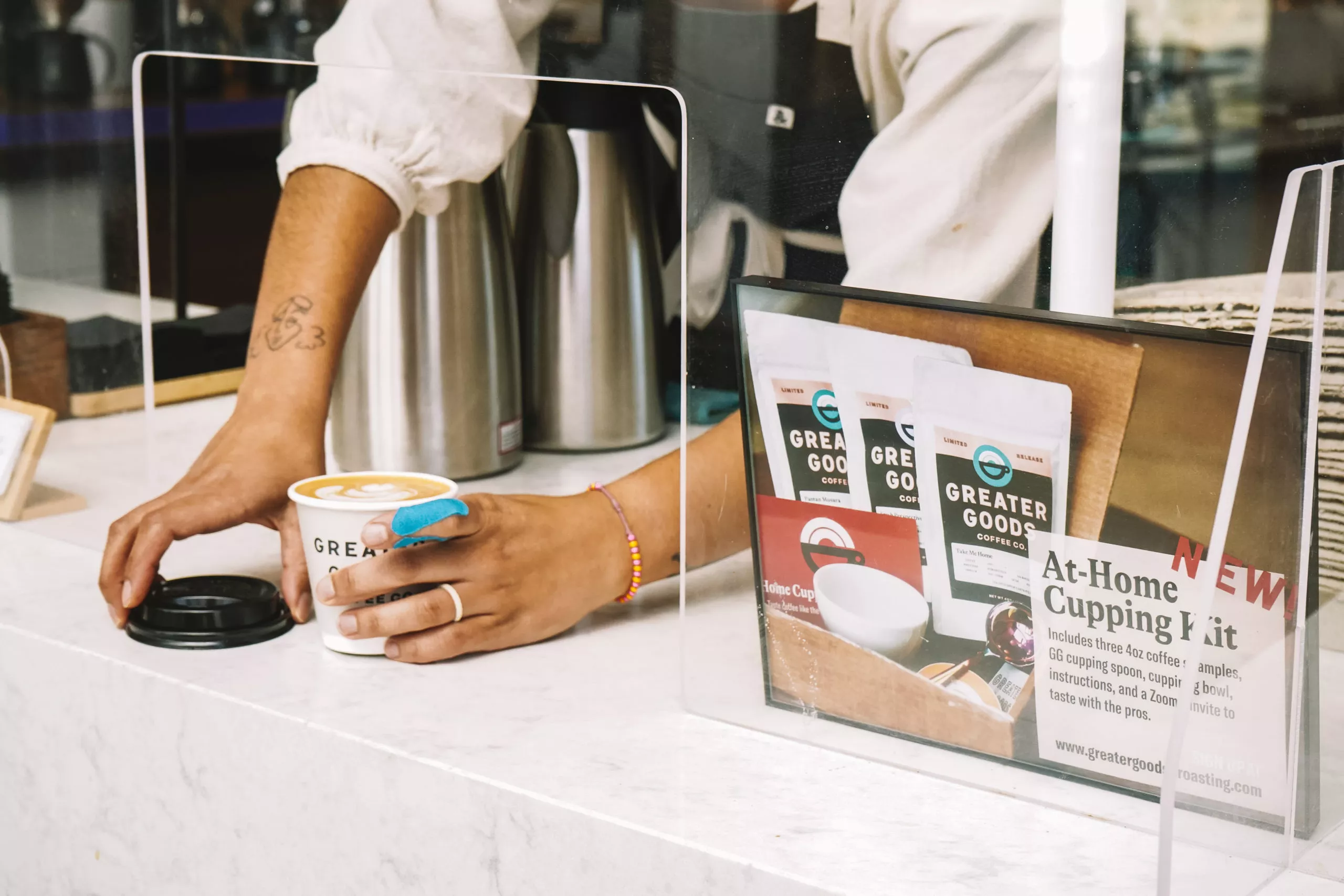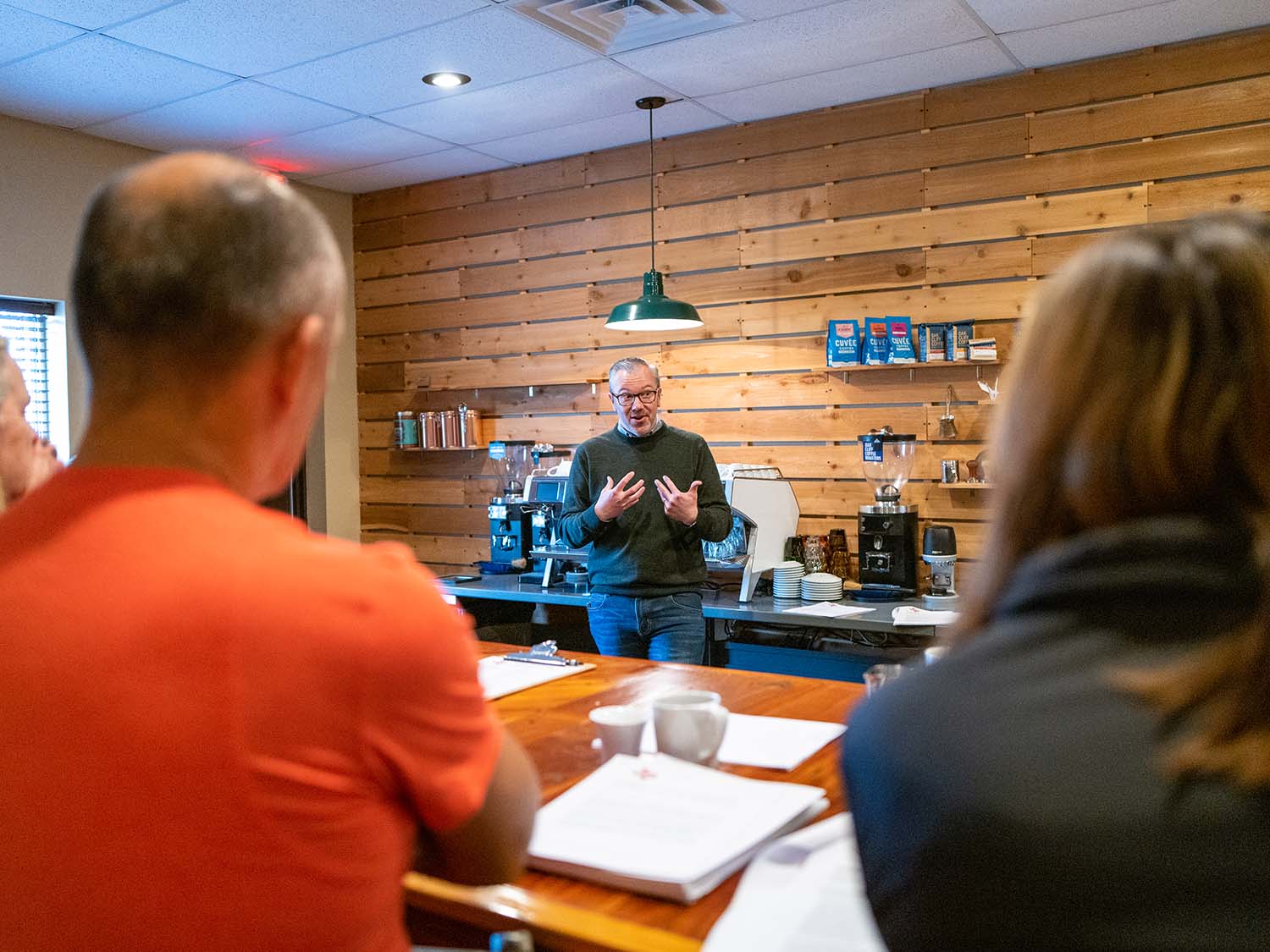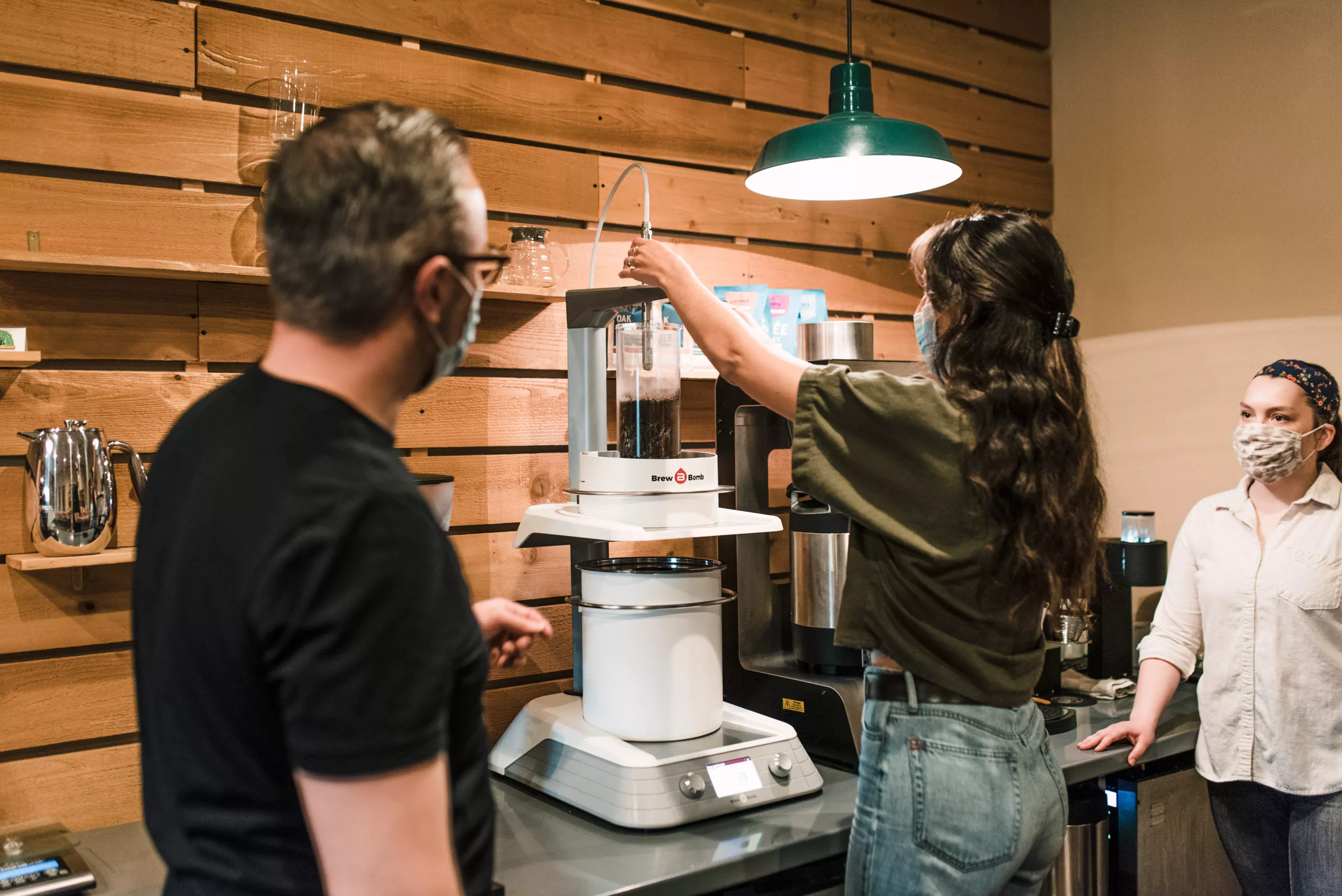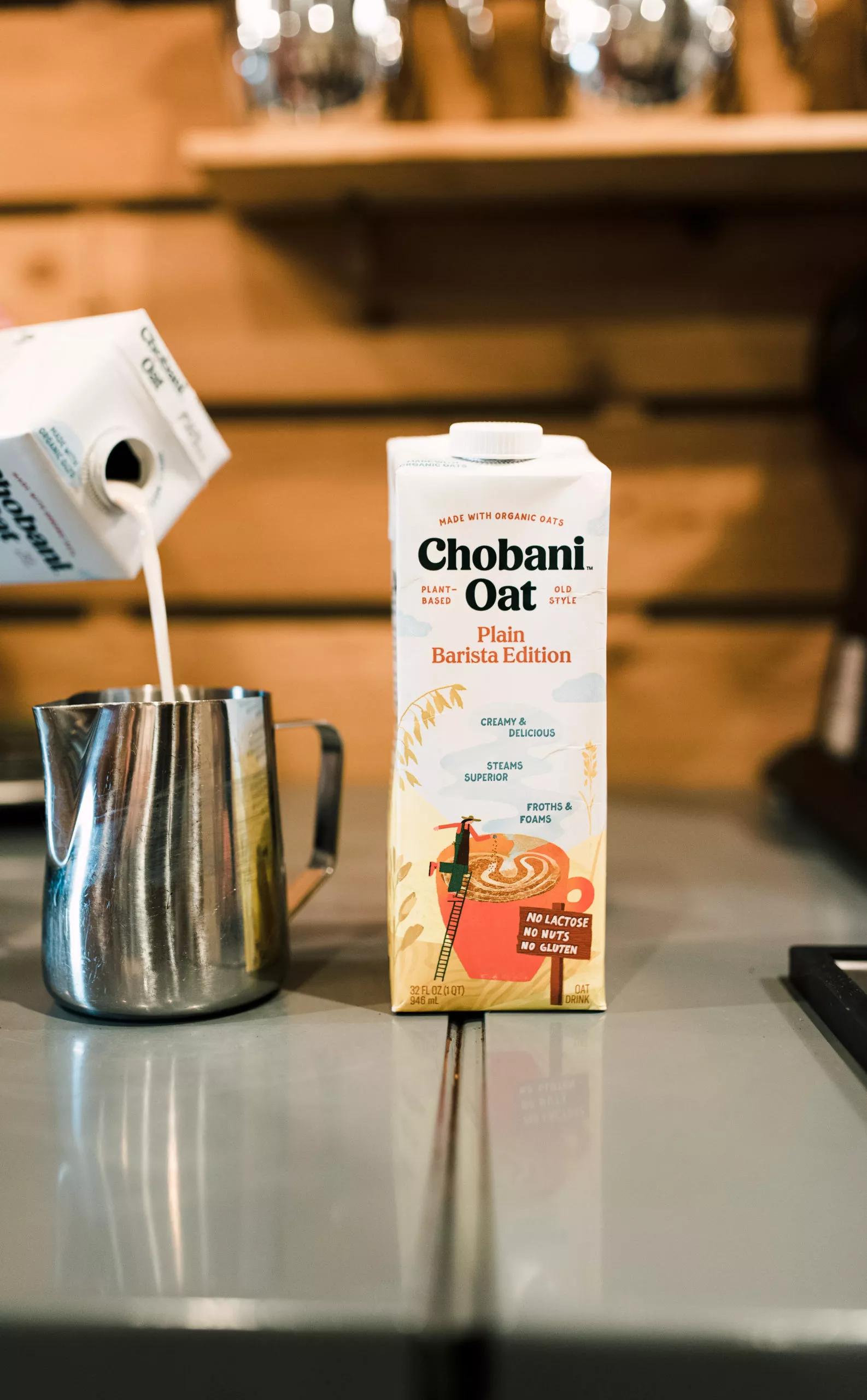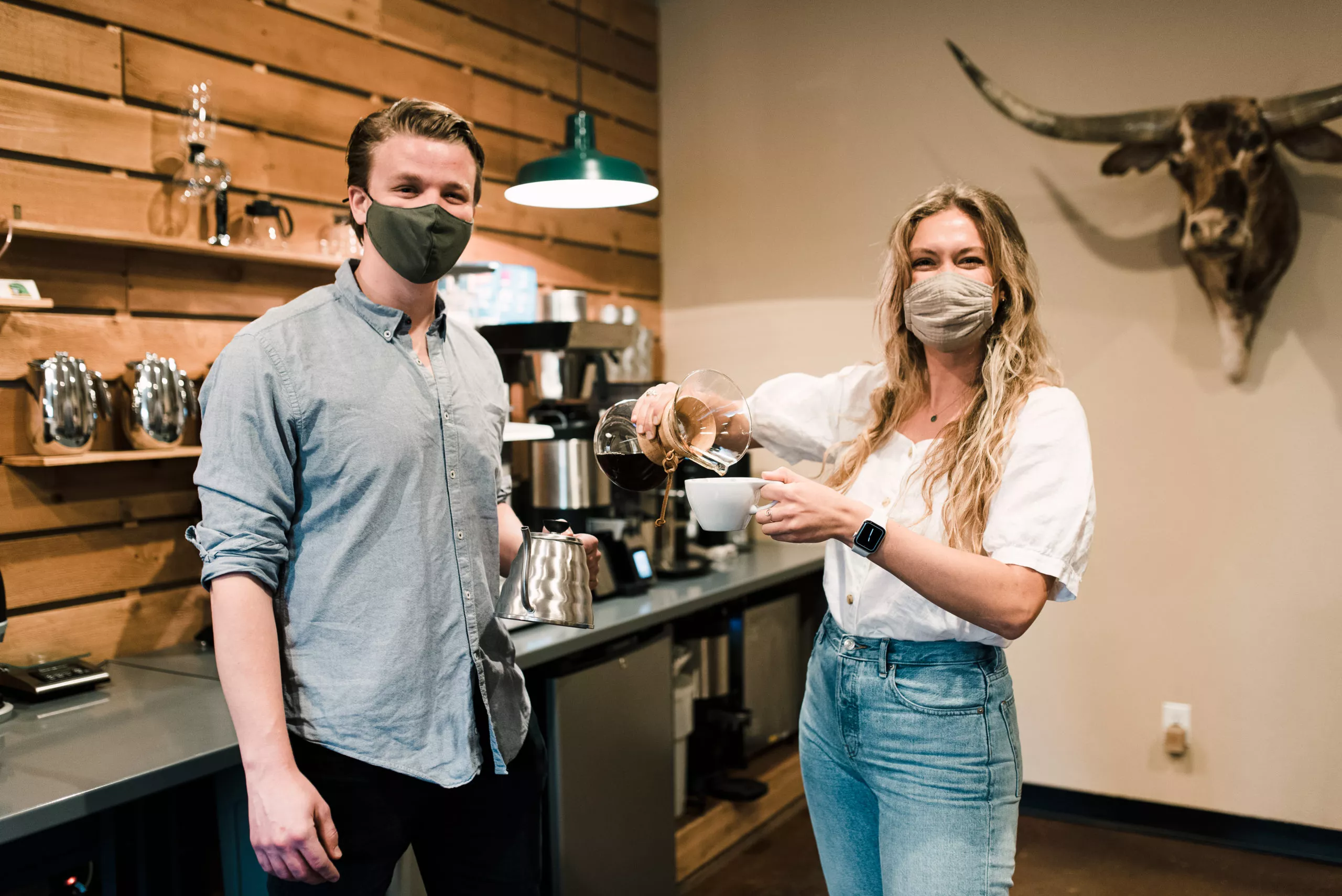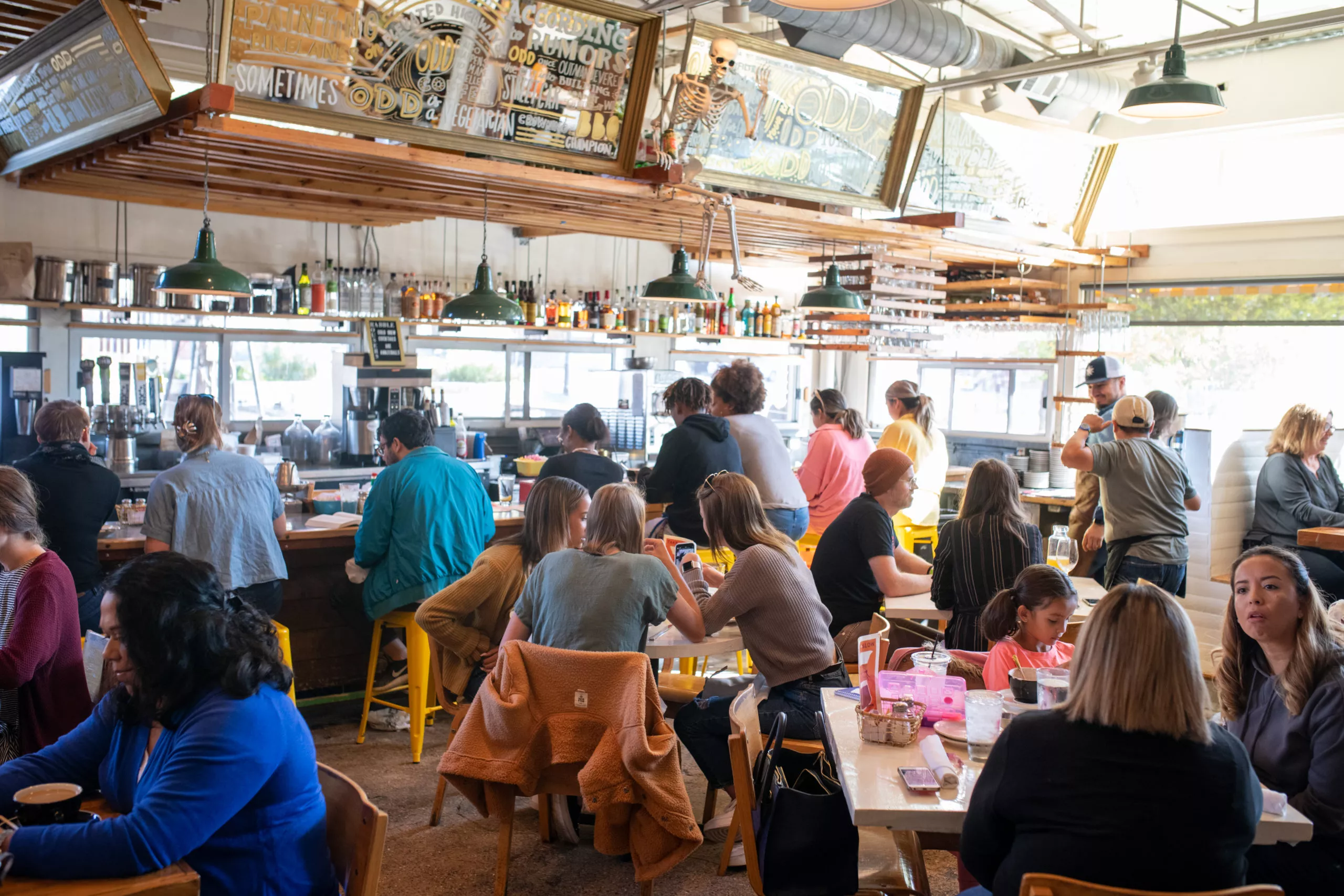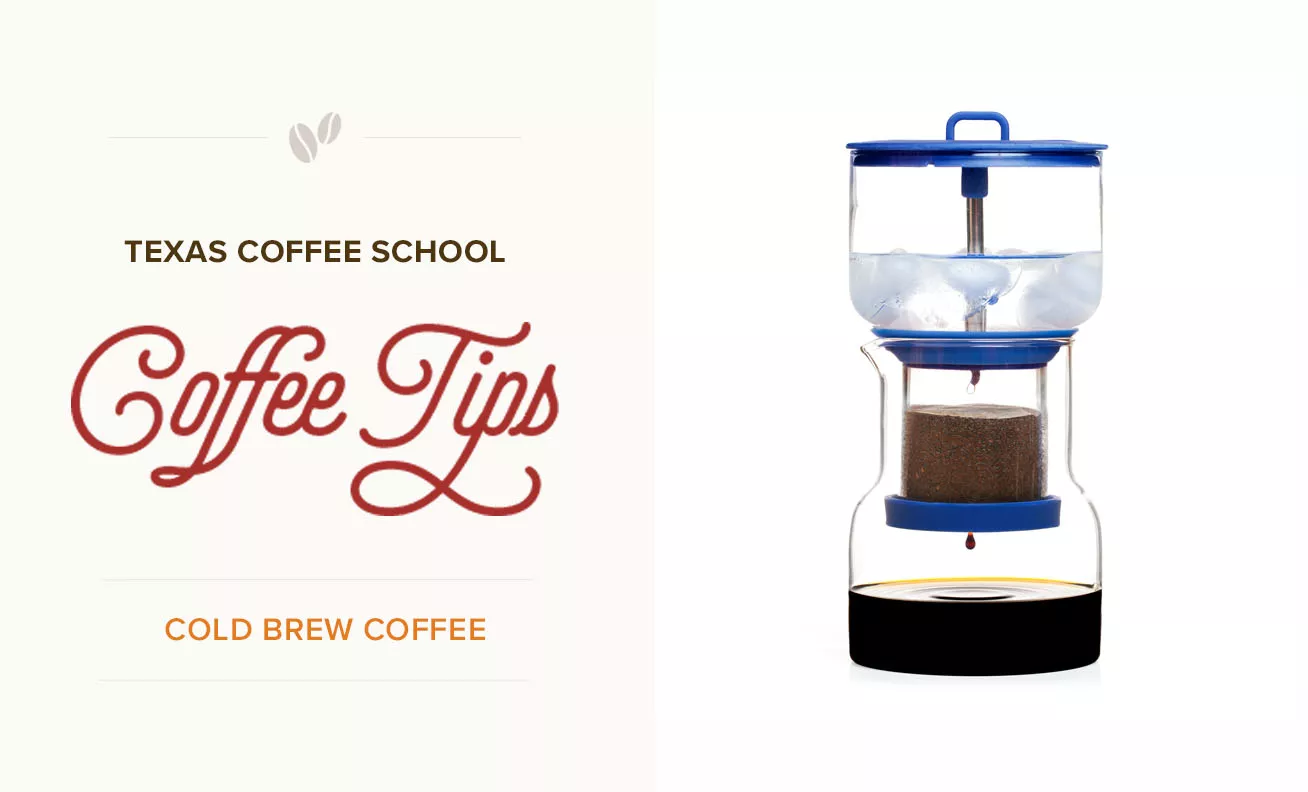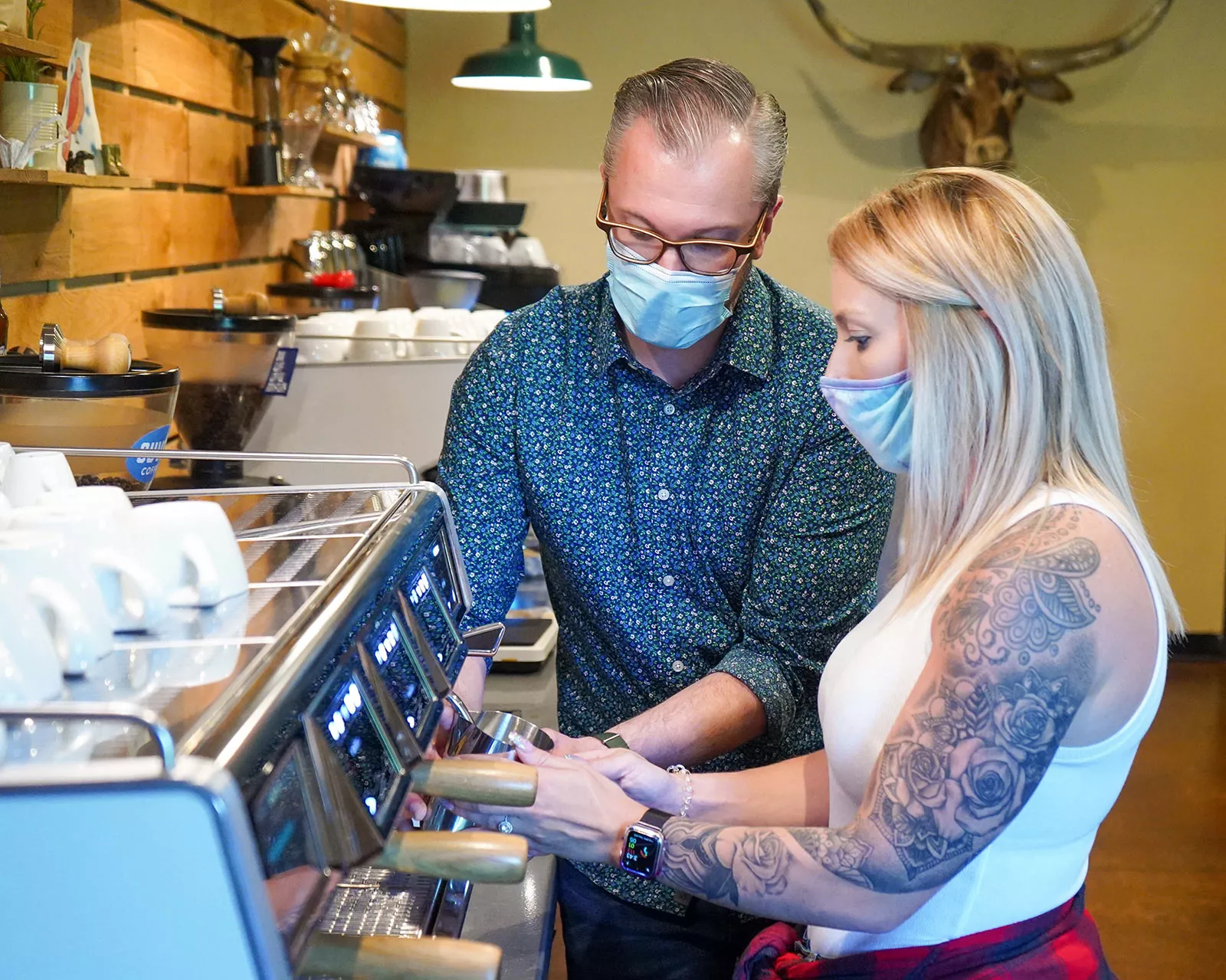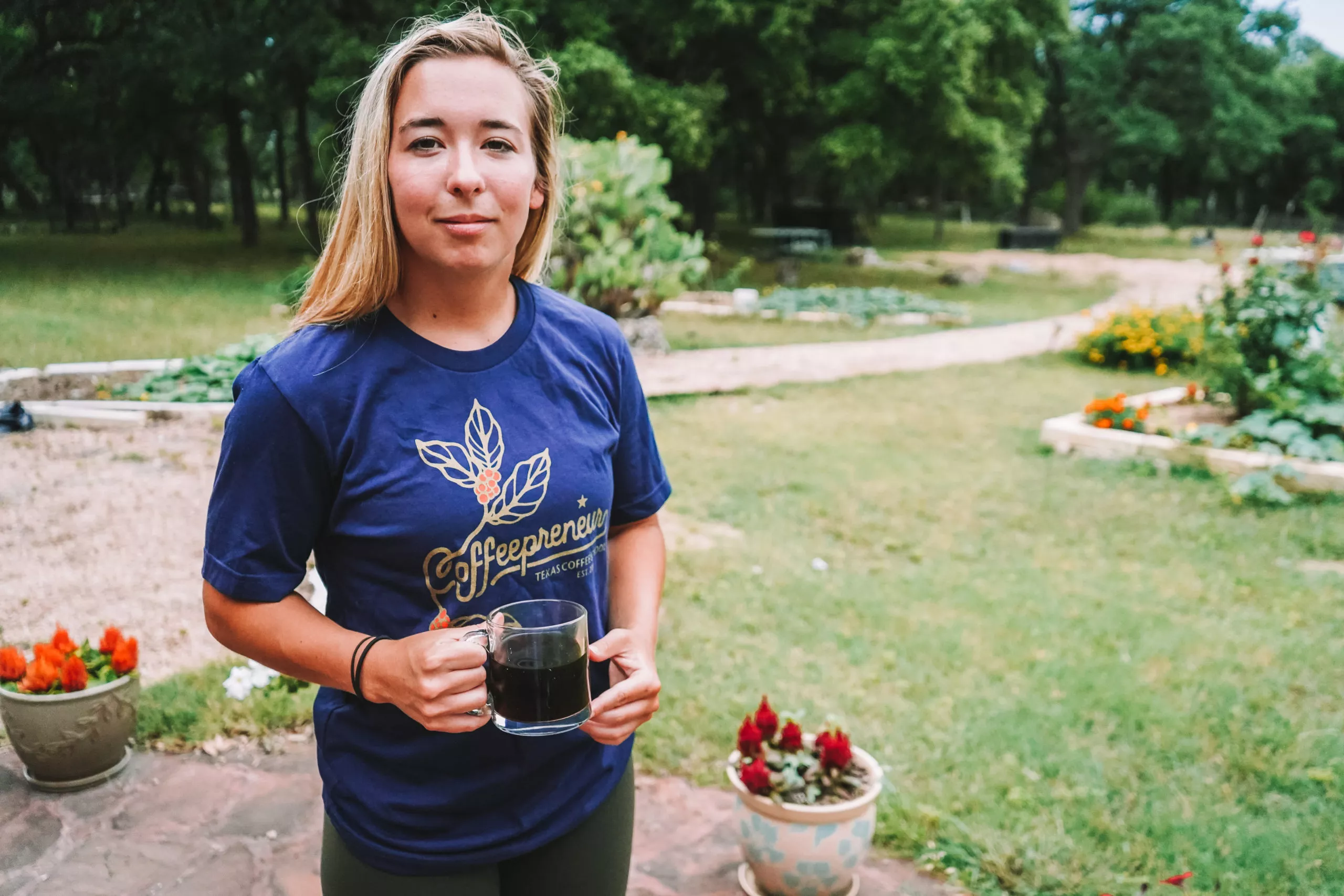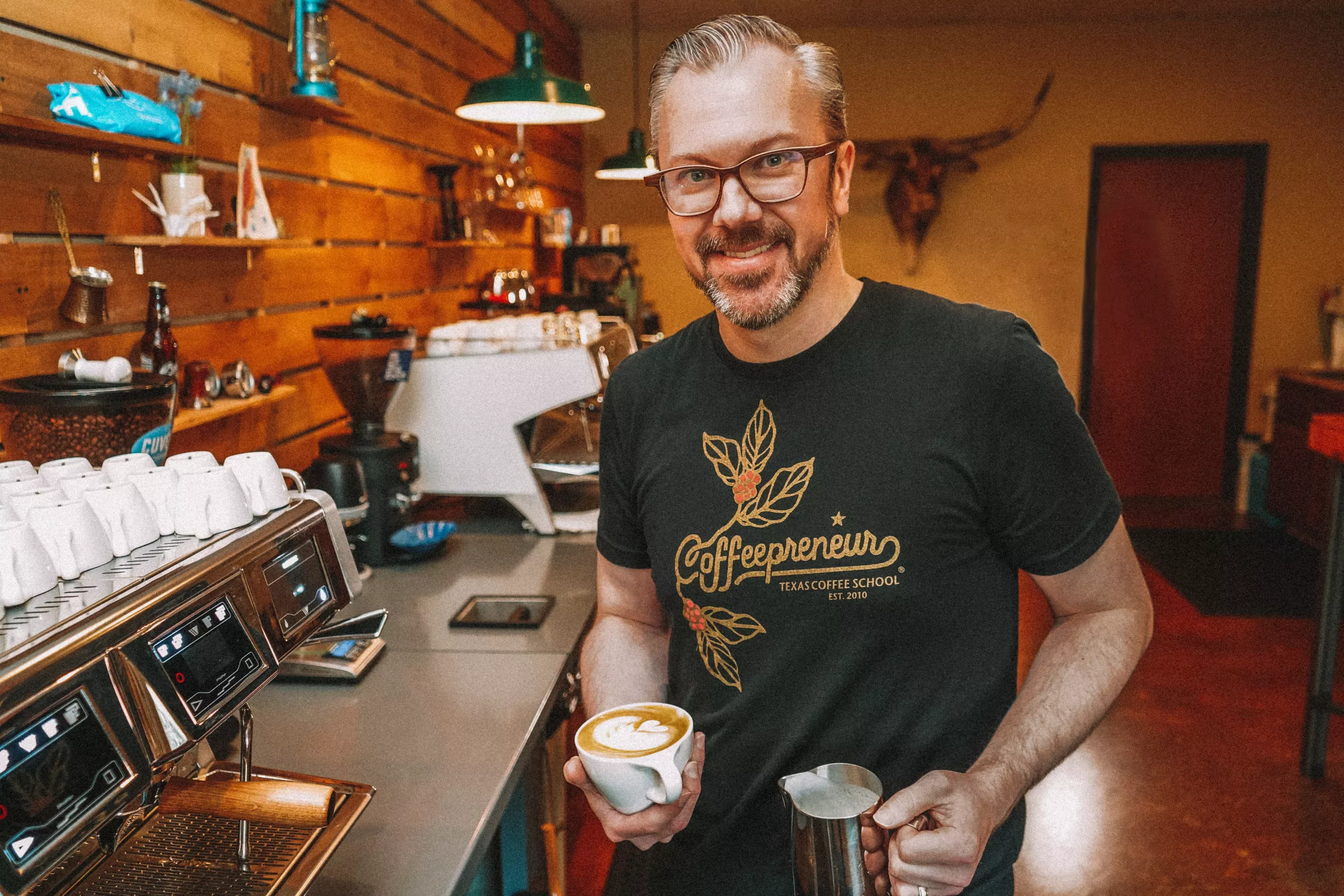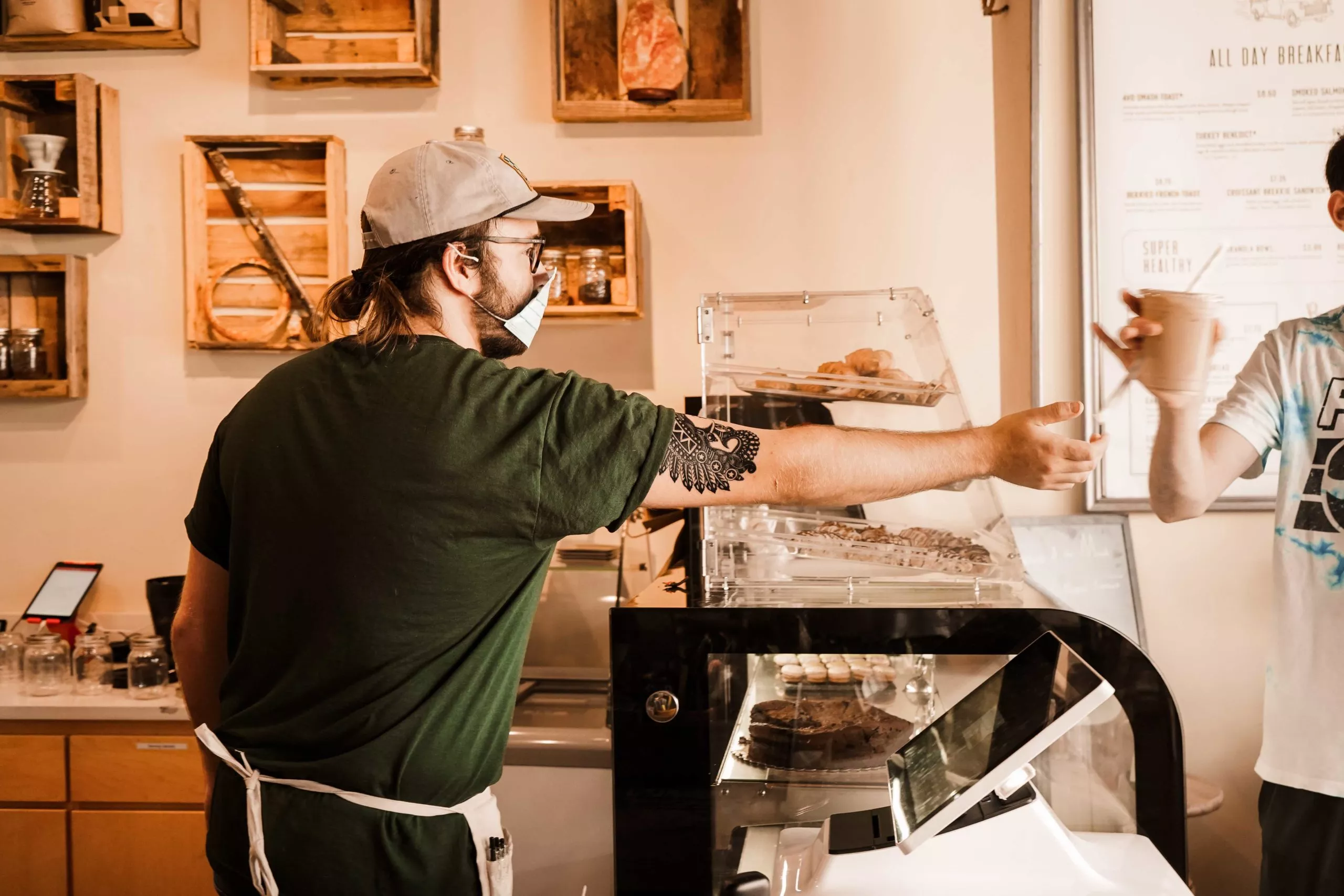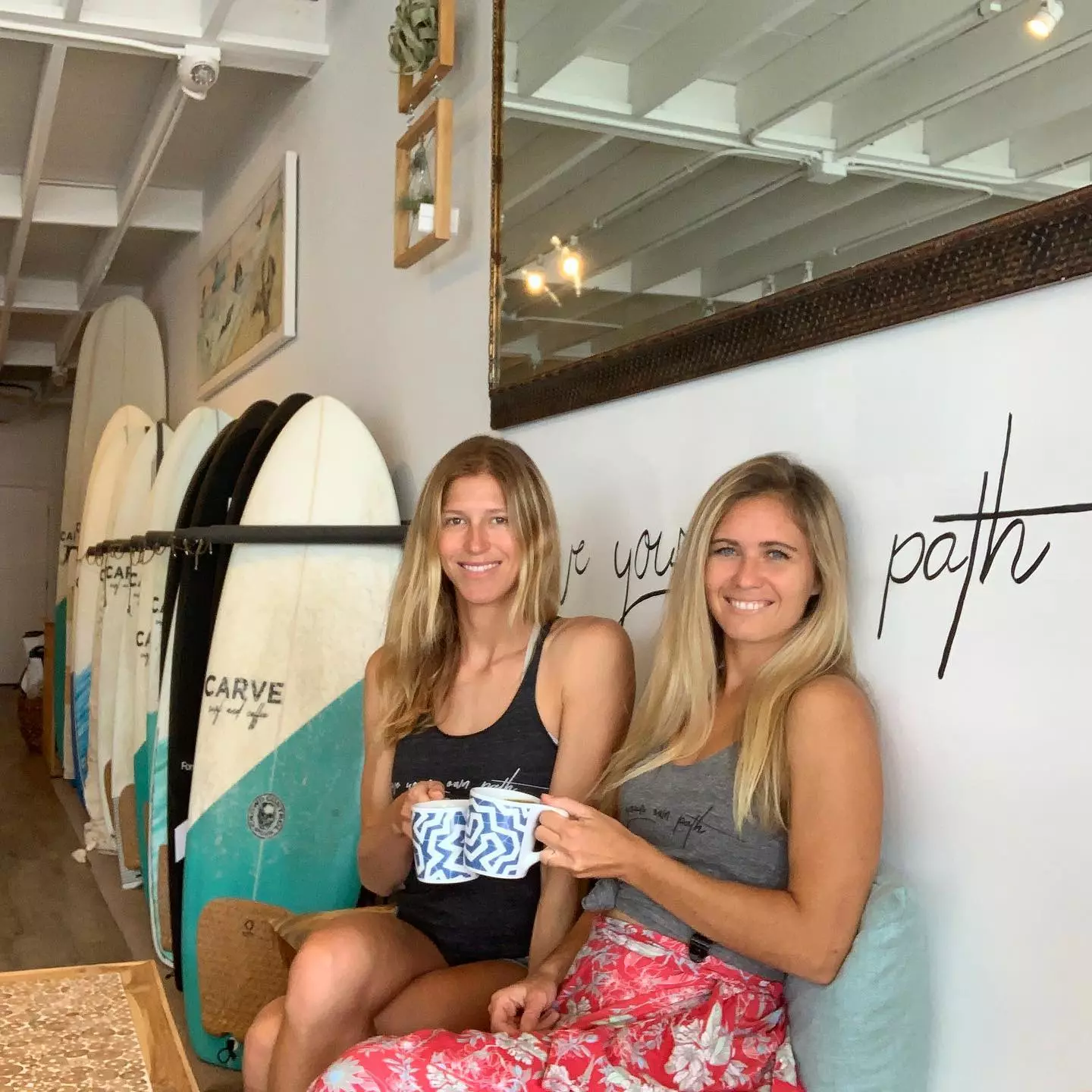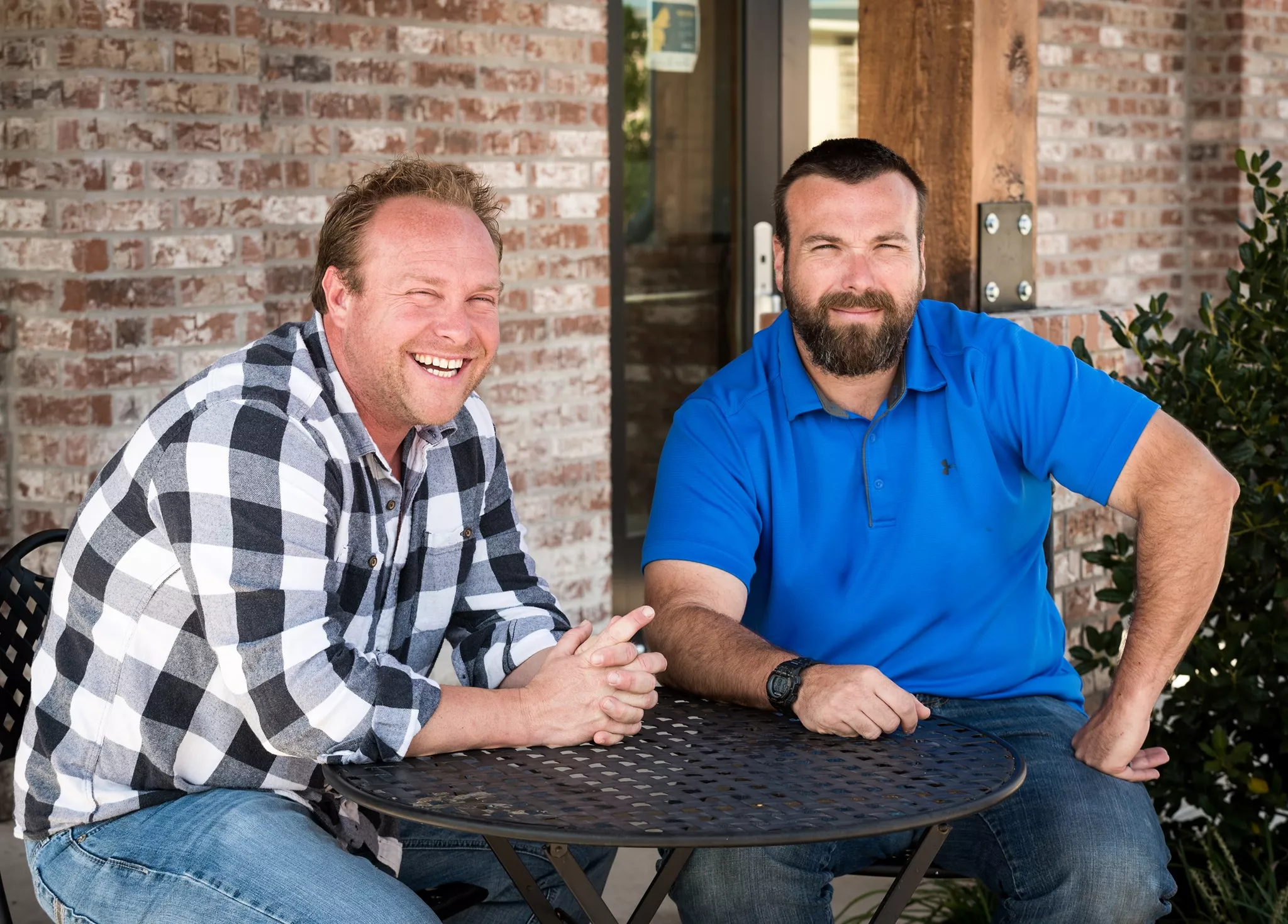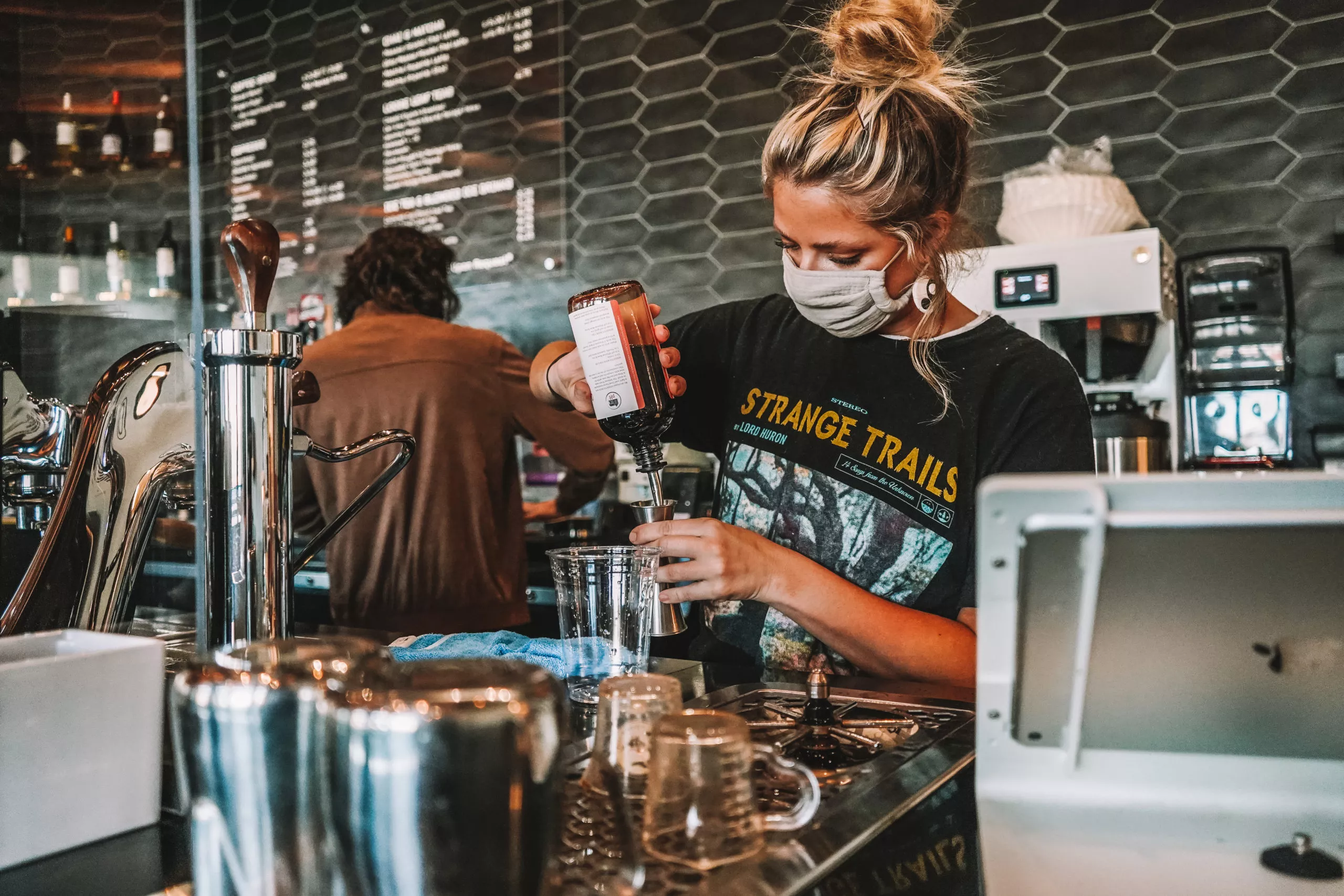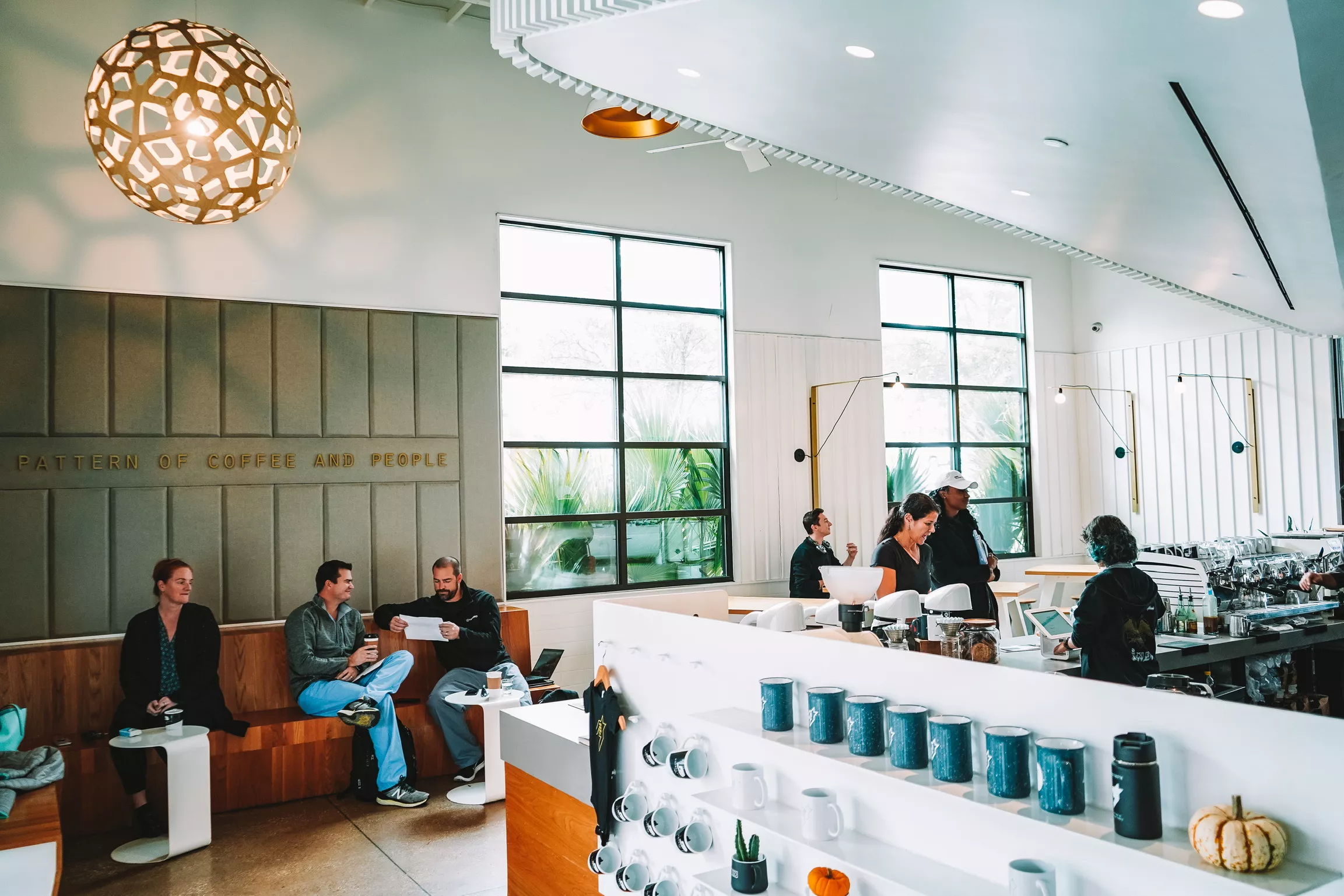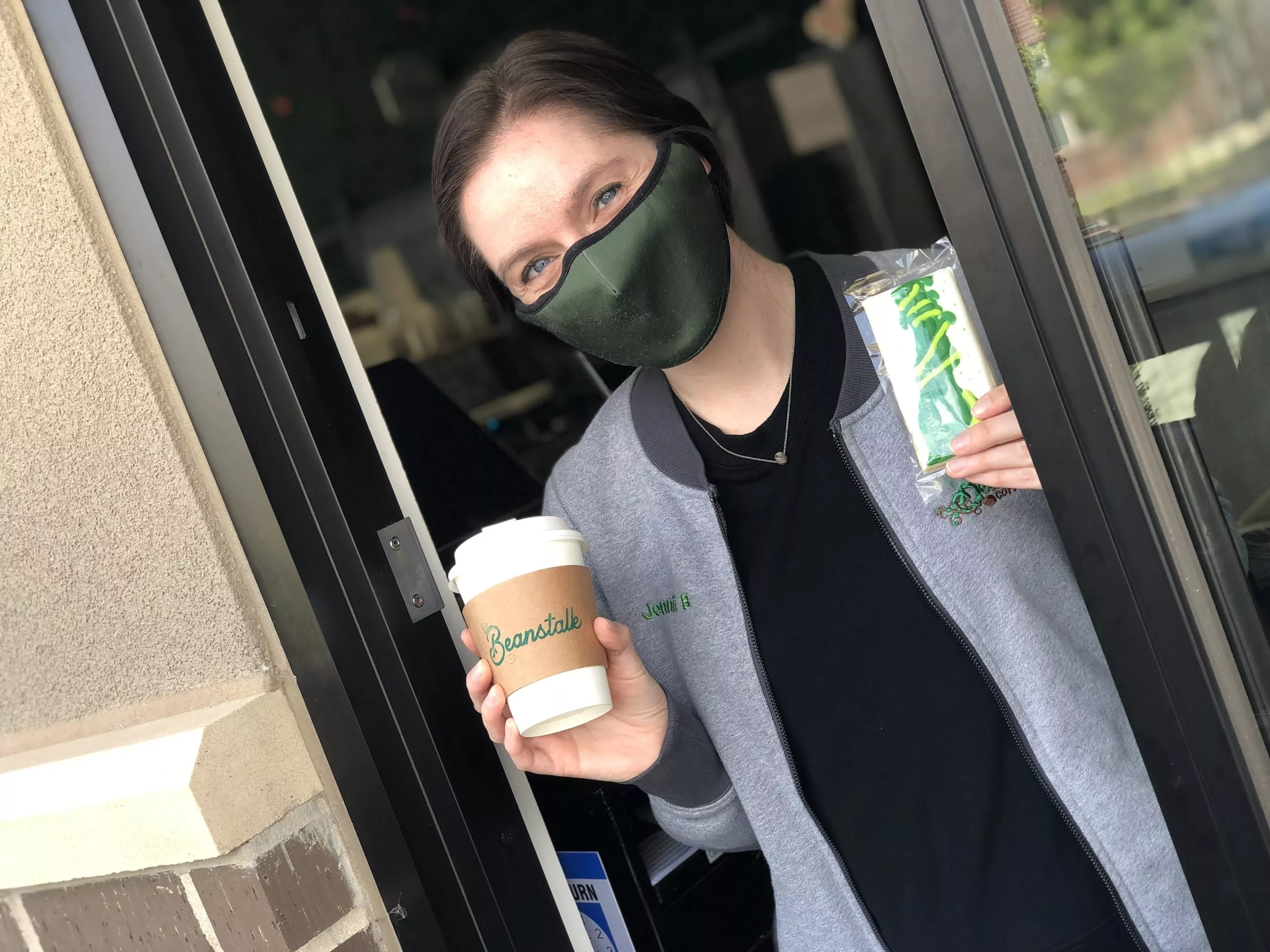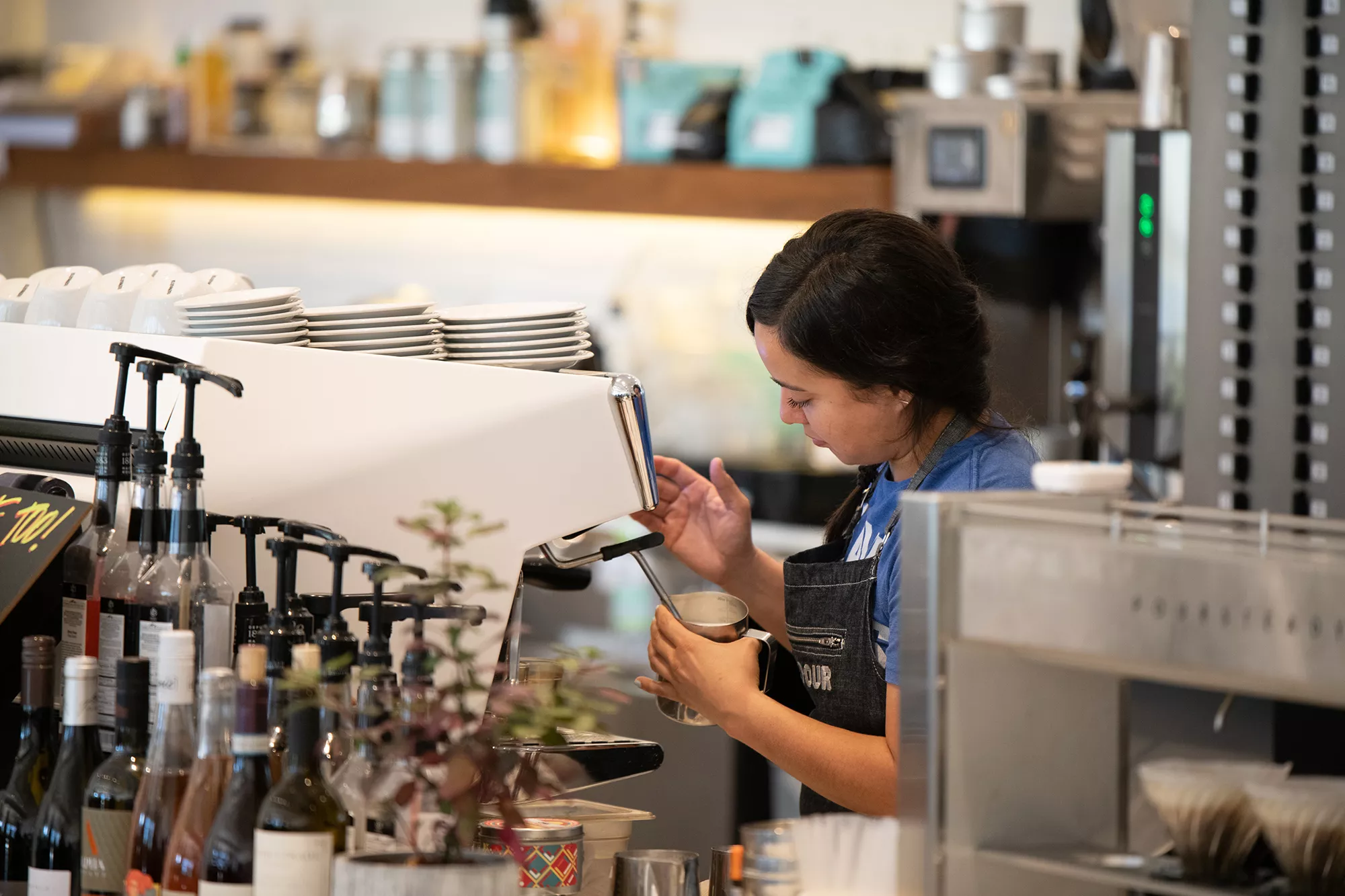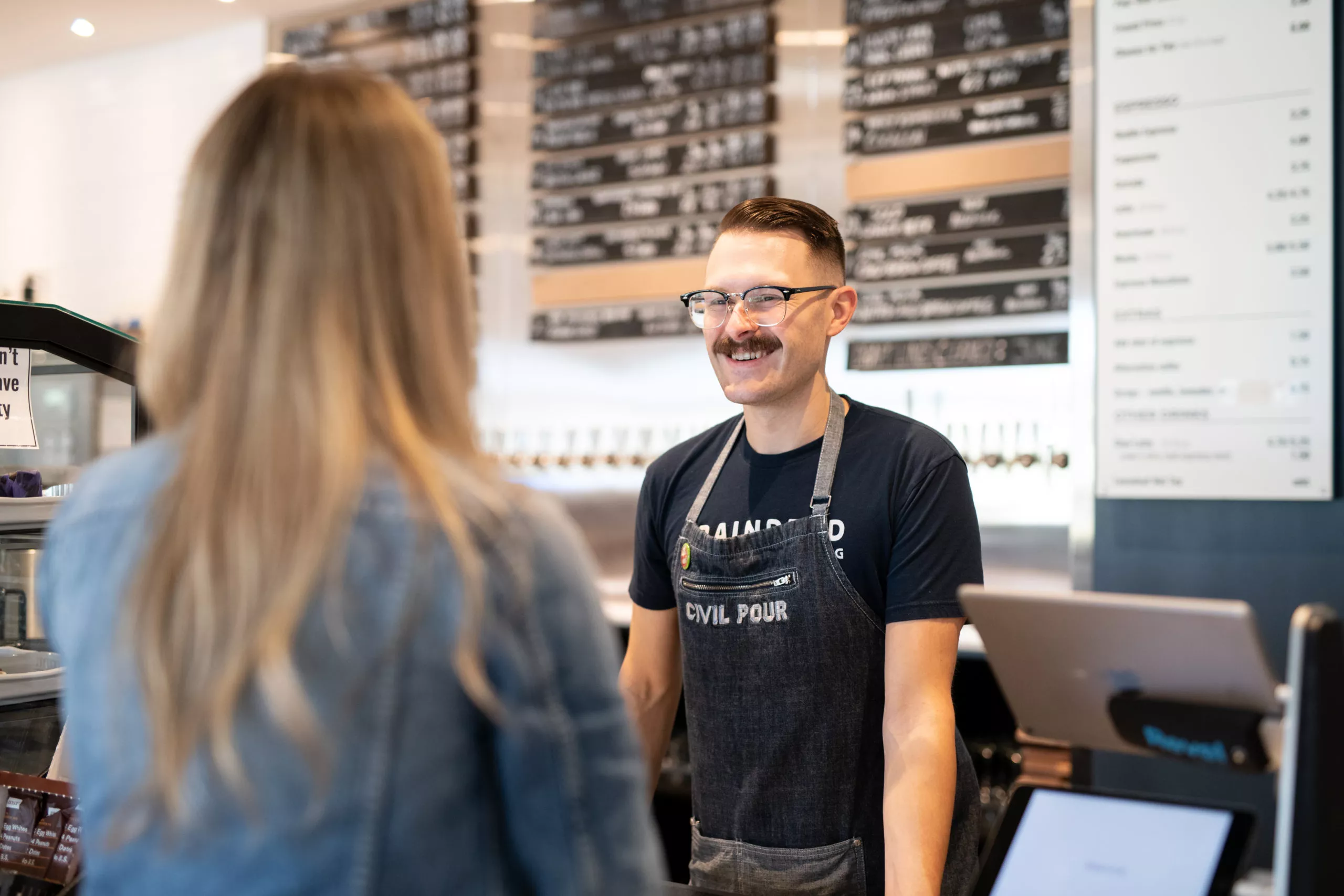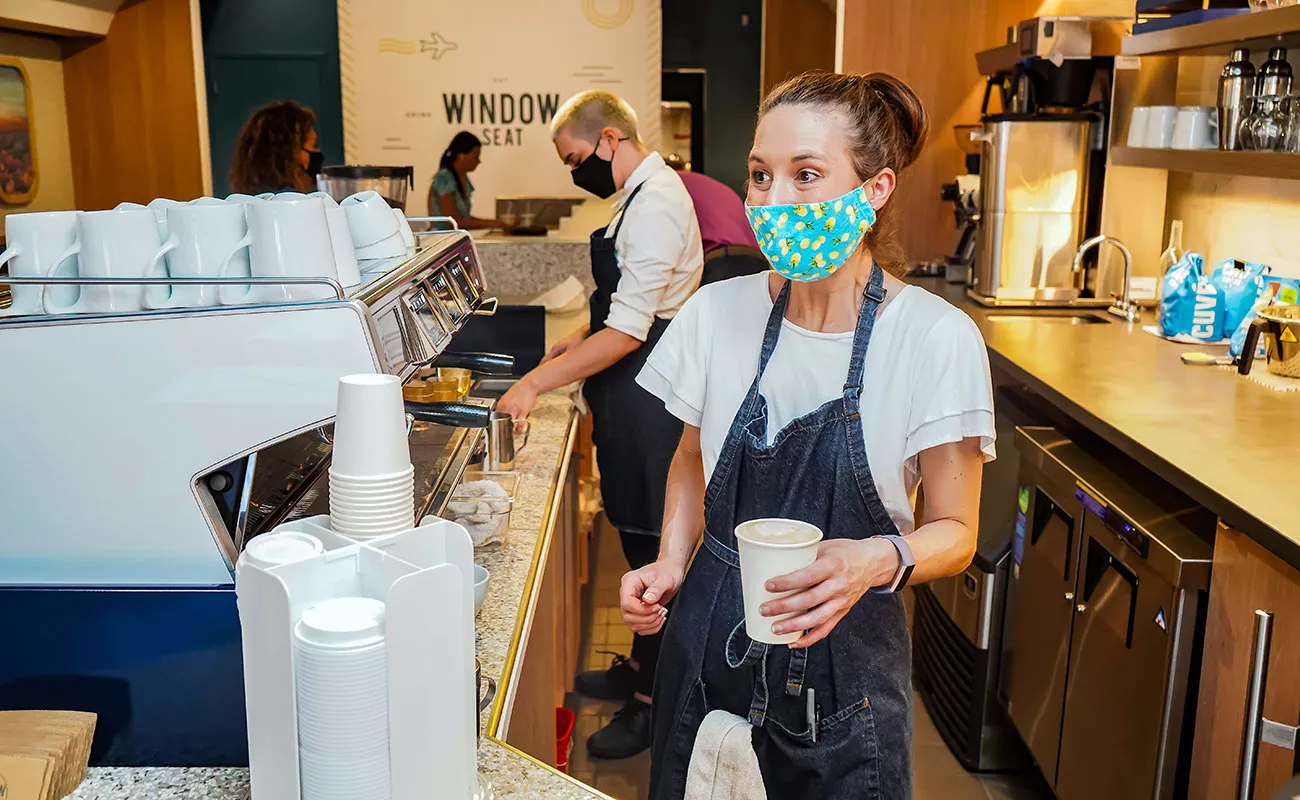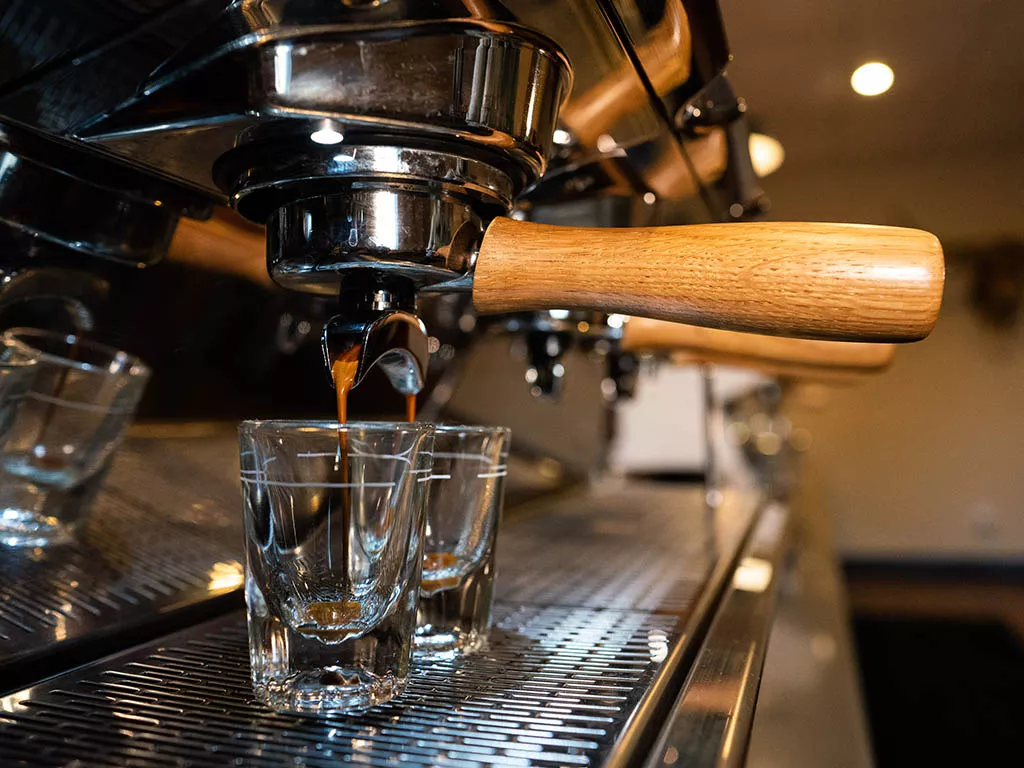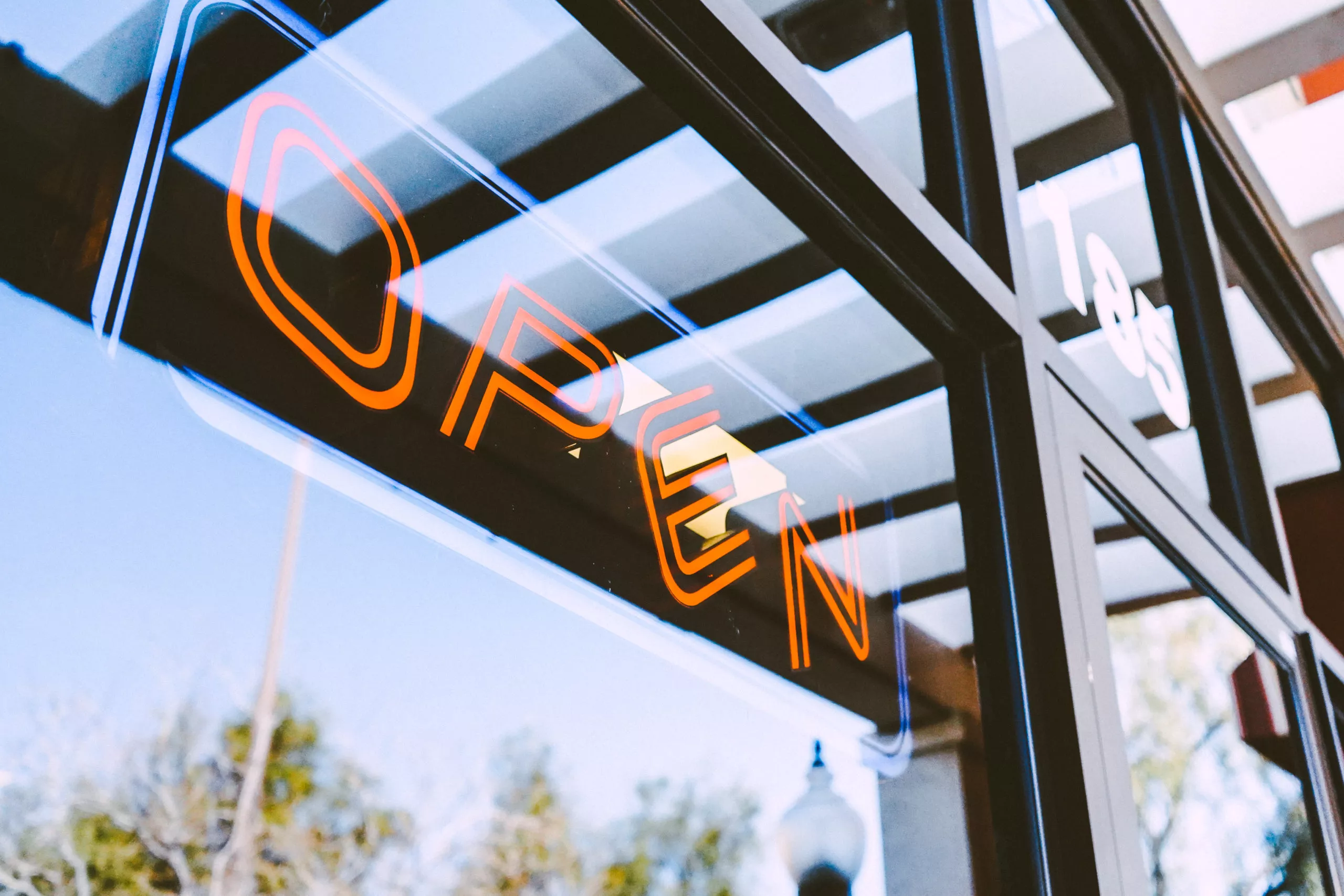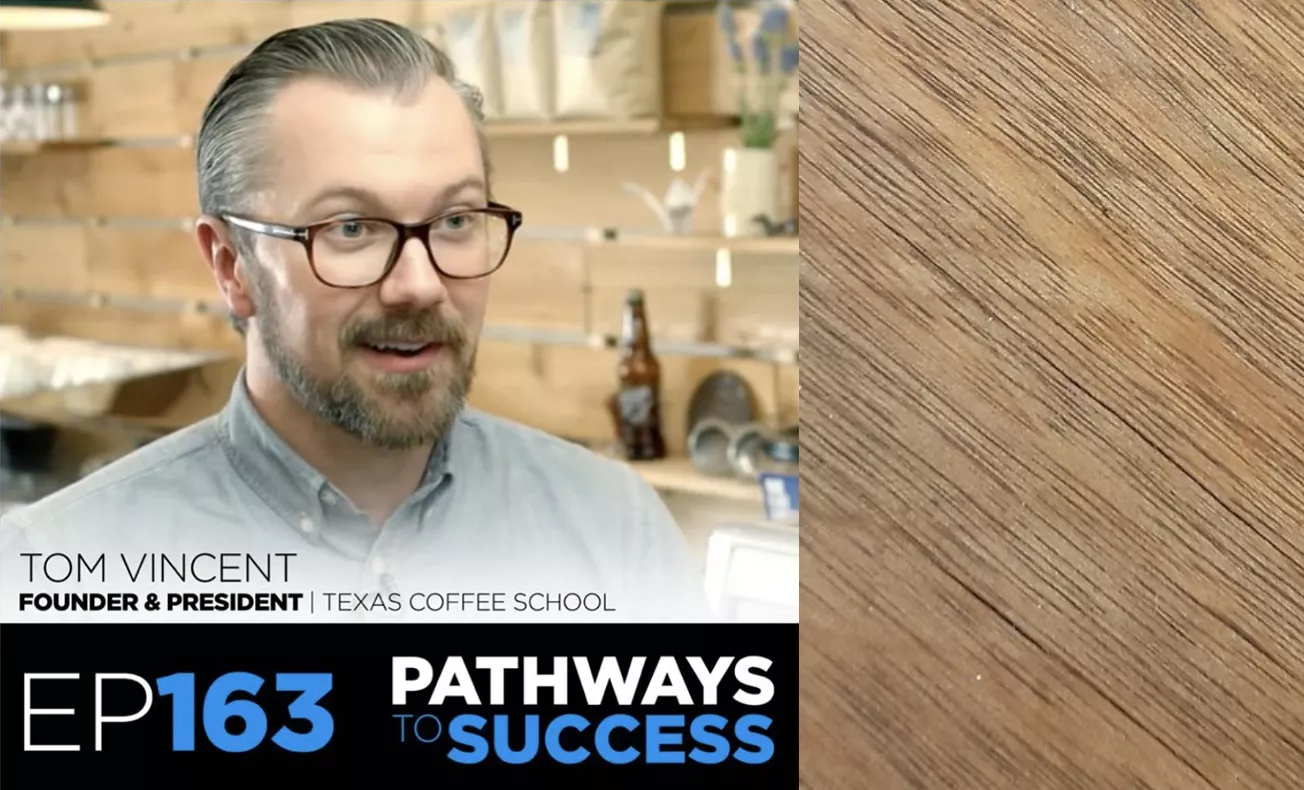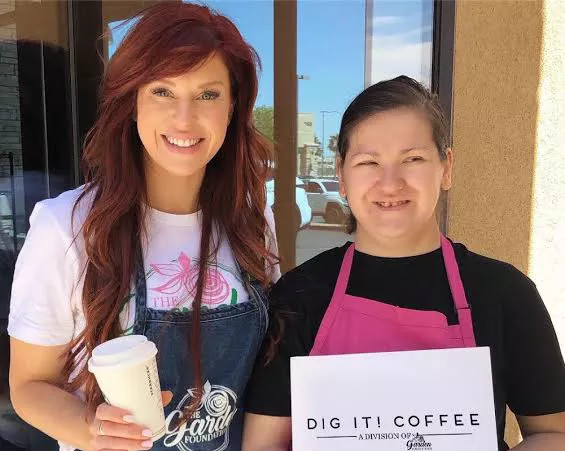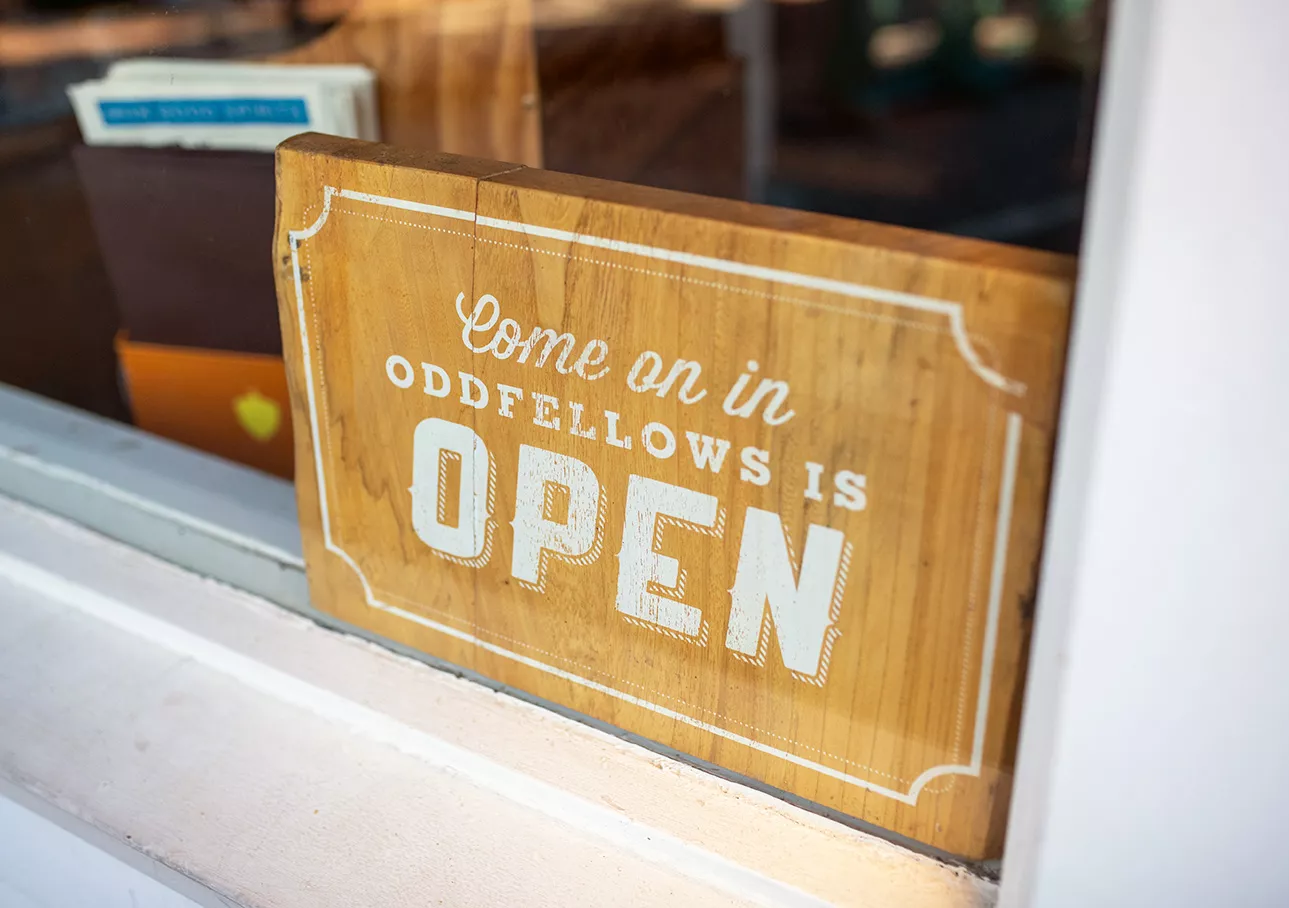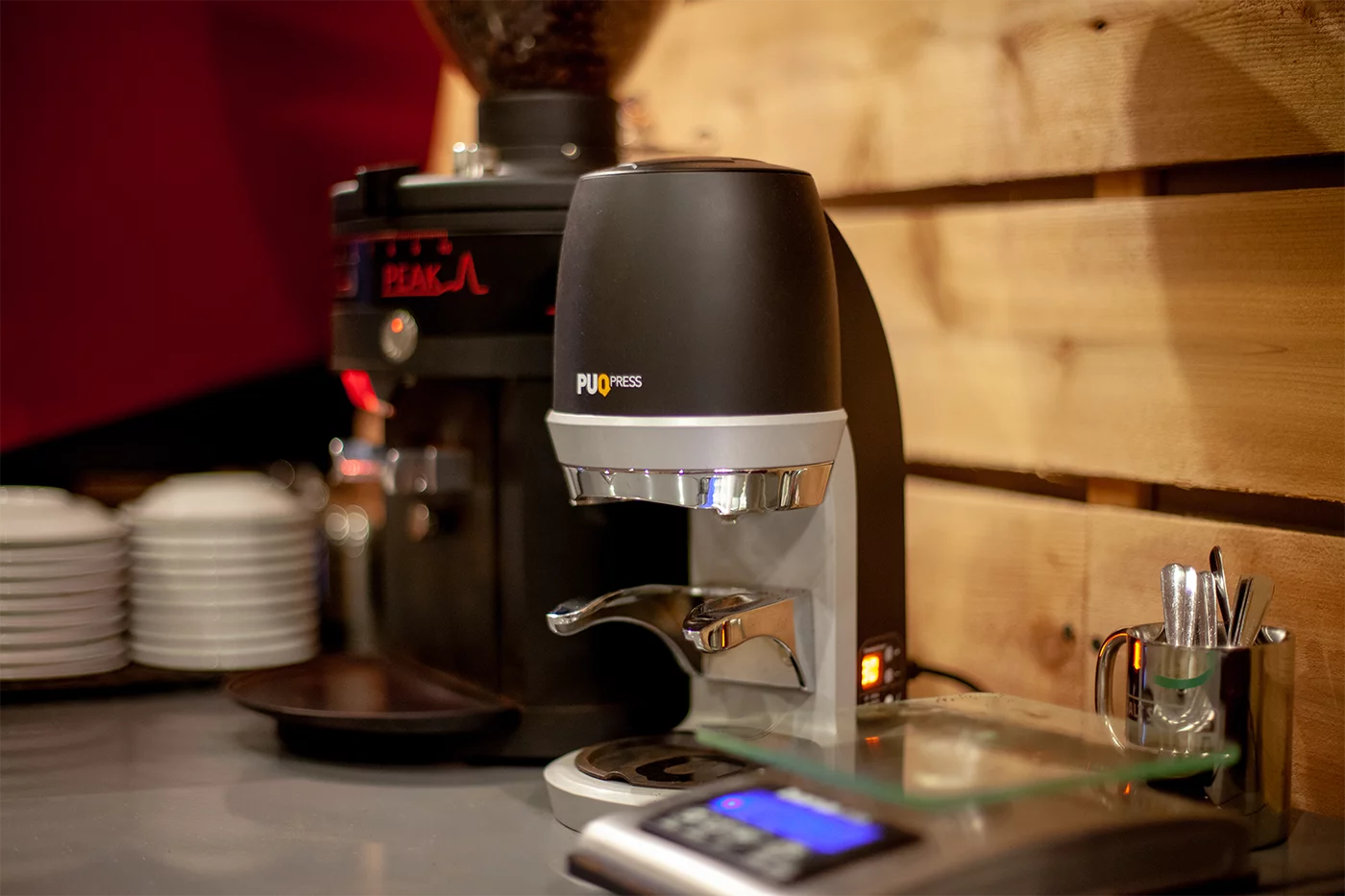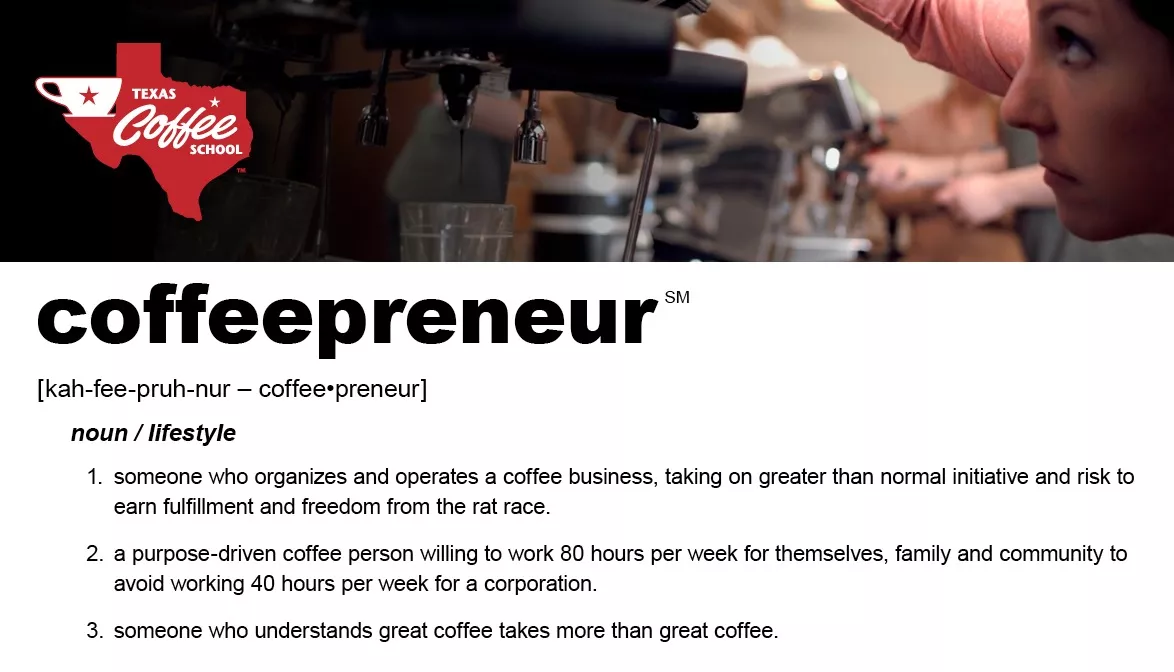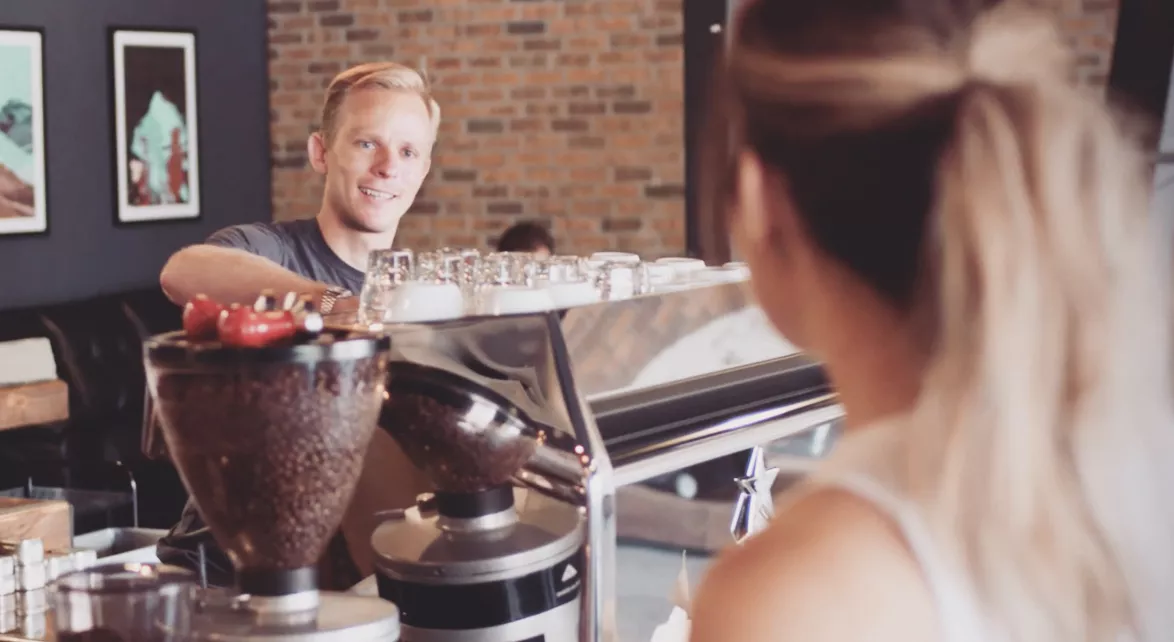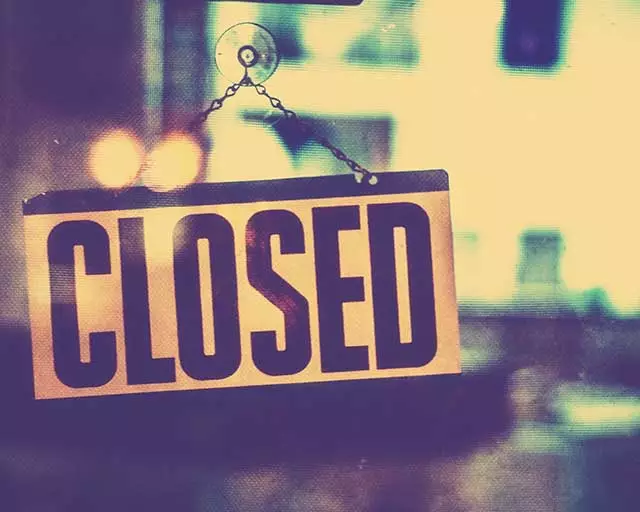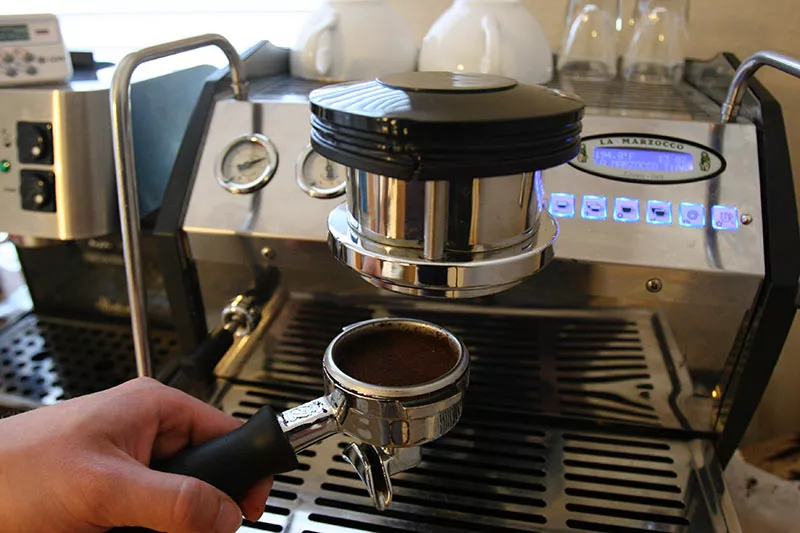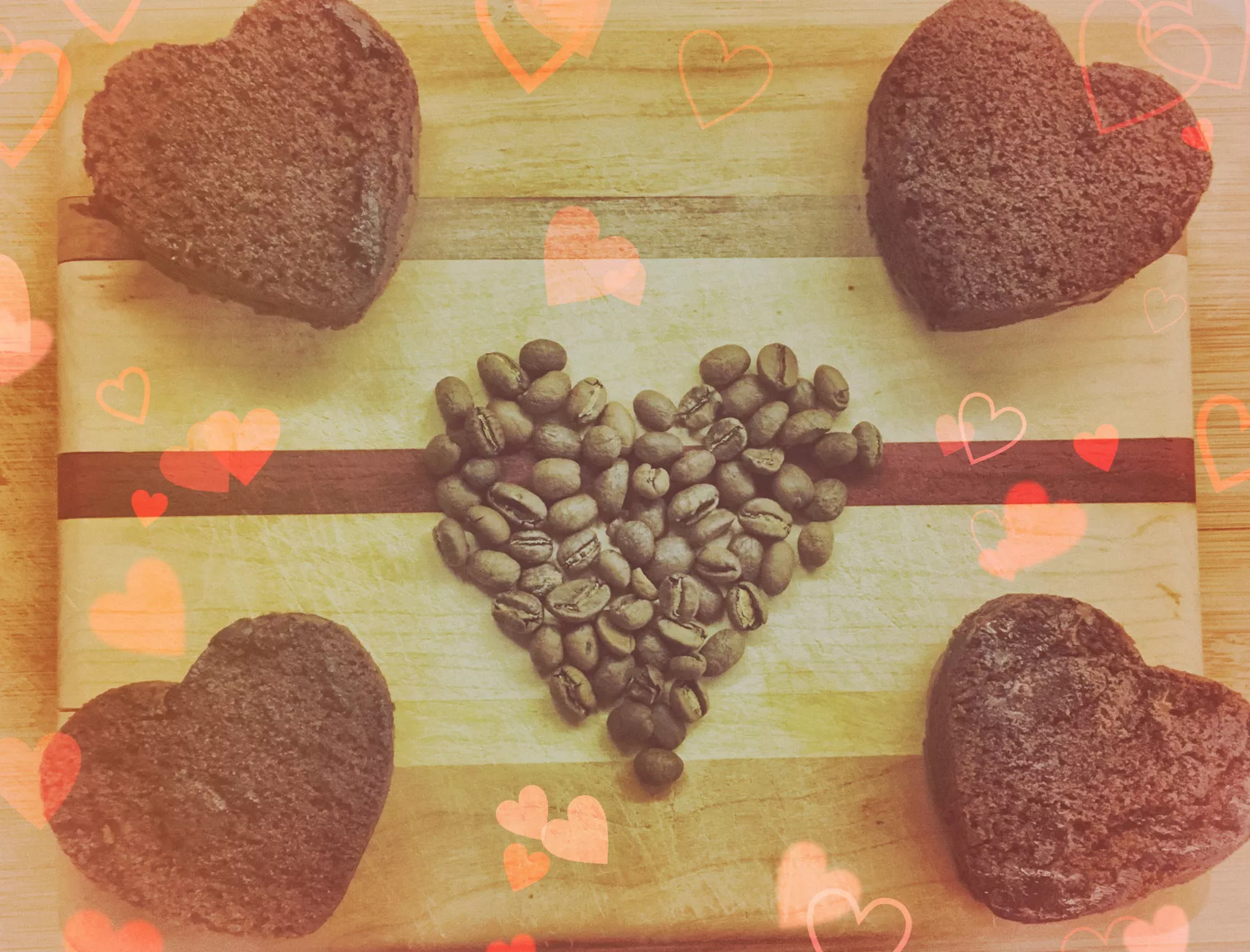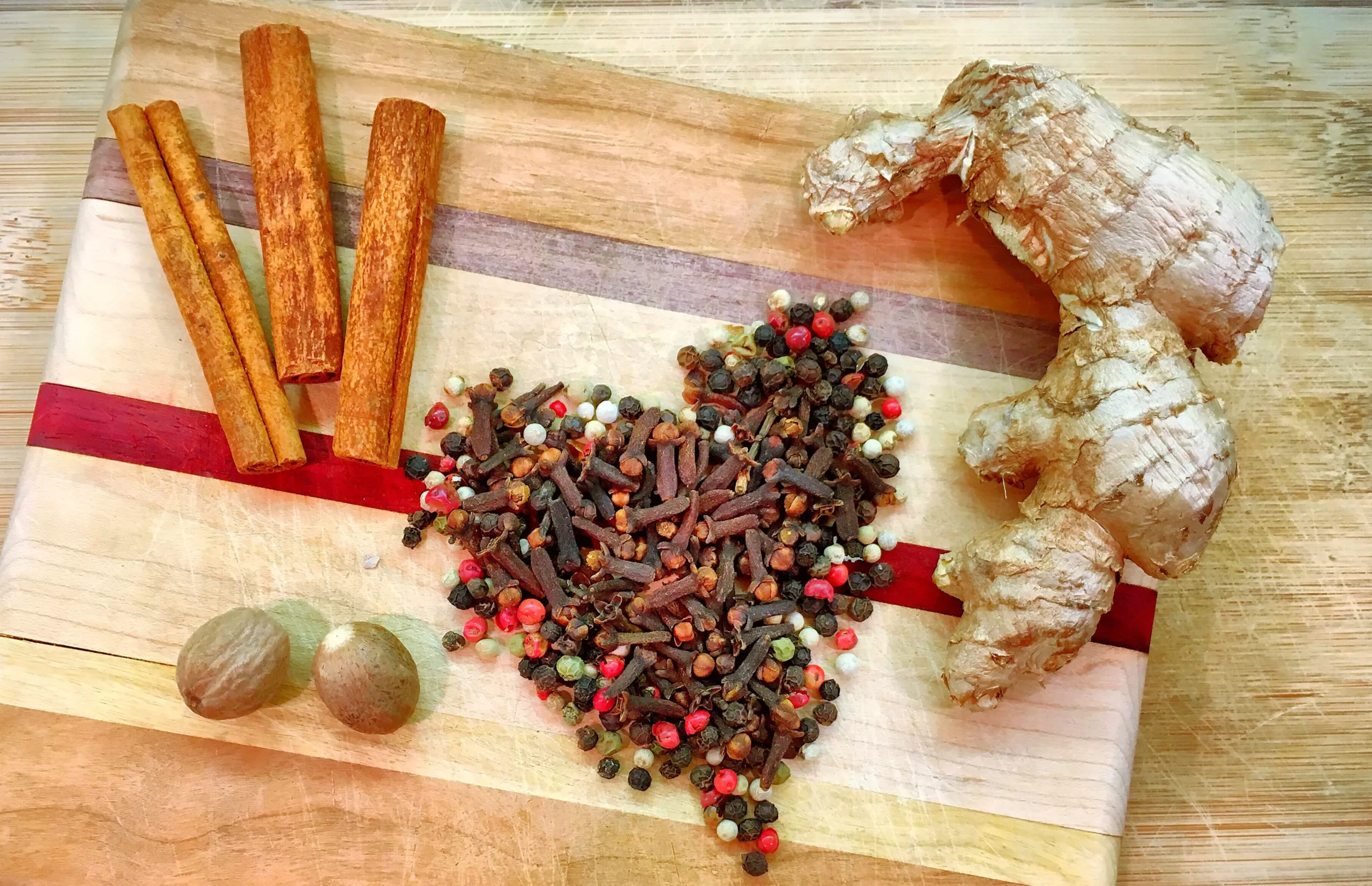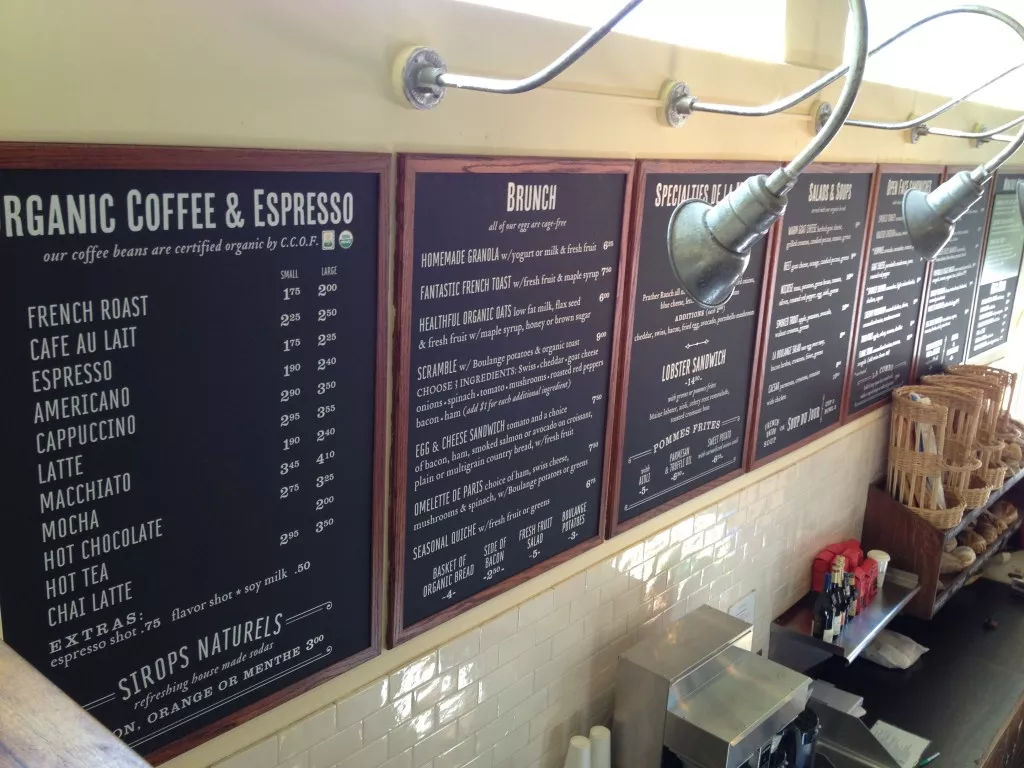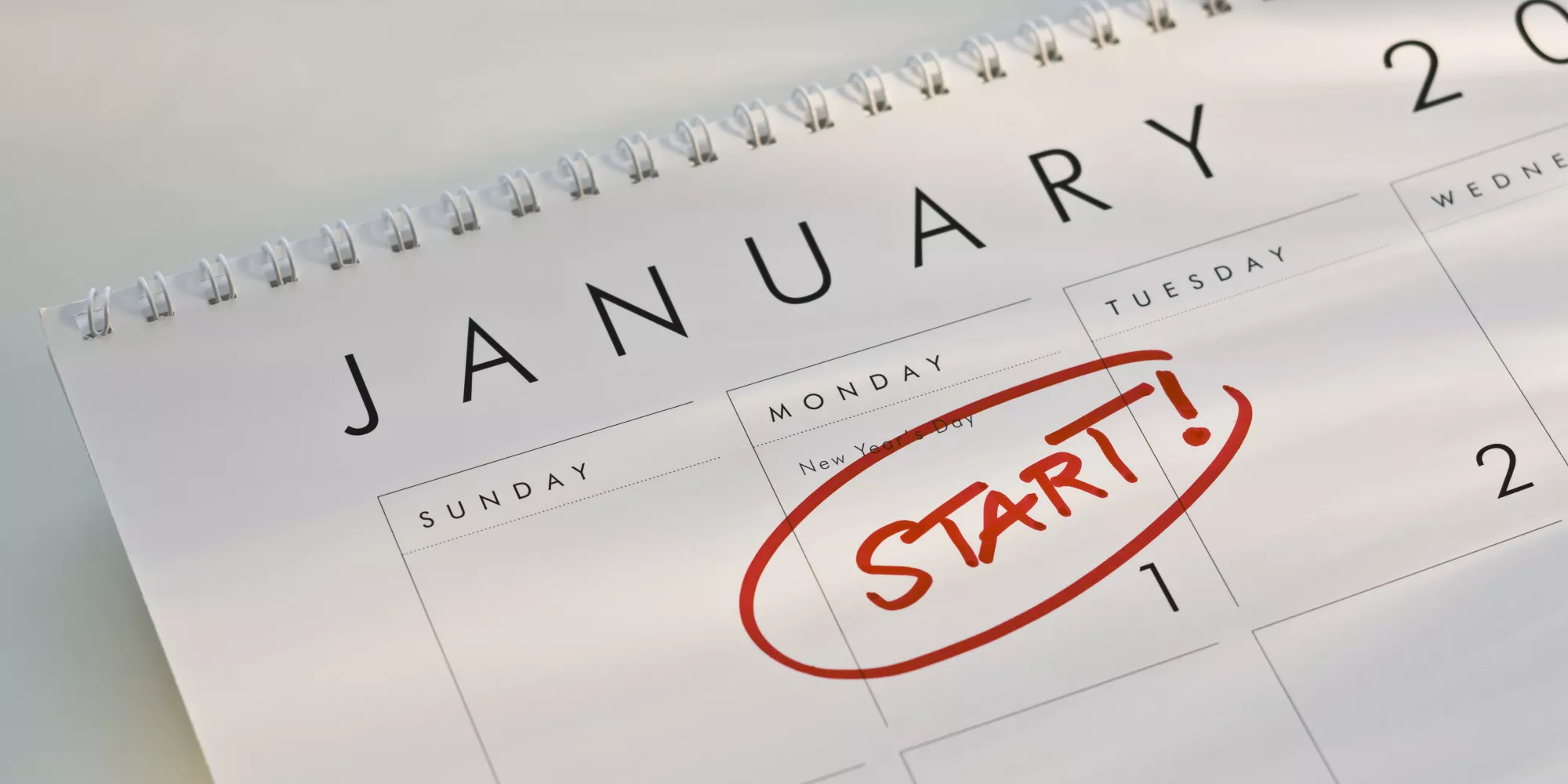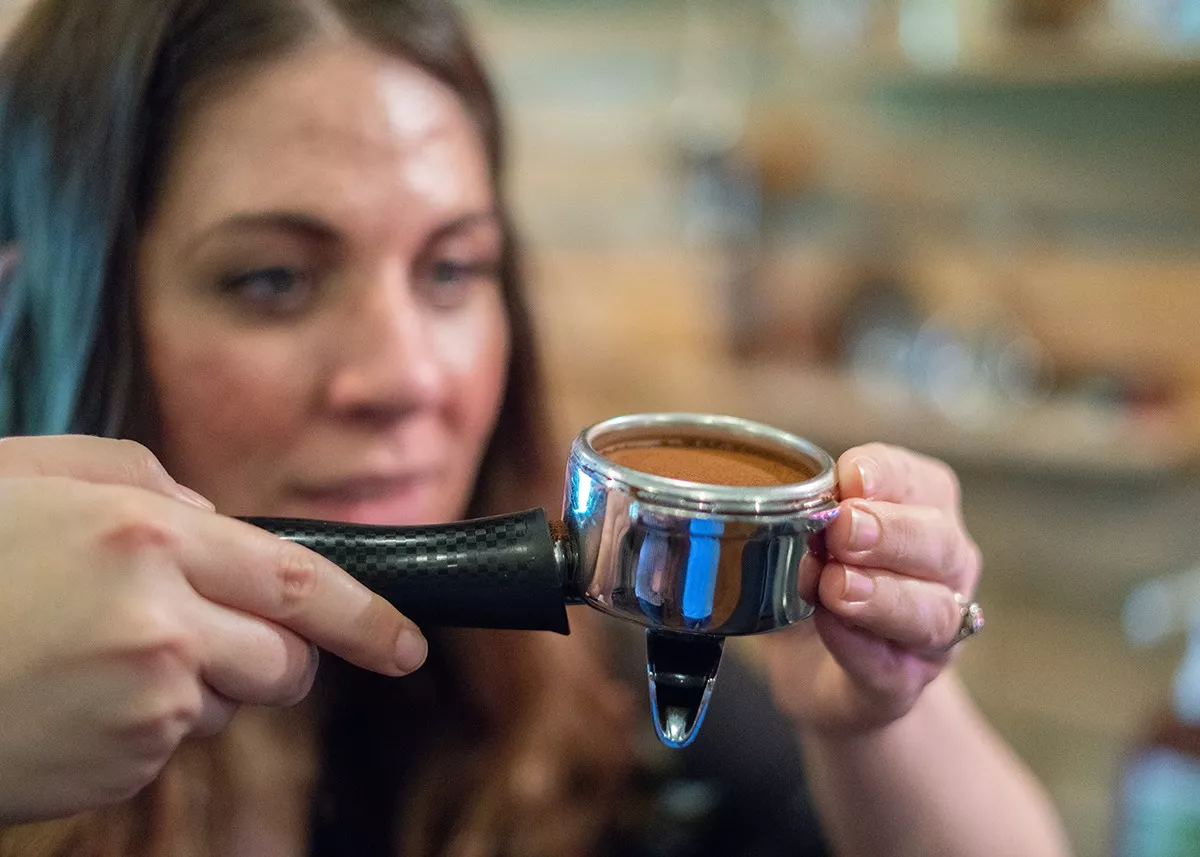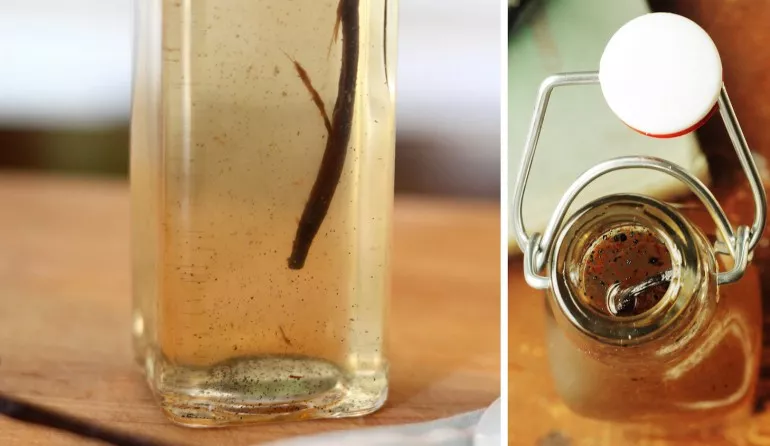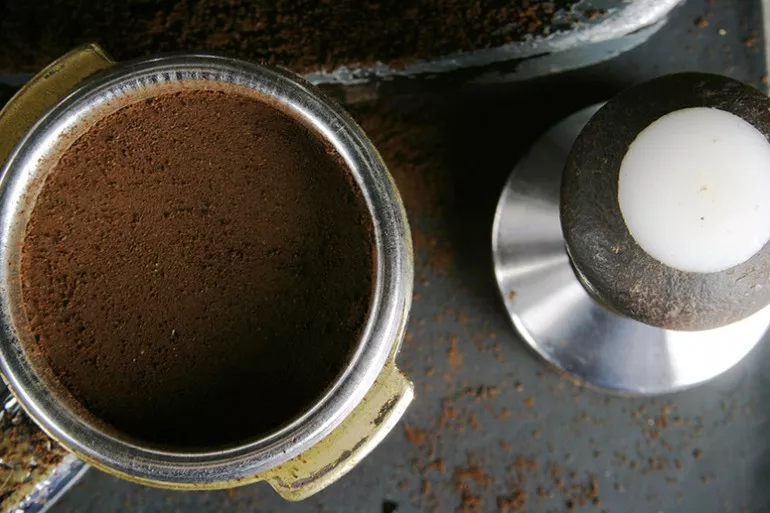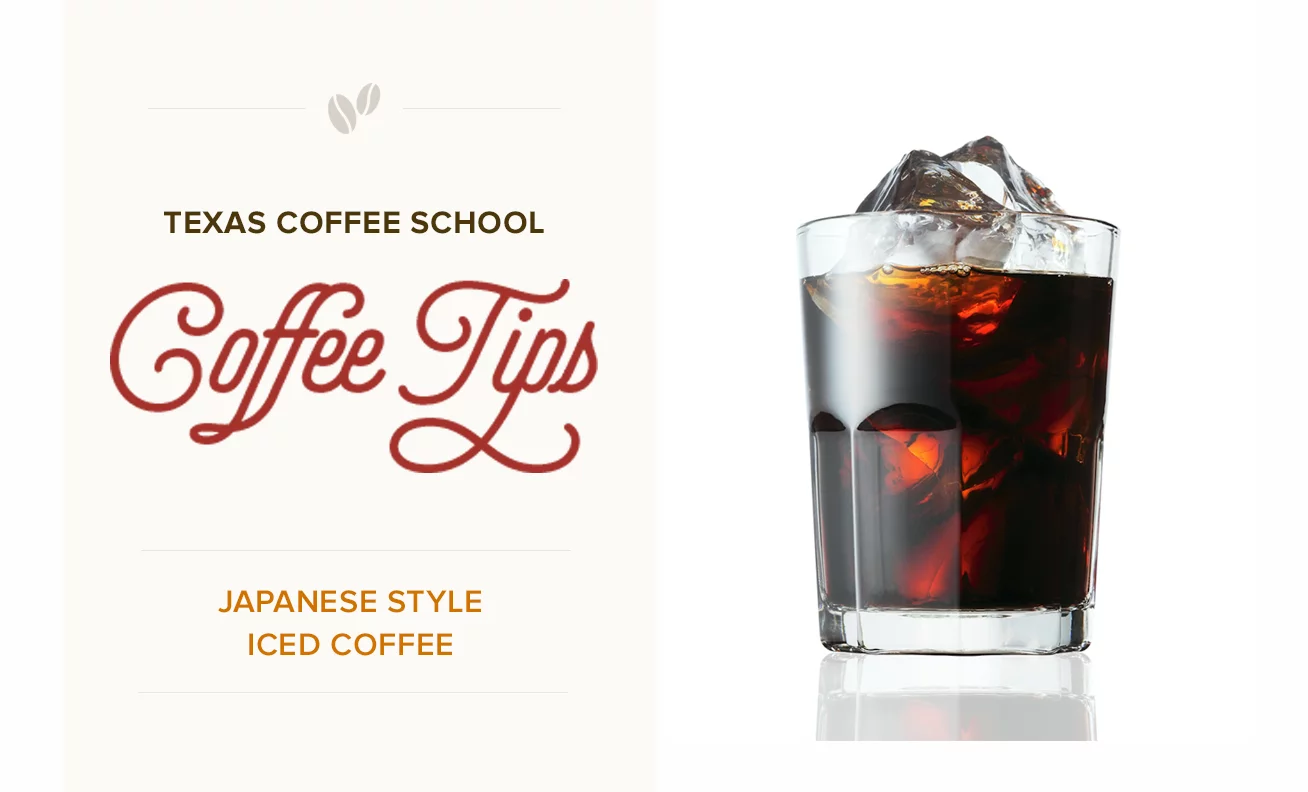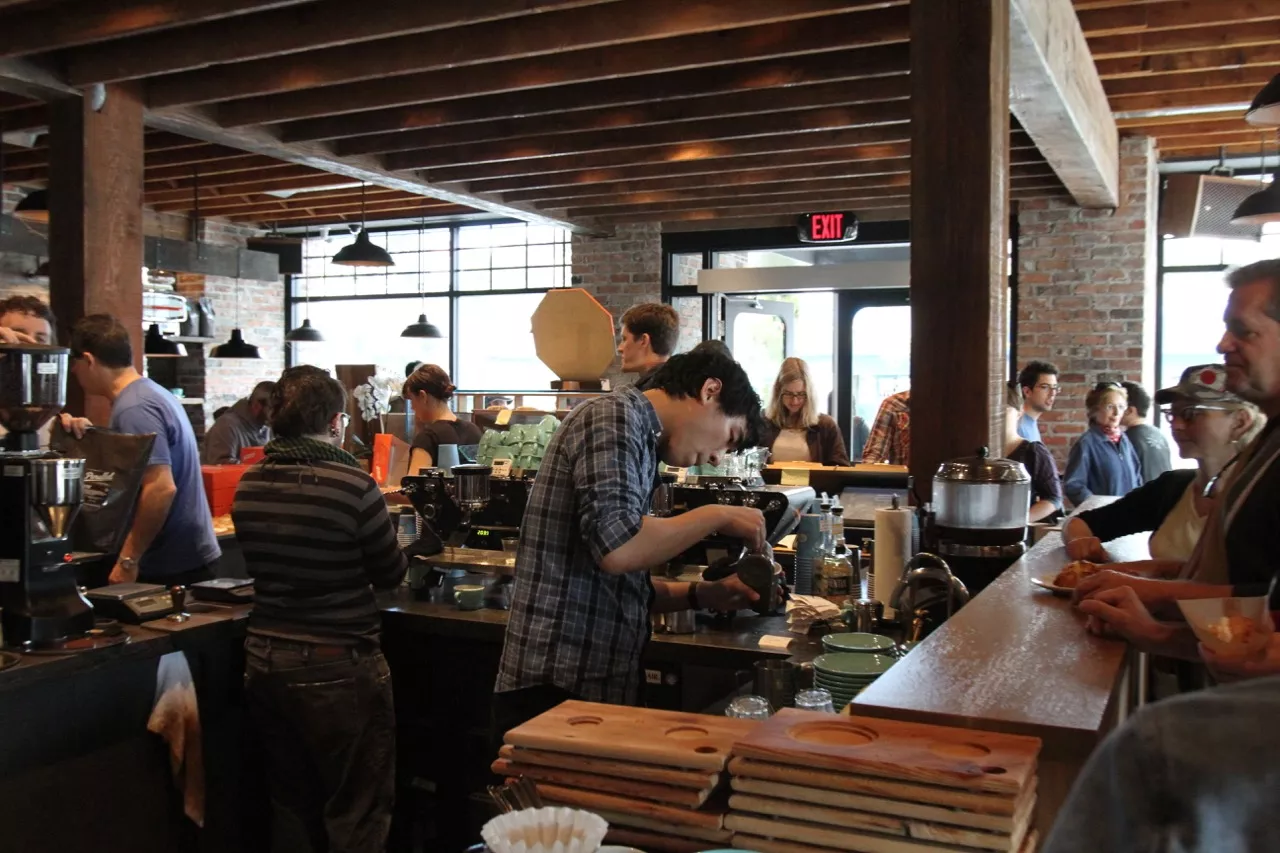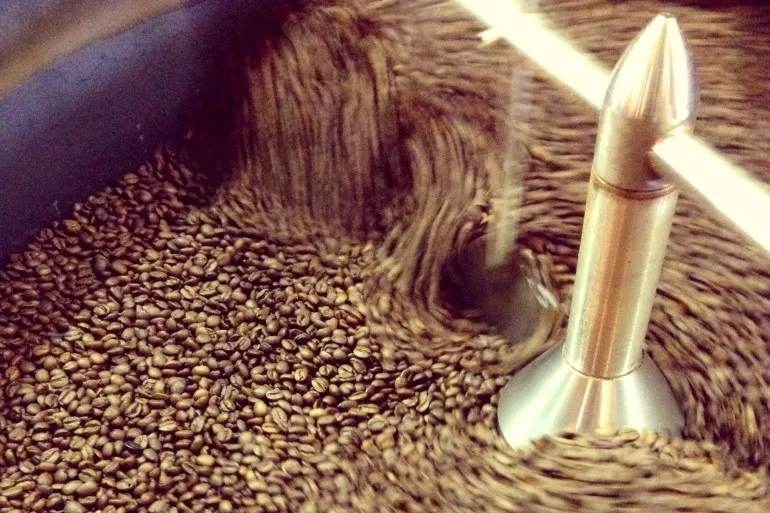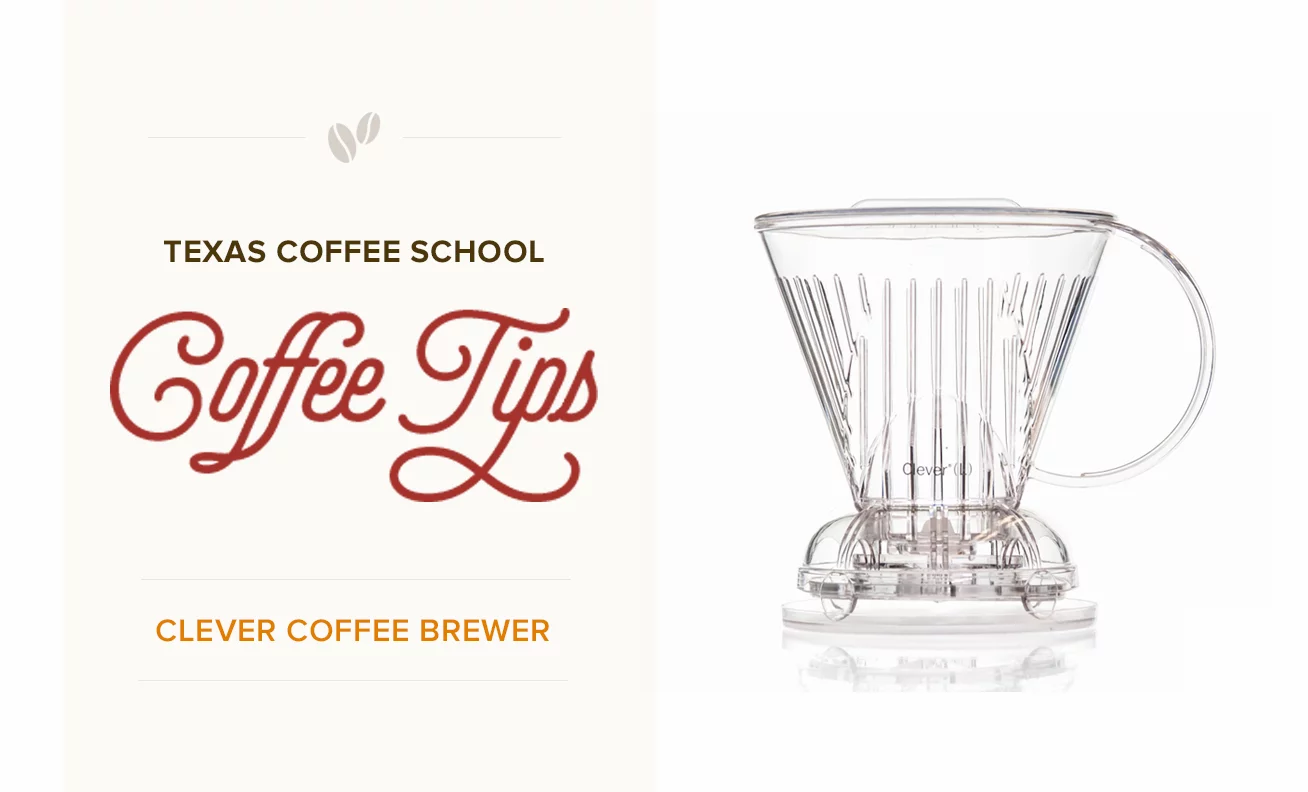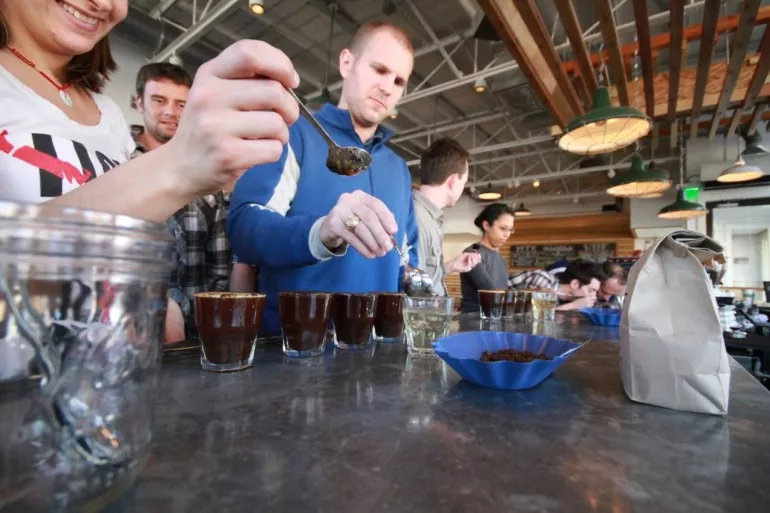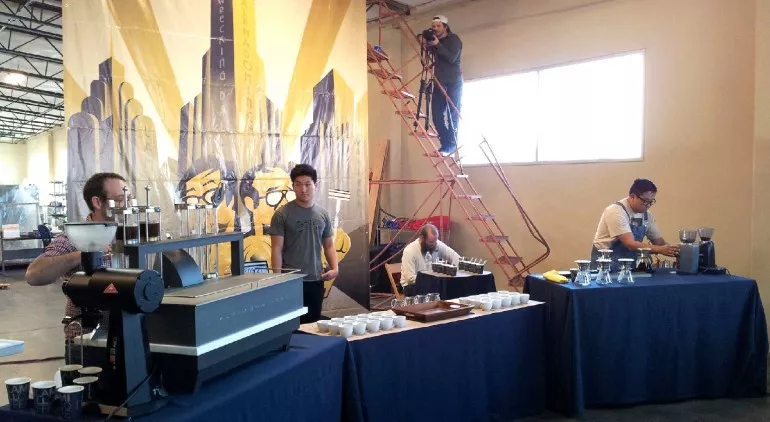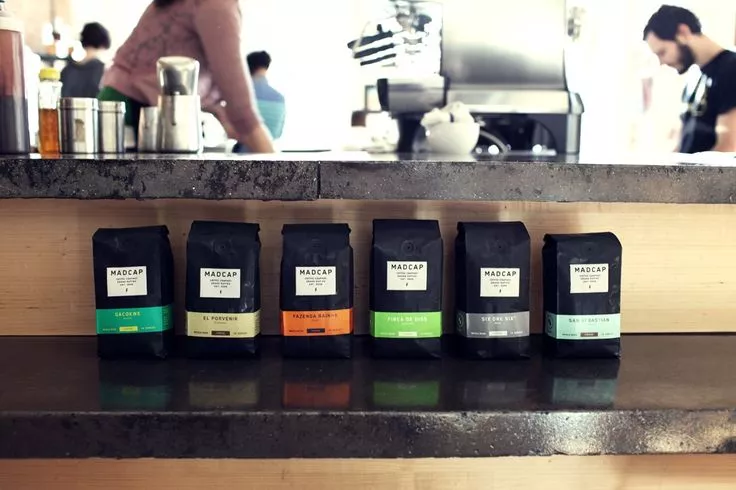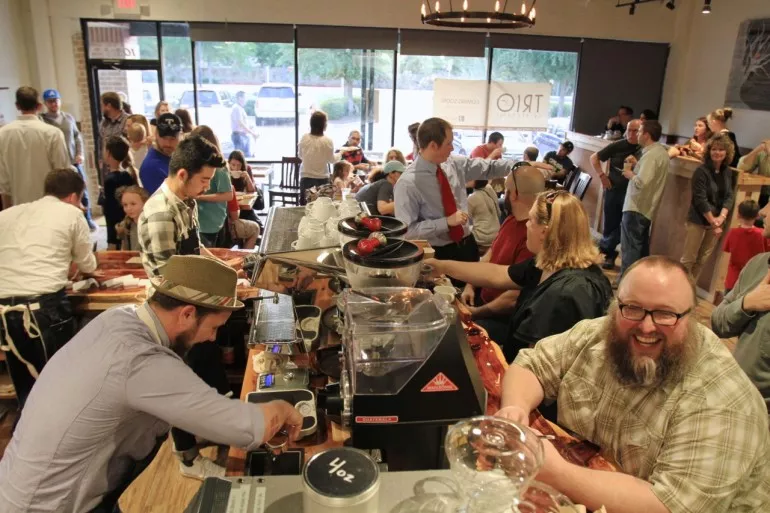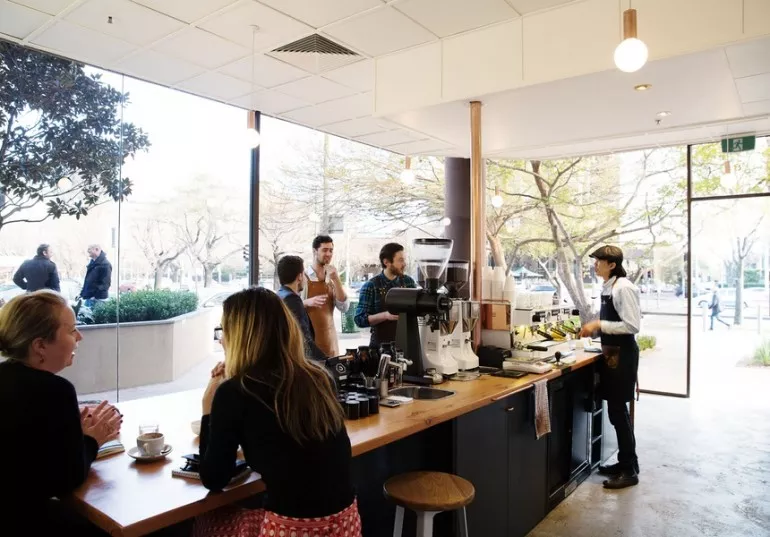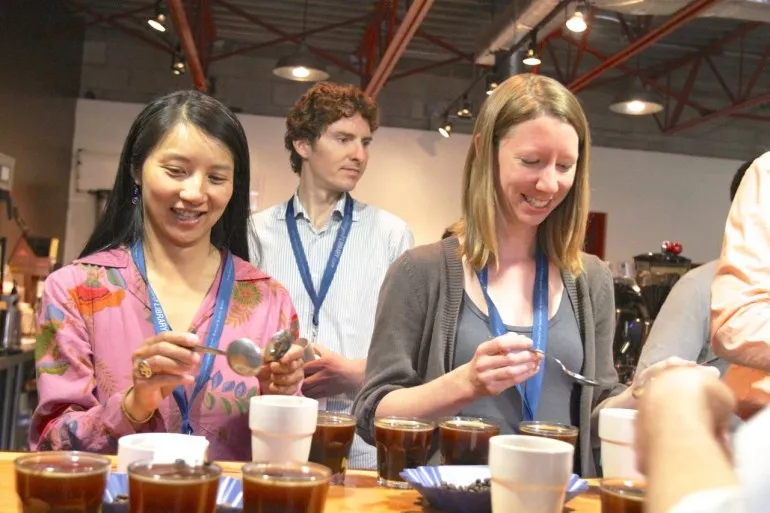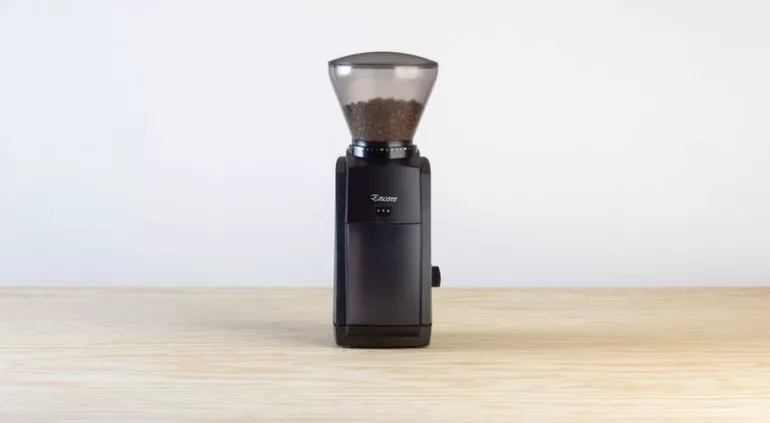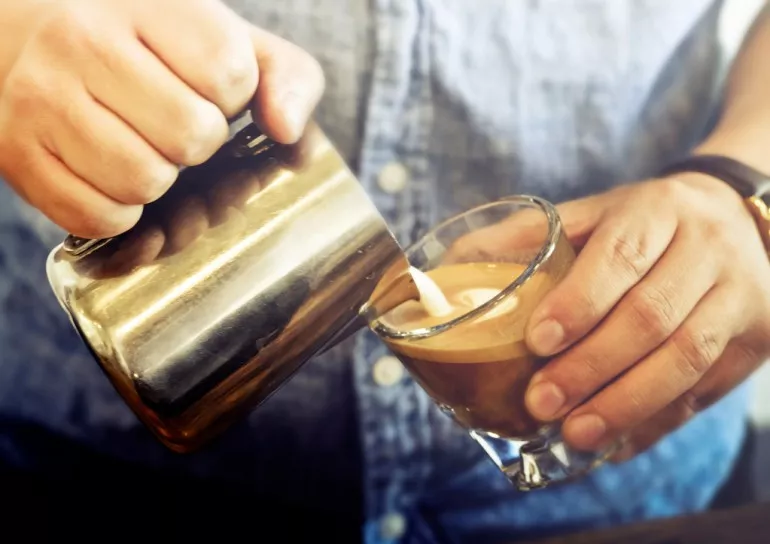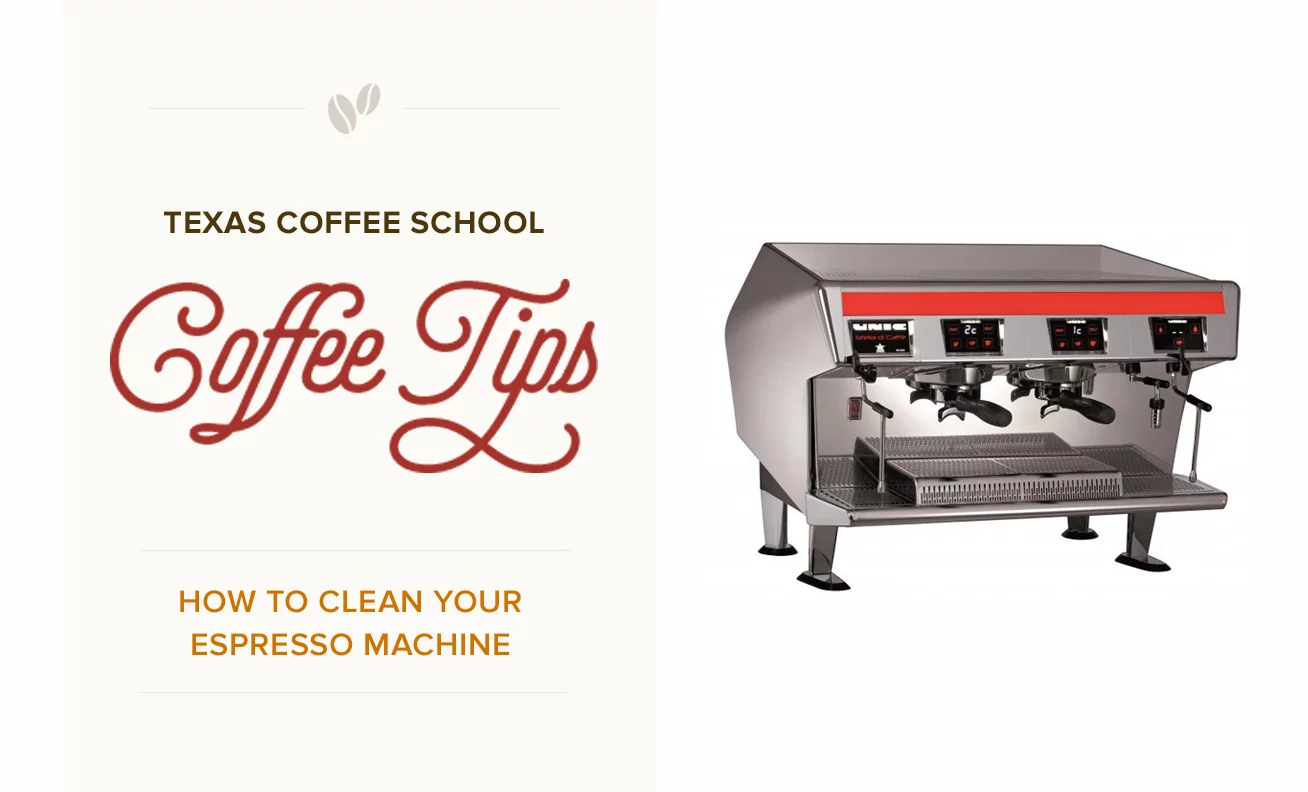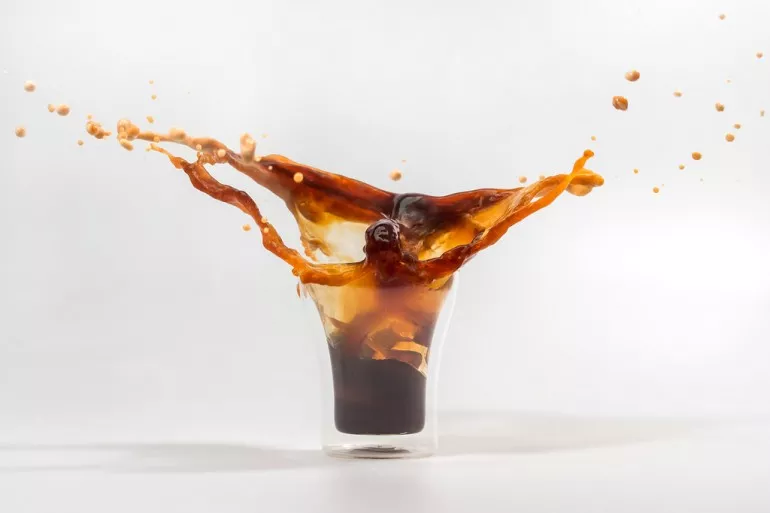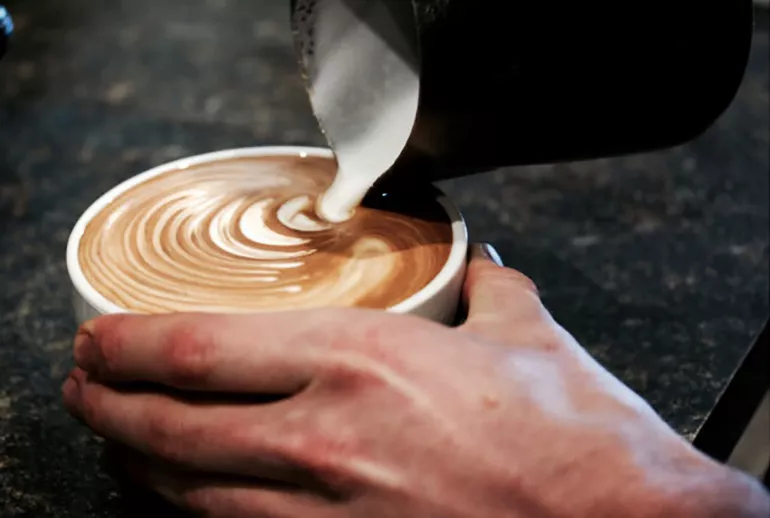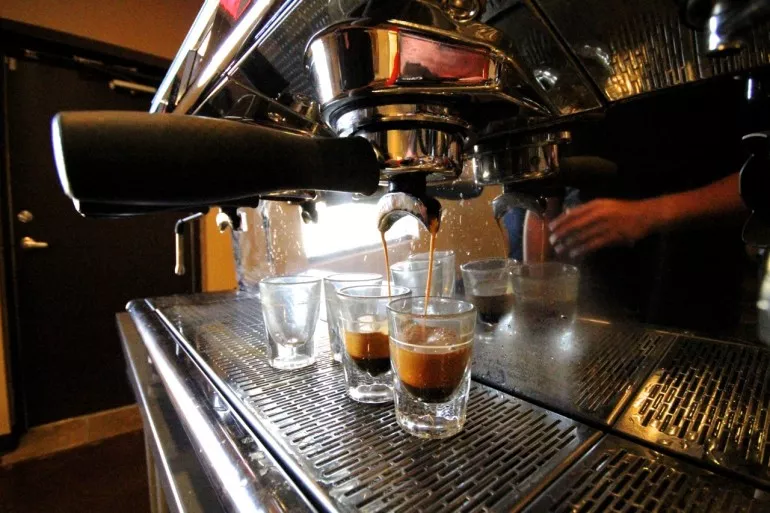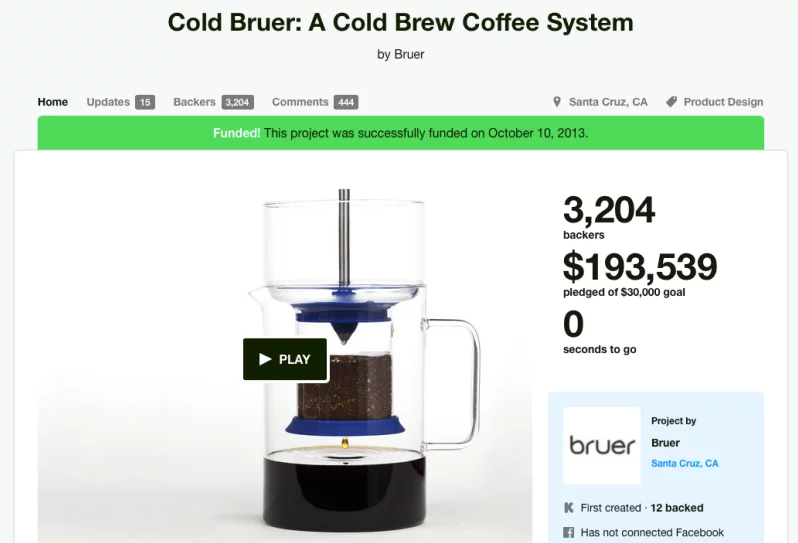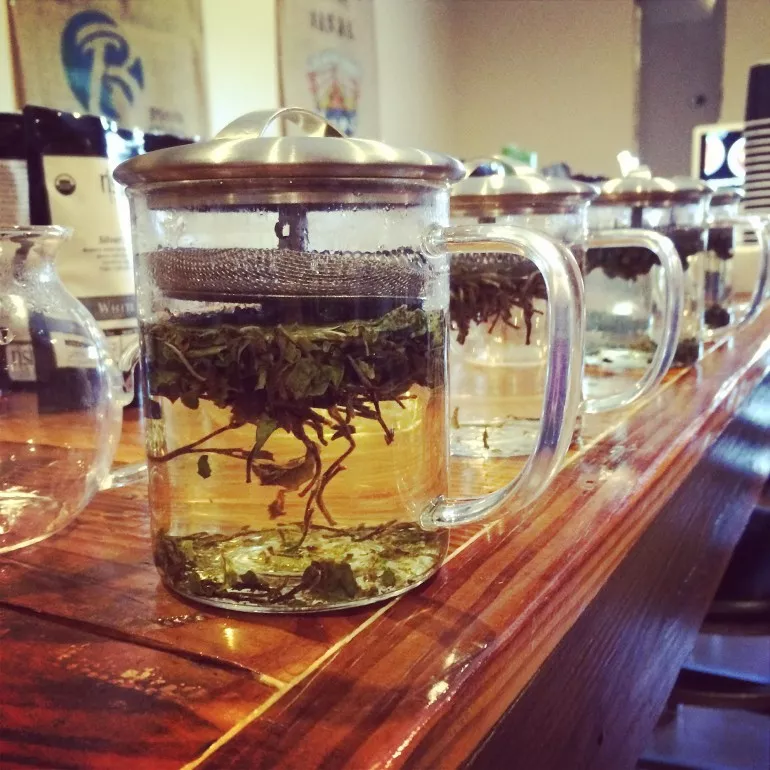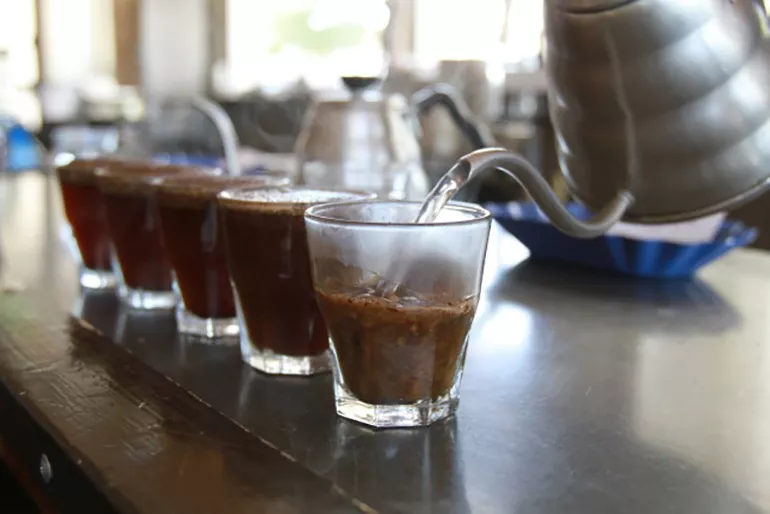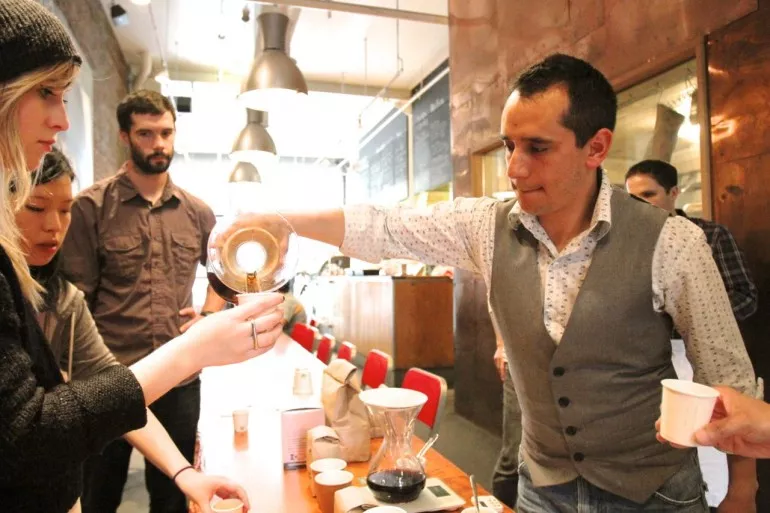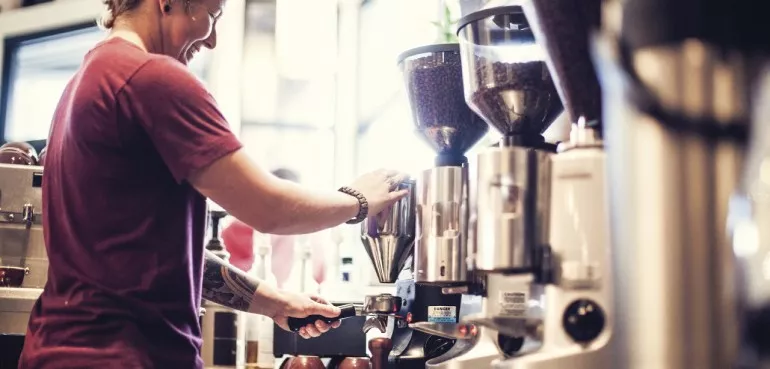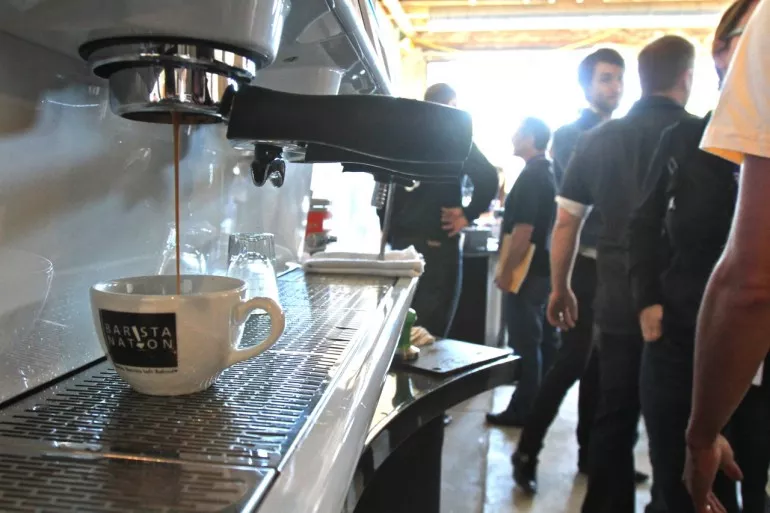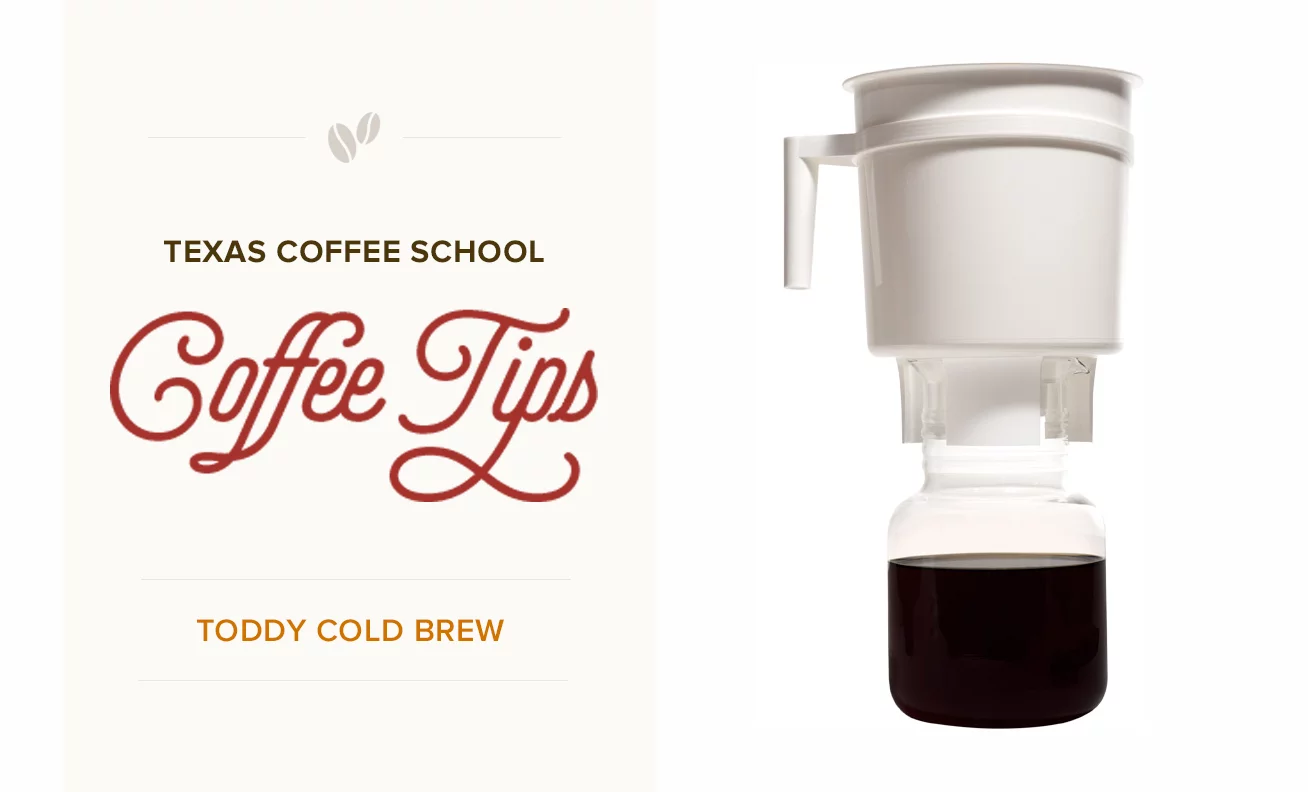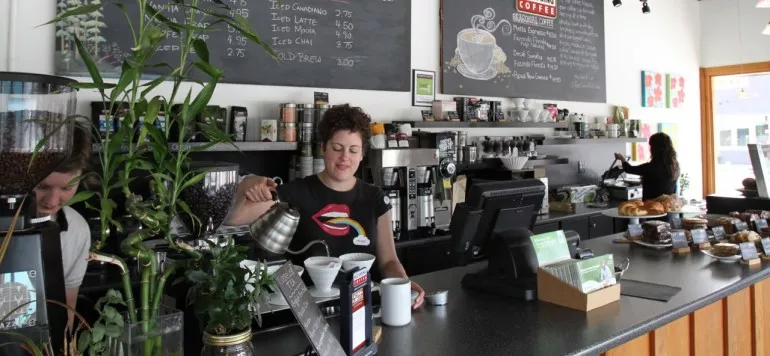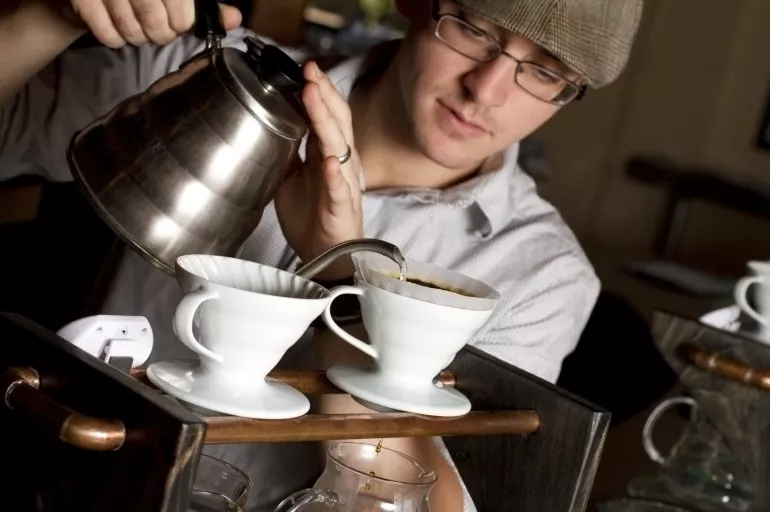
Everyday Barista Training
When people say they are “in training,” they mean that they are practicing or learning a set of skills with their eyes on a specific goal. They may be in training for a marathon, in technical training on a new system at work, or in obedience training with a new puppy. Sometimes a coffee shop approaches training the same way. Give a prospective barista a week, or perhaps two weeks, of training, then leave them behind the counter to make consistent beverages the way they were taught to make them for the rest of their tenure. And there’s the flaw. The specific goal of their training is consistency and quality for the entirety of their time in the coffee house. However consistency requires regular checks and feedback with continual tweaks and adjustments. In short, barista training never ends because consistency and quality are not static goals.
Creating a Long Term Barista Training Environment
So how do you create a long term barista training environment in the coffee shop? One of the first and most important habits that must be standard for any effective barista is one of the simplest. Taste your coffee. This does not mean making yourself your favorite cappuccino every day and sipping it. Cup (taste) the drip coffee. Pull a shot of espresso. Sample a Chemex. Every day do a quality check on your beverages by making sure they taste their best. This may seem like a waste to the coffee business owner, but it can actually increase profitability rather than eat it away. Coffee is such a delicate and sensitive thing. A humid day, a change in temperature, beans roasted five days ago verses twelve can all have significant effects on beverage flavor. Understanding how to properly identify and control variables while being empowered to make adjustments as necessary for best results can keep beverages tasting great, and can keep guests coming through the door feeling confident they are going to have a great coffee experience.
Example. Batch brewed drip coffee. A shop sells cup after cup first thing in the morning, and yet the baristas often never taste it. If something is off, every one of those guests took a bad cup of coffee with them on their commute. If it happens more than once, those guests will likely find a new coffee shop (assuming they even give your coffee shop a second chance). They may even mention their bad experience to others. Since batch brewed drip coffee is one of the most profitable items on any coffee shop’s menu, the financial repercussions can be far more significant than the cost of encouraging baristas to sample throughout the day. Problems with equipment or a specific programmed brew recipe show up in the resulting taste of the coffee before it becomes apparent operationally. An early adjustment is far less expensive than a major repair, or loss of customer in the long run.
Another advantage to periodic quality checks through coffee tastings is the often instinctive peer training that is part of a long term barista training model in the coffee shop. A healthy coffee shop dynamic includes baristas who are passionate about their coffee and comfortable giving and taking feedback among their peers. It is often as simple as “great shot” or “you may want to check the parameters,” but it is sought after and valued. When a barista lives in an environment where everyone appreciates quality, they want to be a part of that environment. Often the hardest customers to please are fellow baristas, but they are also the most gratifying.
Be a Proactive Barista Trainer
Self evaluation and peer revue are facets of coffee shop culture that create a dynamically enthusiastic environment. However, it is important to seed it with specific individuals who will figurehead barista training more directly. Barista trainers are not the same as managers. They are experienced workers with an understanding both of coffee and of people. Barista trainers take a proactive role giving specific training and coaching when needed and they teach the team new recipes, techniques, or gather the group to taste and evaluate new coffees when they arrive. Barista trainers give one on one tips and feedback when they observe opportunities to do so. They must be able to identify a barista’s specific learning style. Do they need to listen to the trainer or perform the task with their own hands? Do they need to see it done or work through the logic behind why it’s done? A great trainer is comfortable using different techniques to communicate effectively with the individuals on the team.
It’s important that the role of the trainers be in no way nebulous. They need to know what is expected of them as a trainer. Even more so, the baristas in the shop need to know that these individuals are trainers with a specific set of responsibilities and the backing of the managerial staff. This position is one of structure, and that cannot happen without a firm understanding of where trainers fit in the chain of authority. If a trainer tells a barista to change the way they aerate, then that needs to happen. Its up to the trainer to present these instructions in an understandable and approachable fashion, and it is up to the managerial staff to respect and support trainer instruction.
Send your Barista
The final component of a sustainable barista training model is training off location. There are so many off-site opportunities to evolve as a barista and as a coffee shop team. Barista competitions, guest speakers, conventions, online communities, and coffee schools are all inspiring ways to grow in the craft. Coffee business owners need to encourage and support interactions in the greater coffee community. It is not working with competitors but rather connecting with a world of like minded people who want to improve and are glad to help one another. The vibrant environment of coffee lovers gathering for barista training is an asset to every shop.
While it is true that barista training is never truly complete, it is also true that it should not be a chore. Give your baristas the support, tools, and encouragement they need to continue to grow and train and you will have enthusiastic baristas who strive for consistency and perfection. Who wouldn’t want to buy coffee from them?
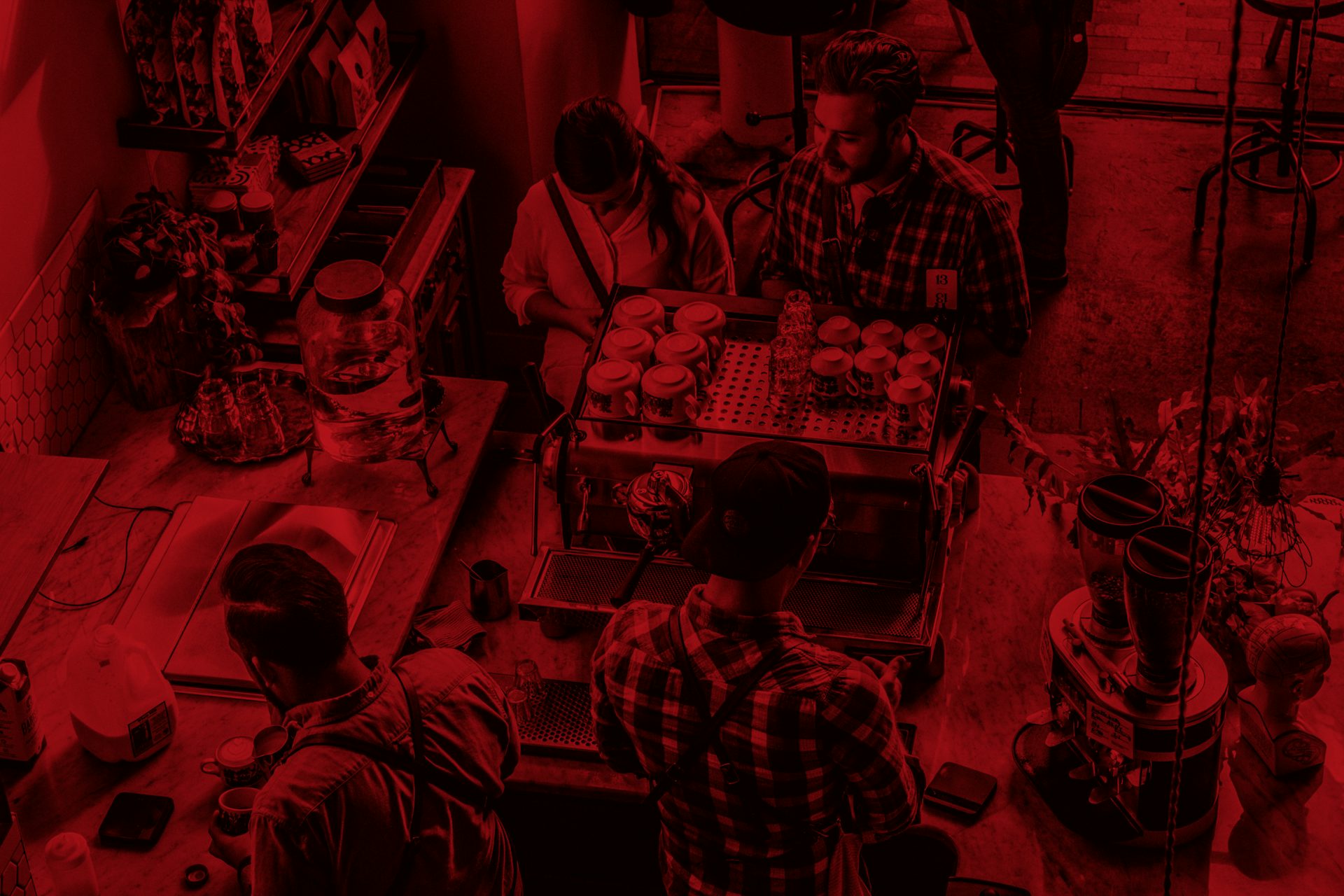
Register for a Coffee Class
The Best Coffee Training Available
We’ve helped hundreds of students successfully launch their own coffee shop businesses. Join us in our 5-Star Rated Coffee Classes, whether you’re an aspiring entrepreneur looking to open a coffee shop, a manager, a barista or home enthusiast looking to sharpen your skills.


